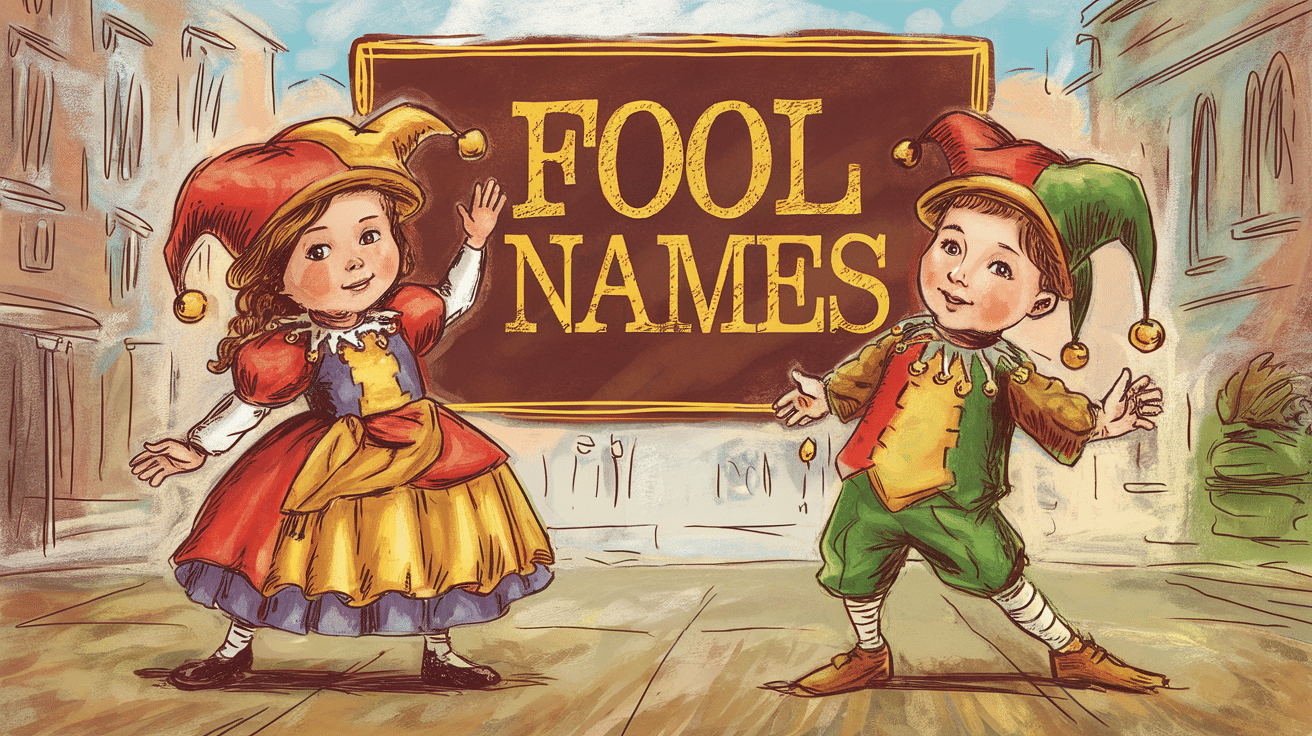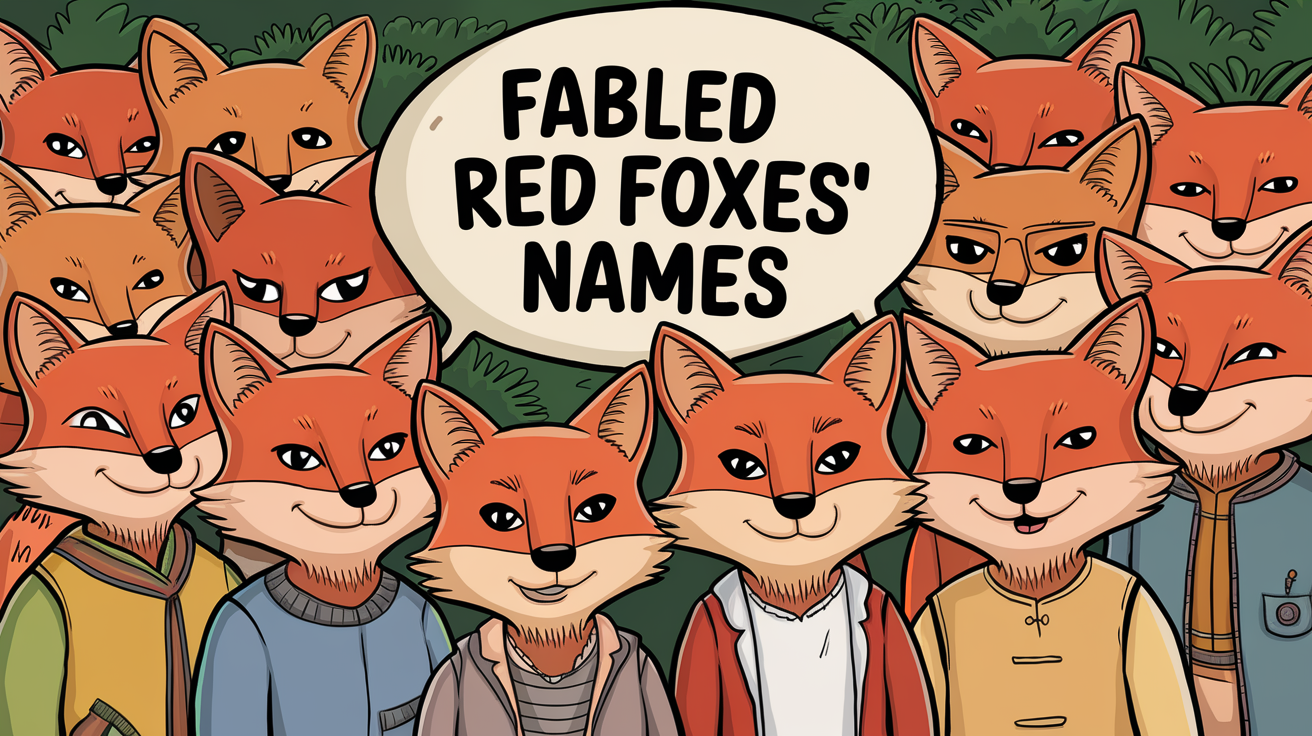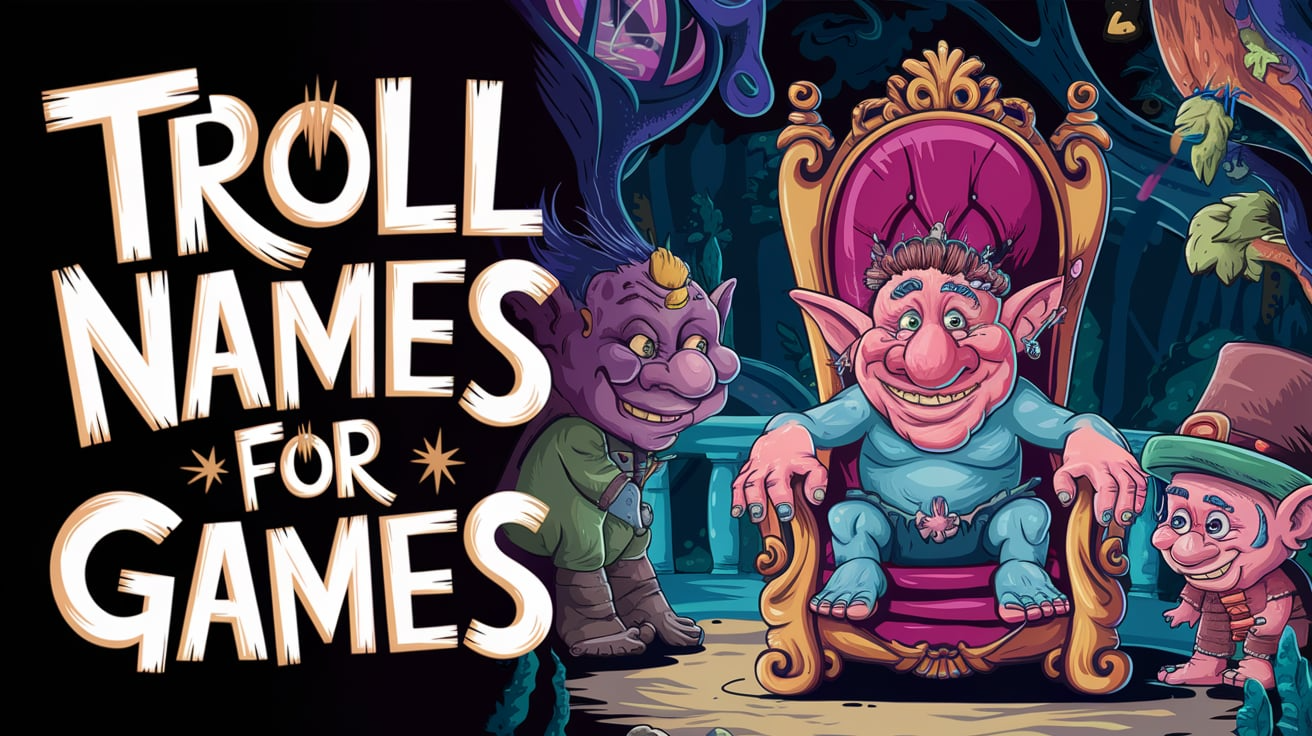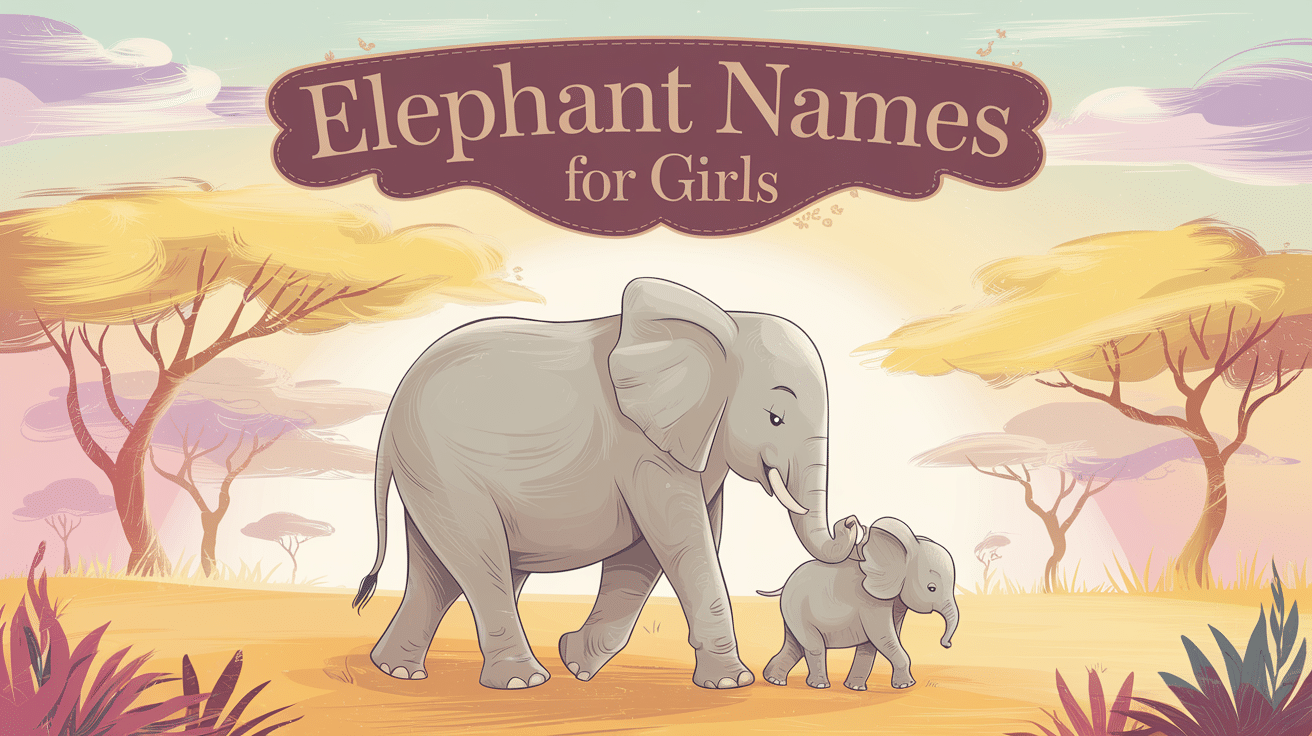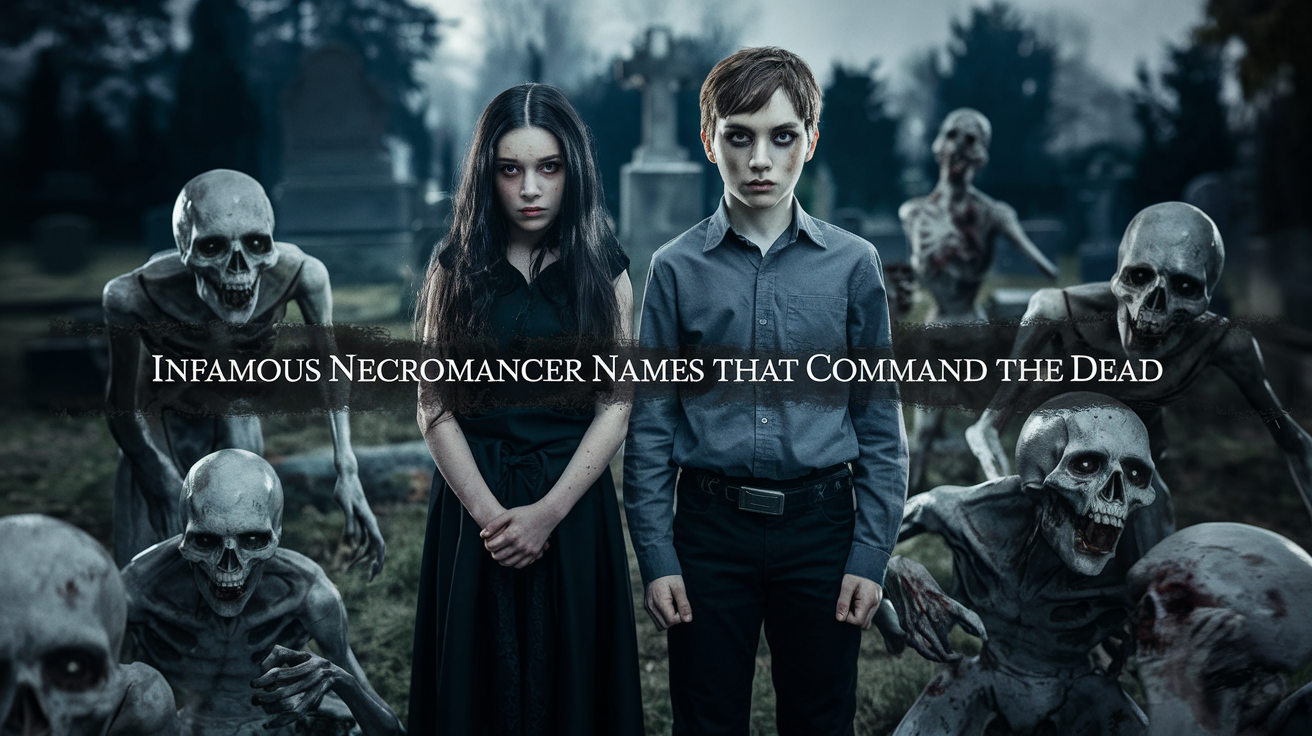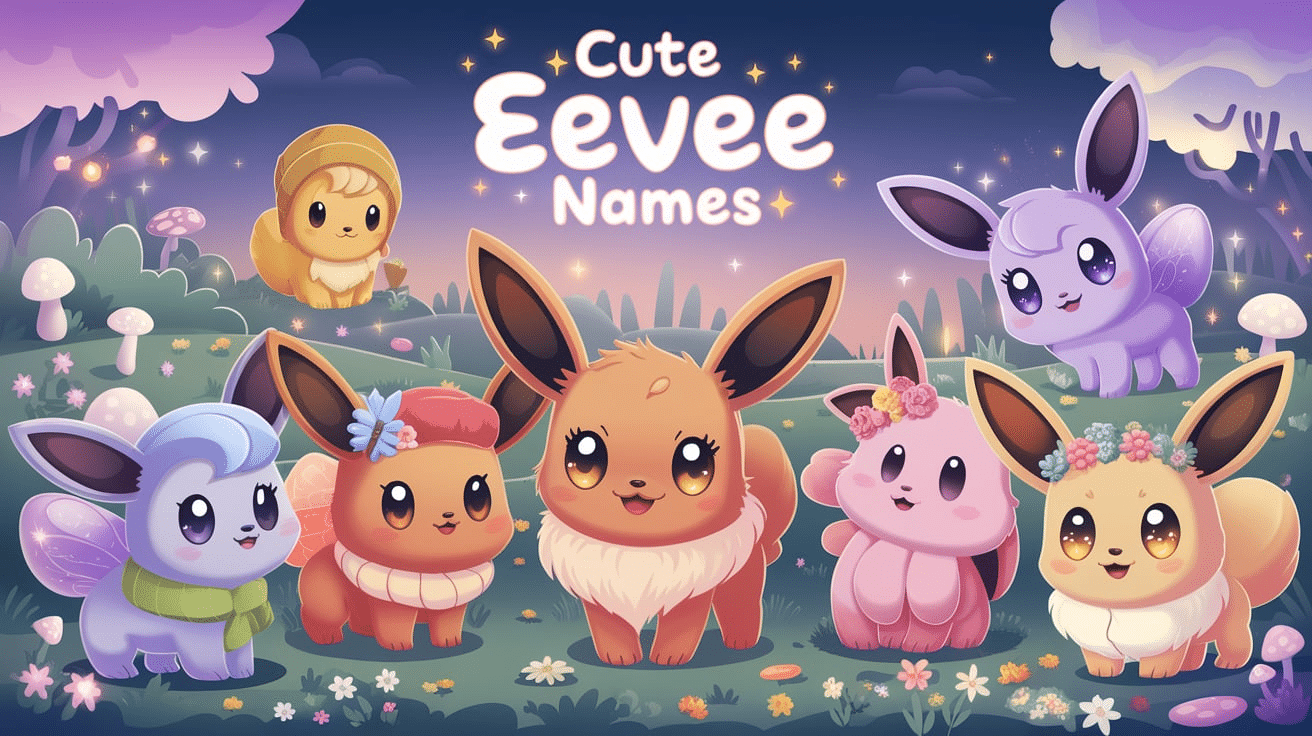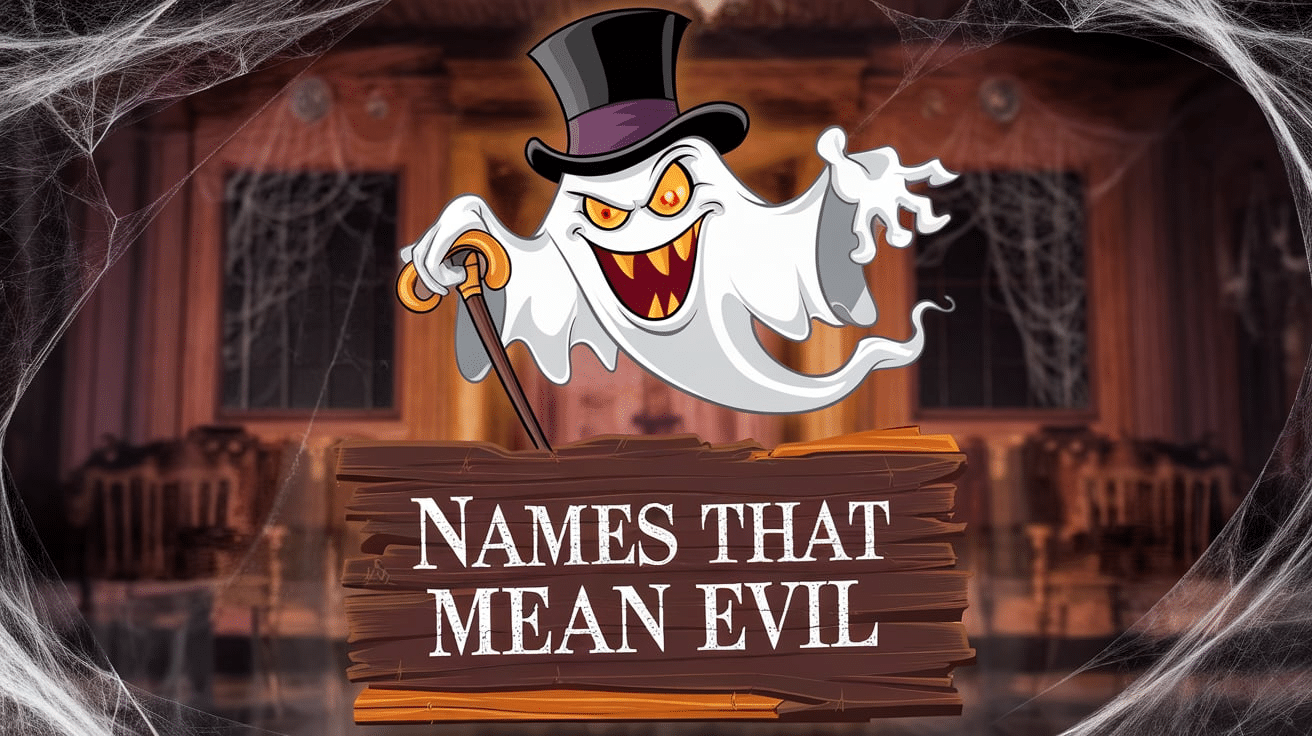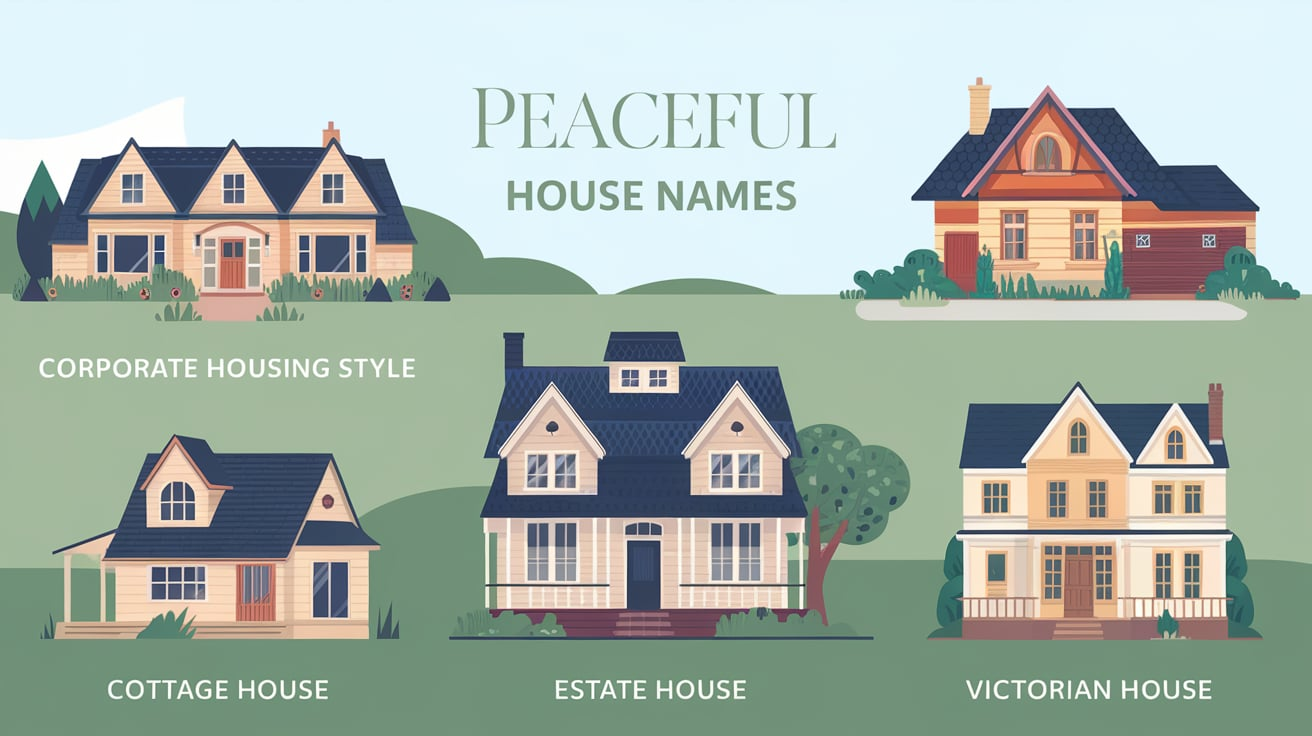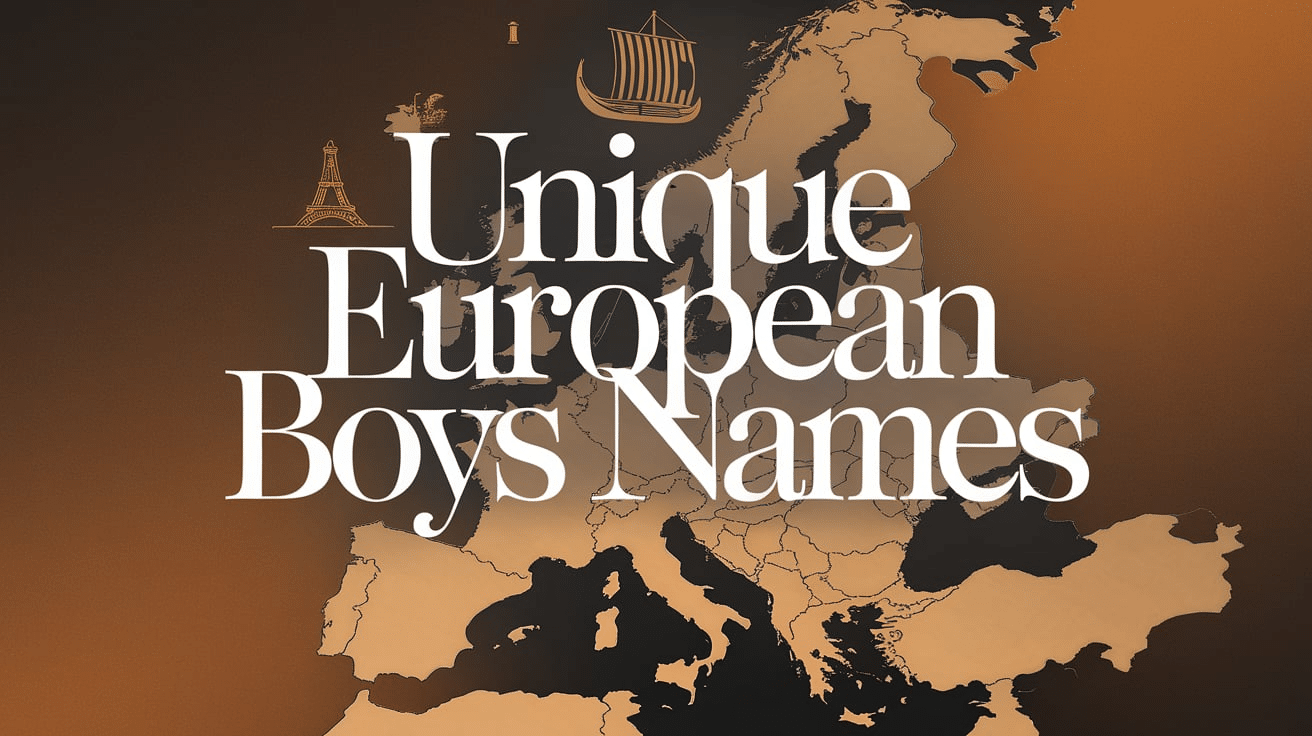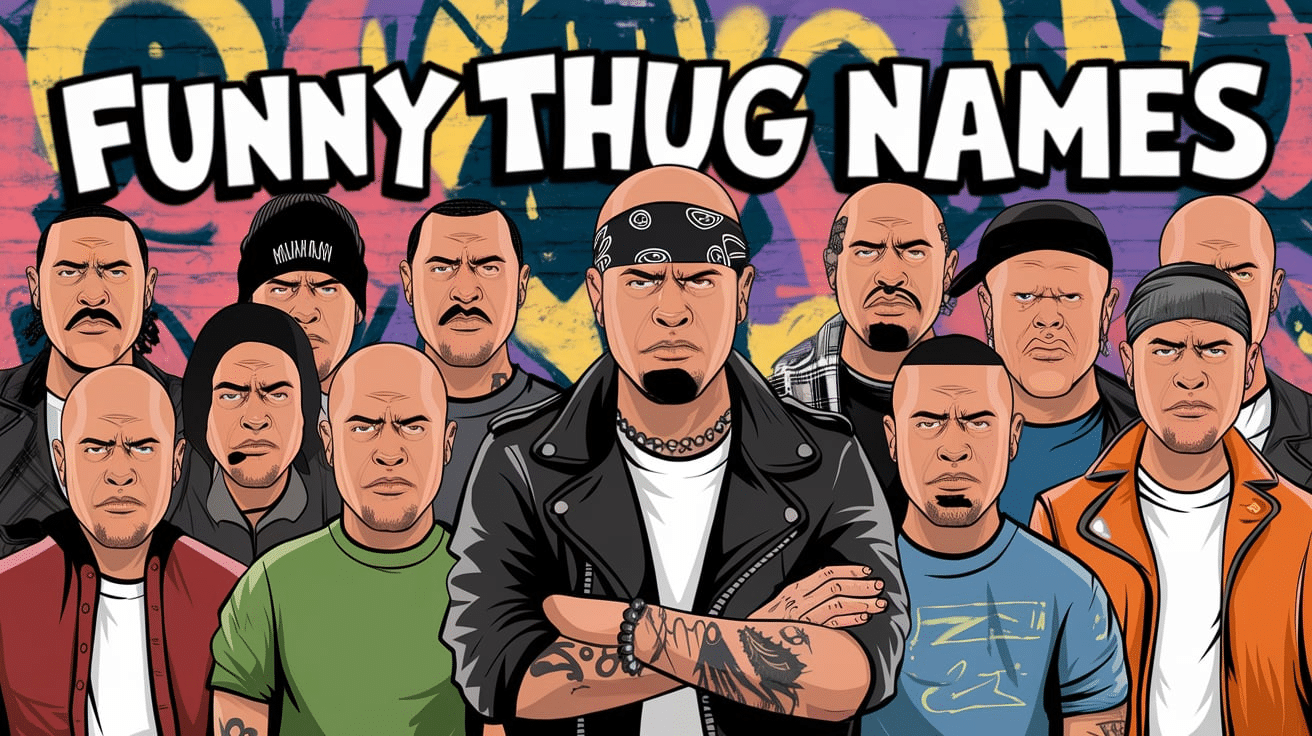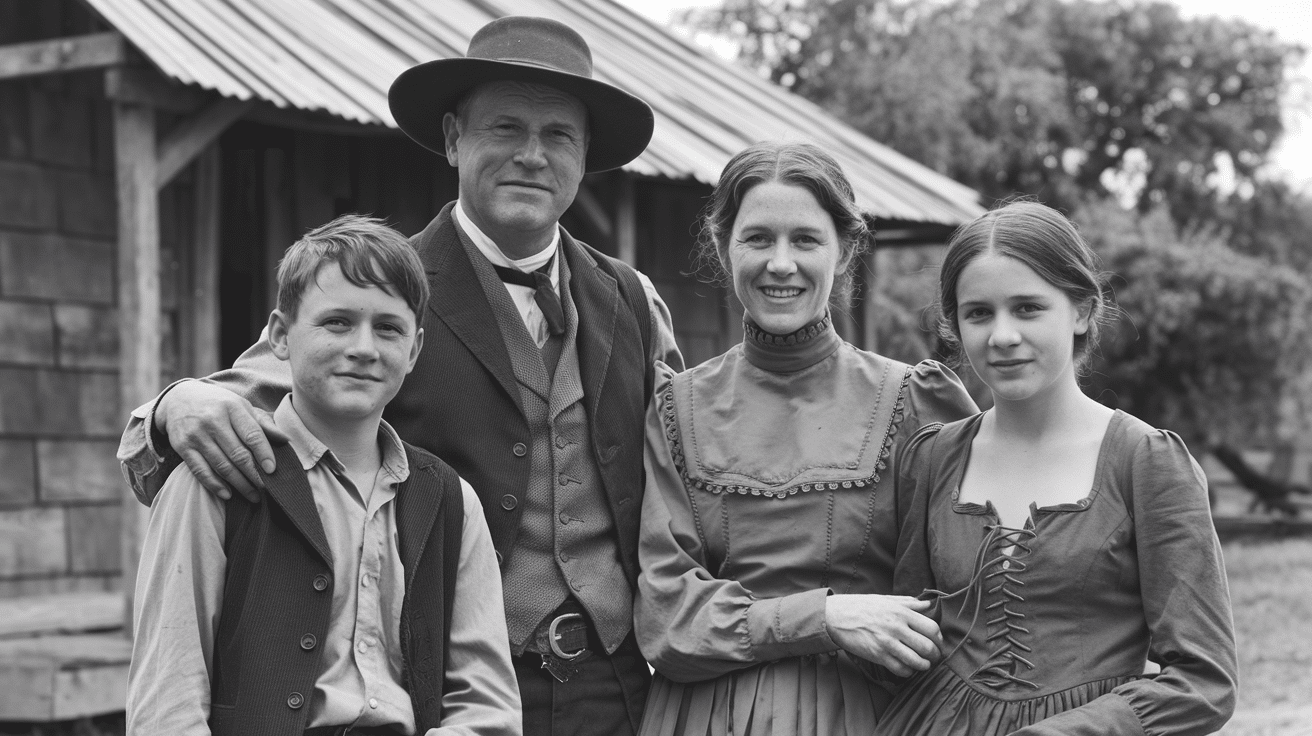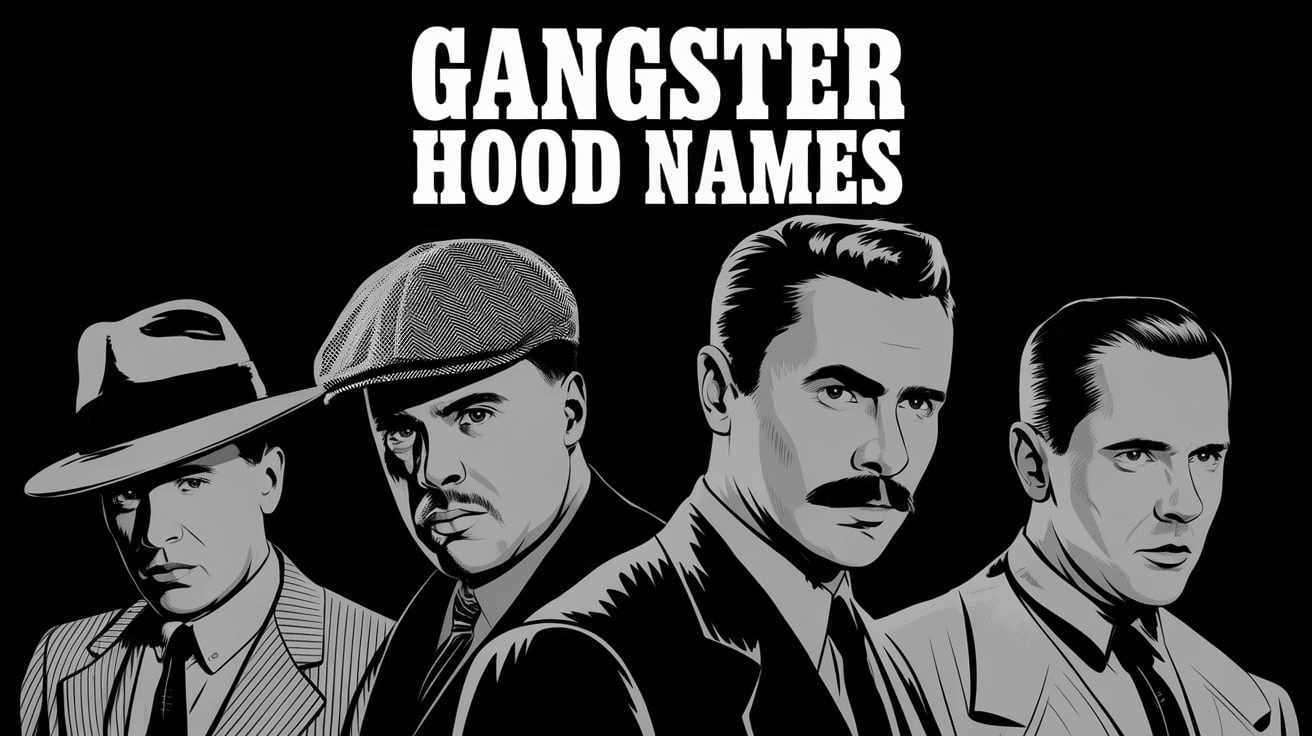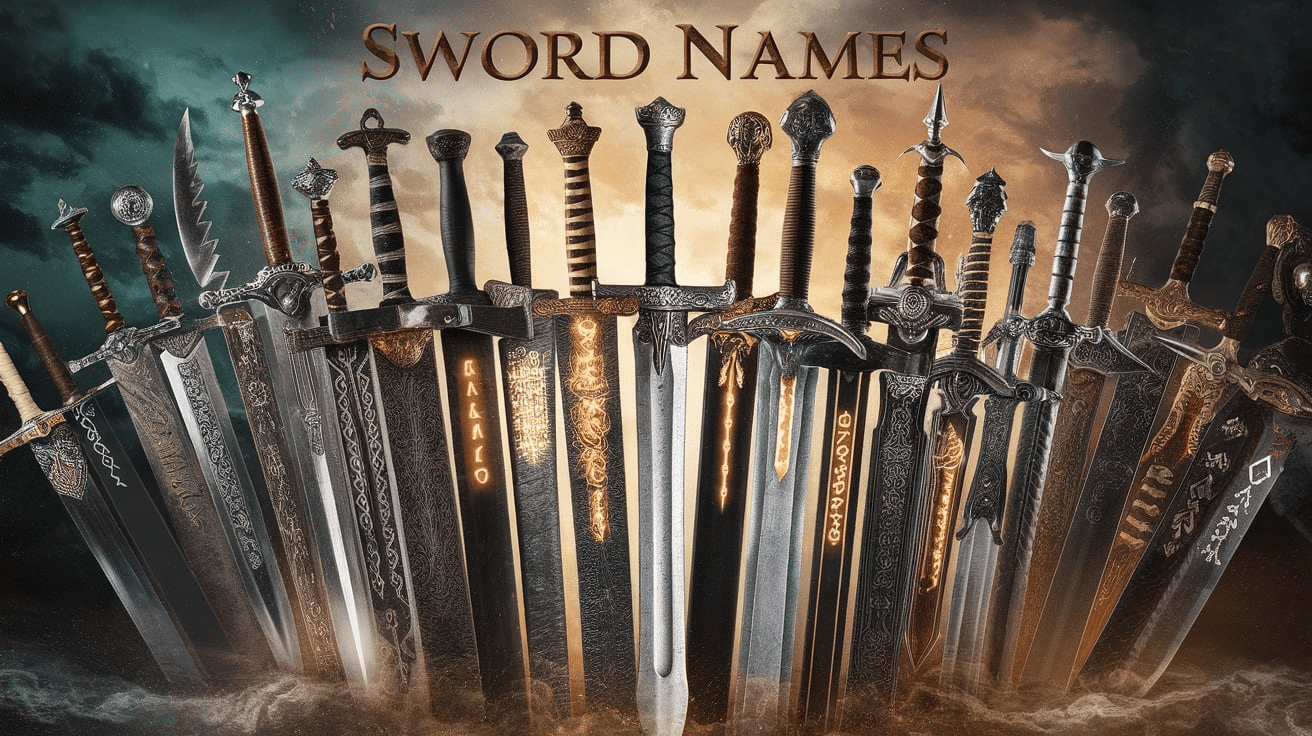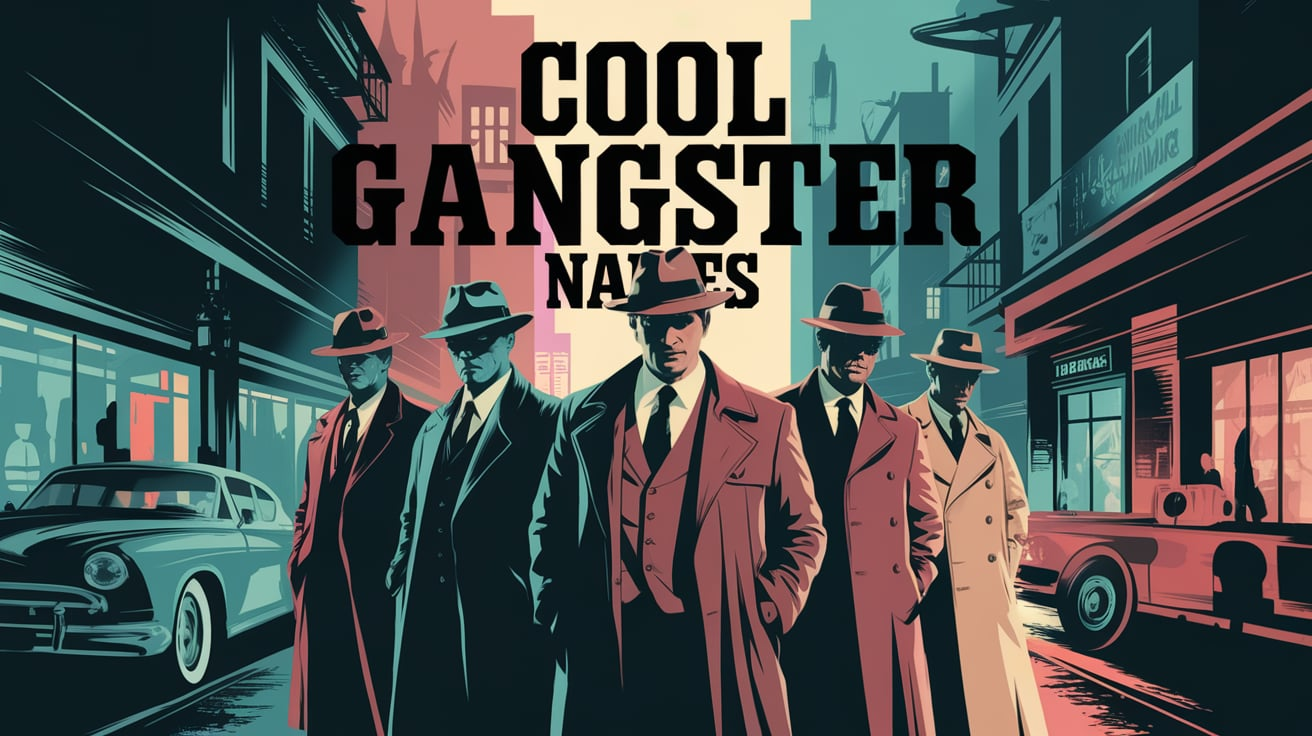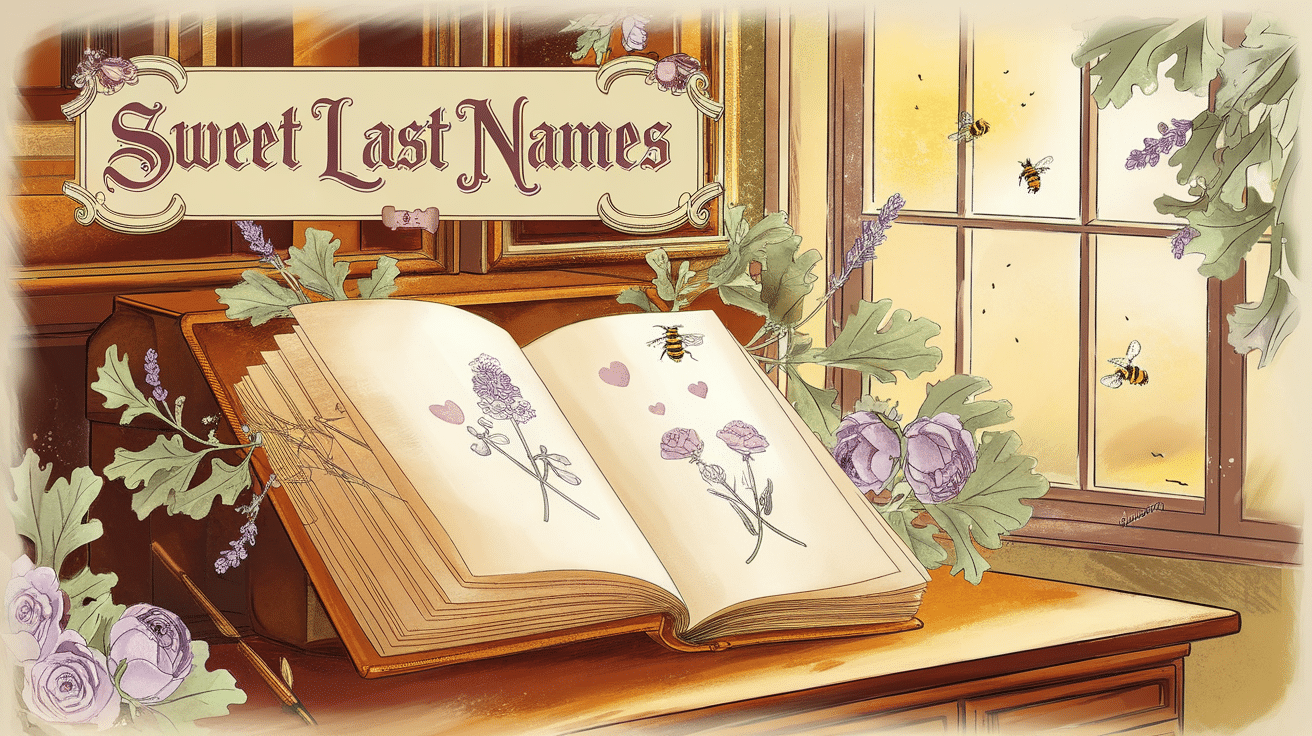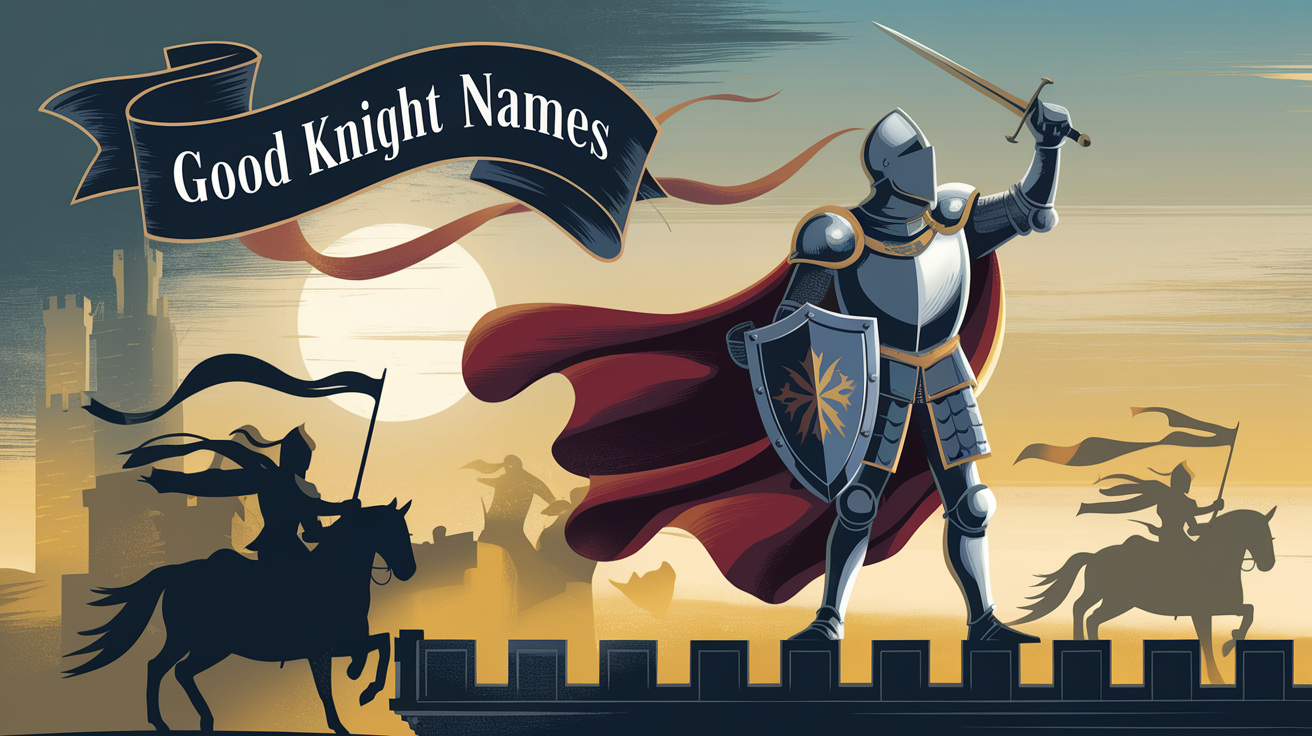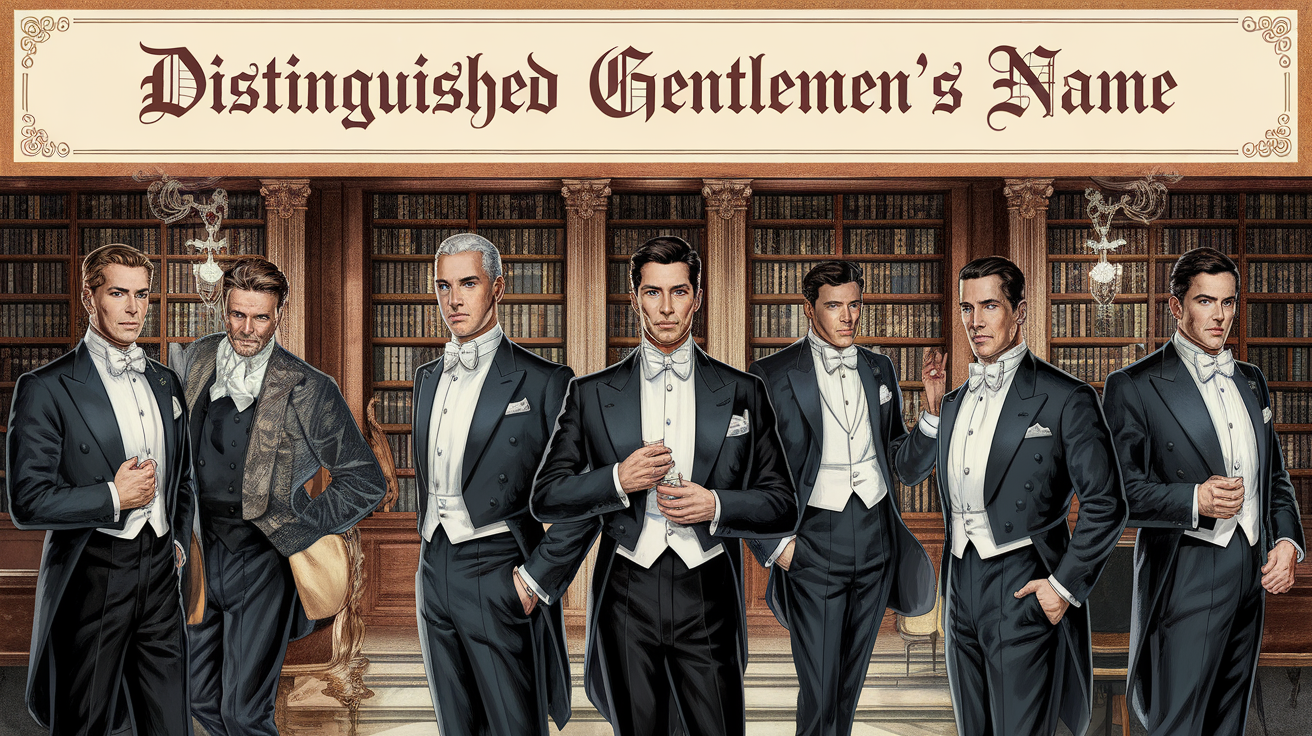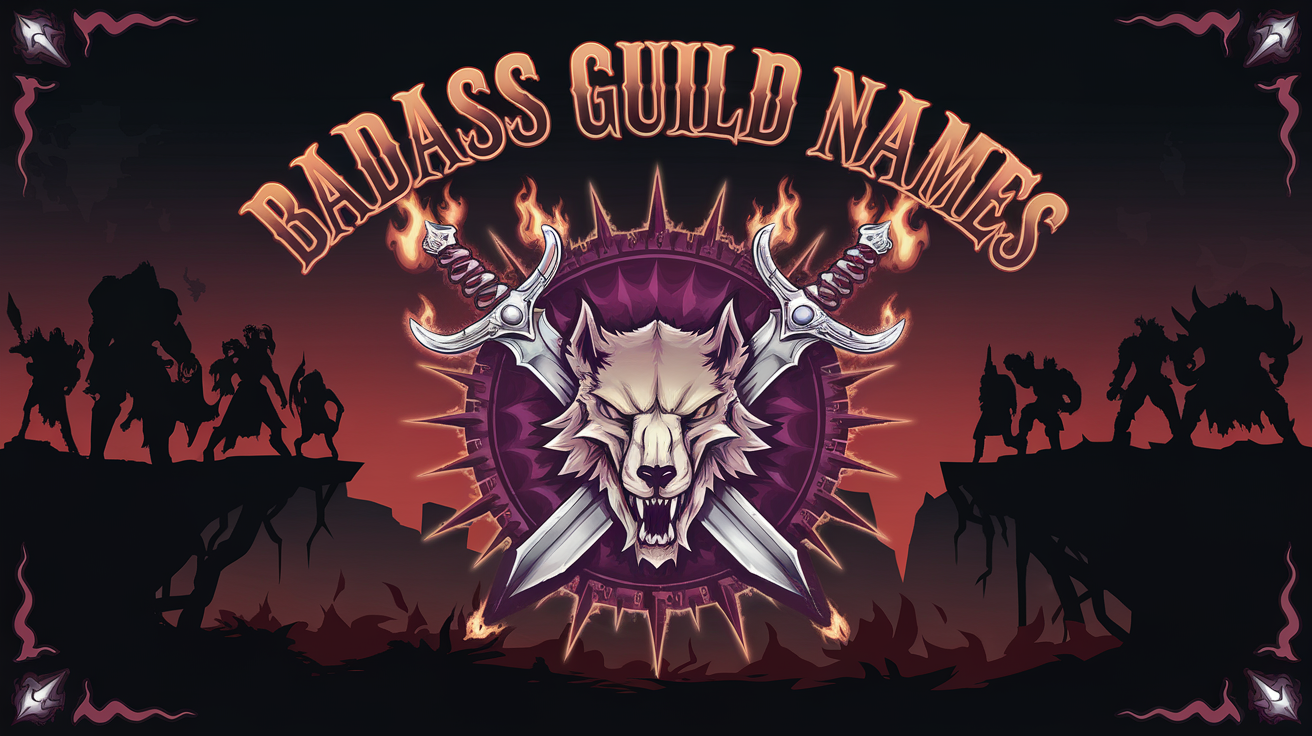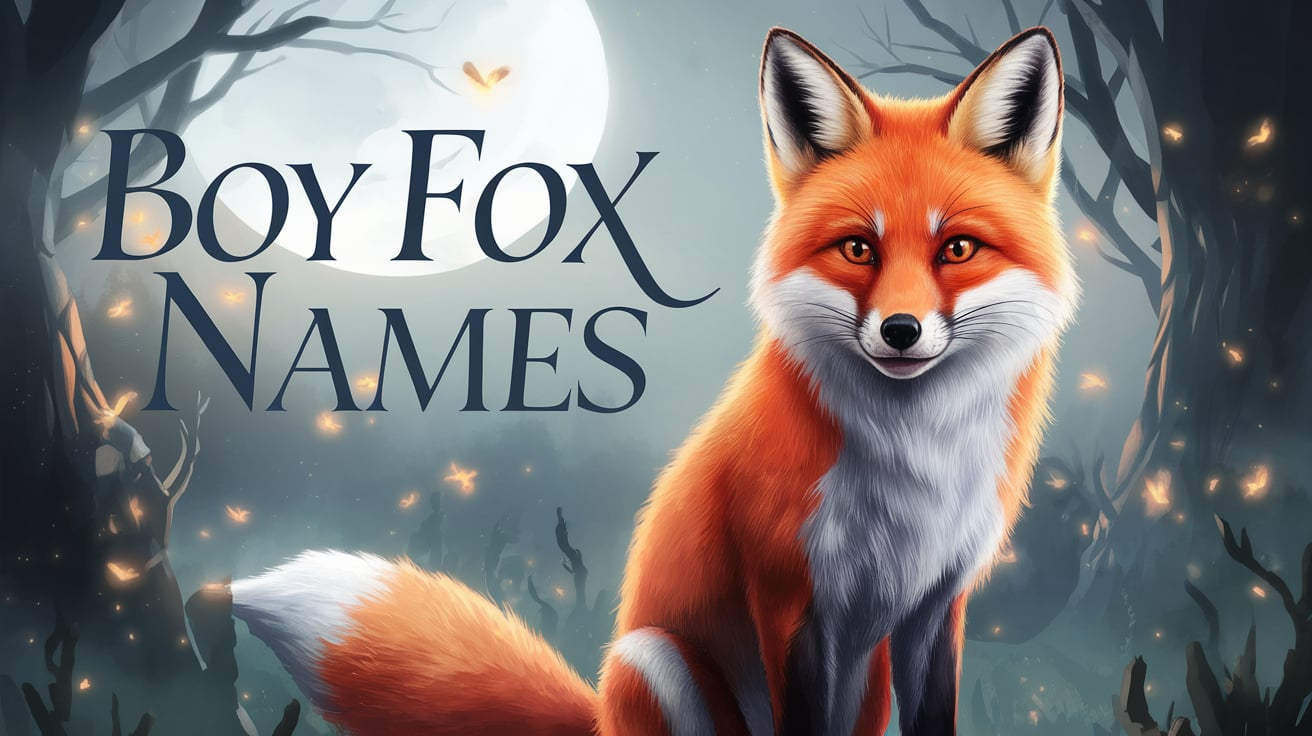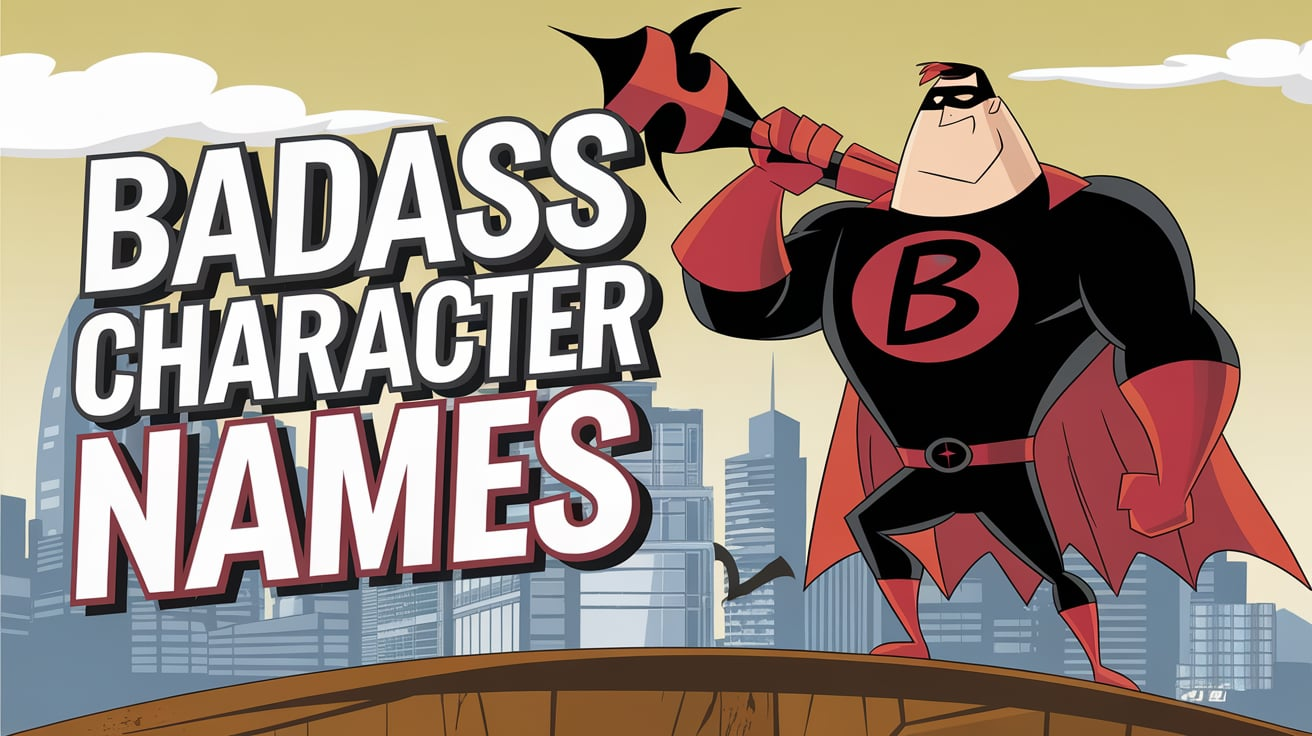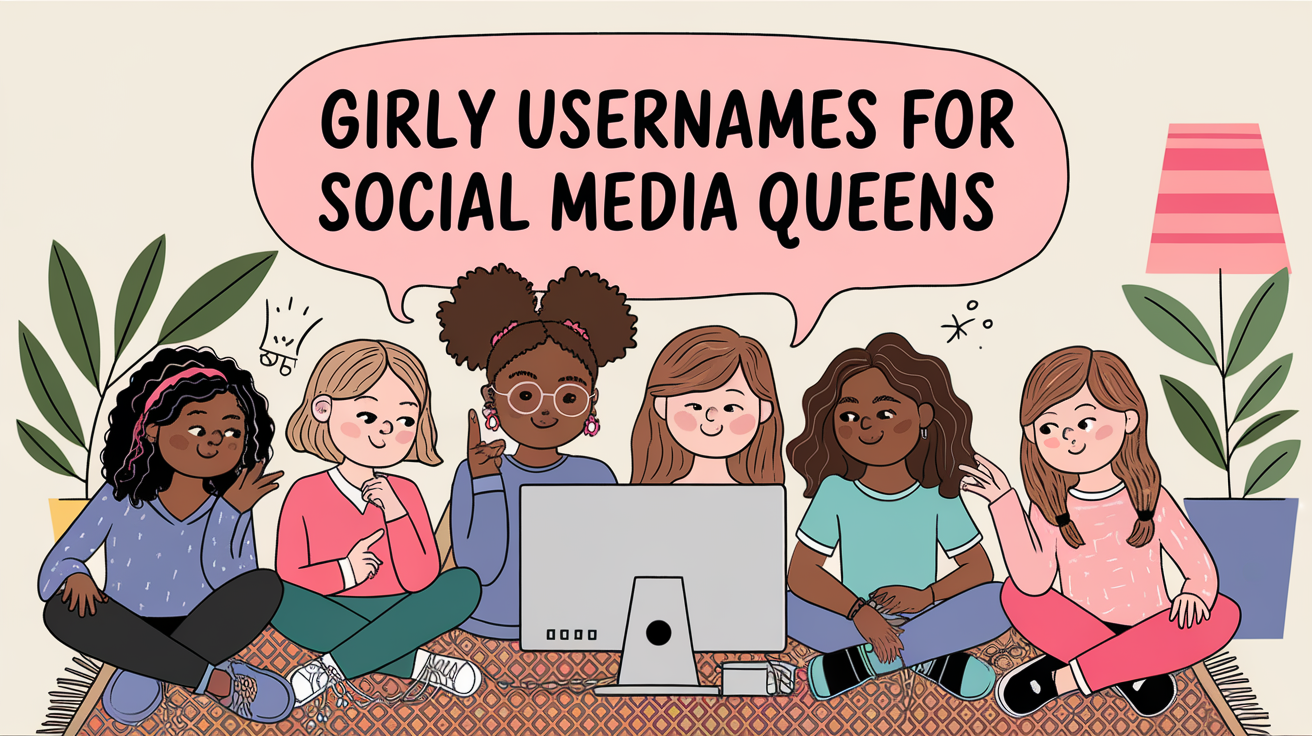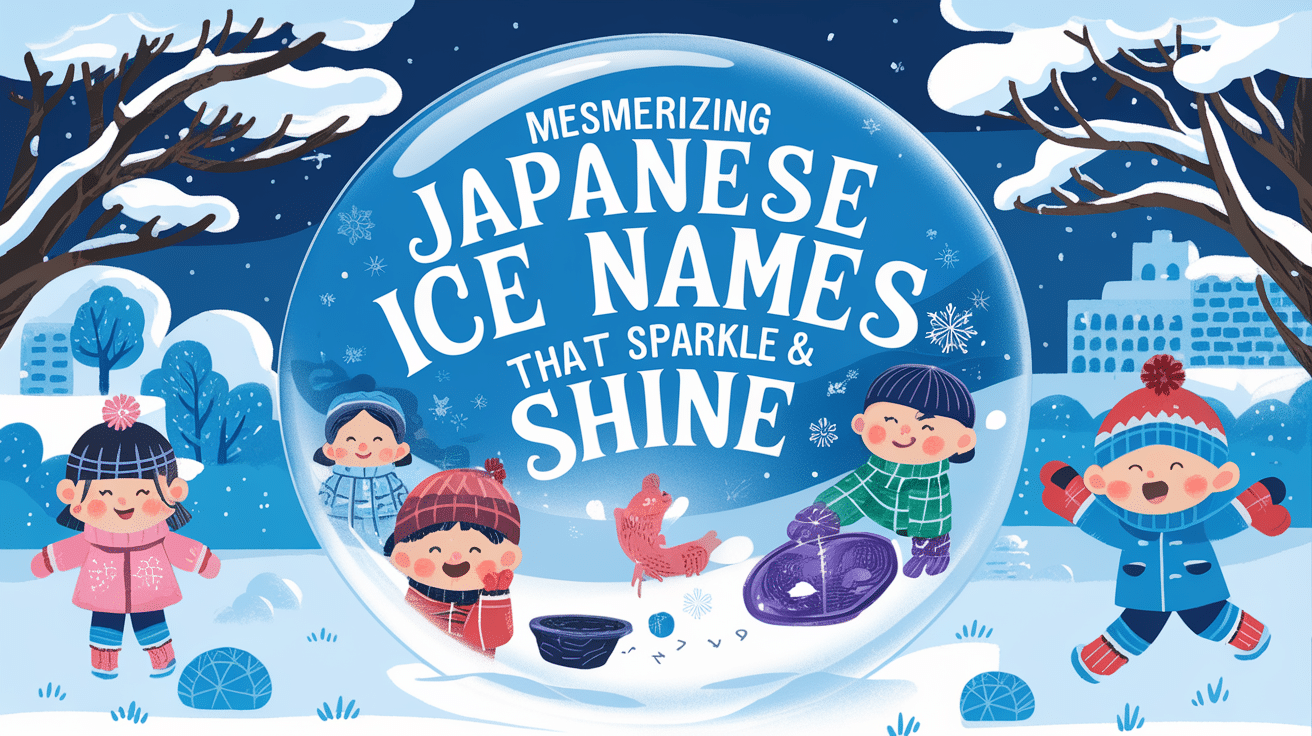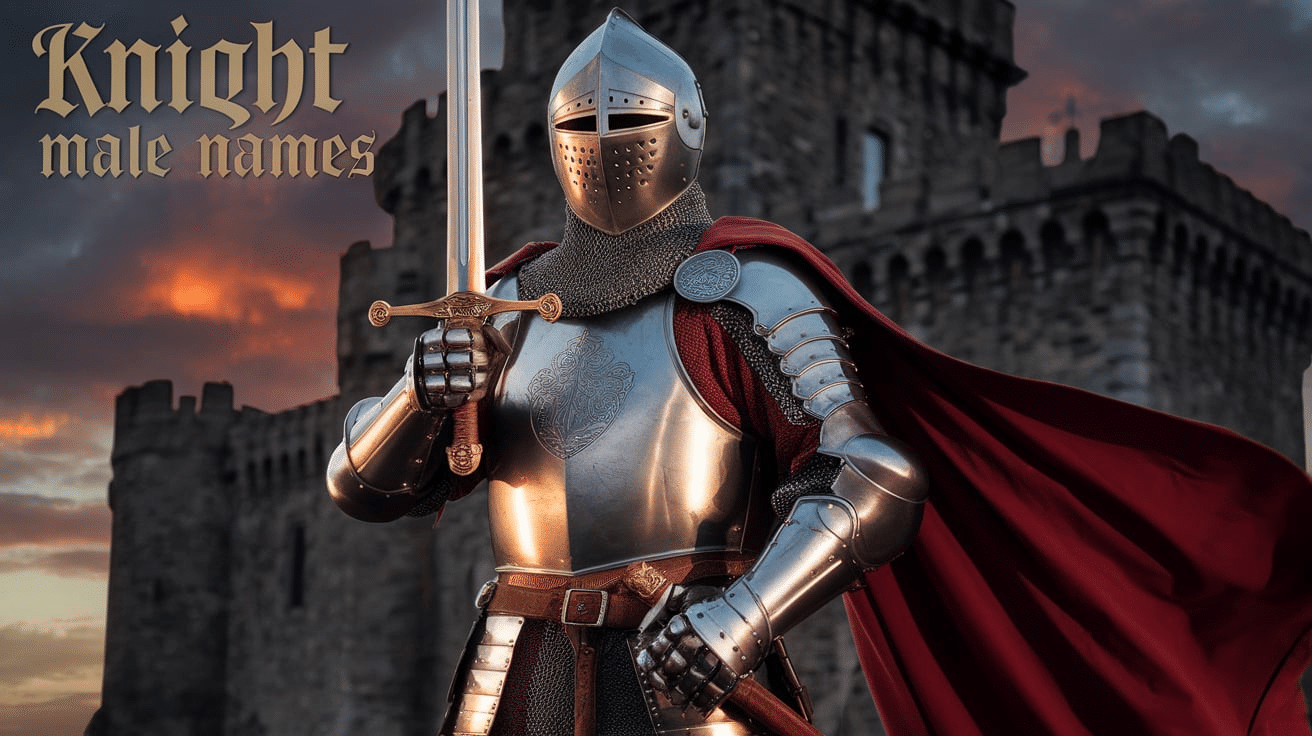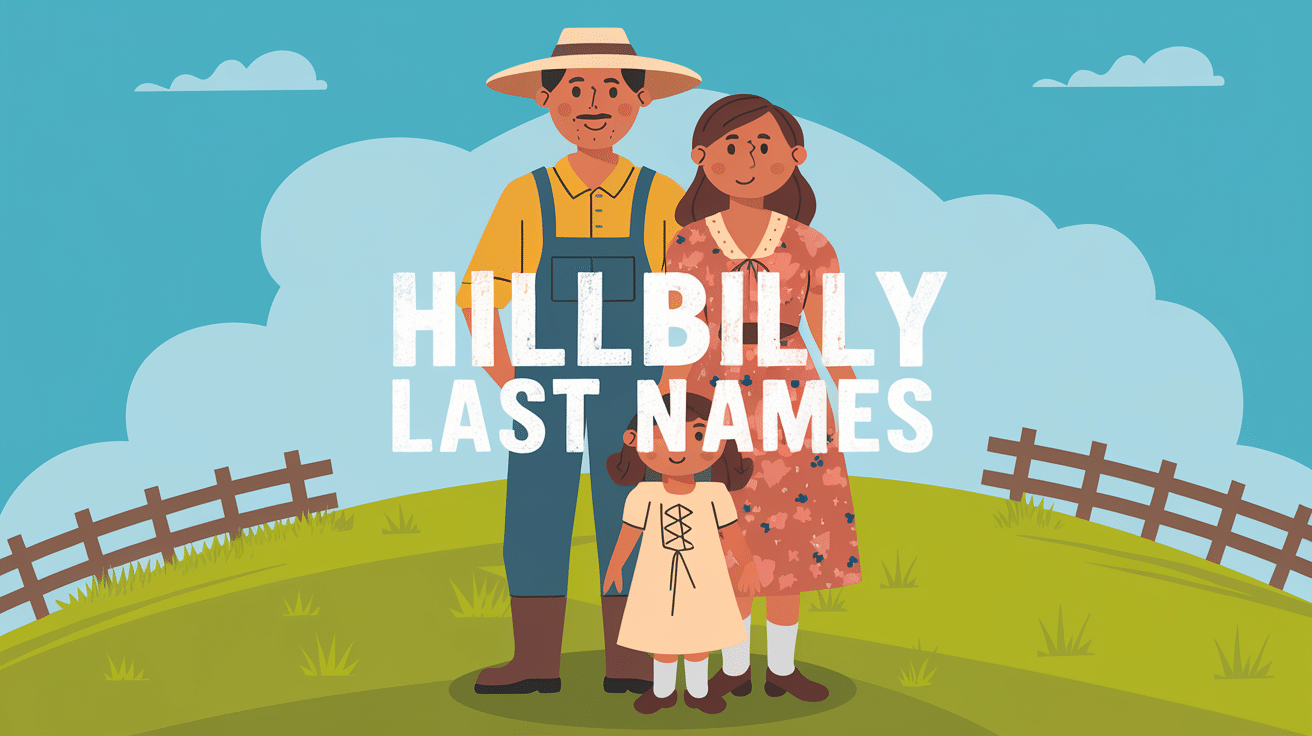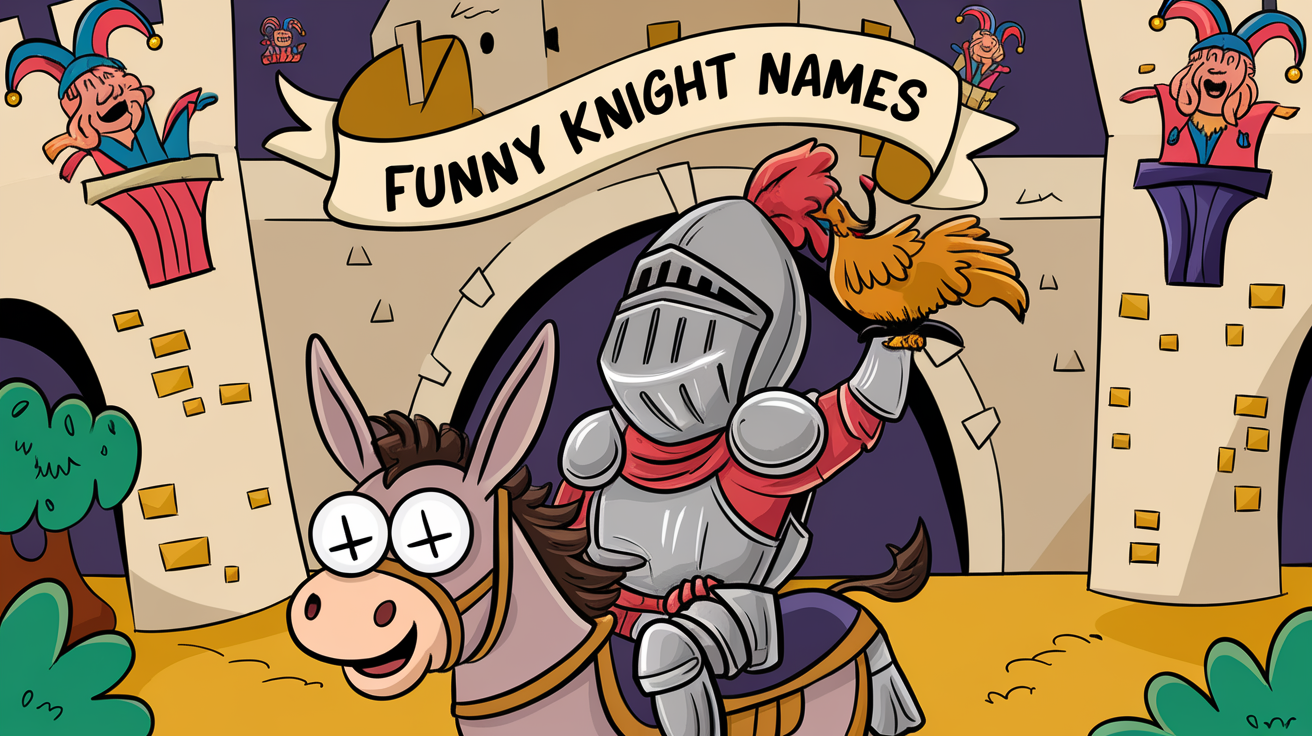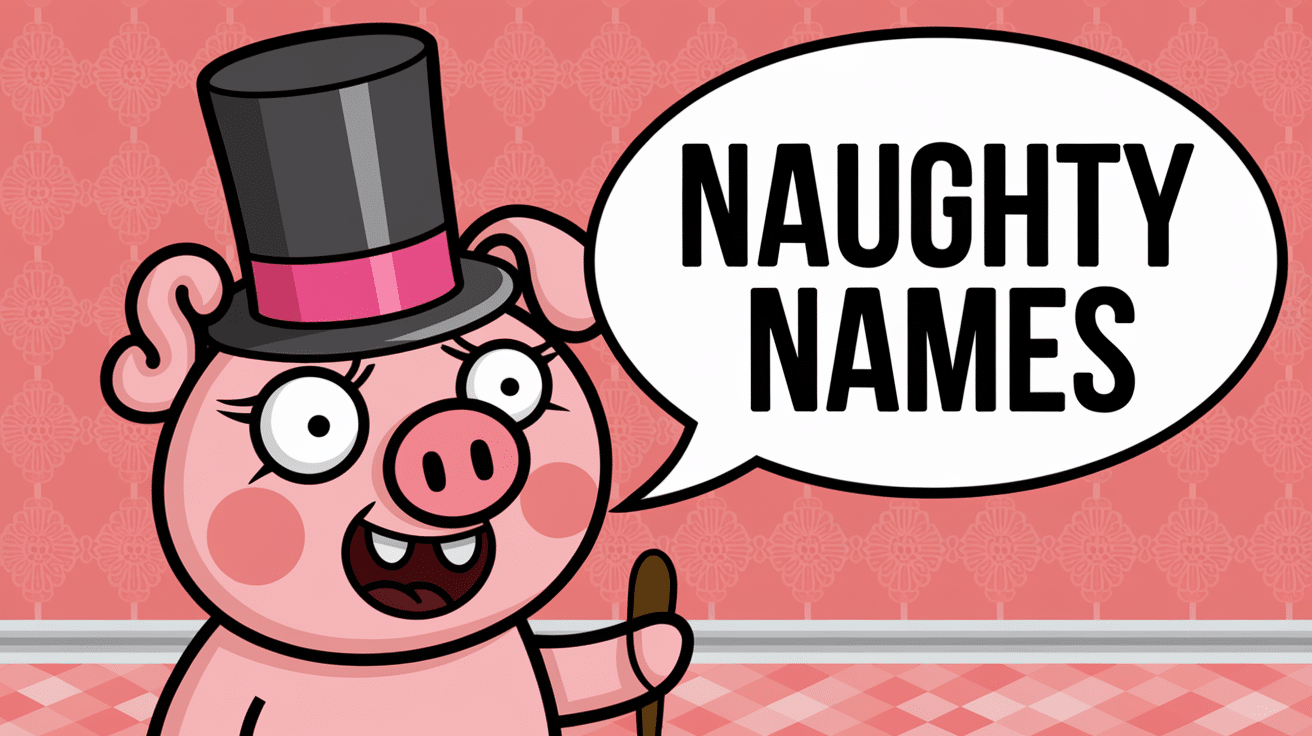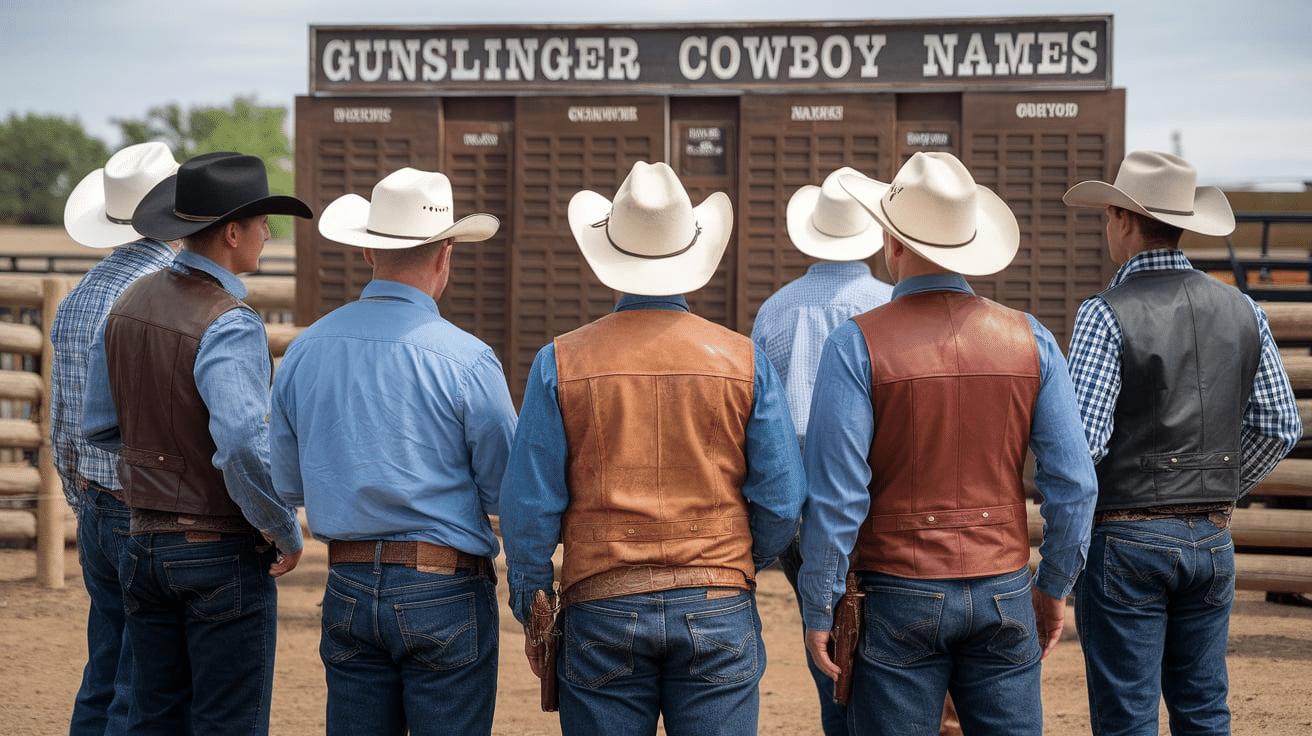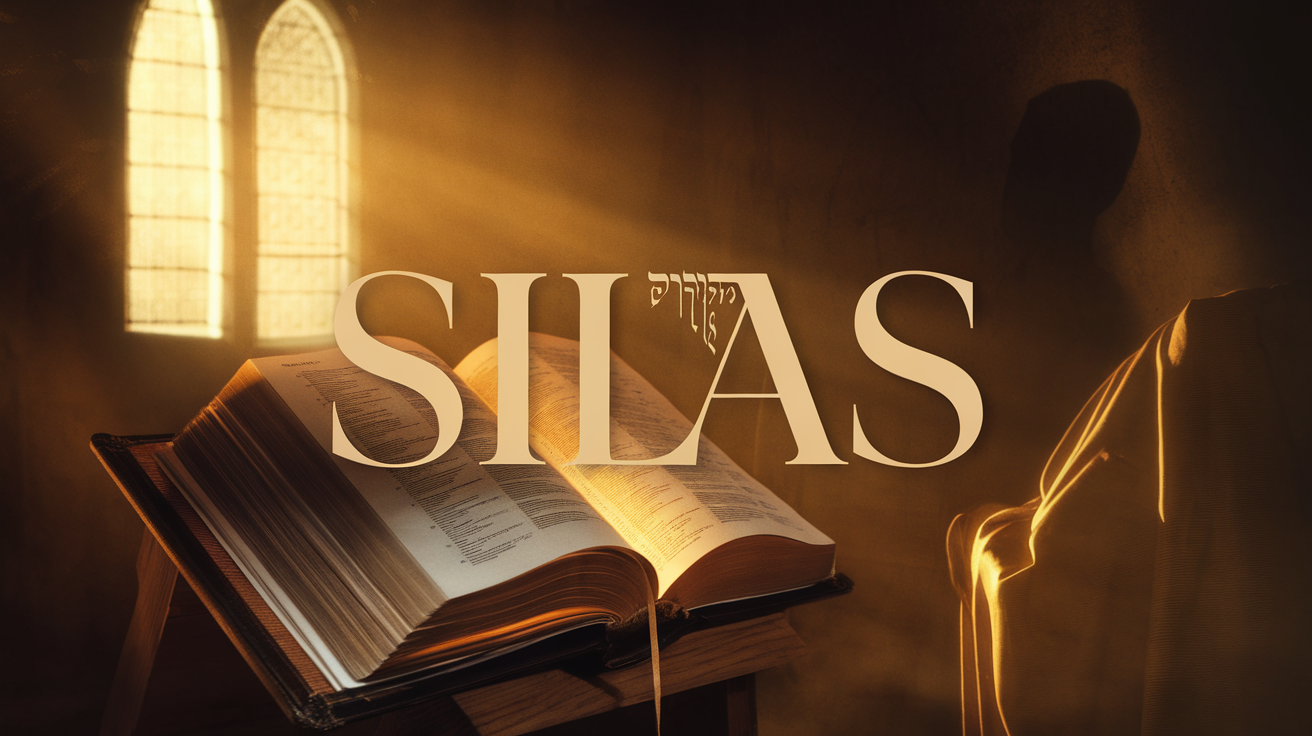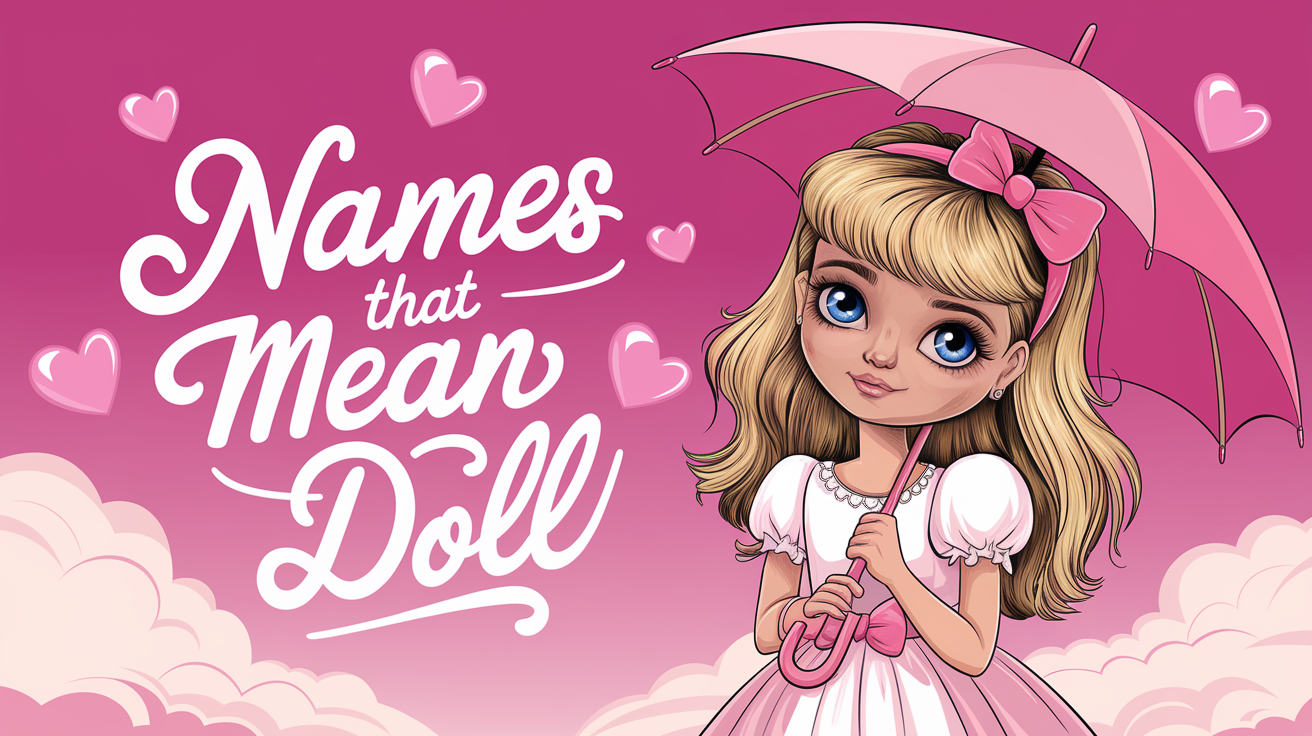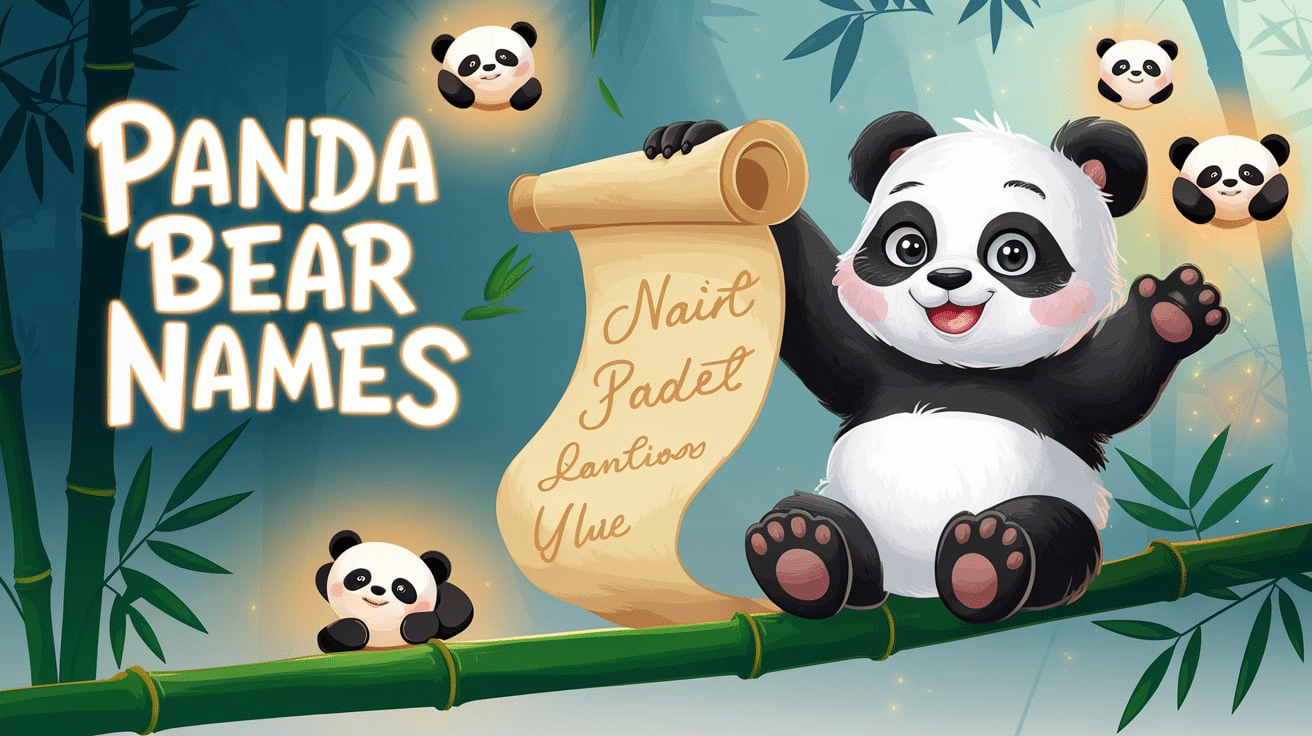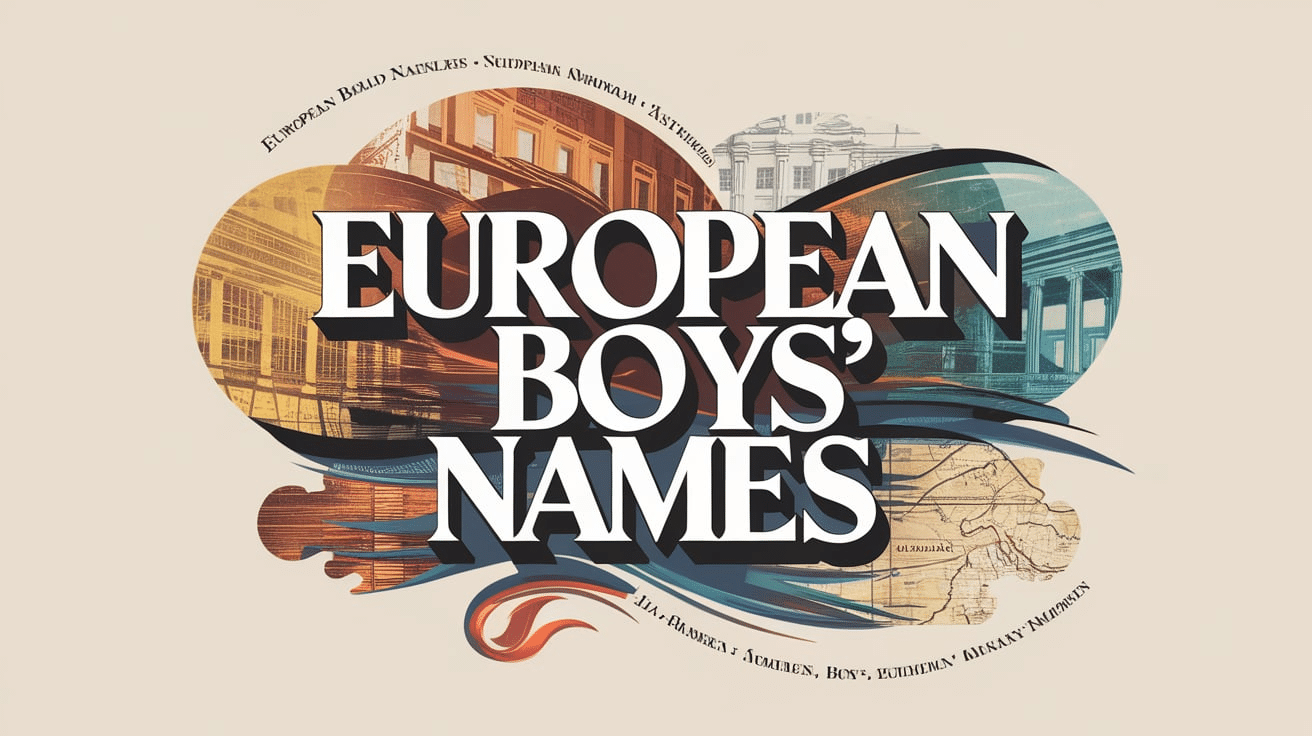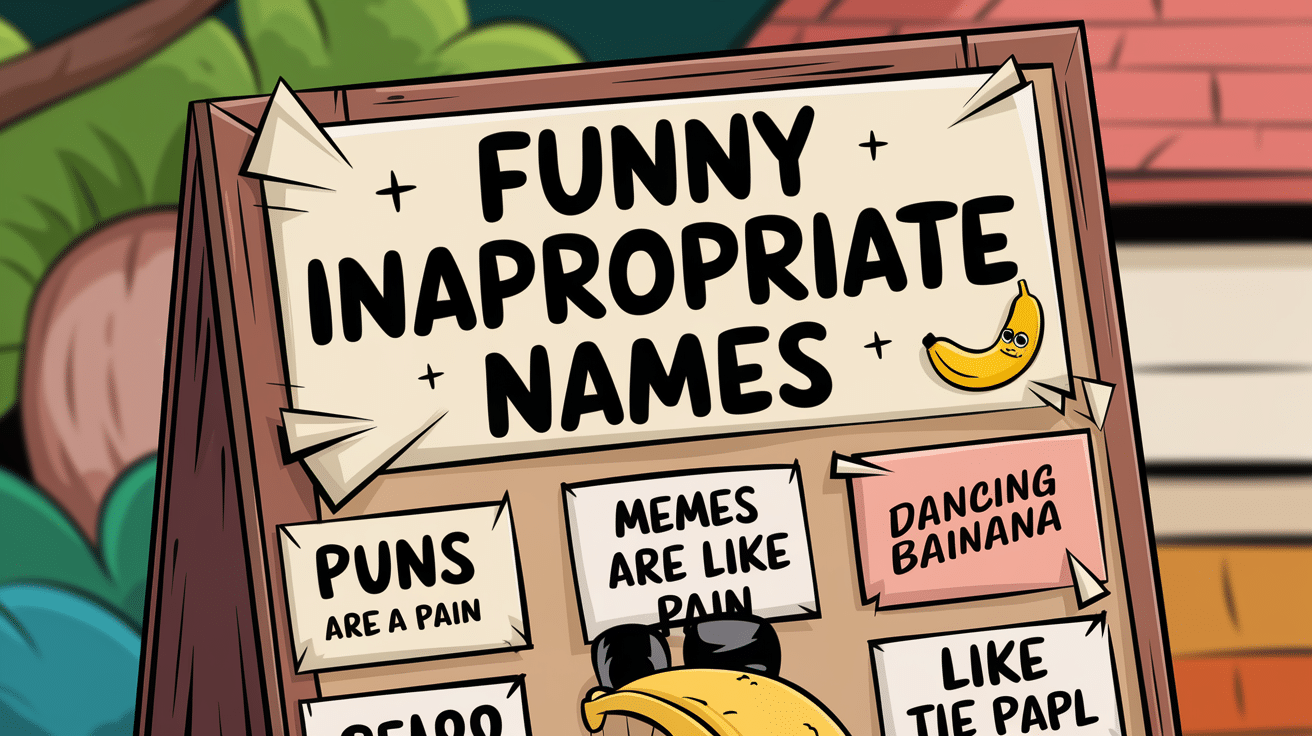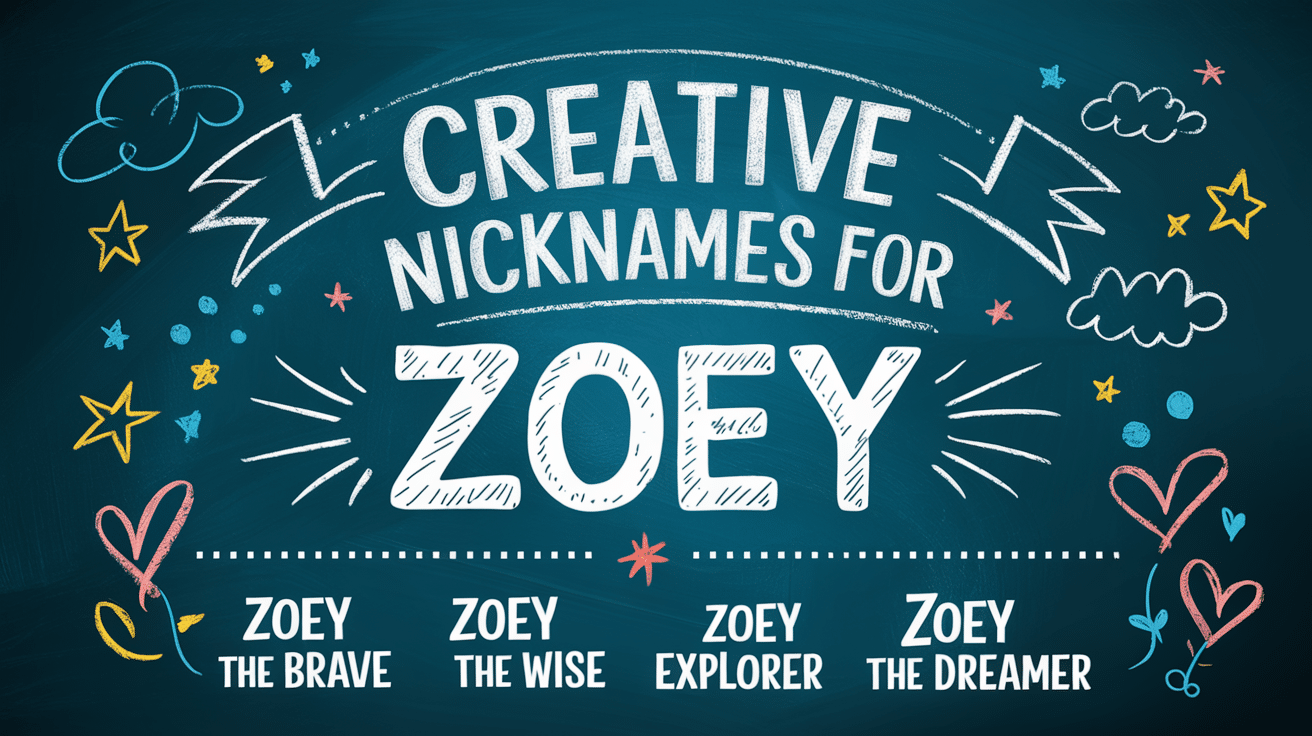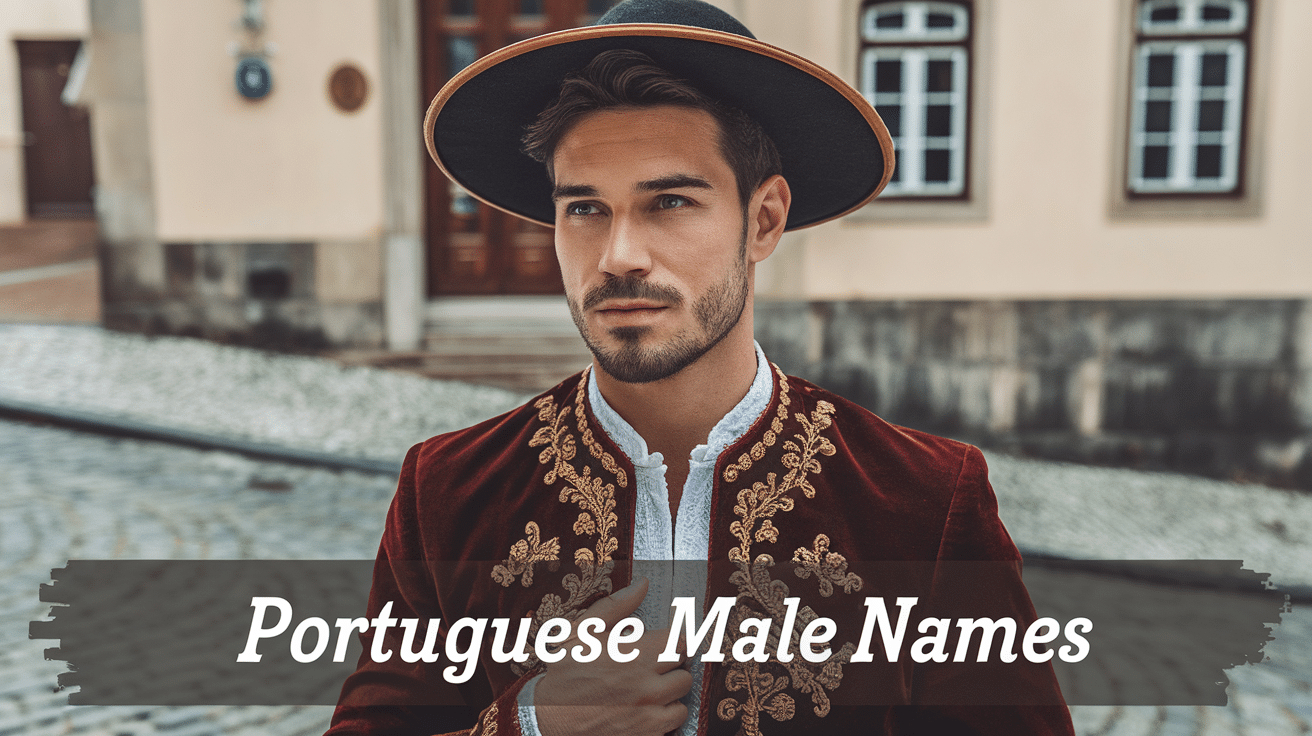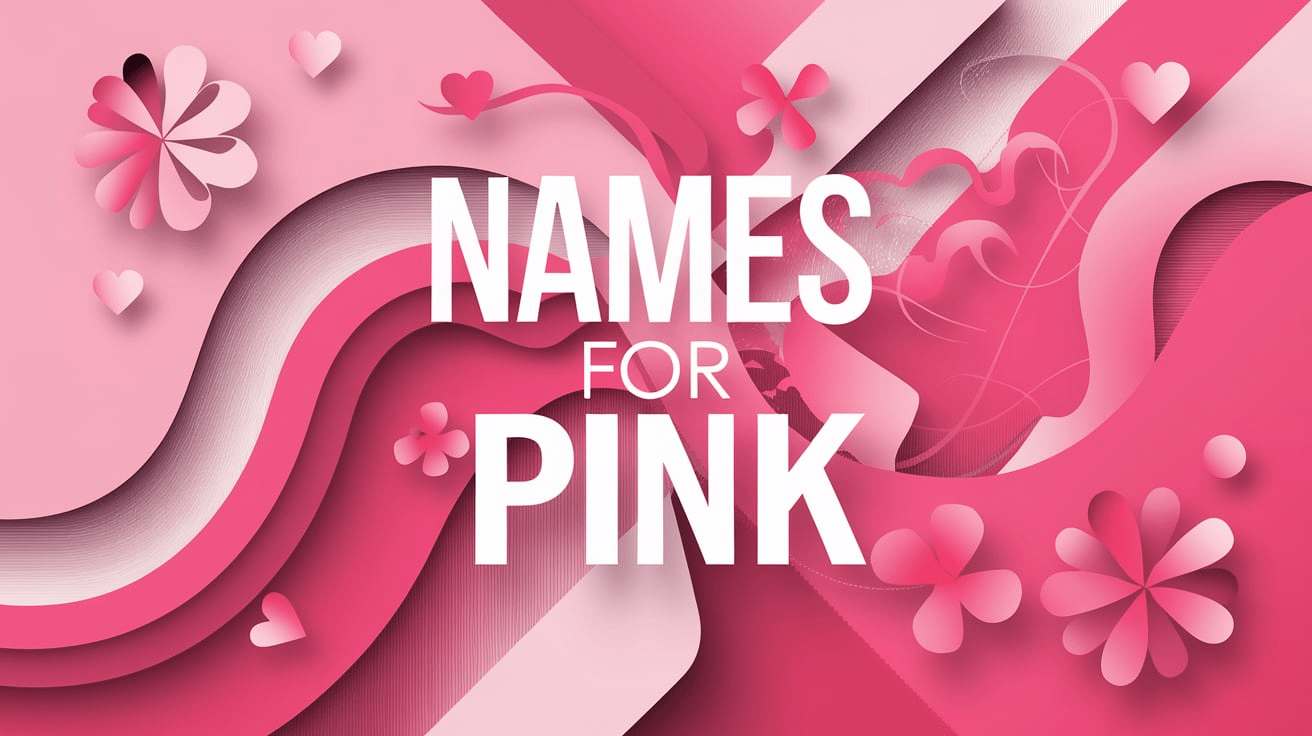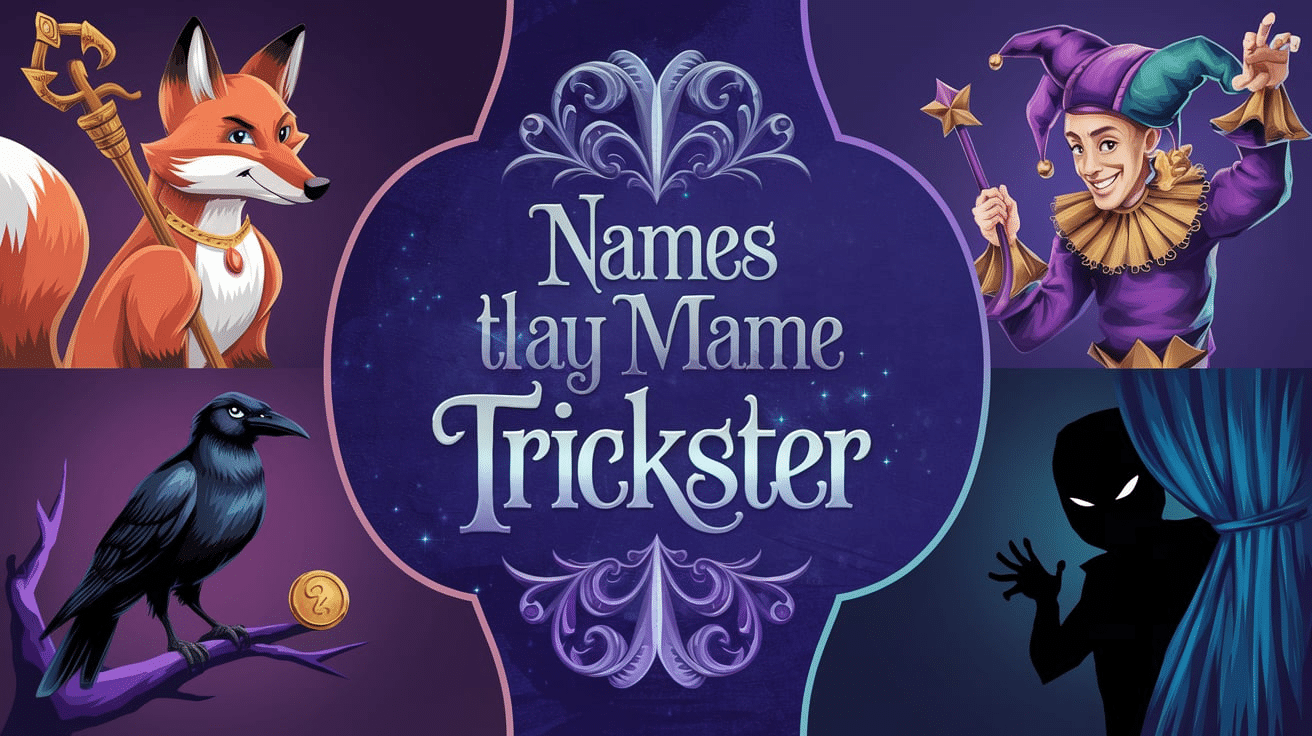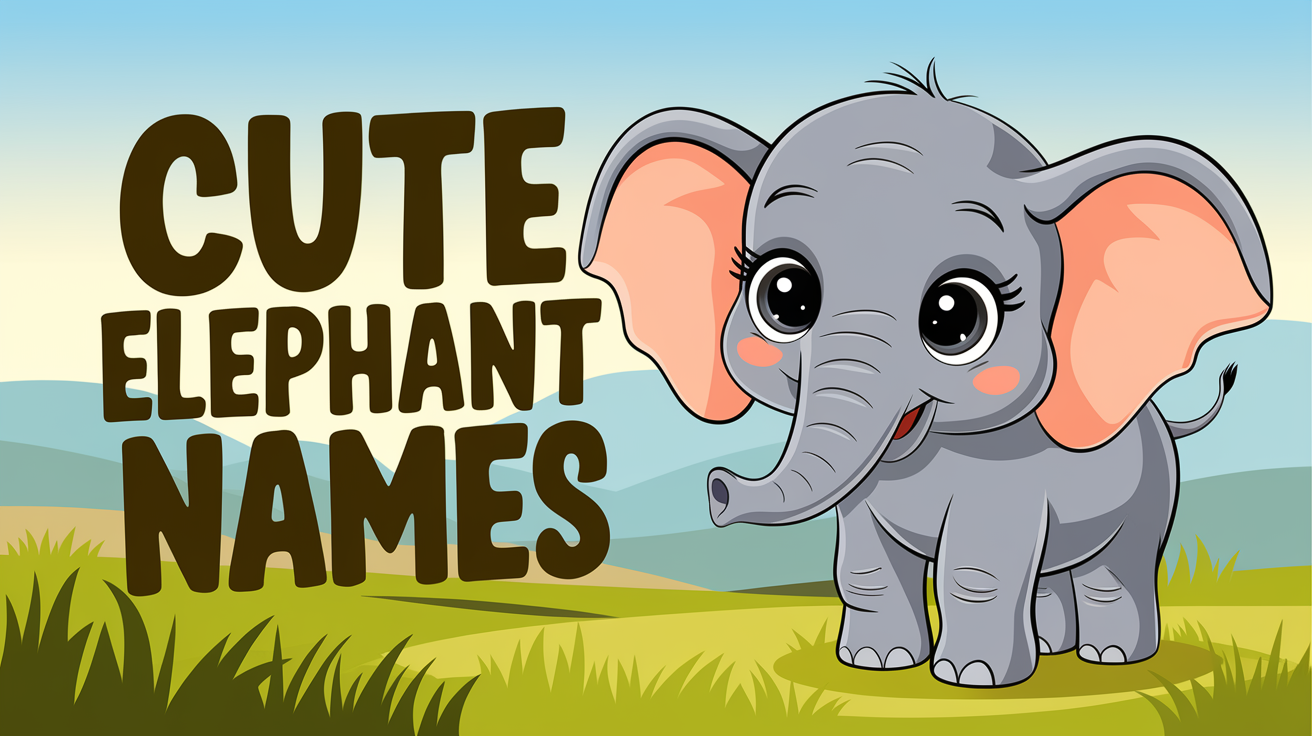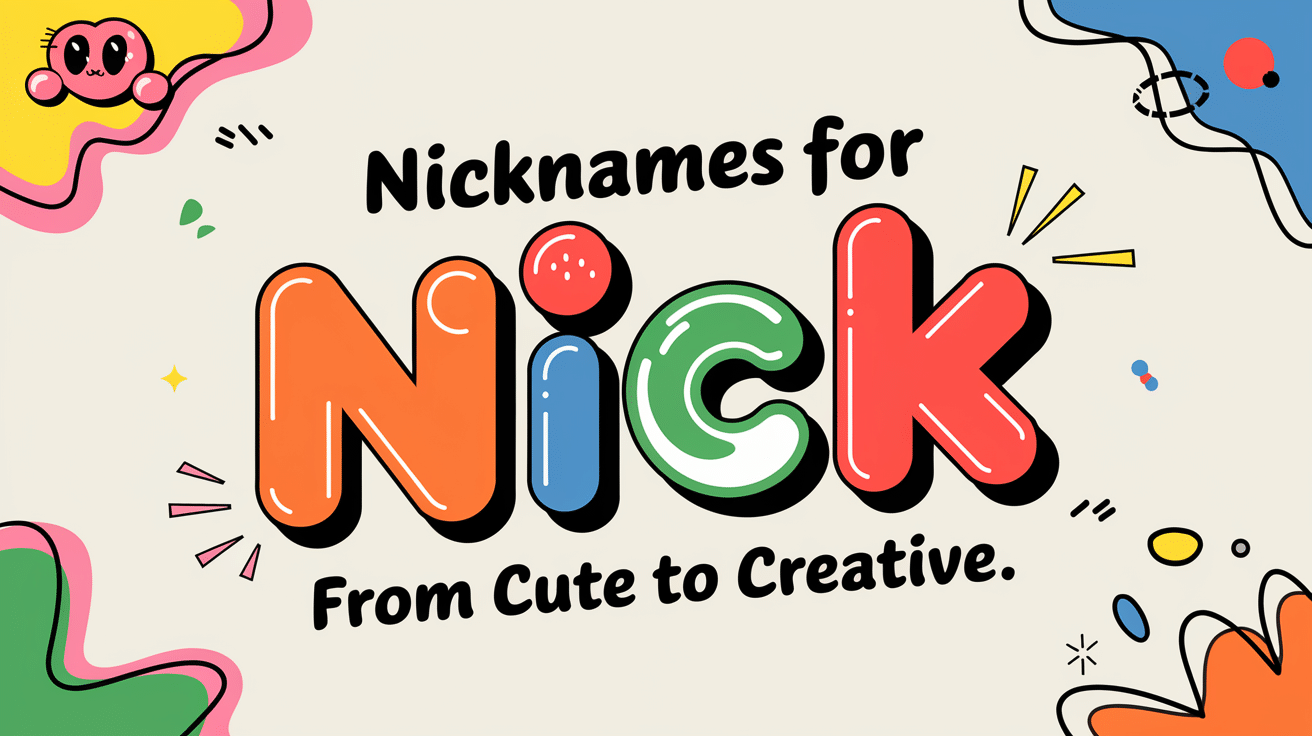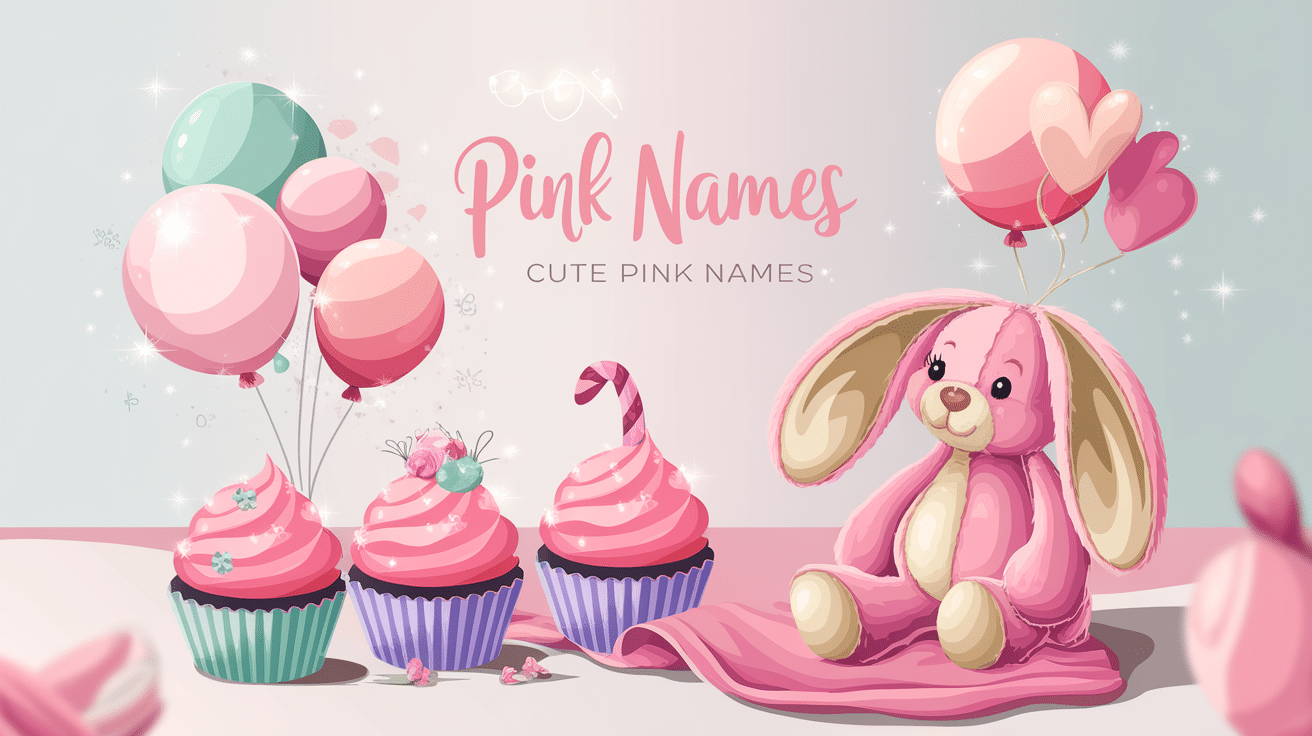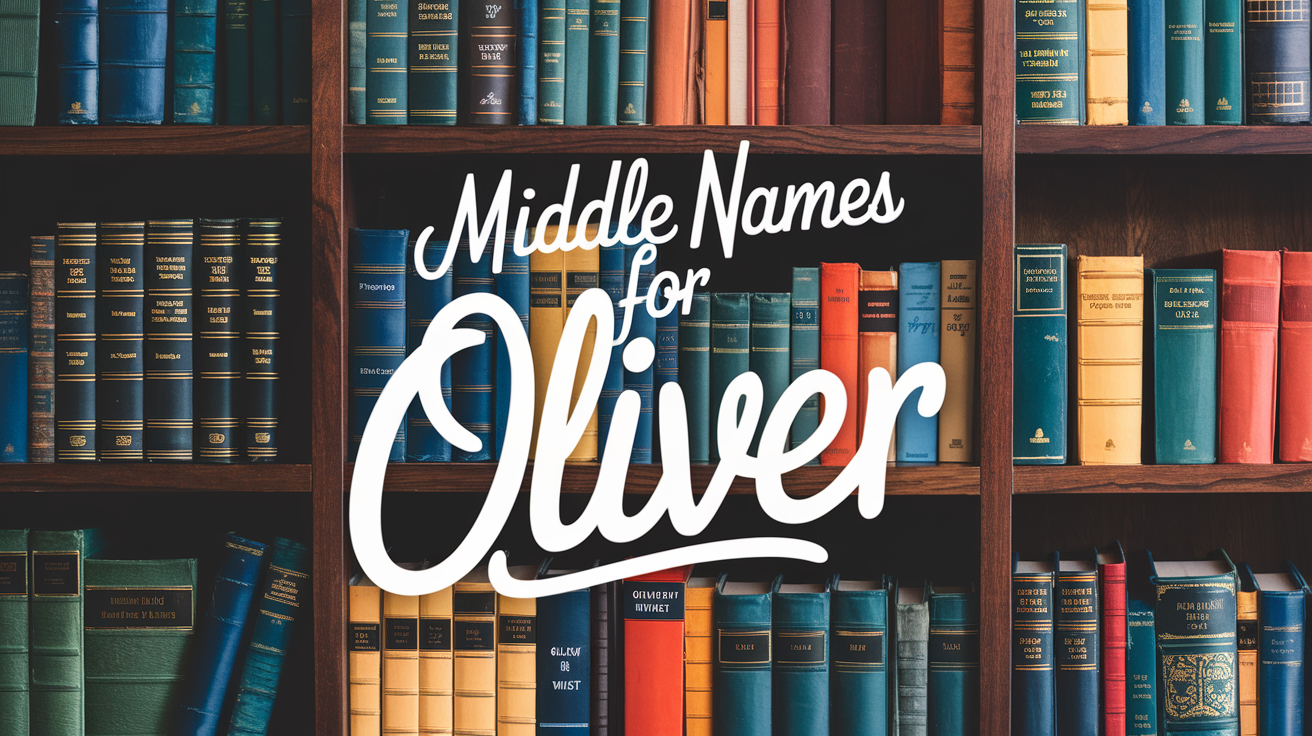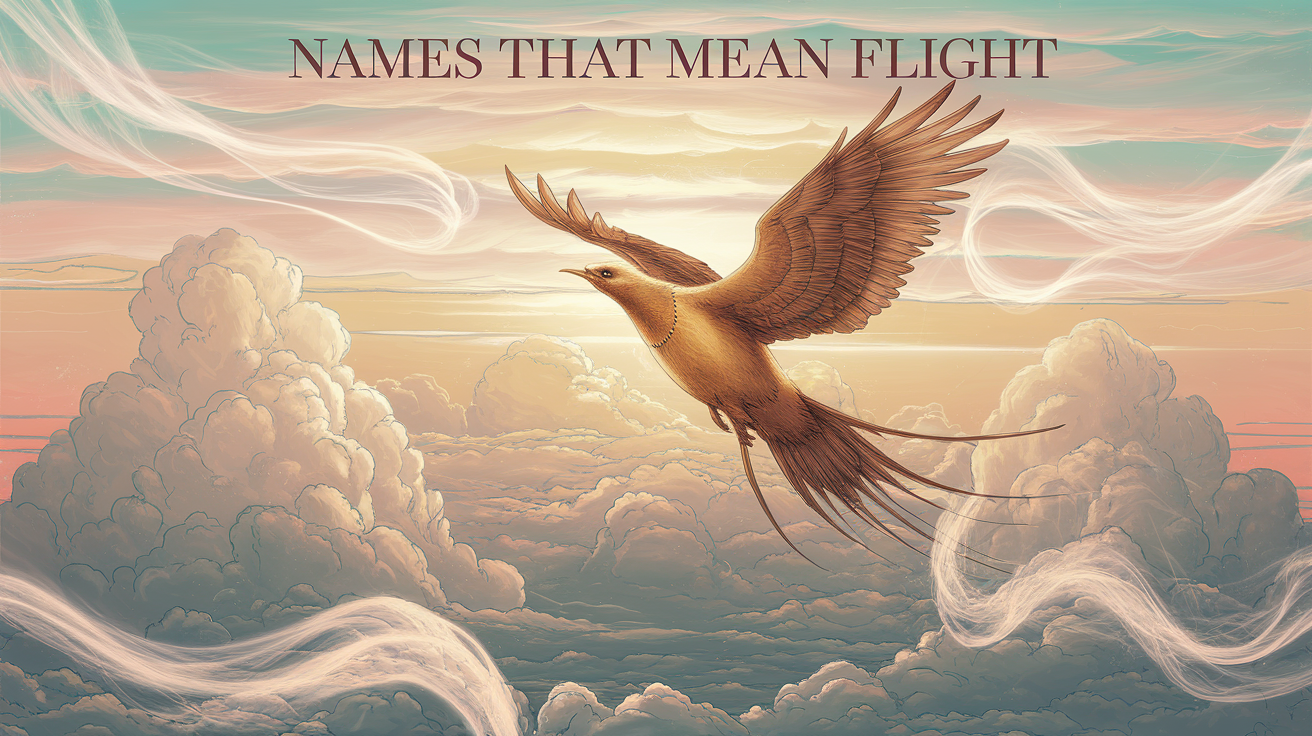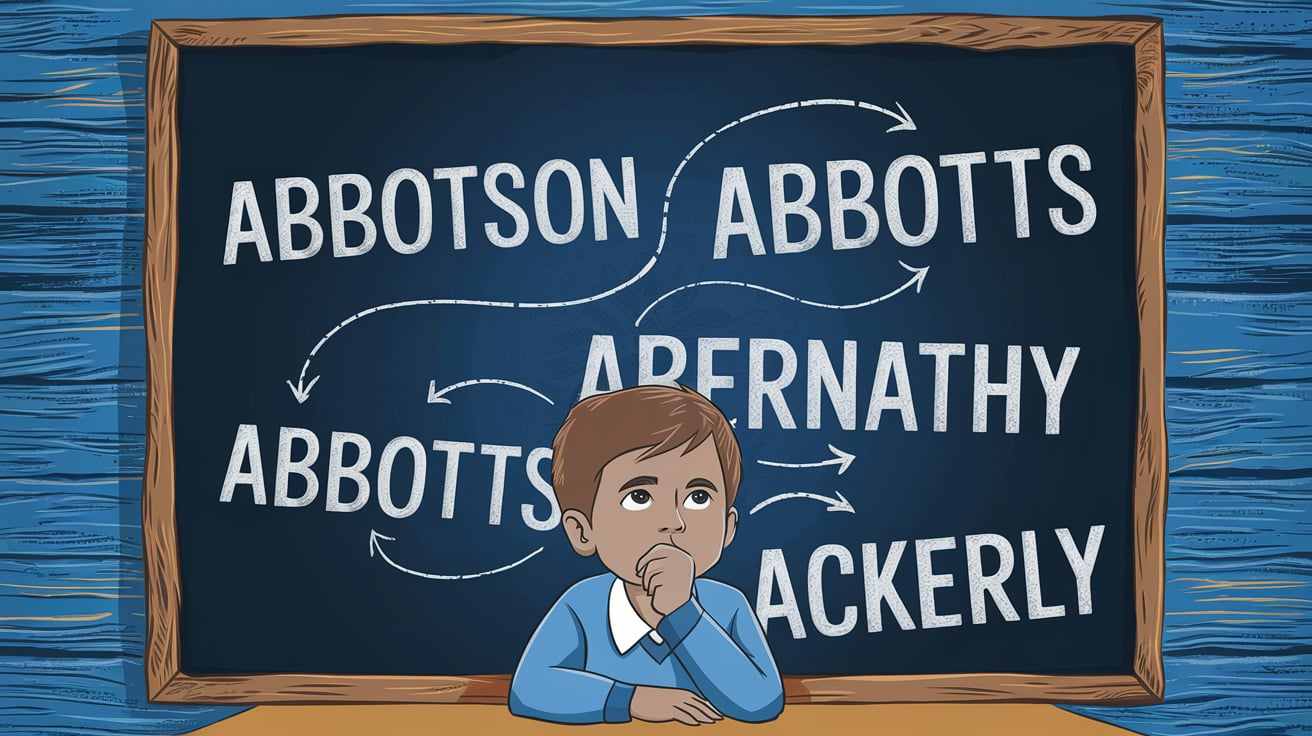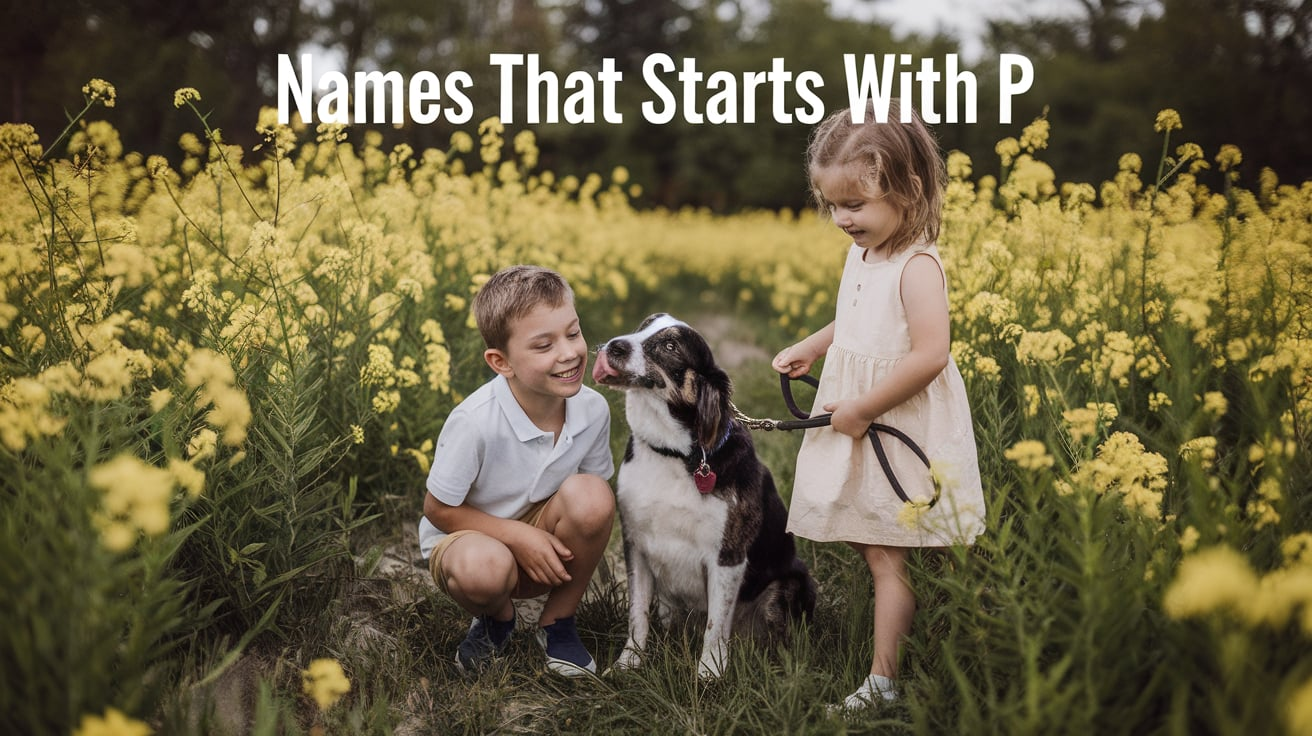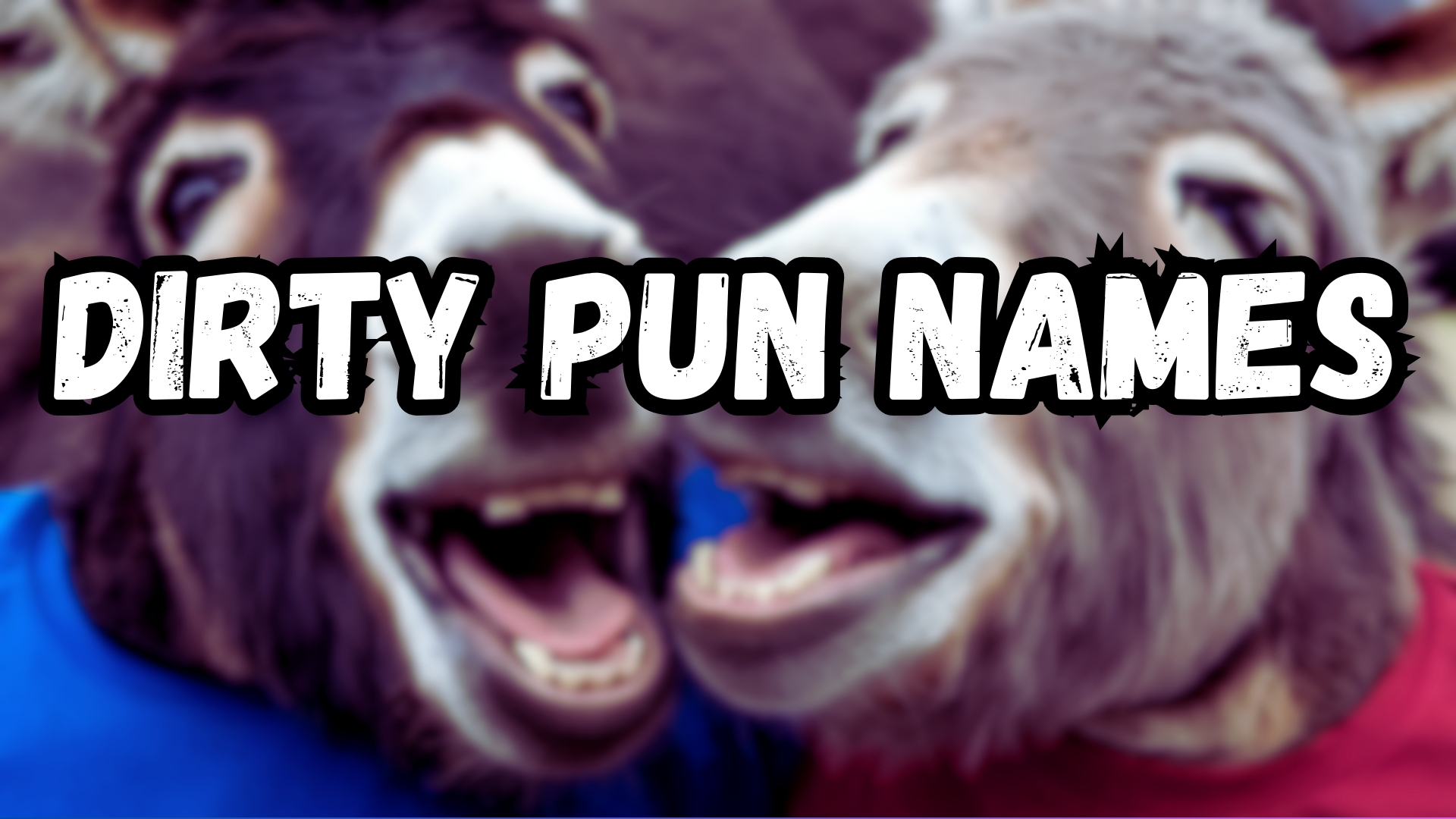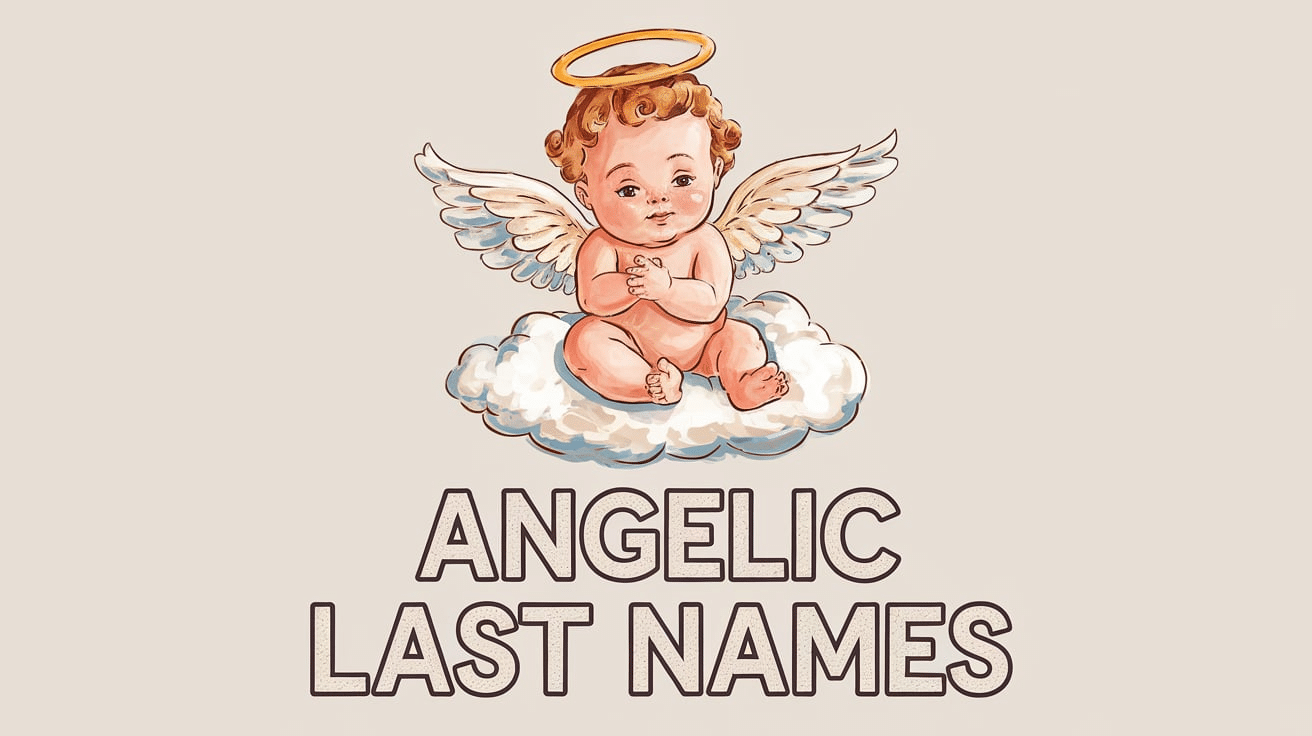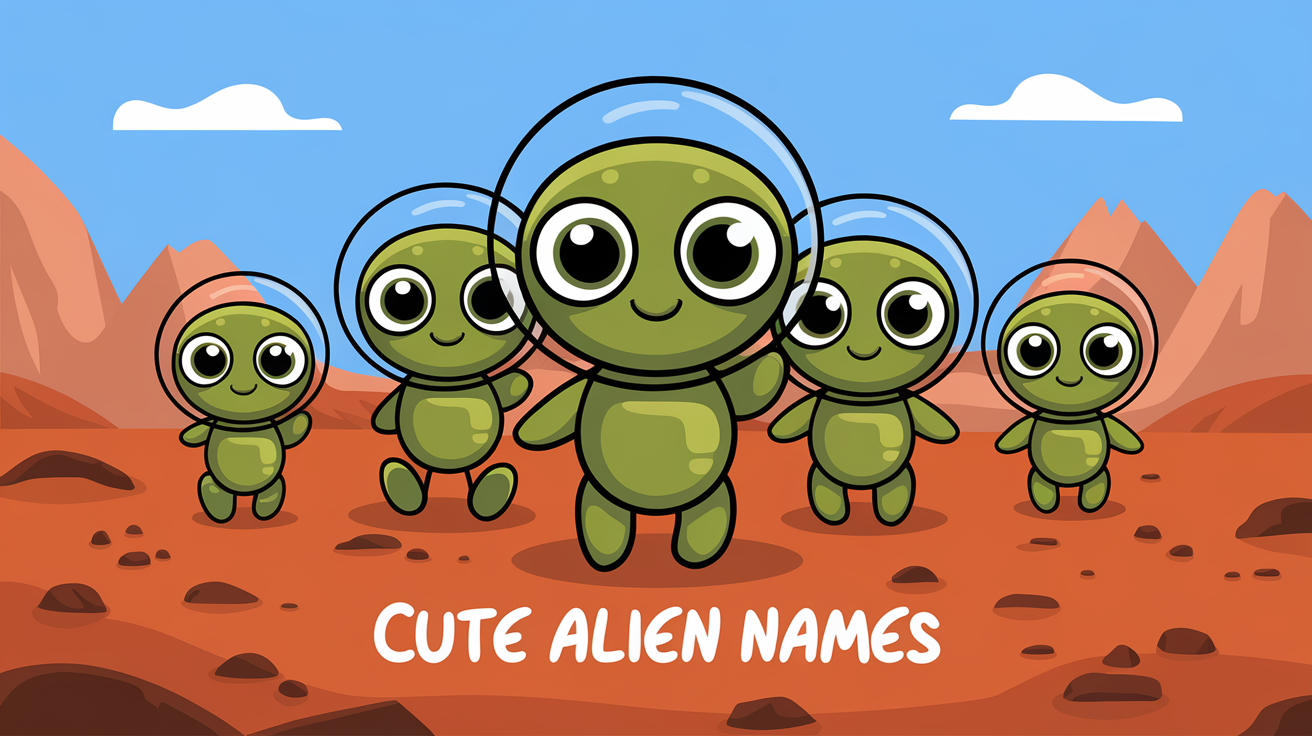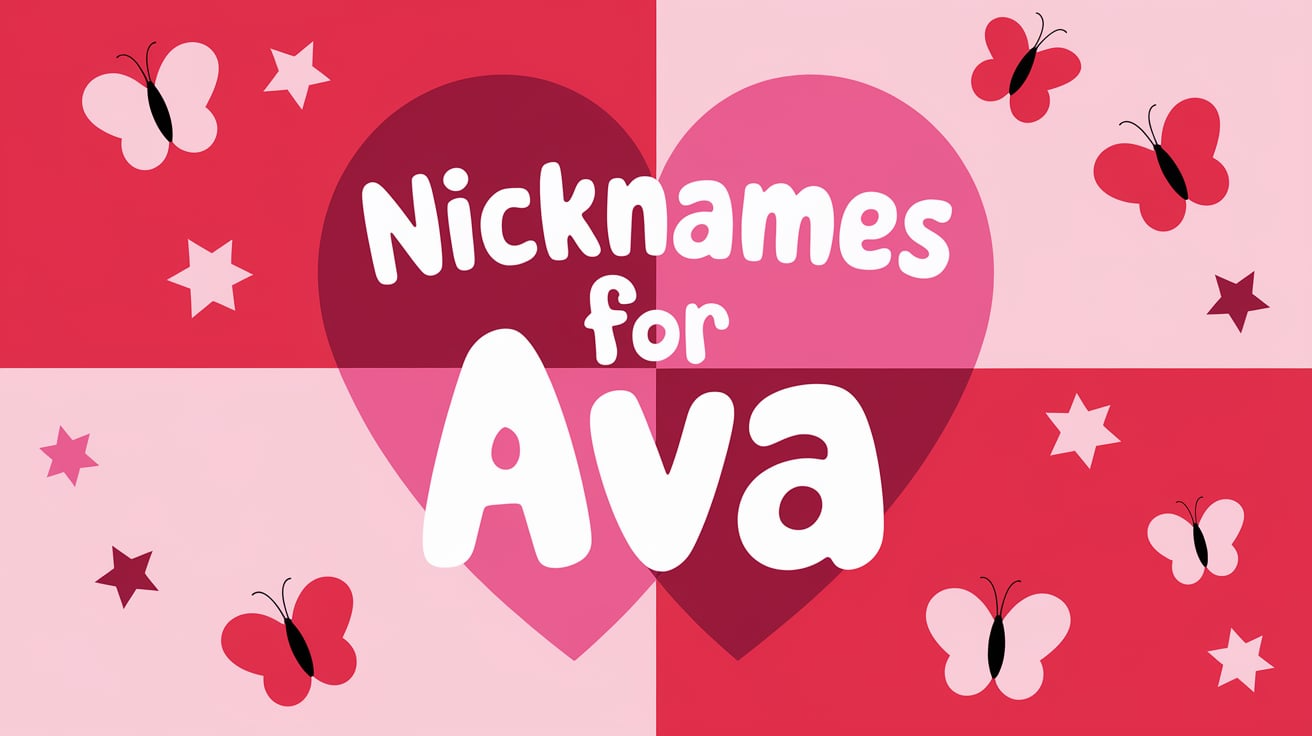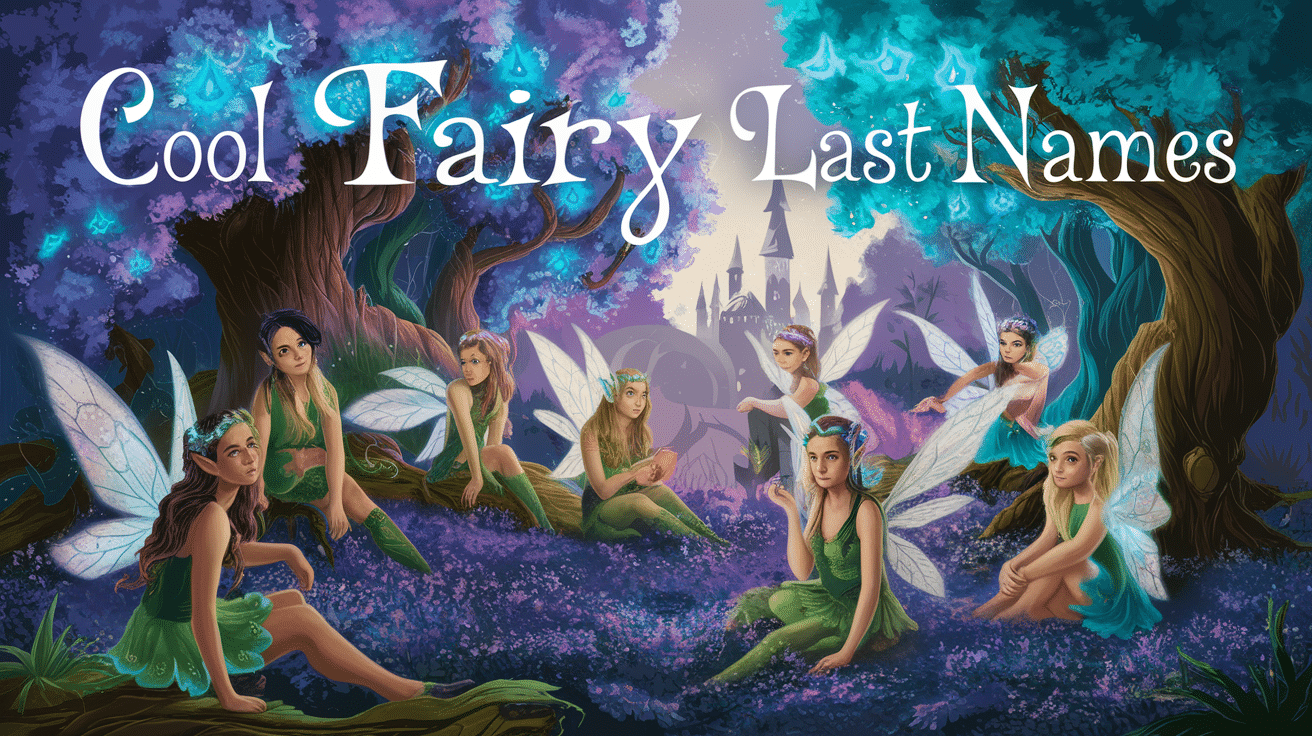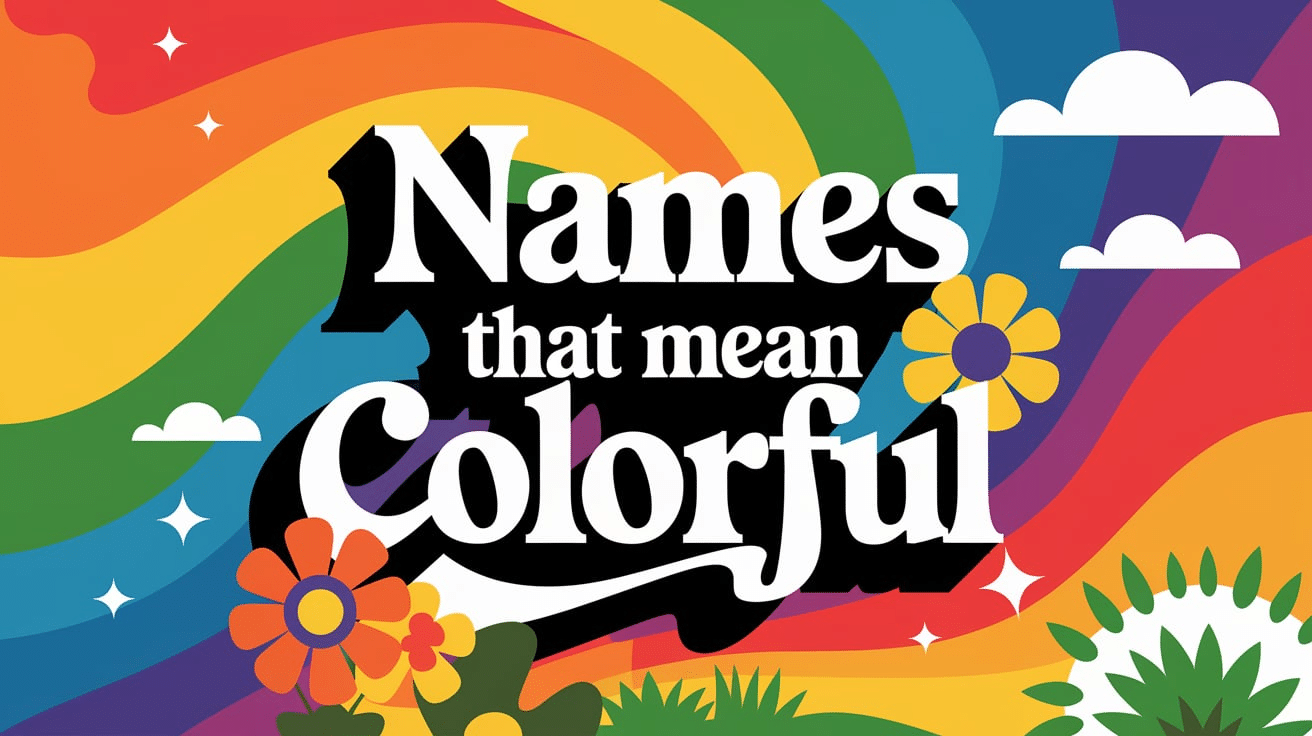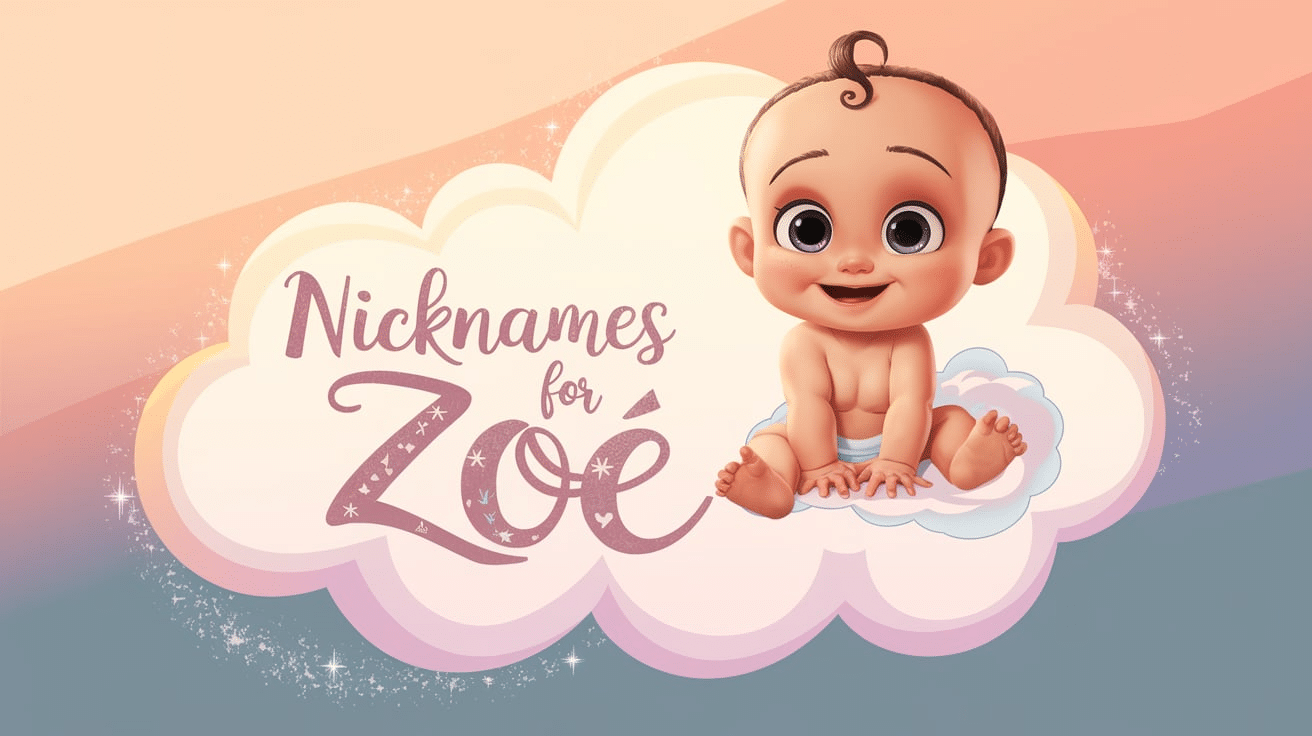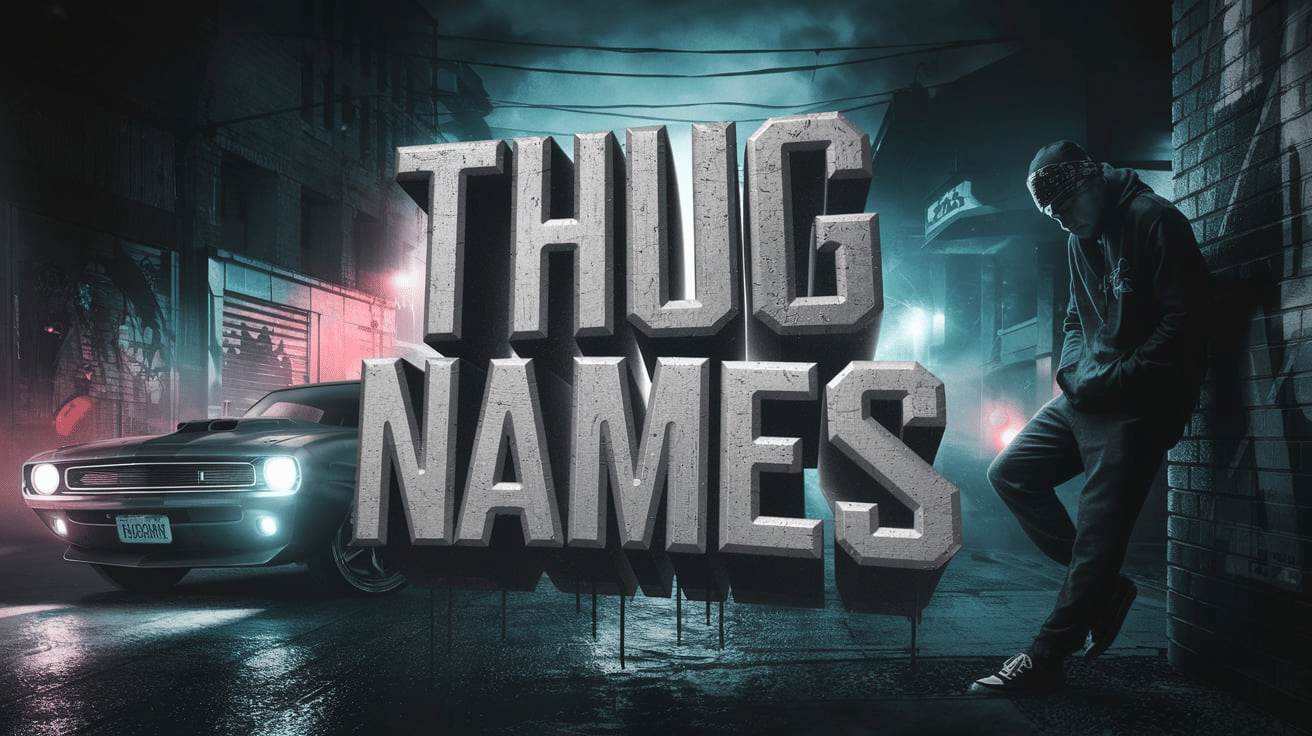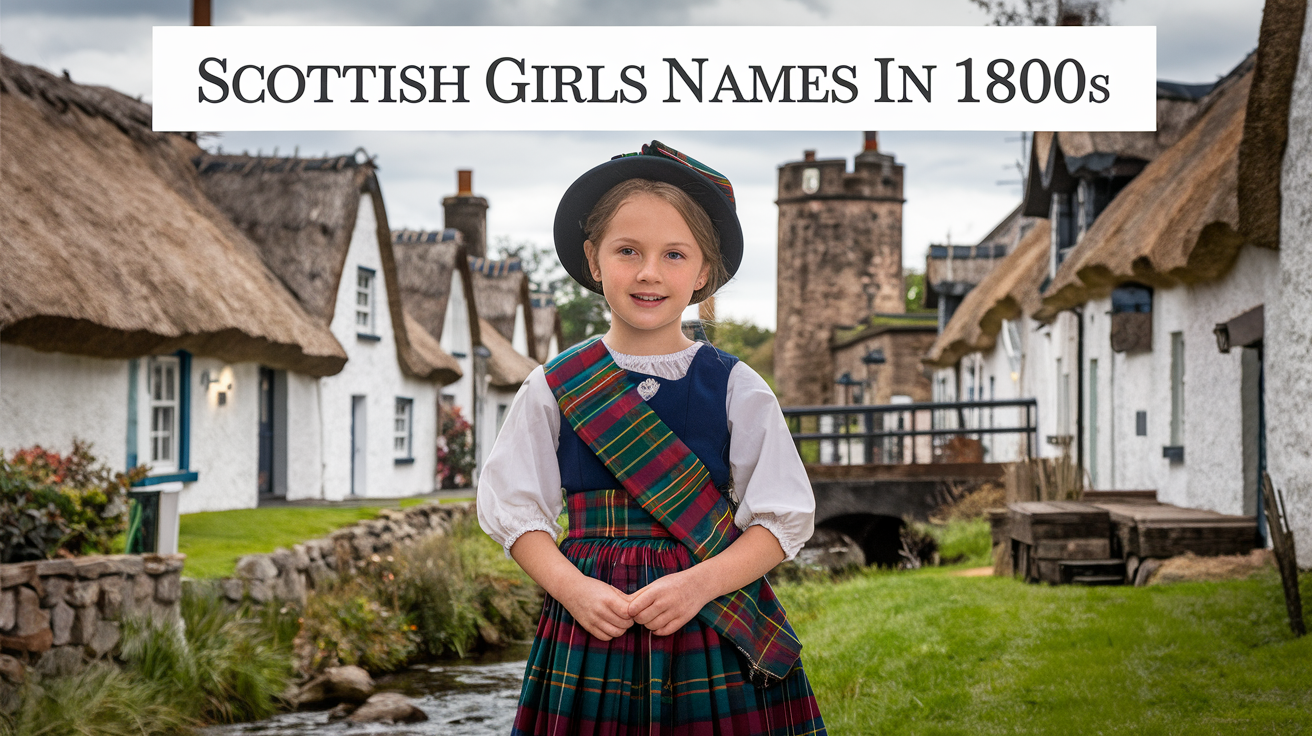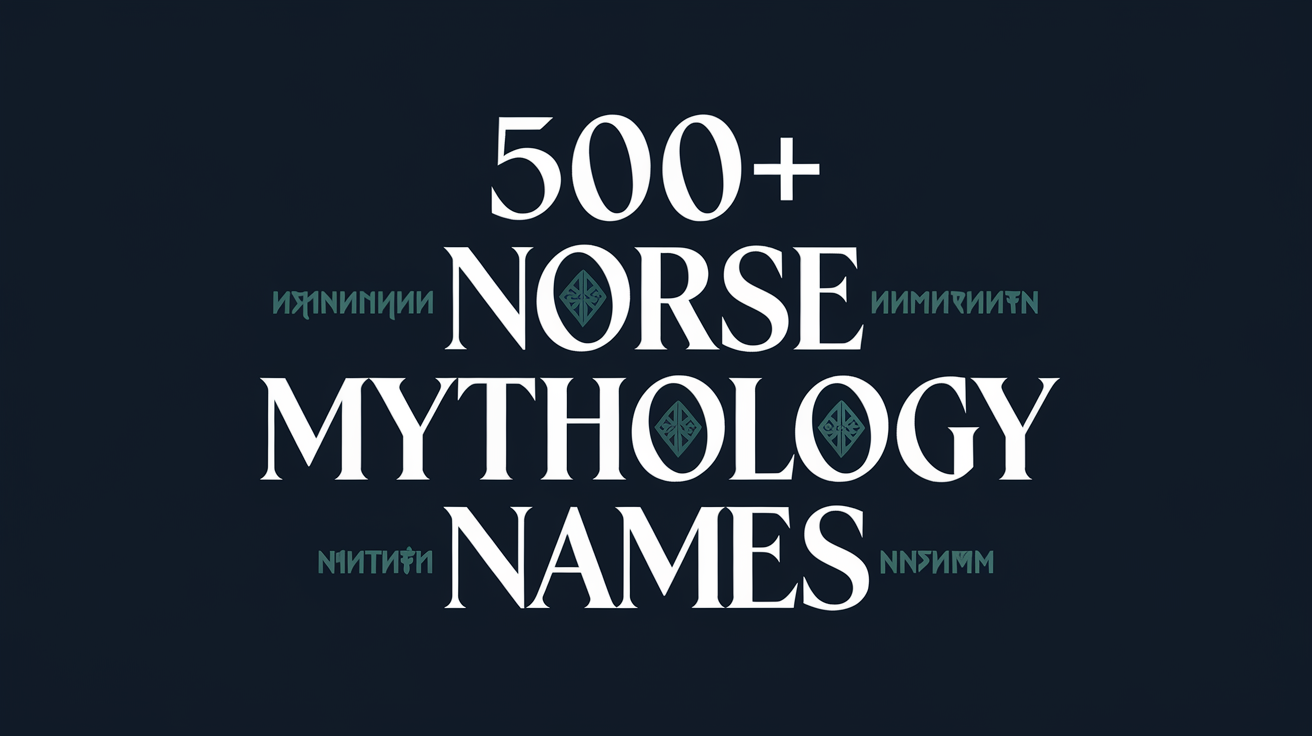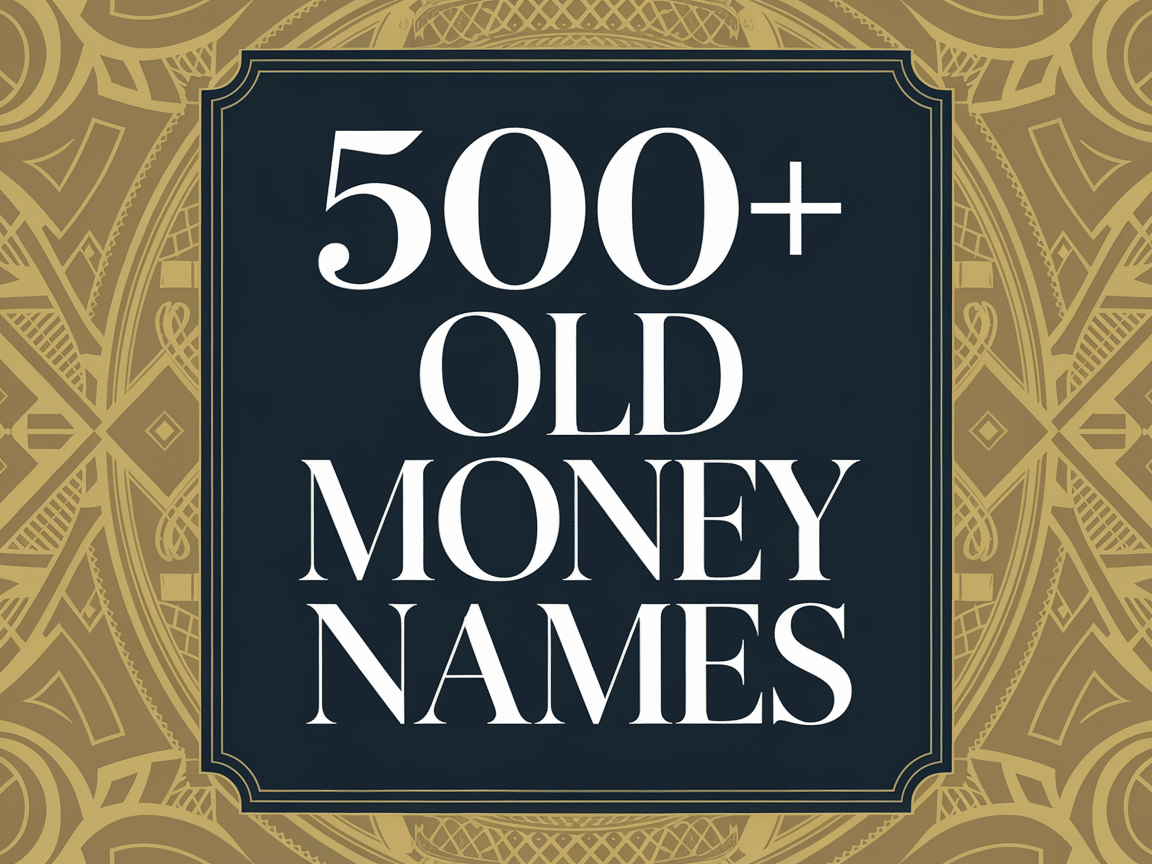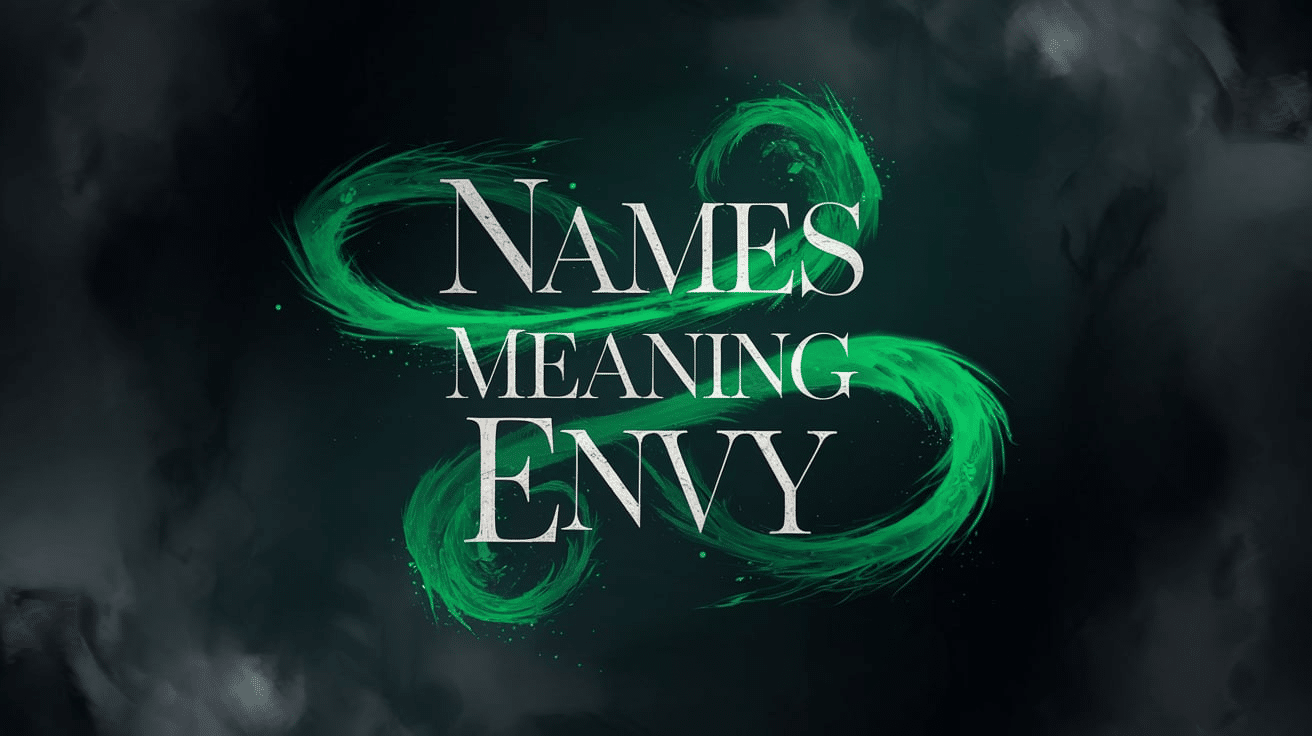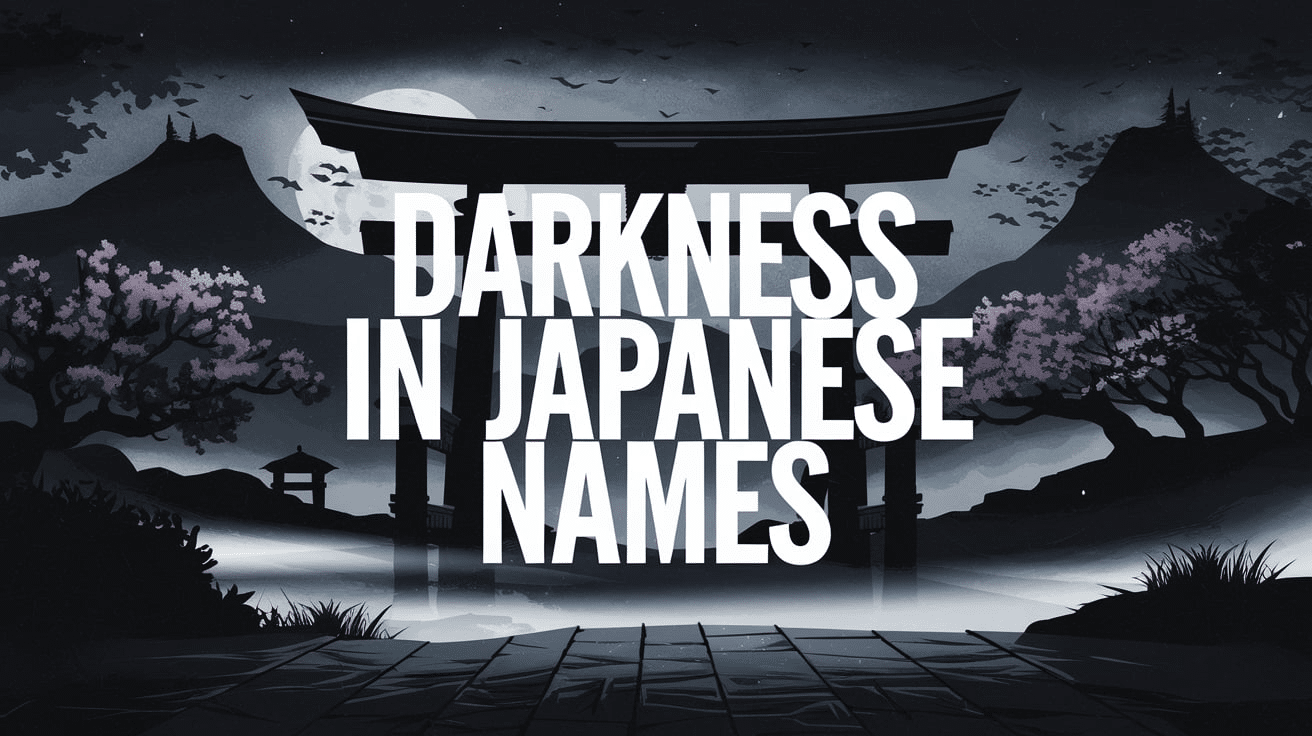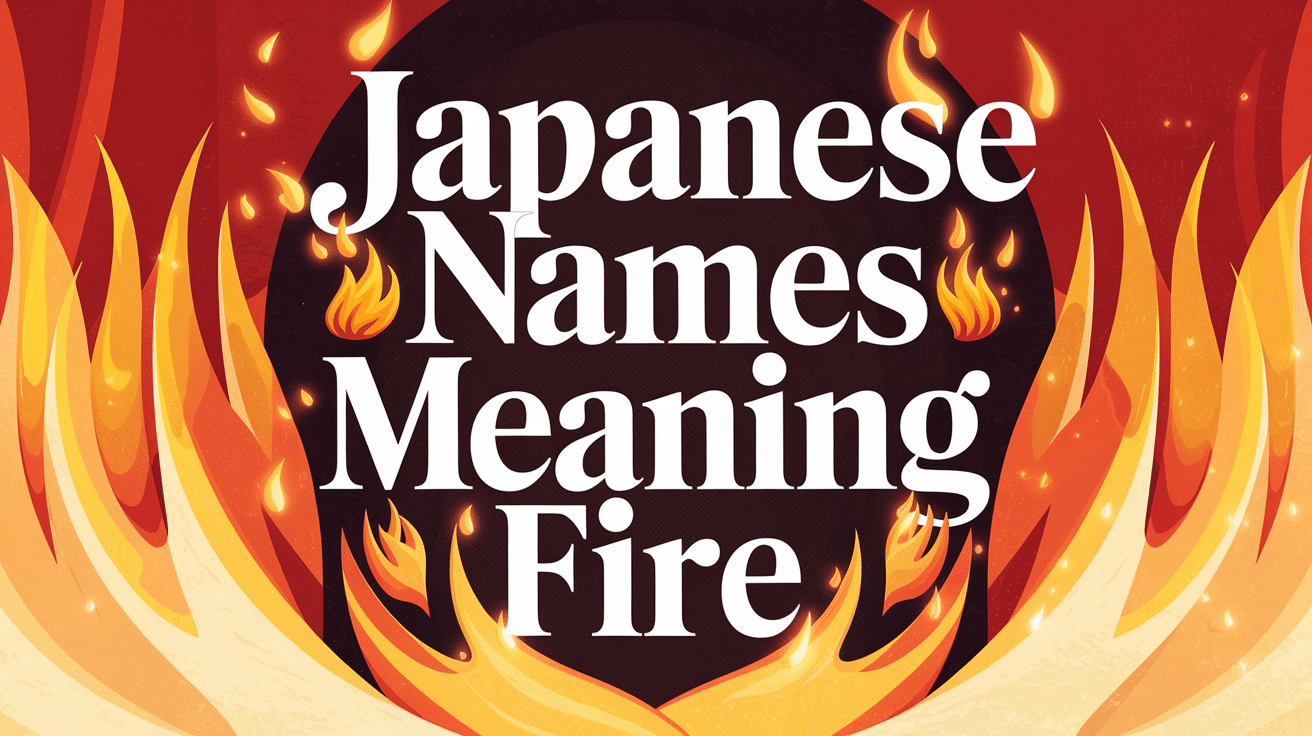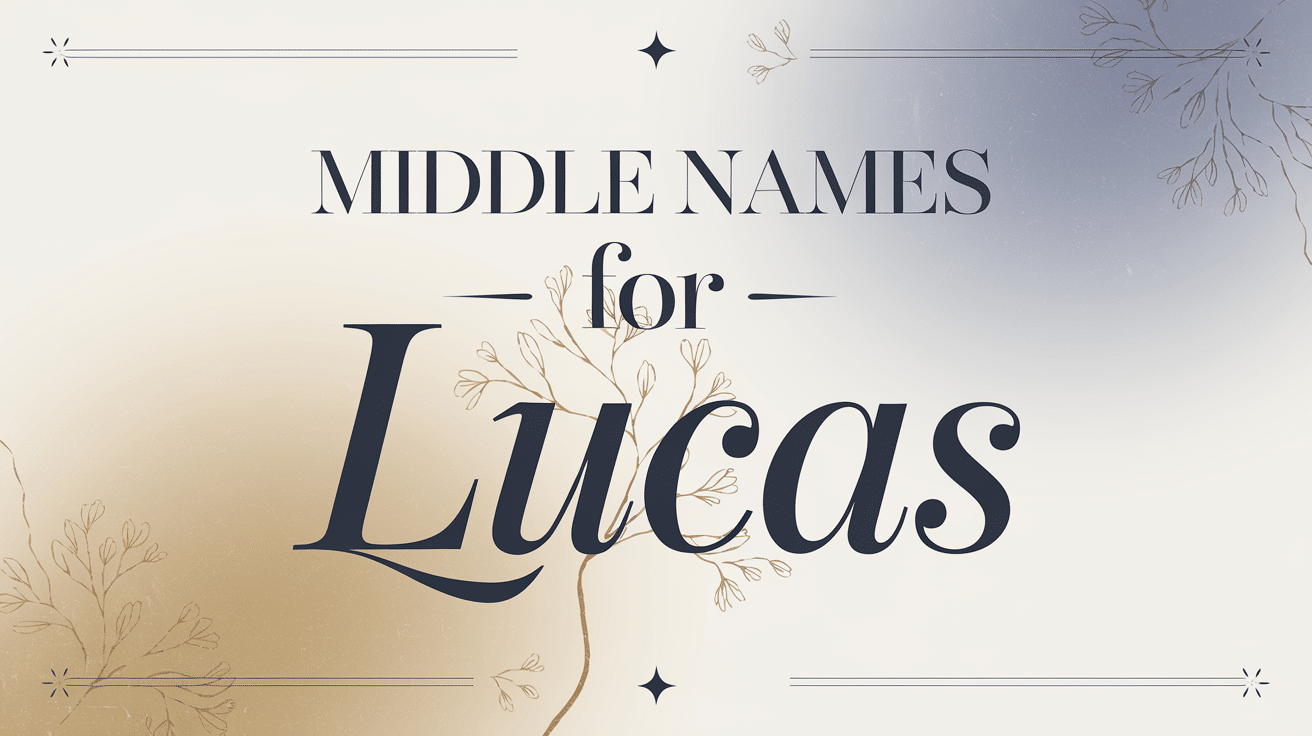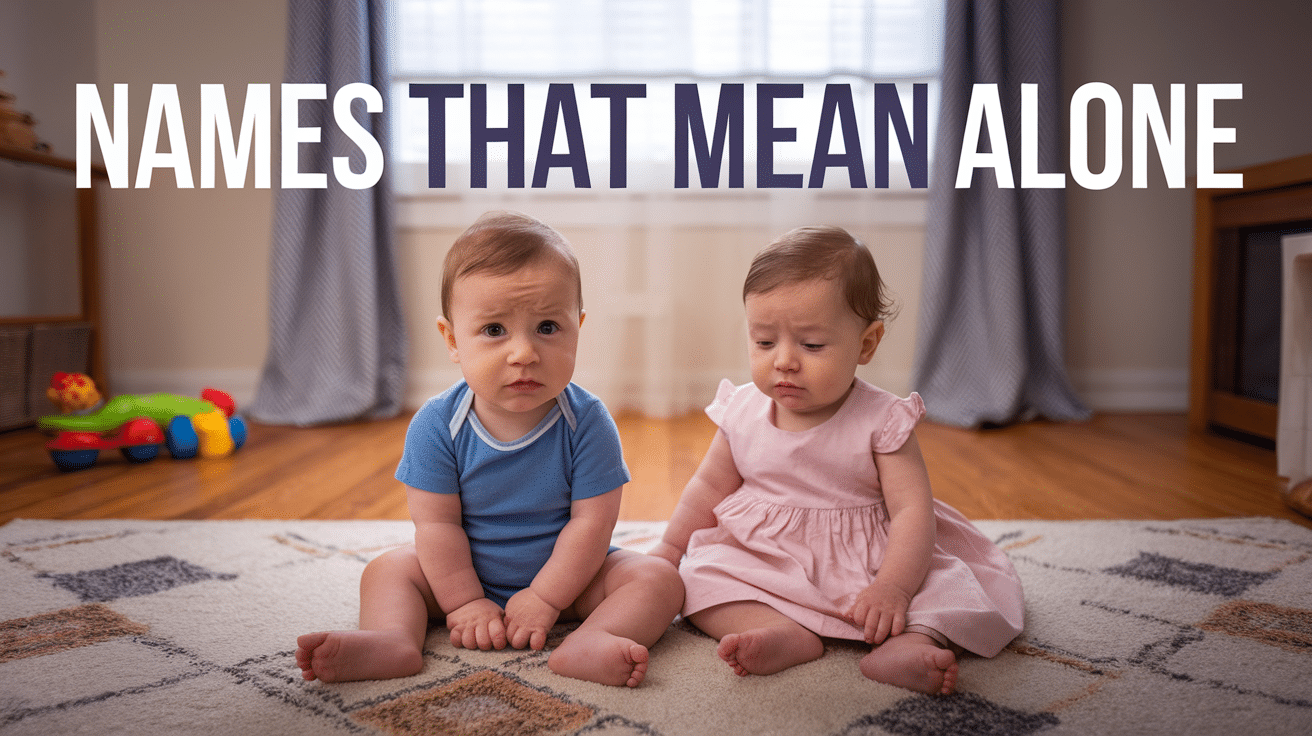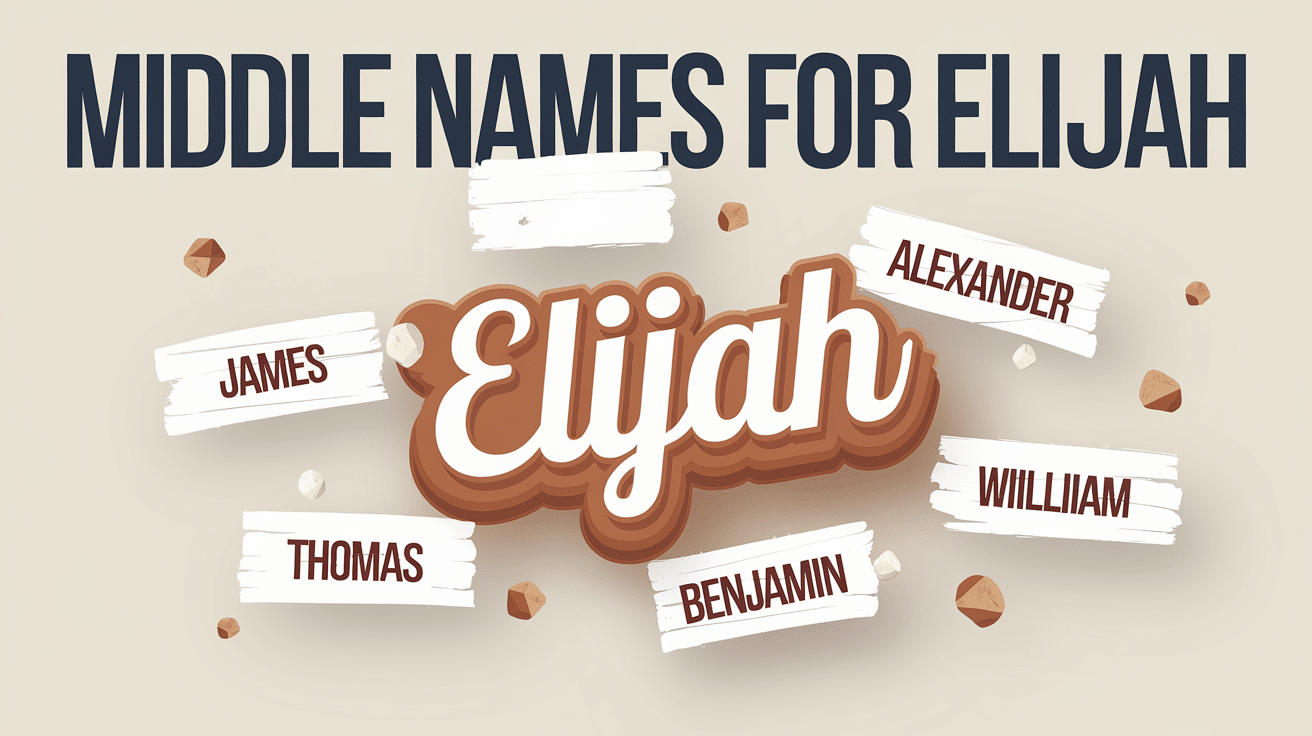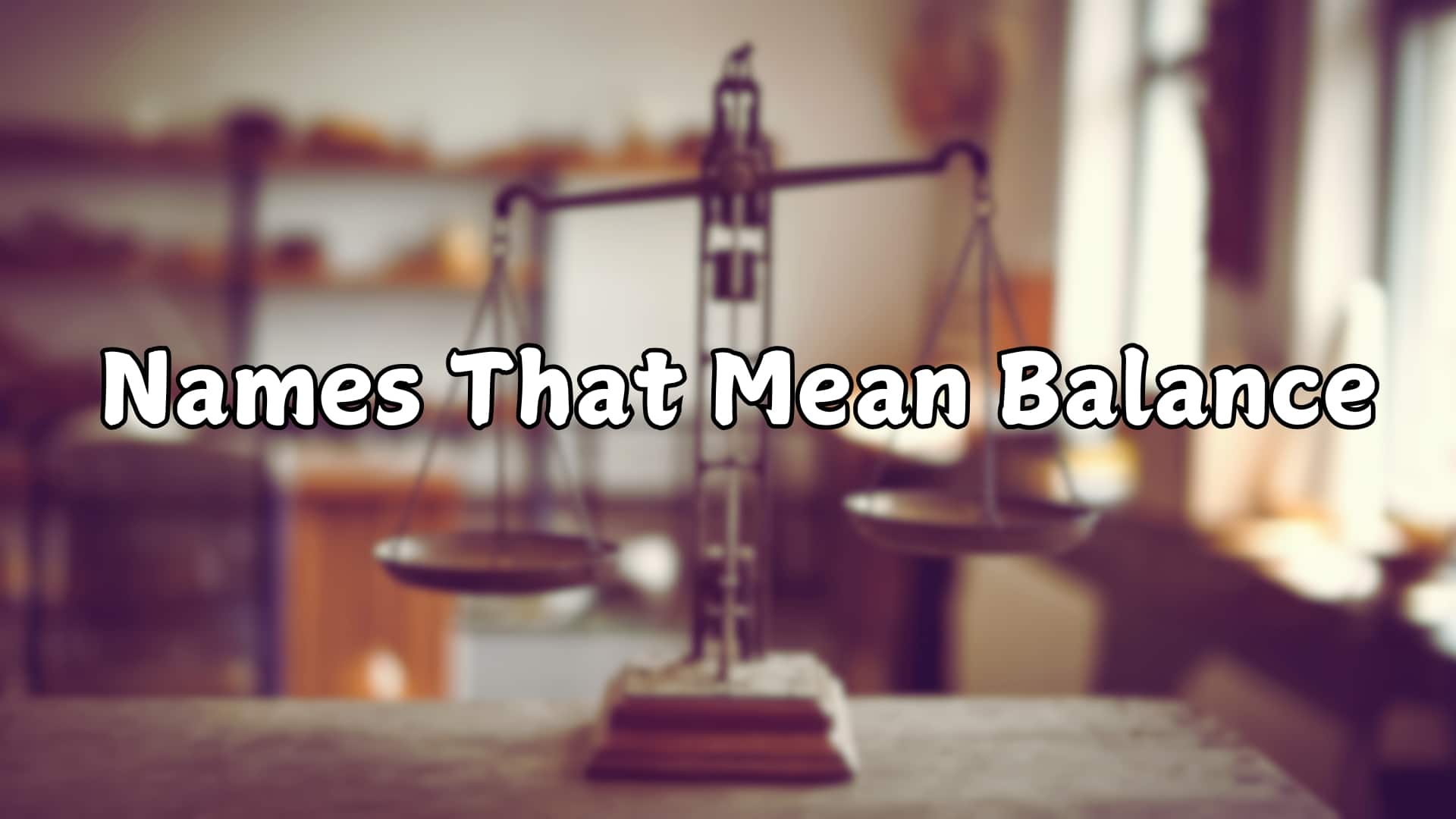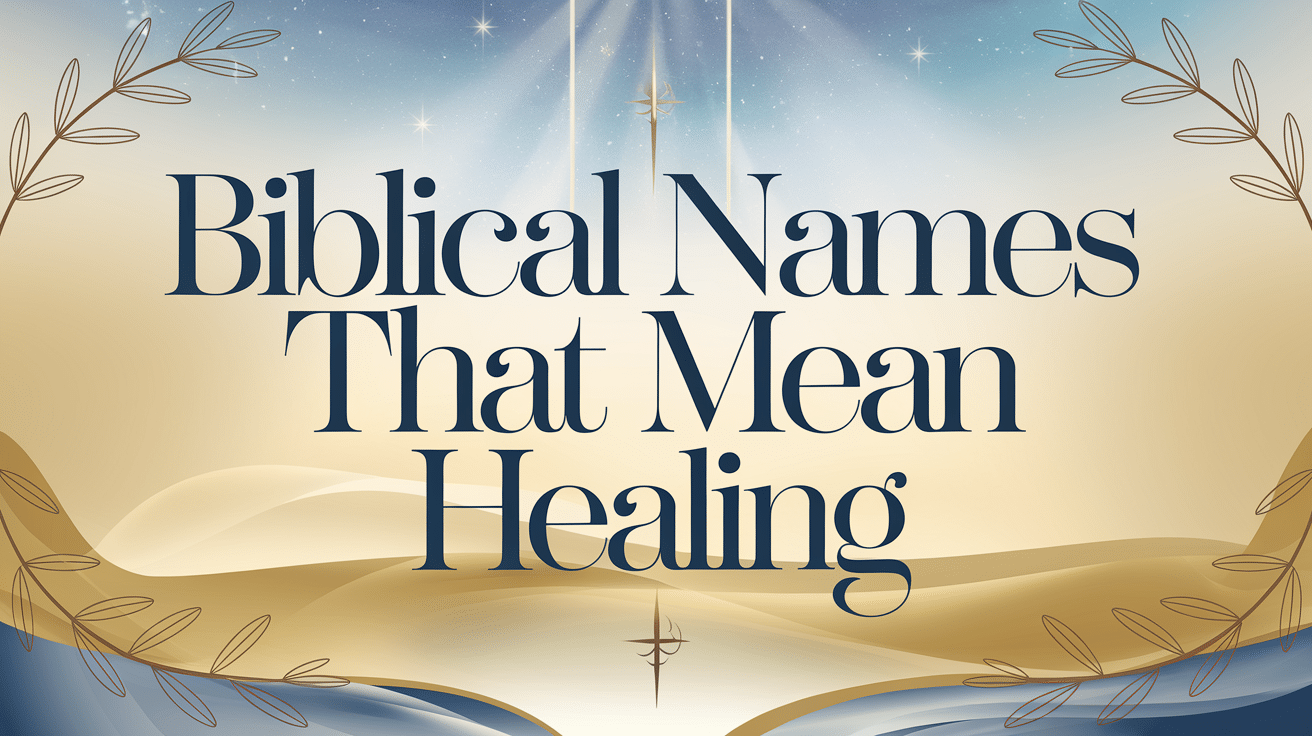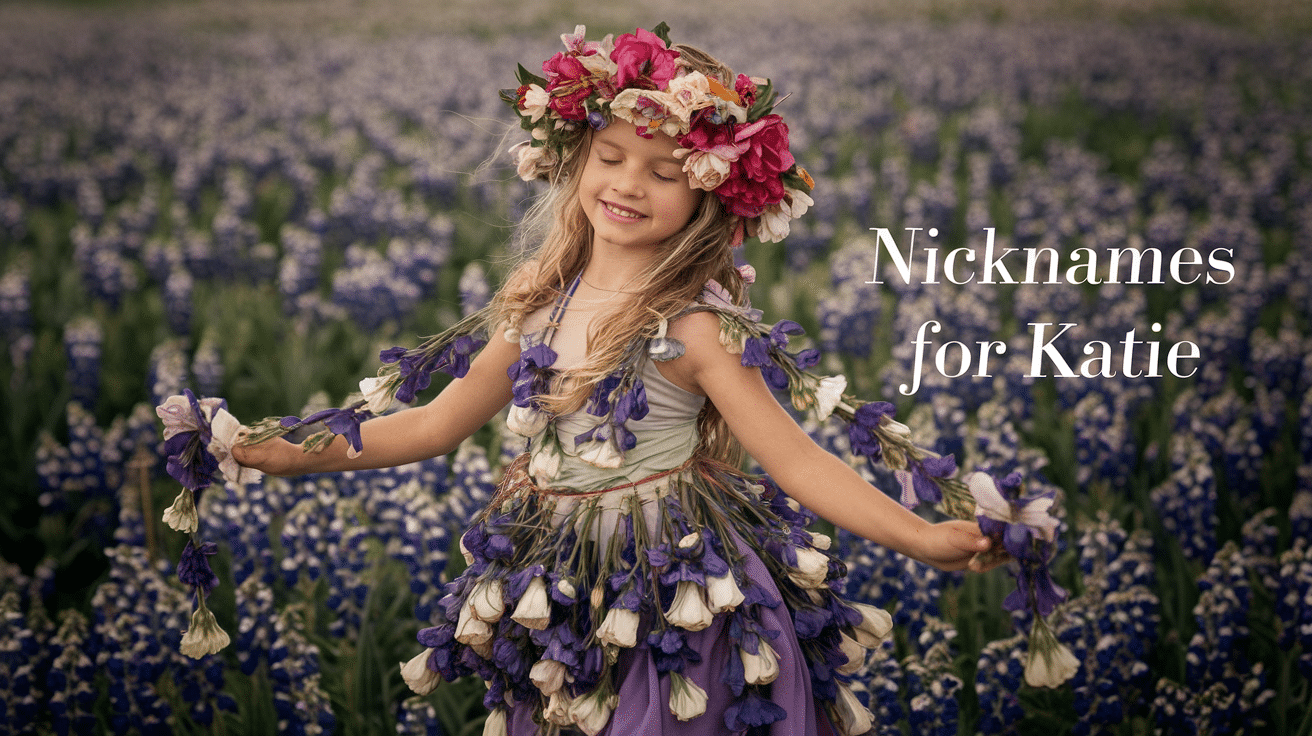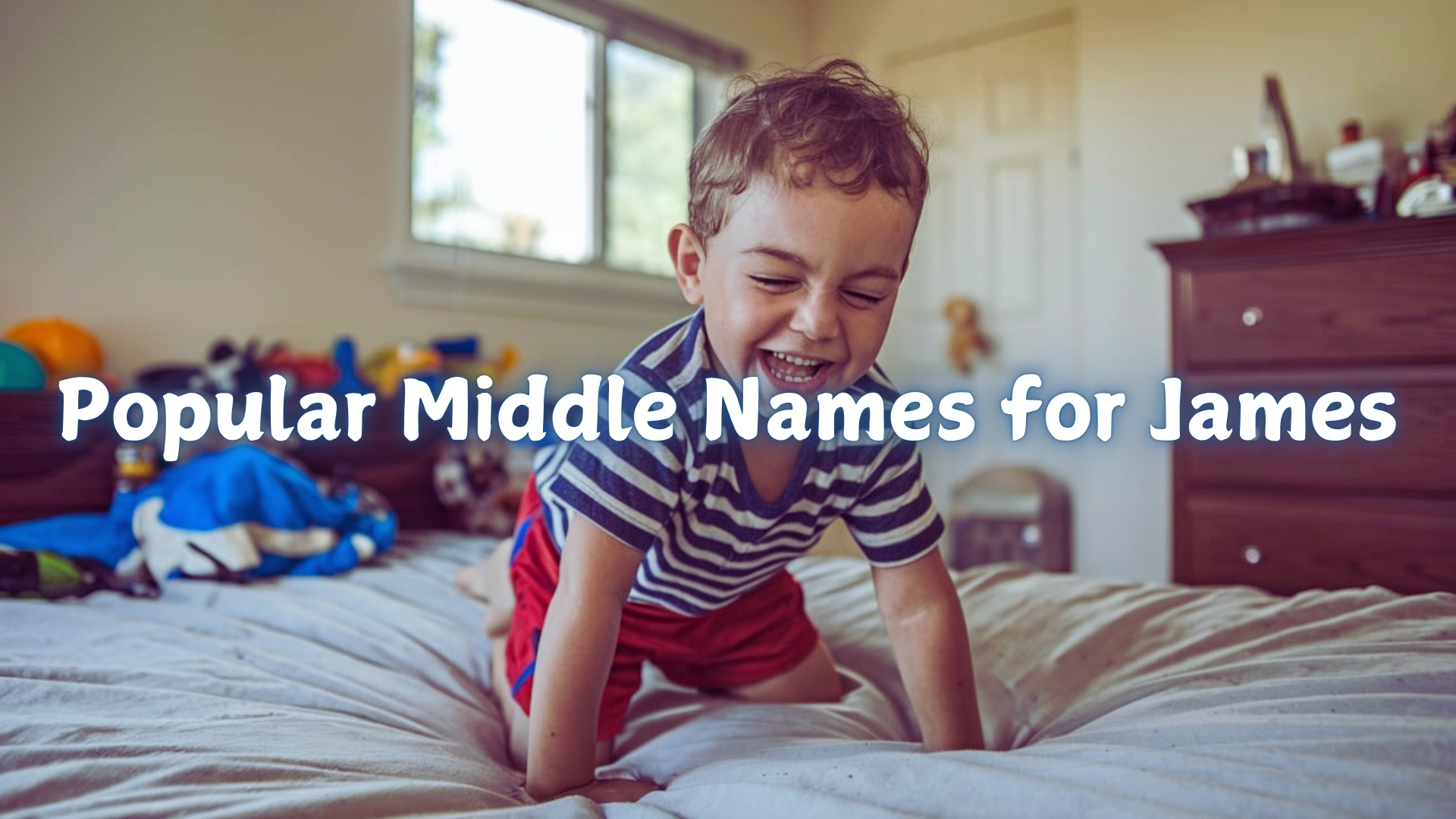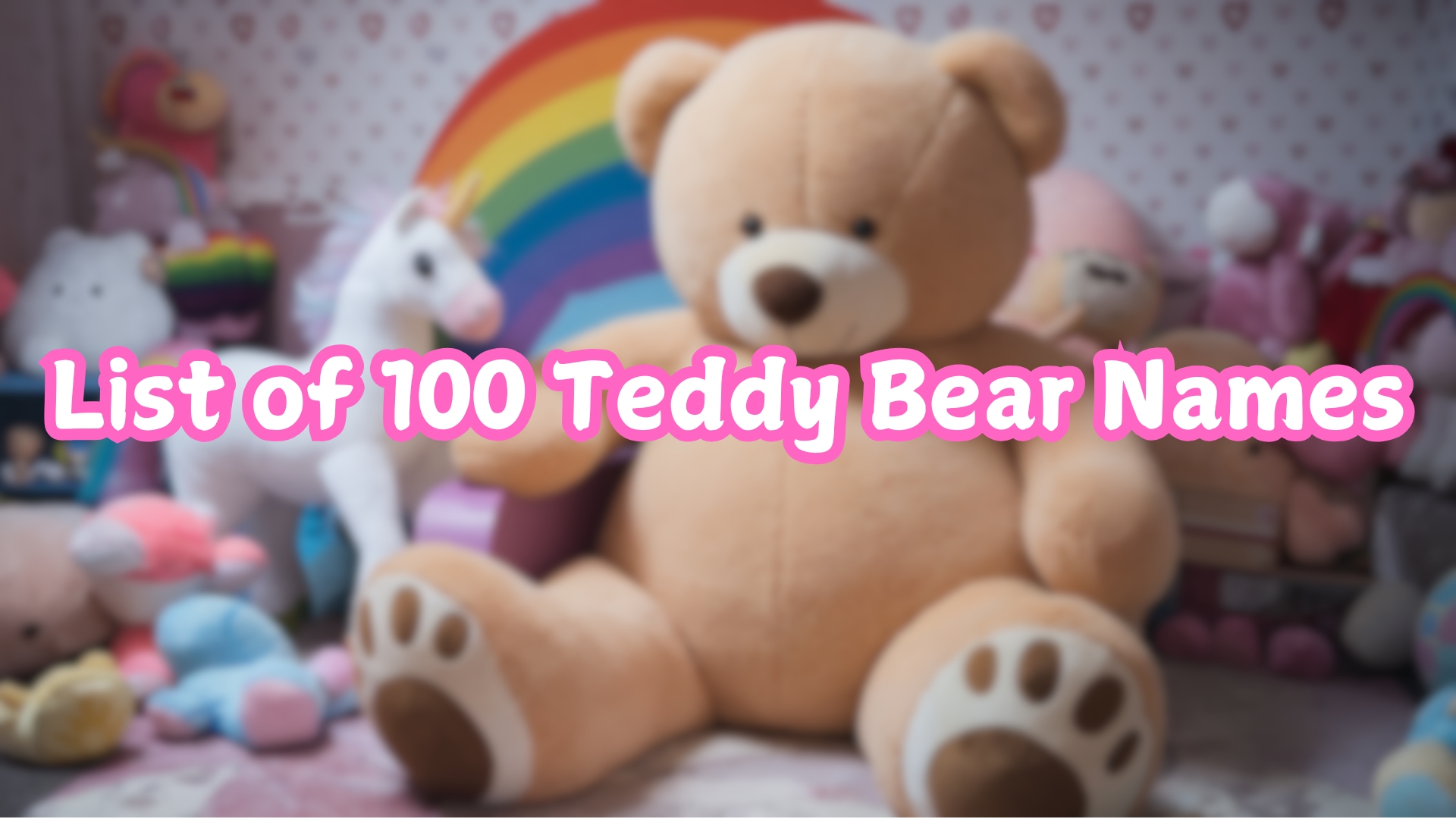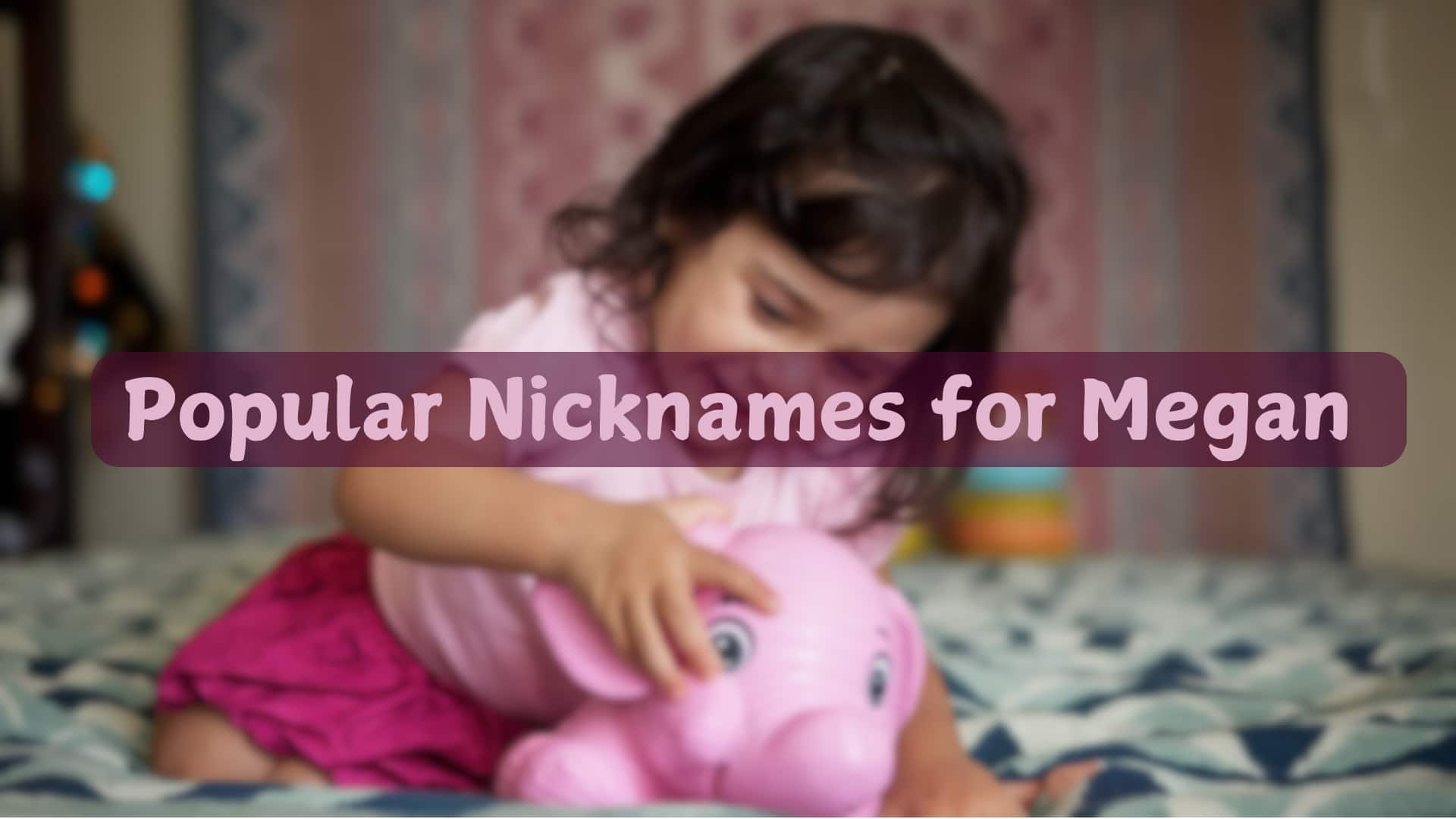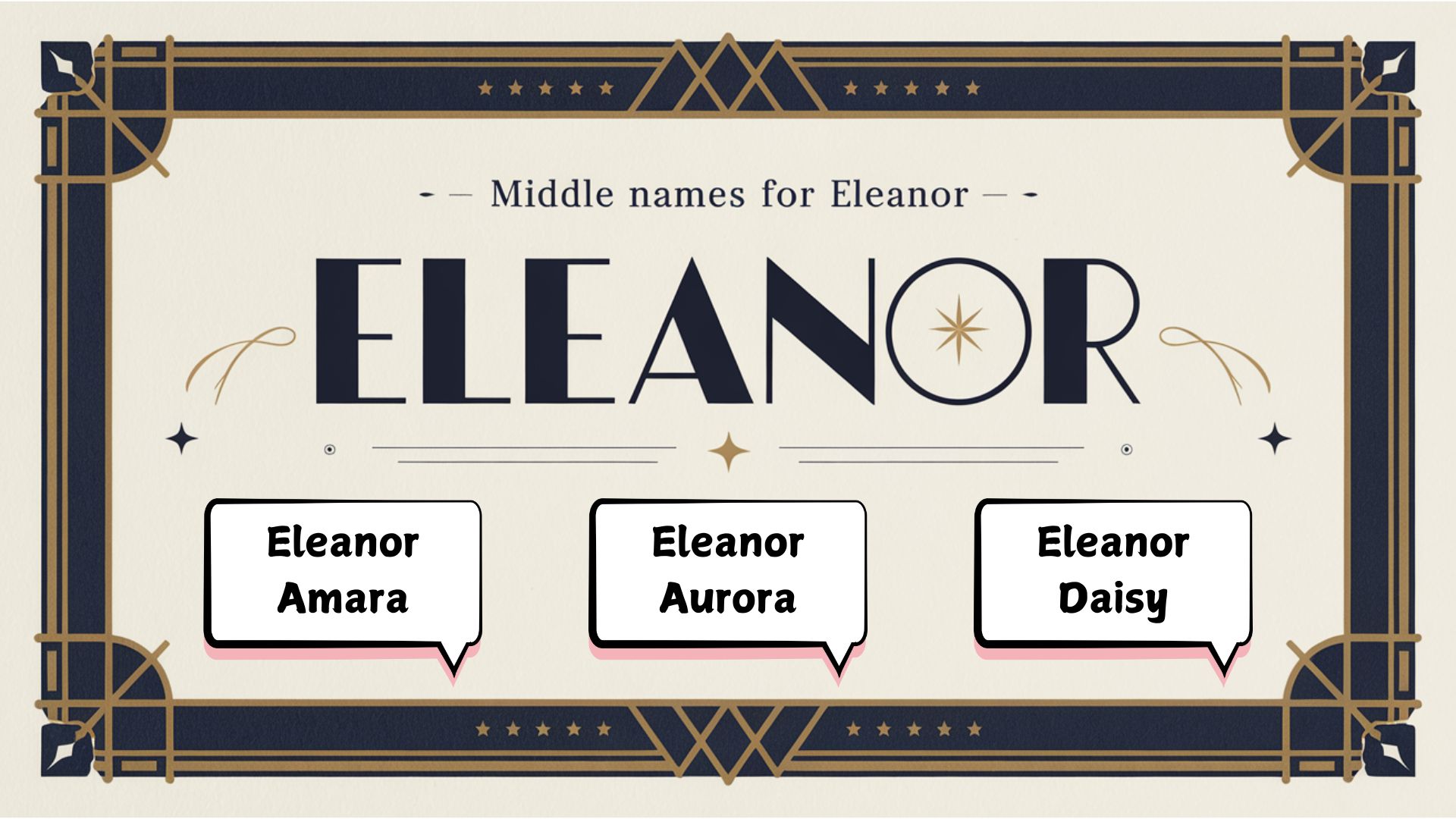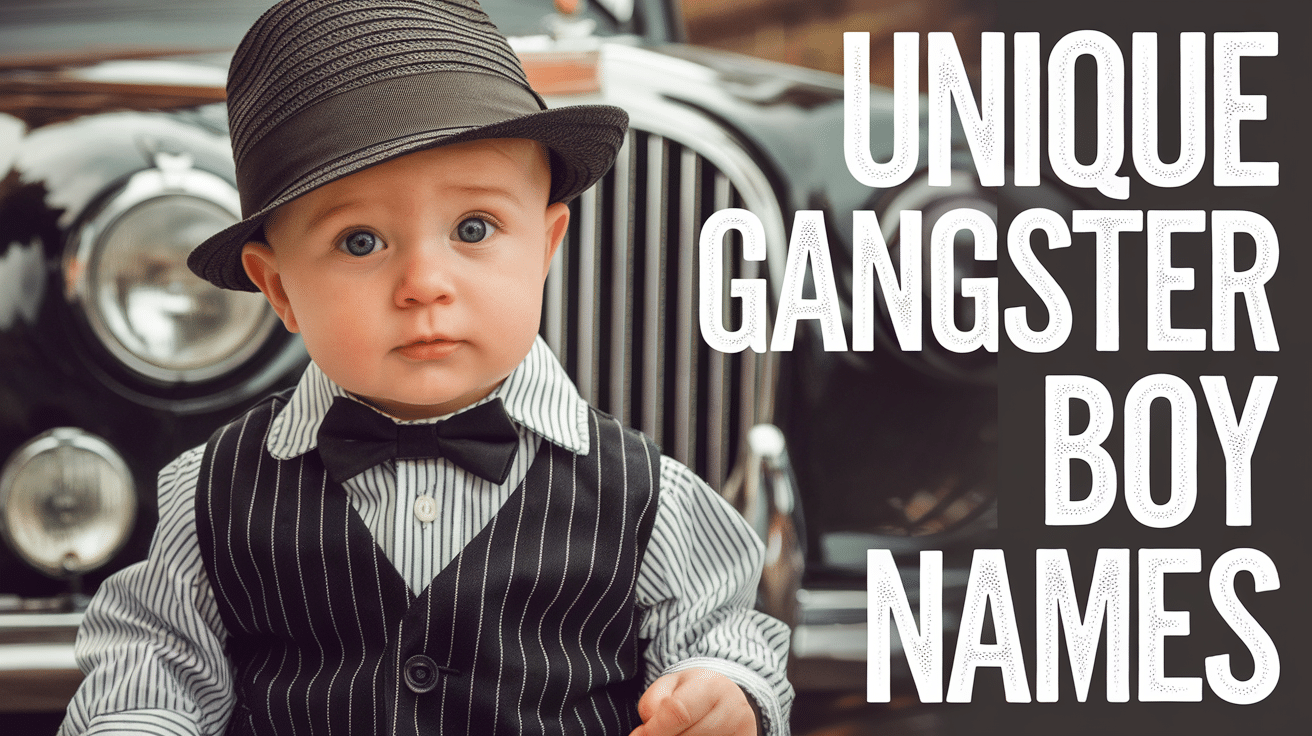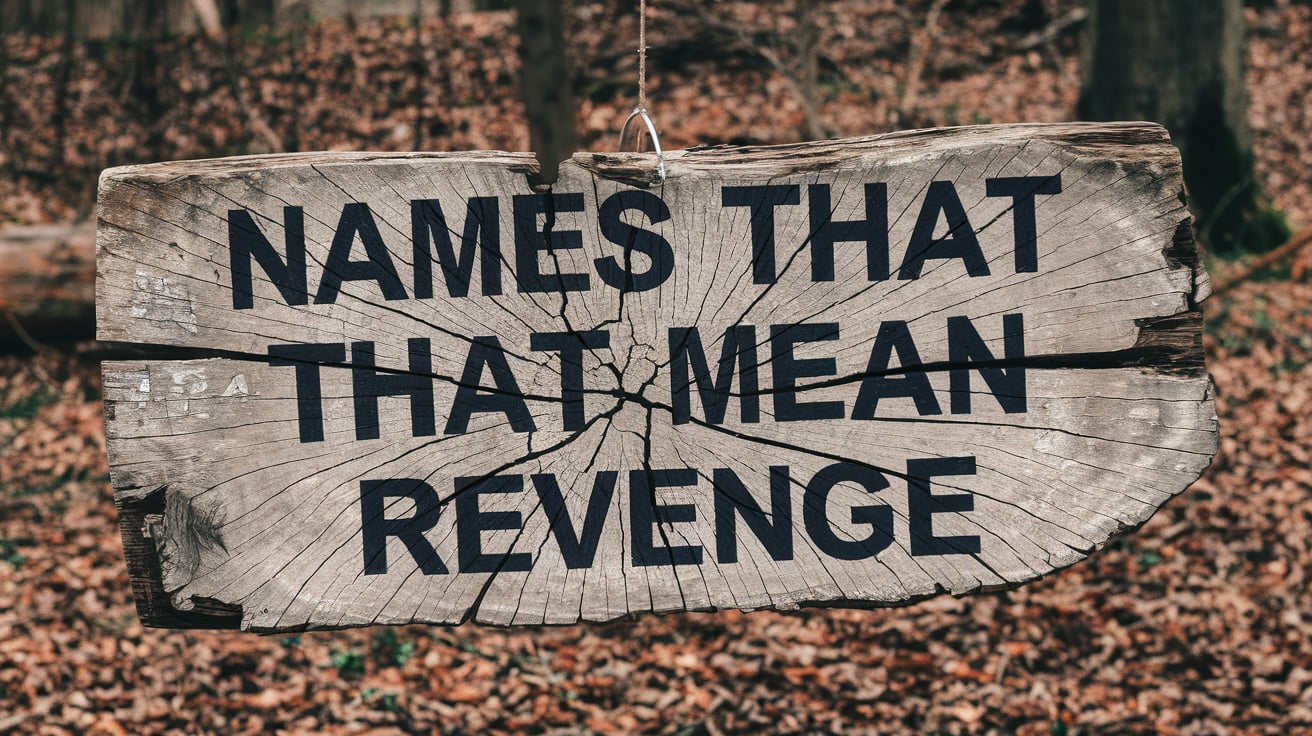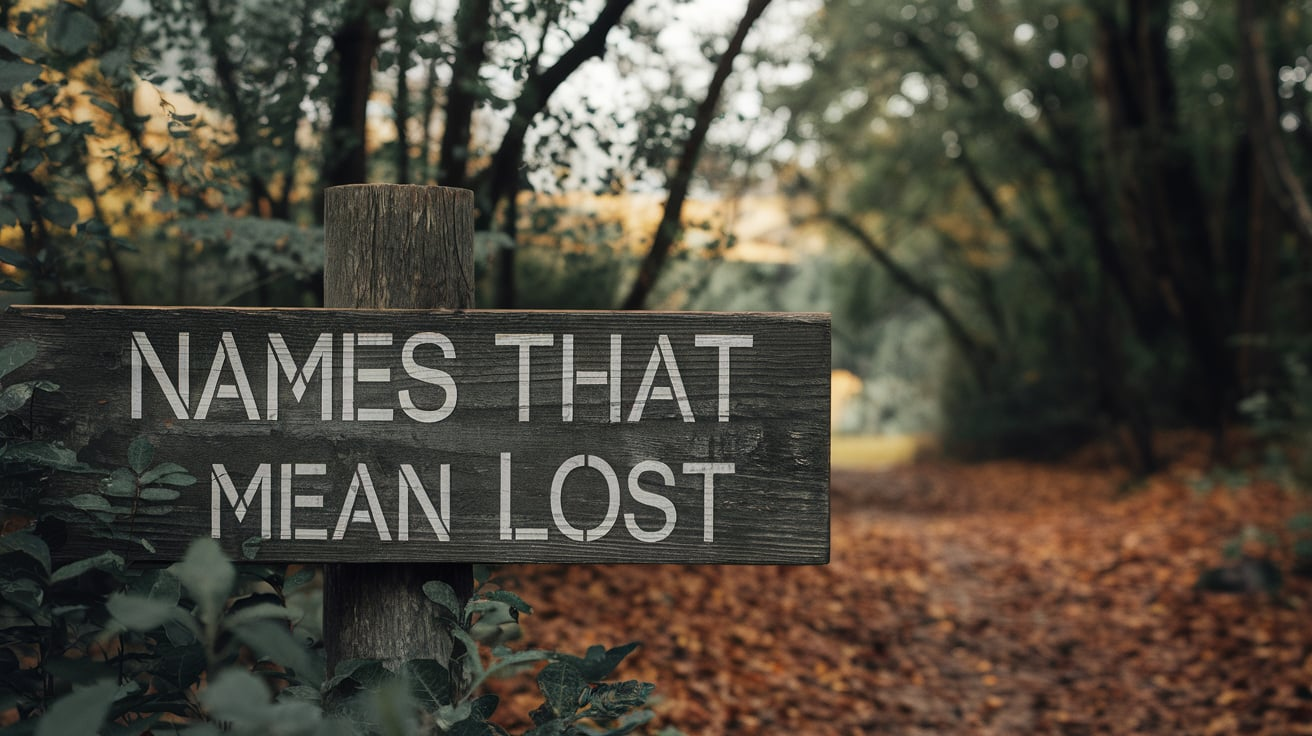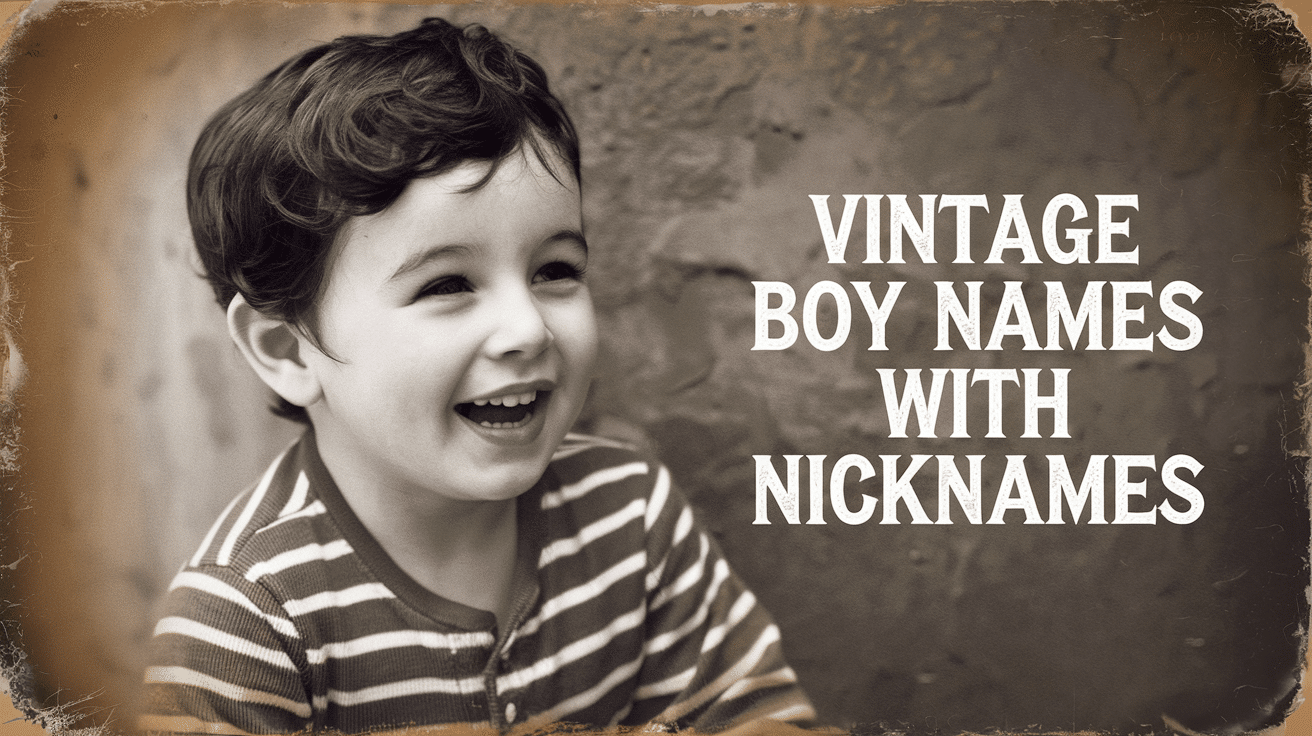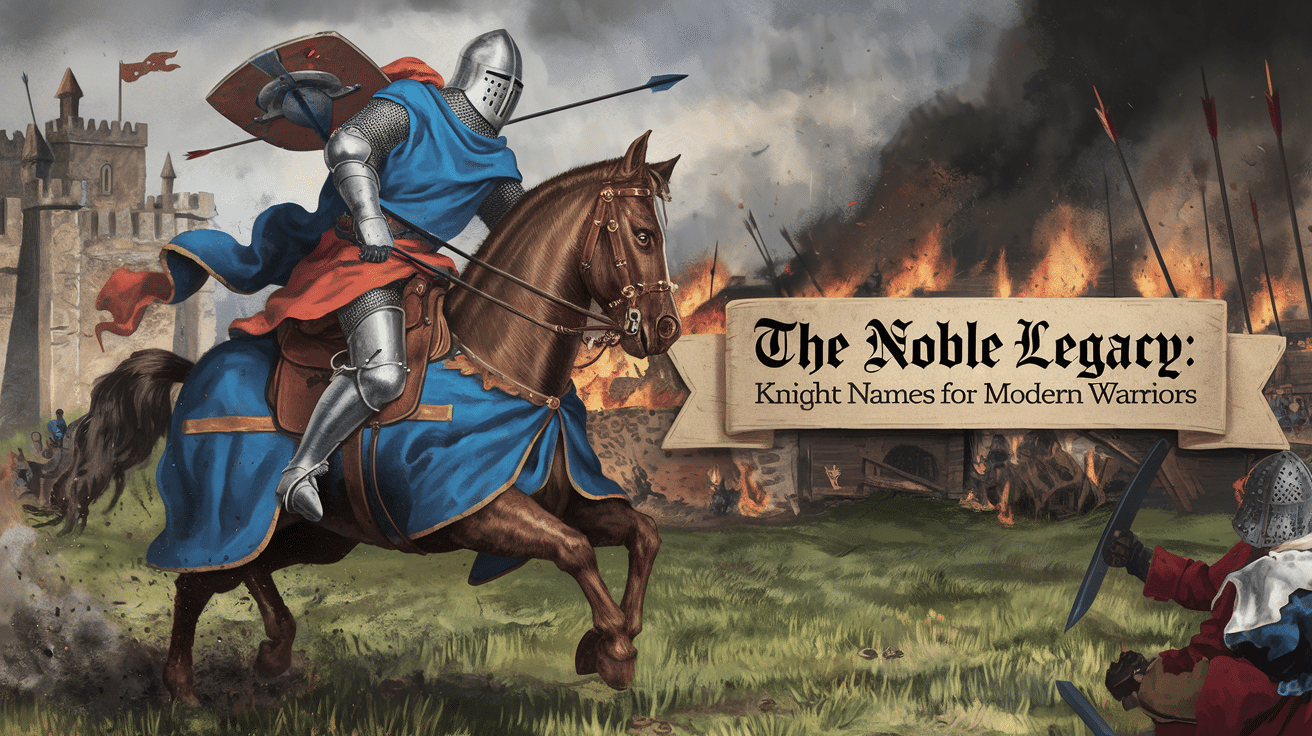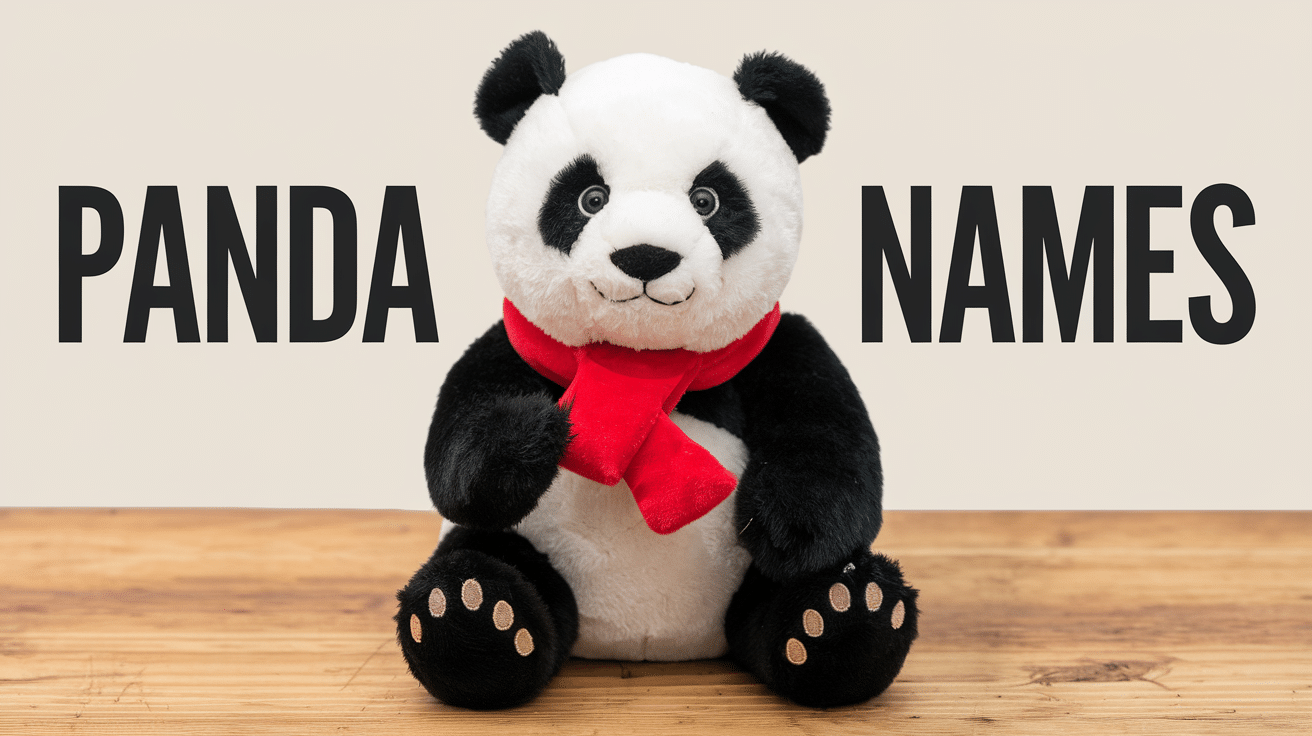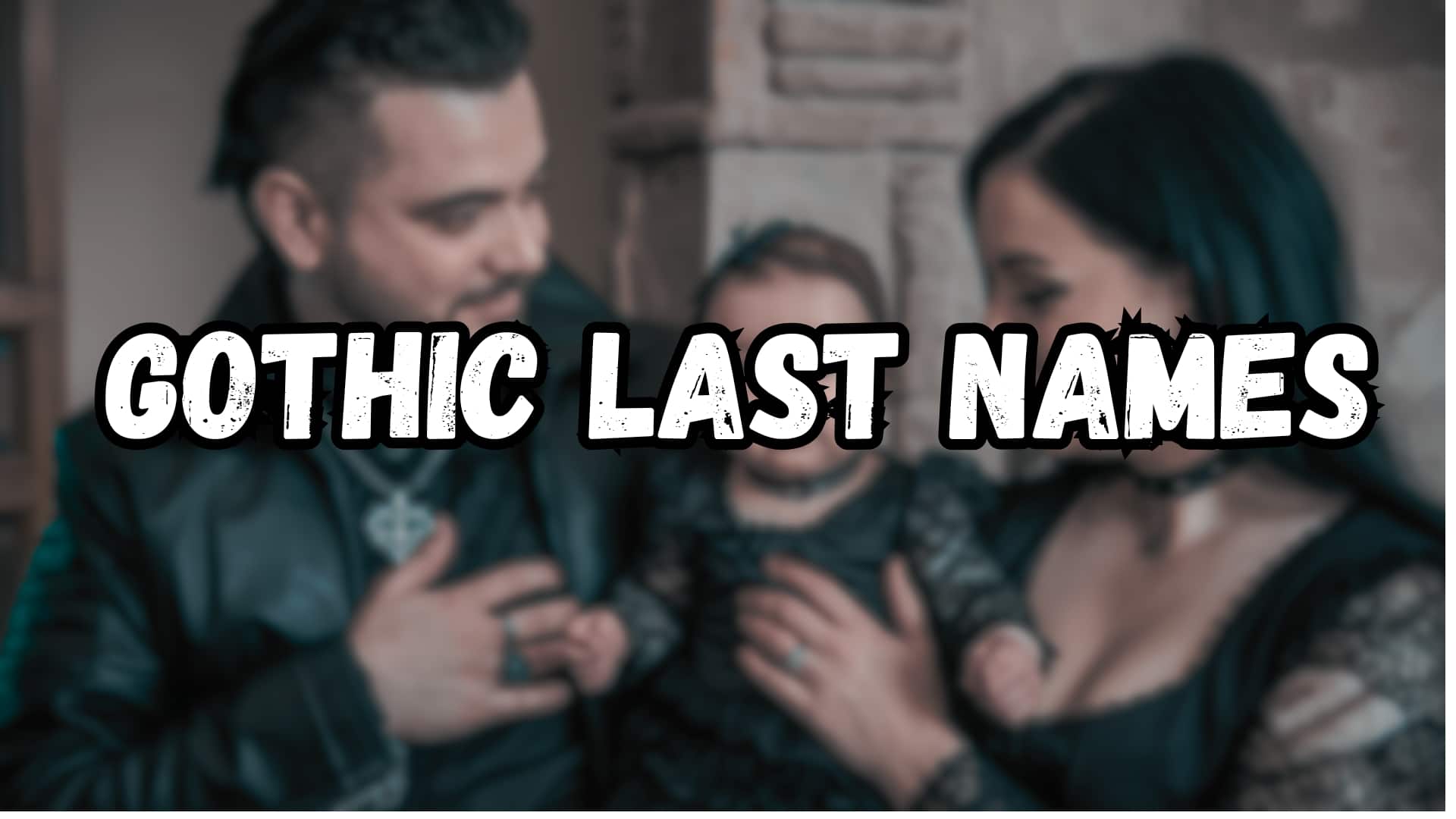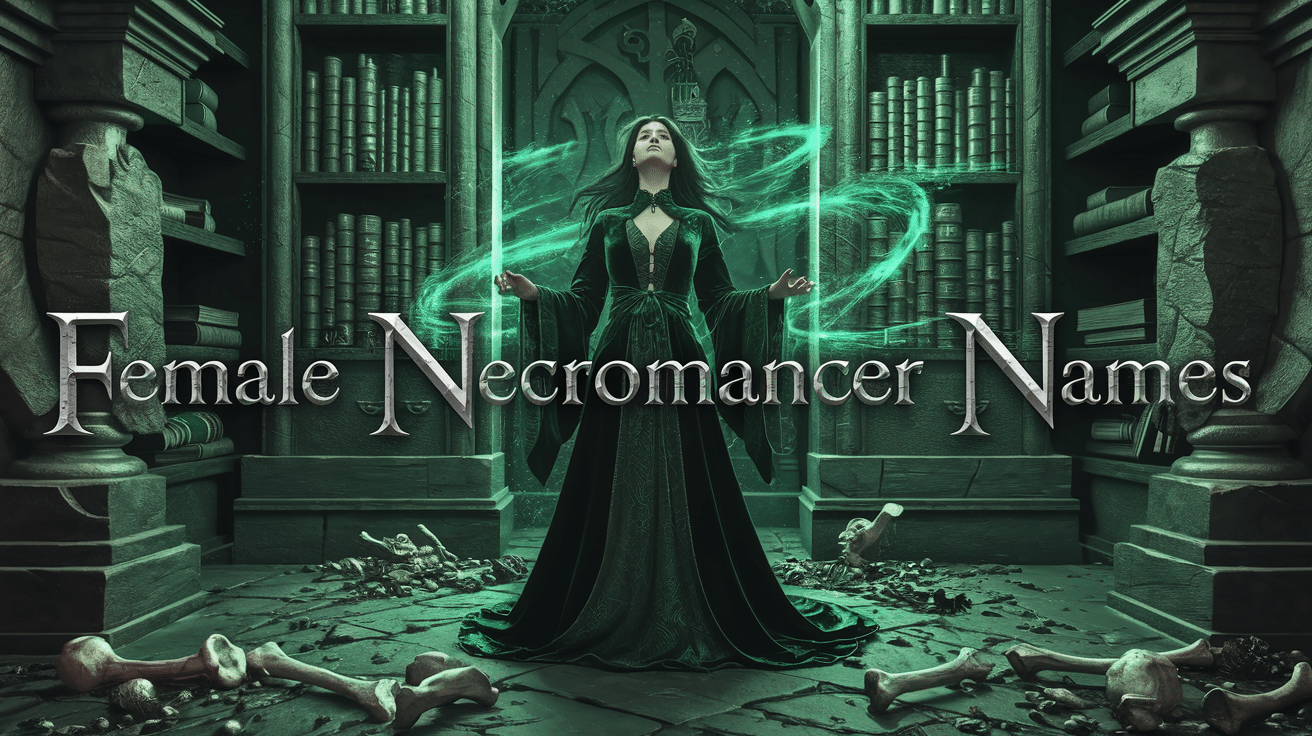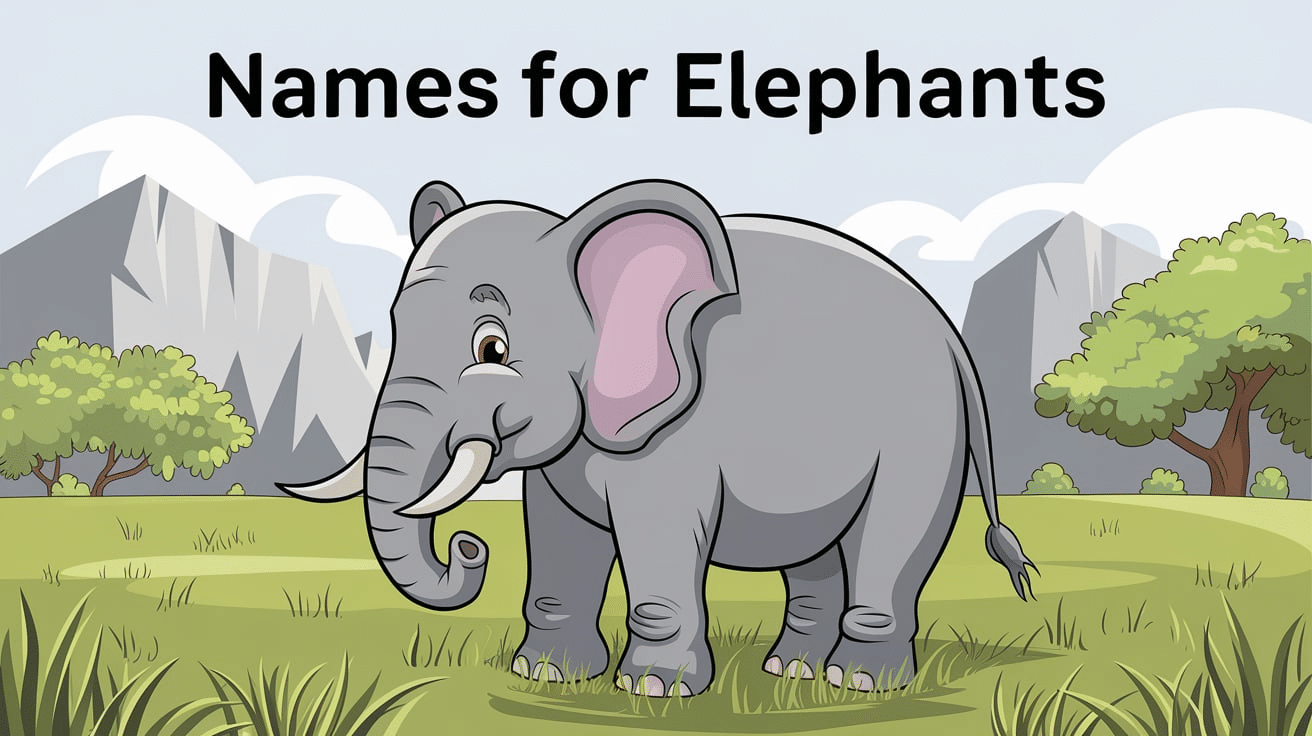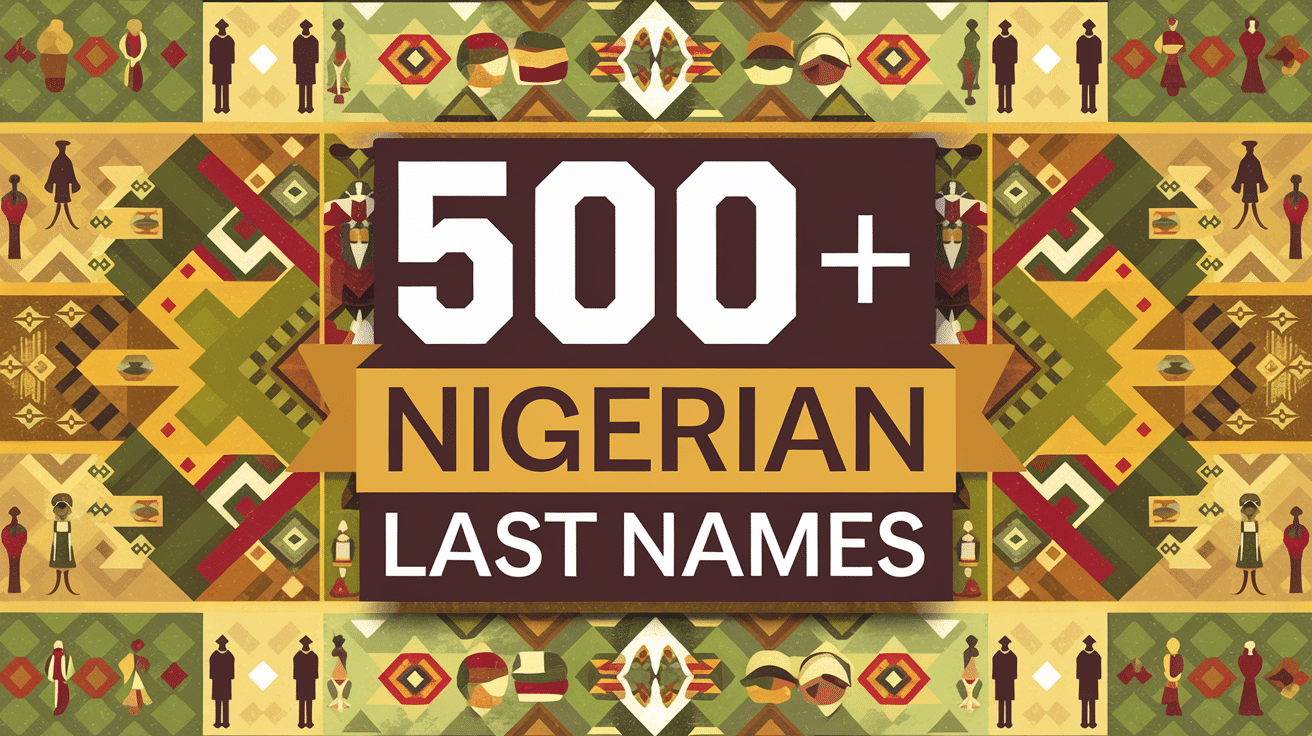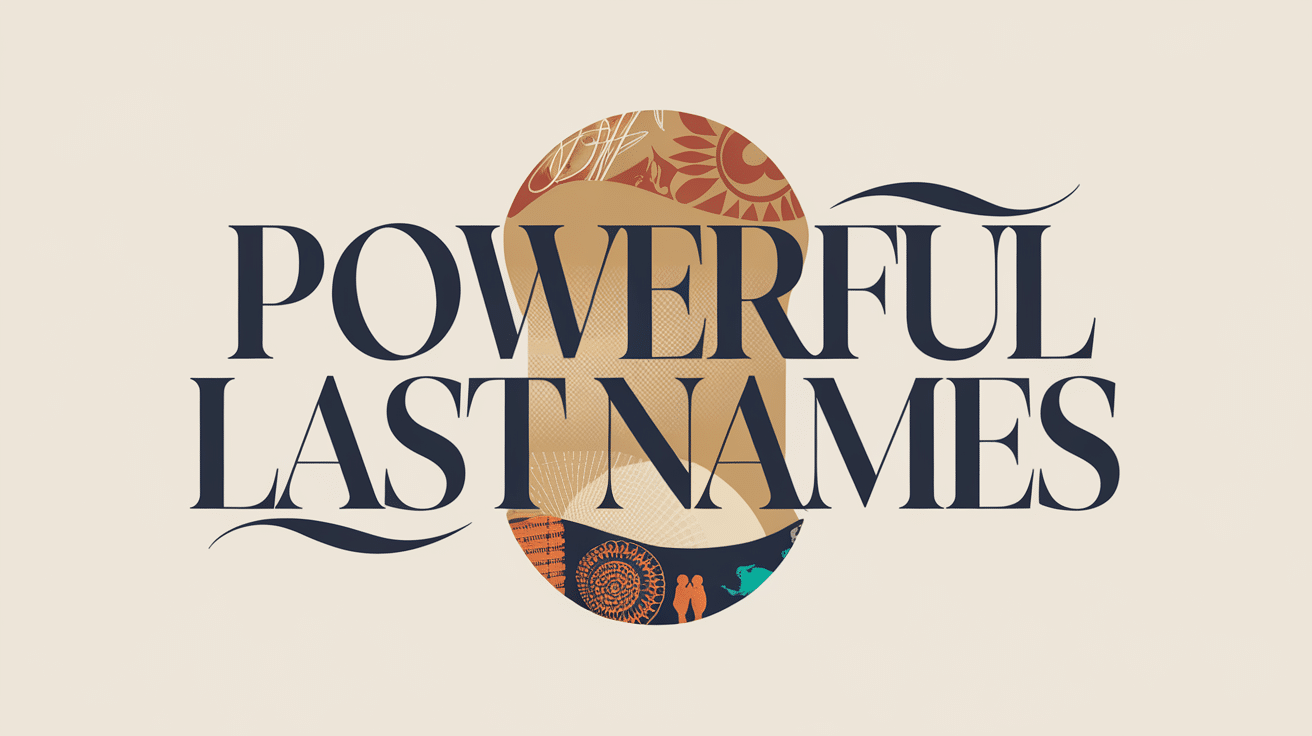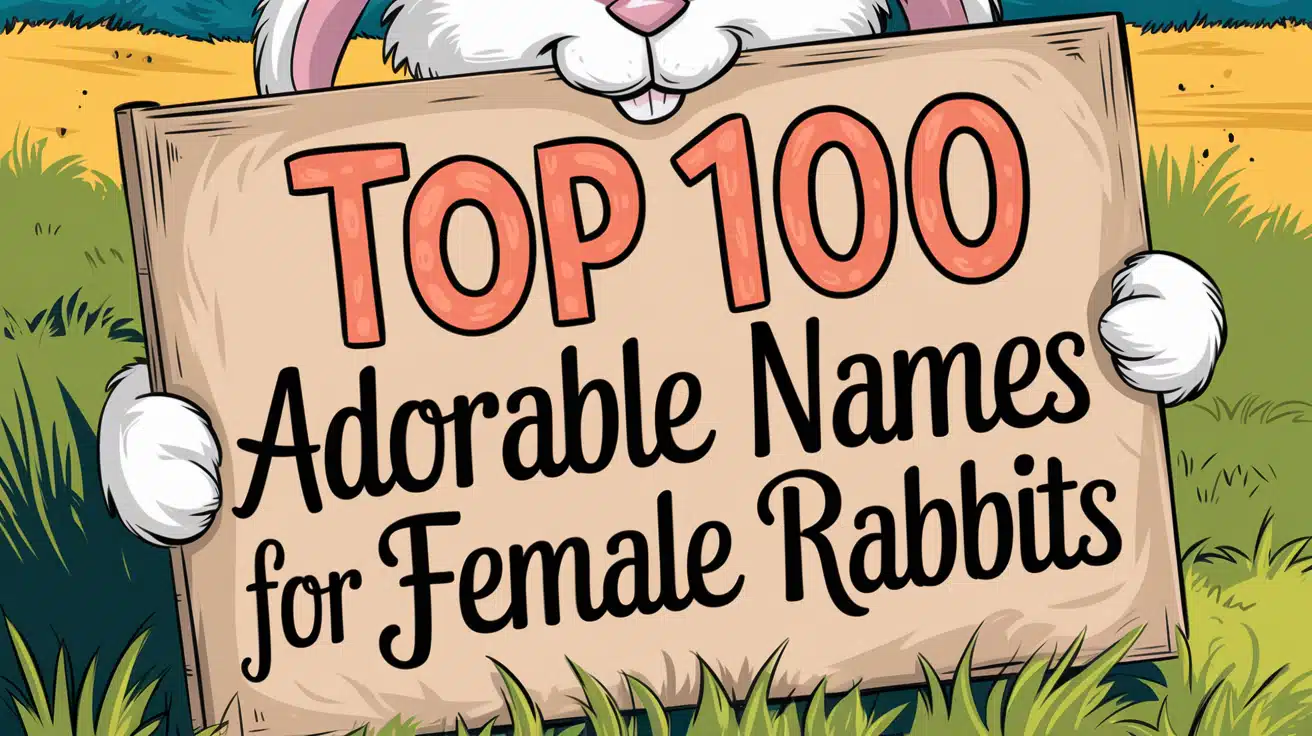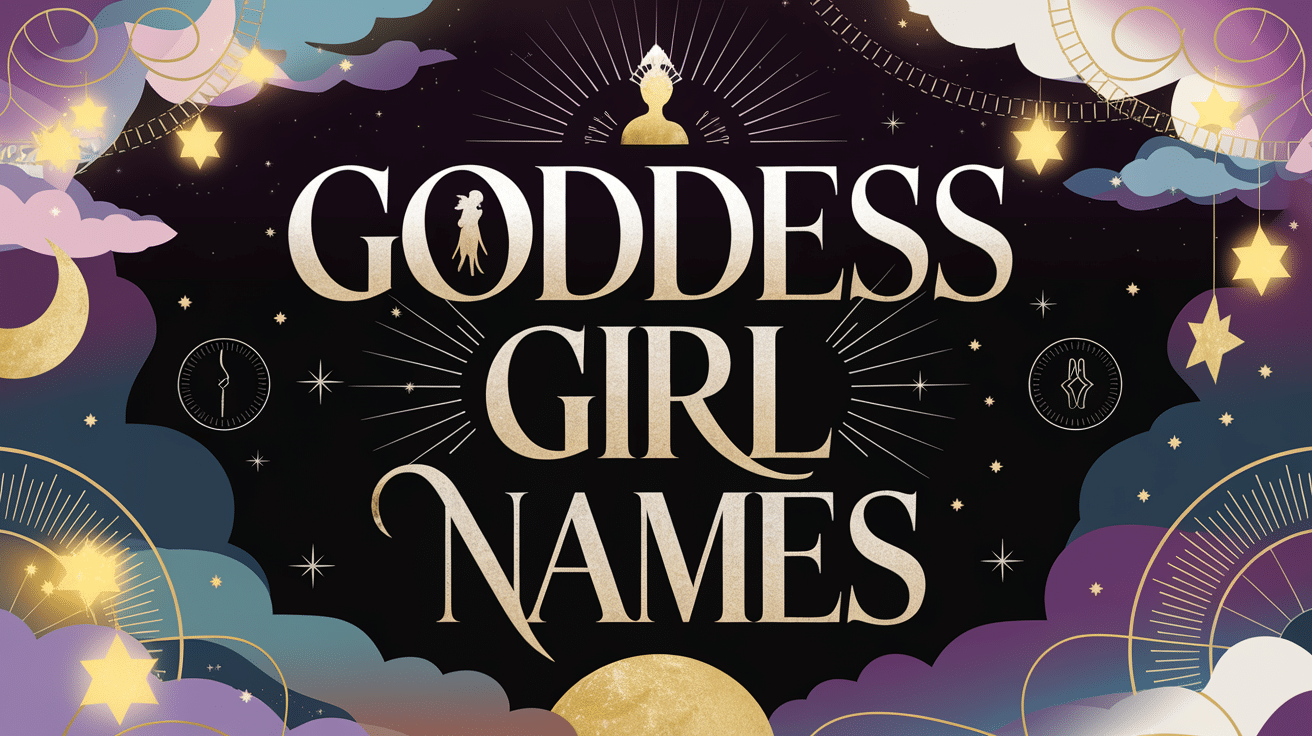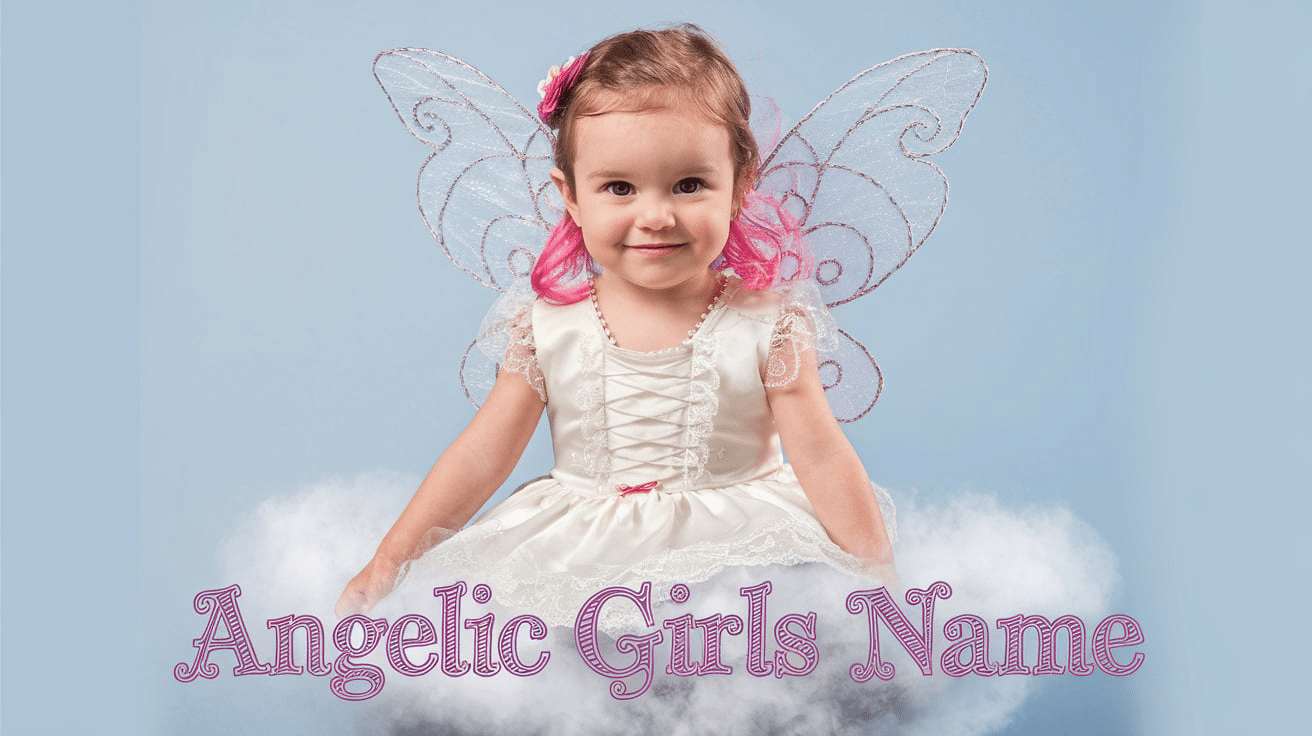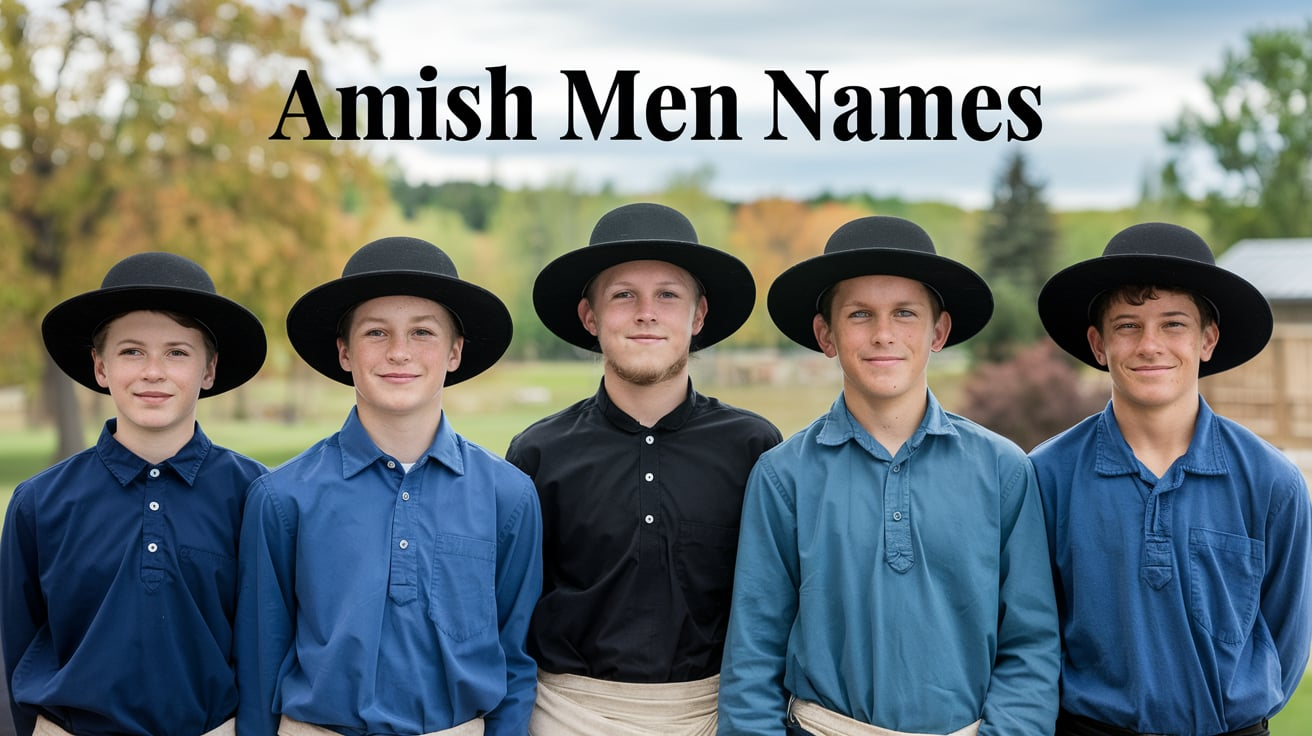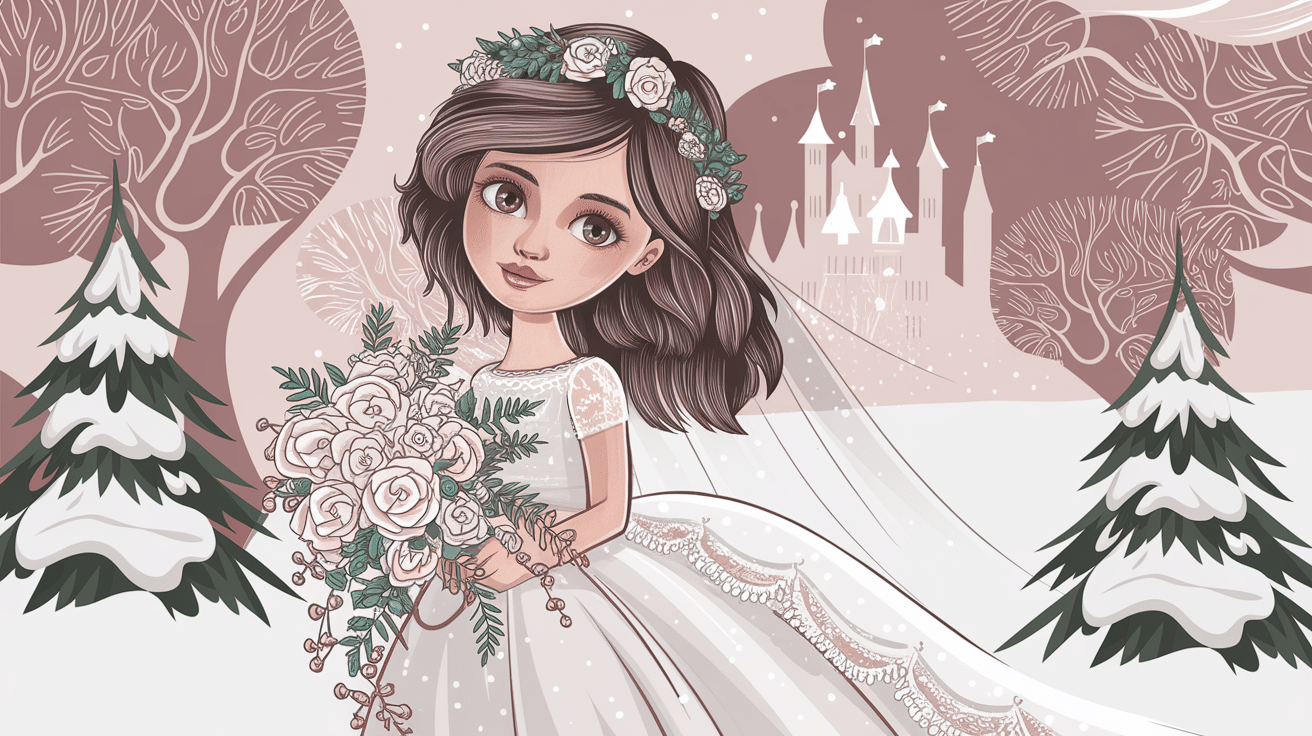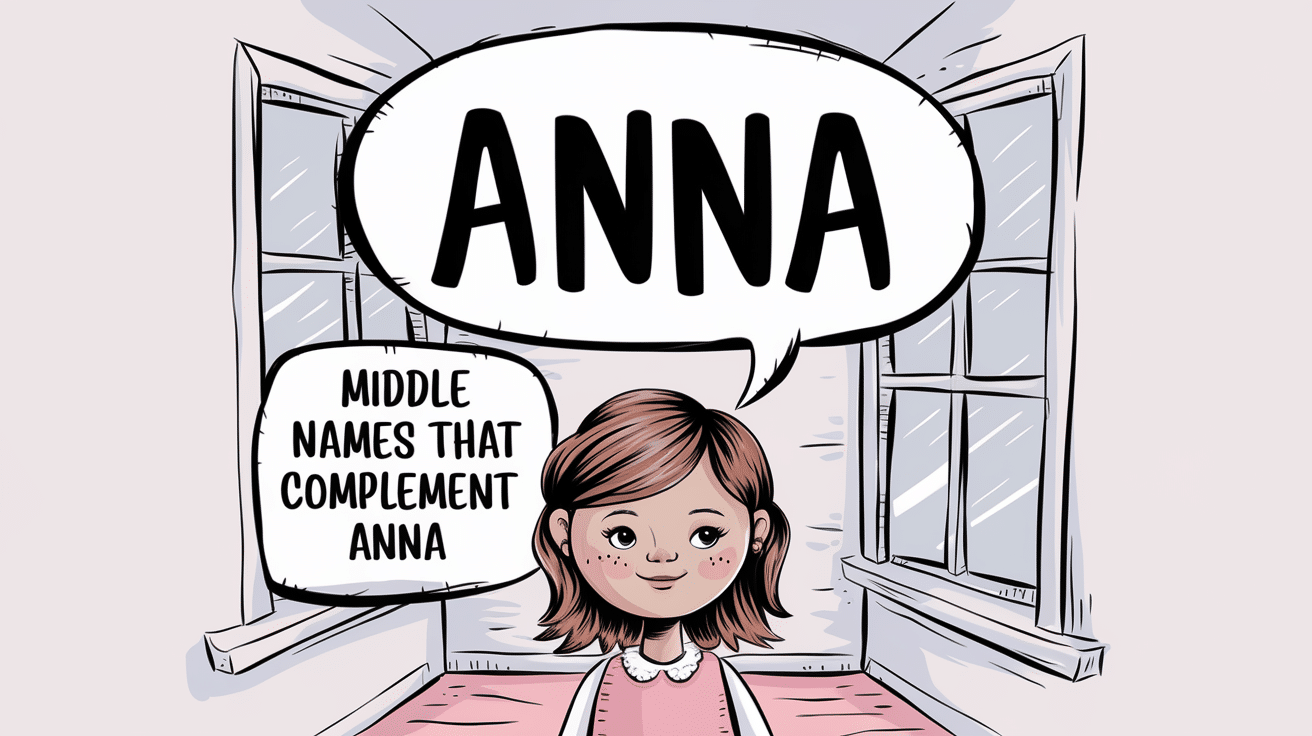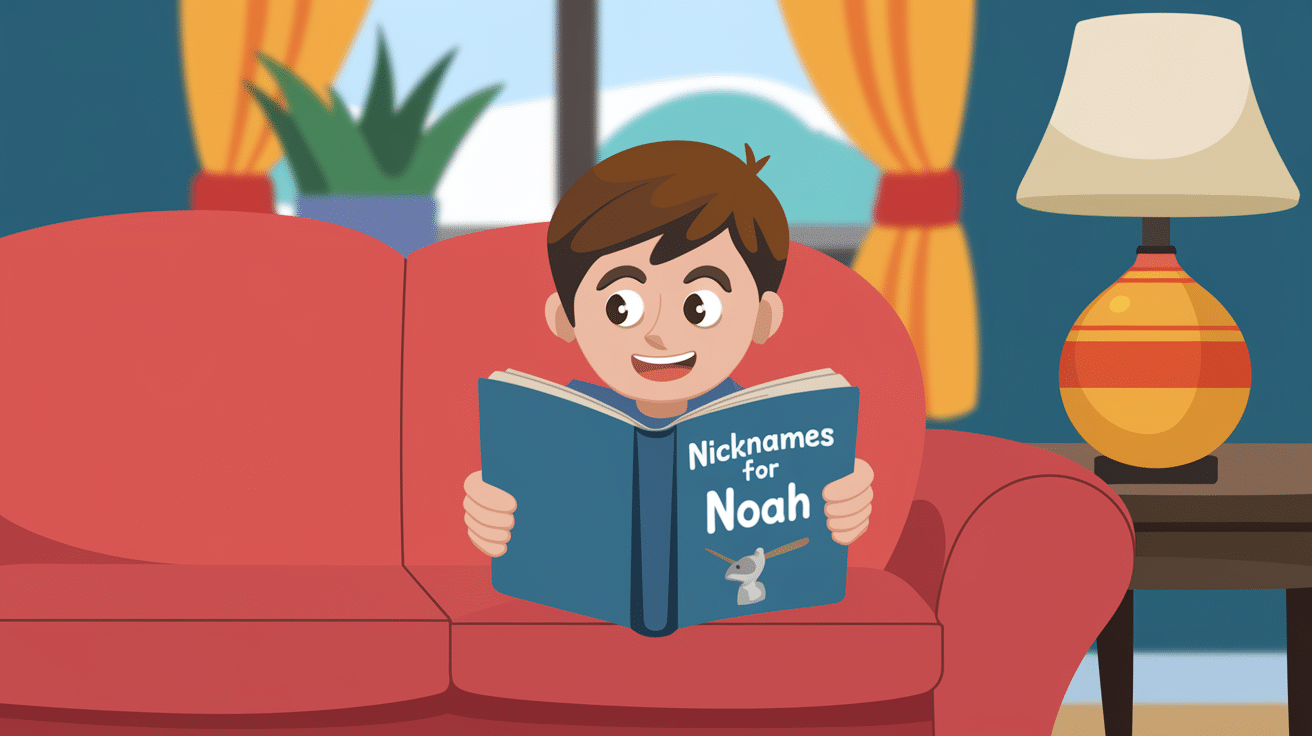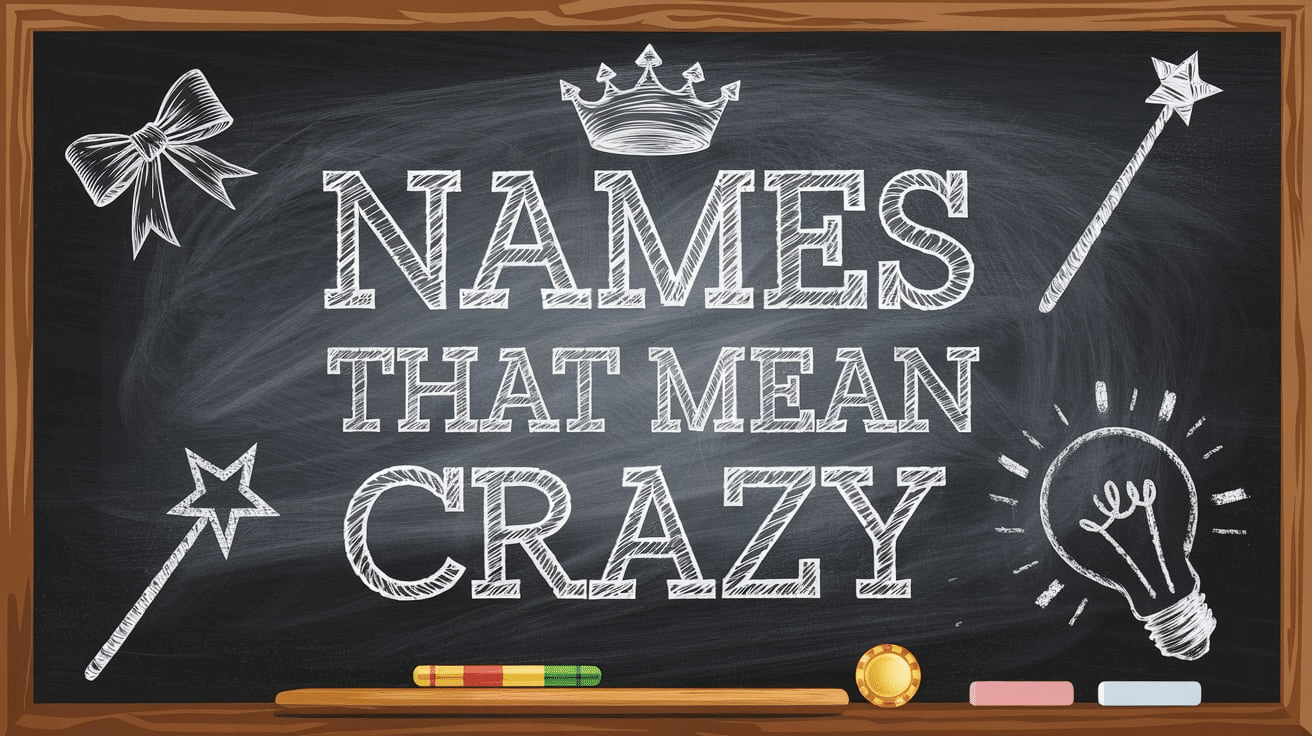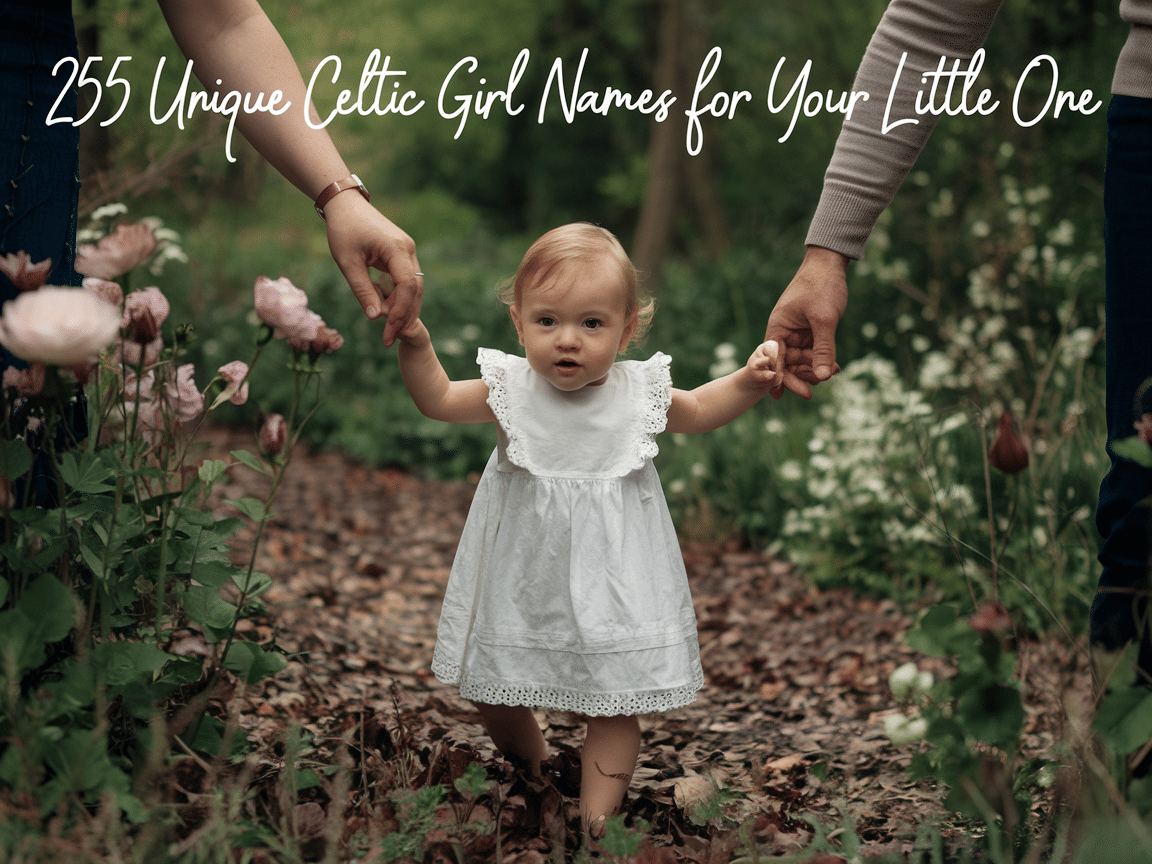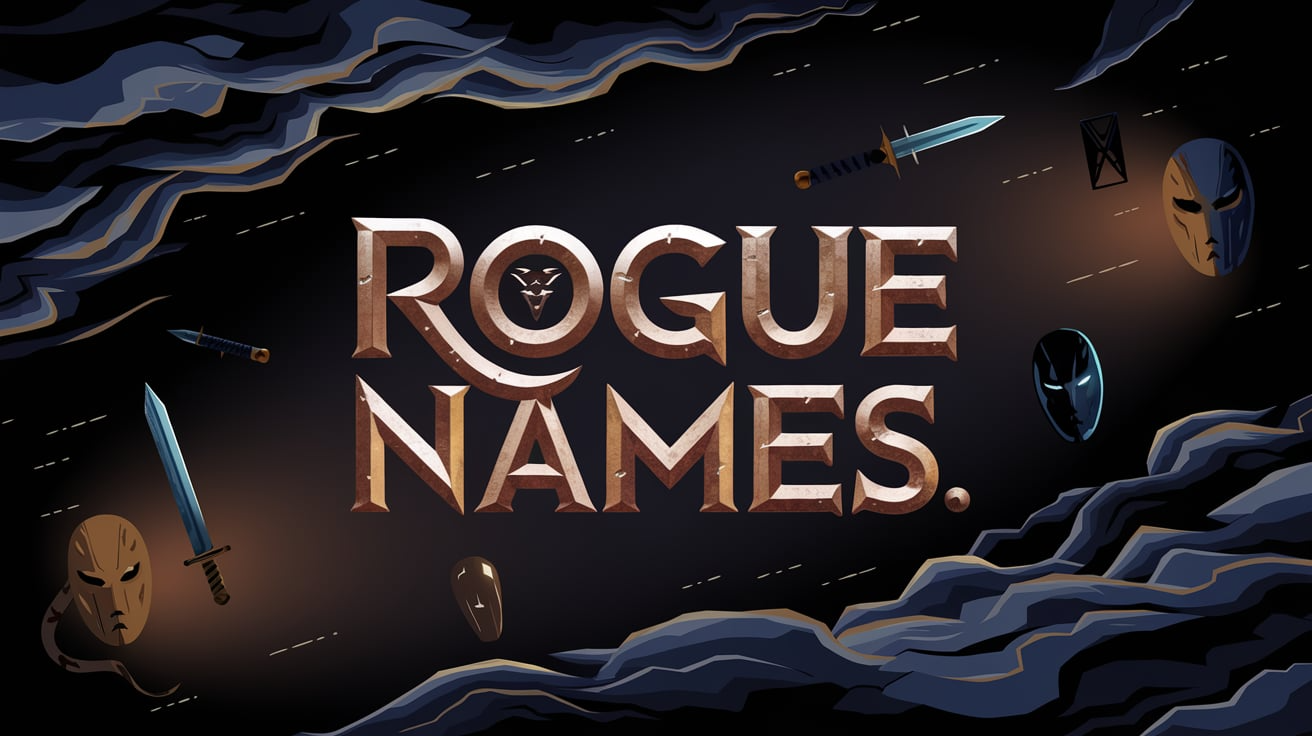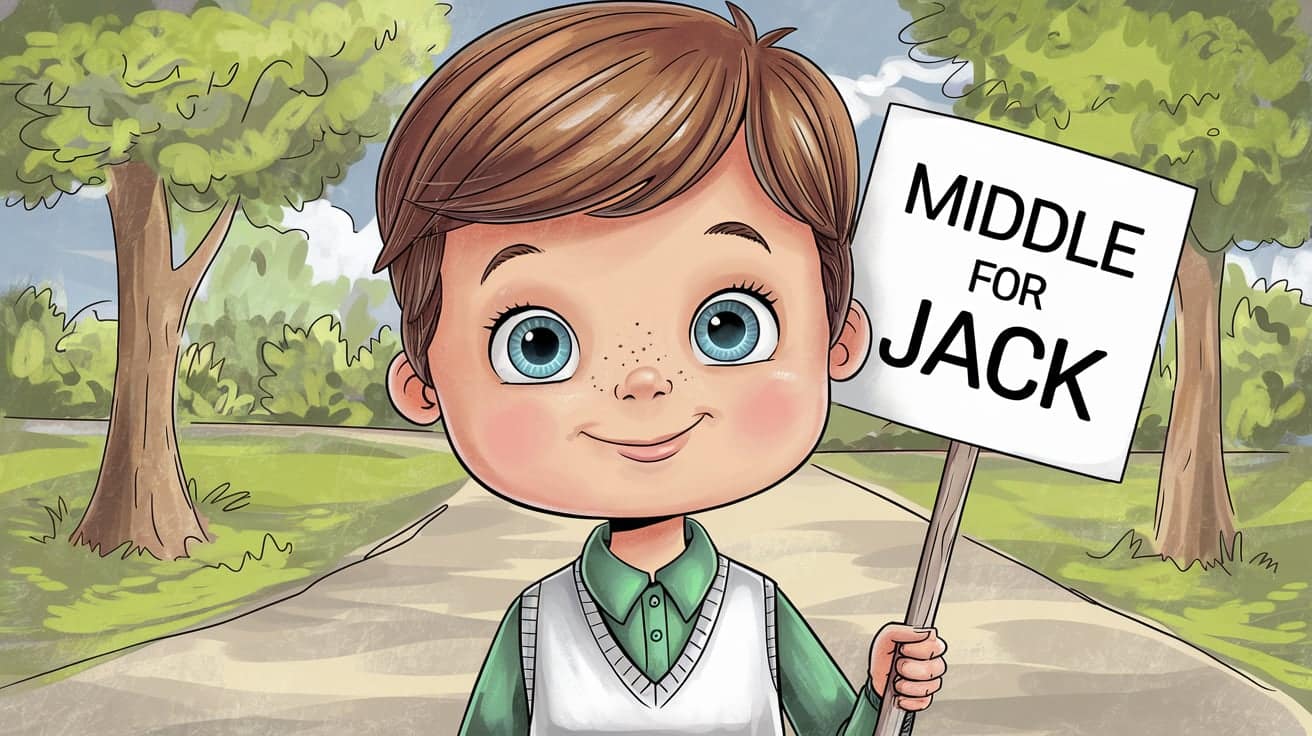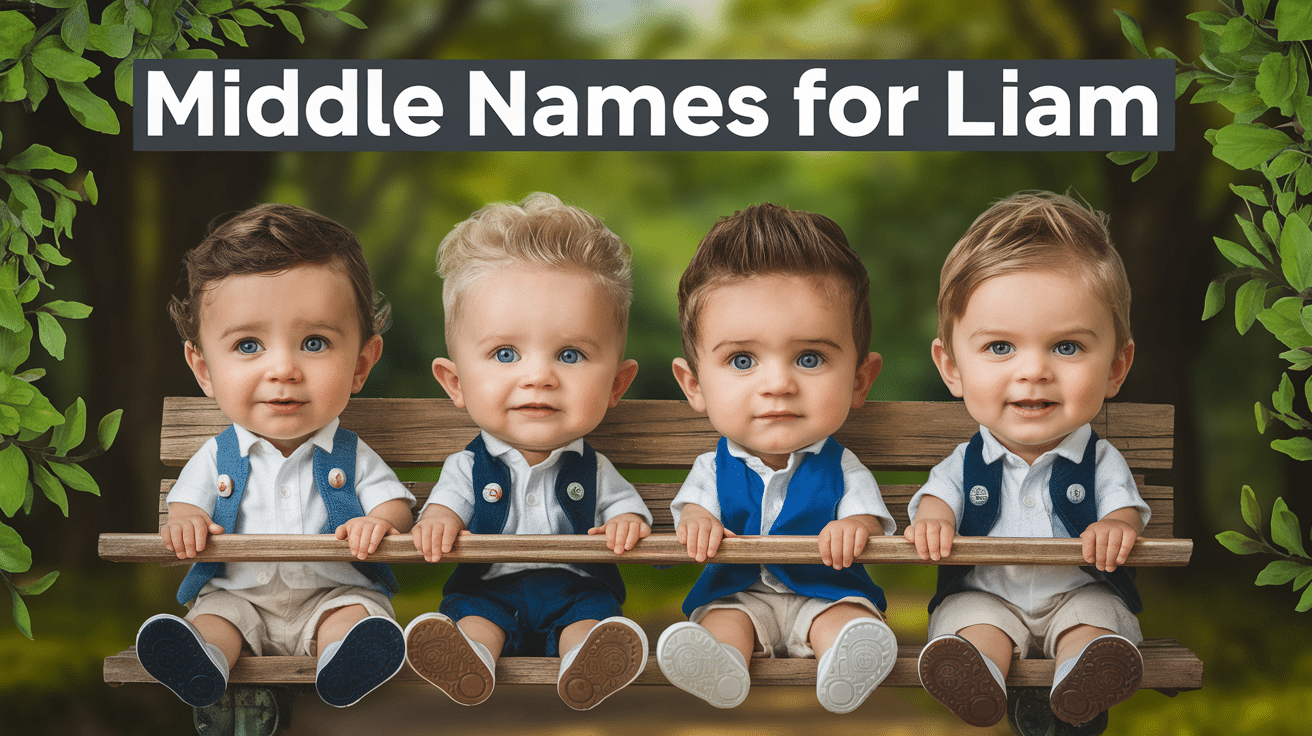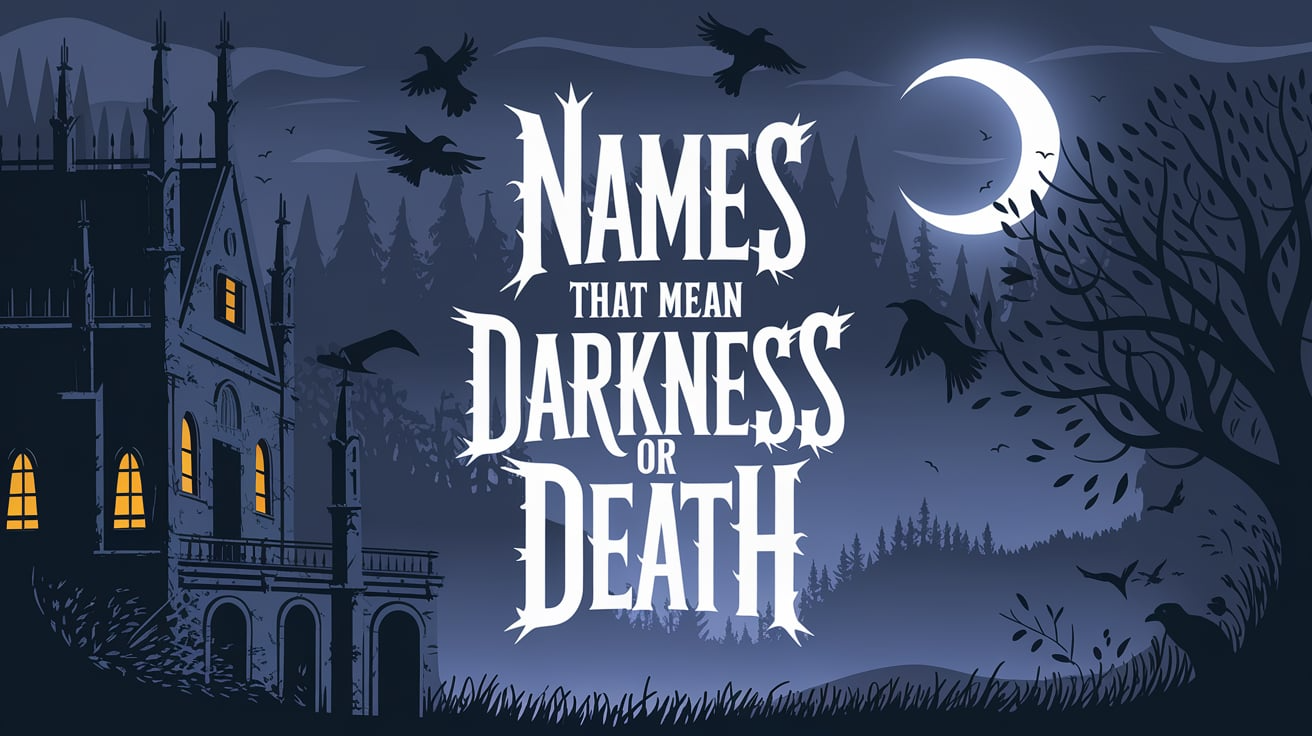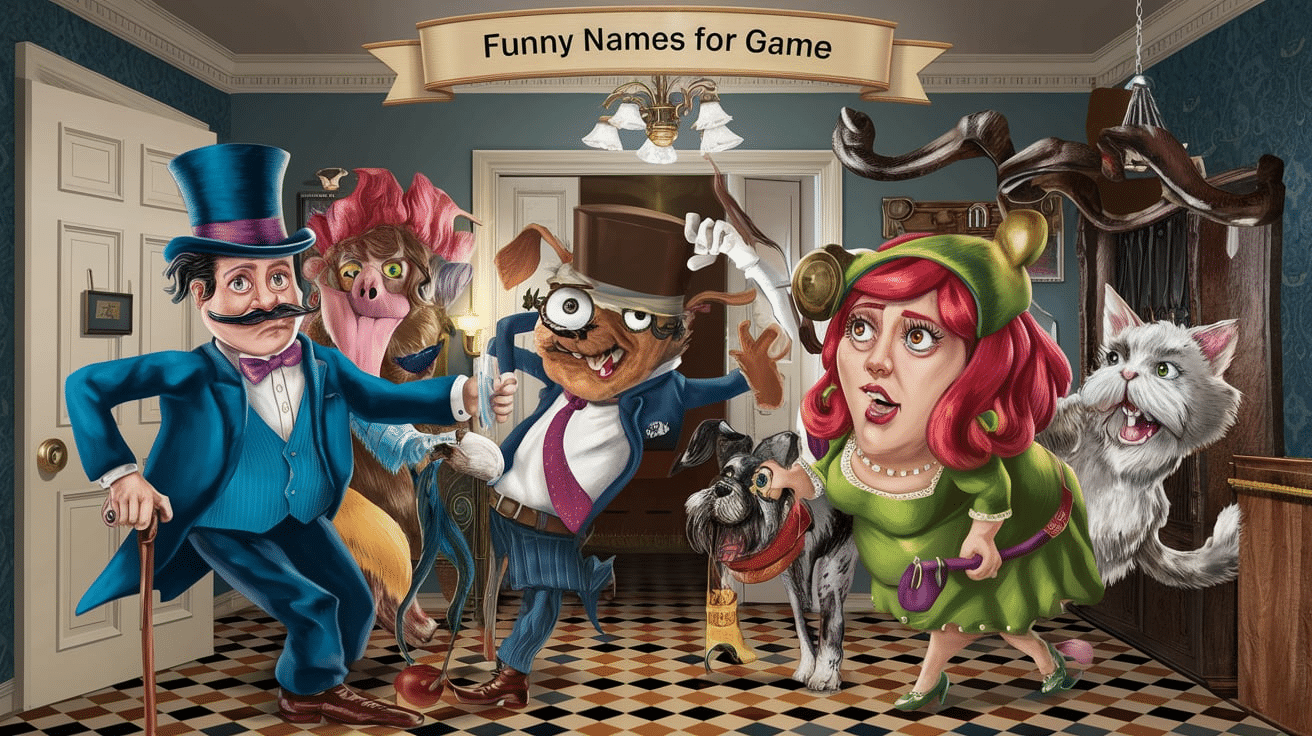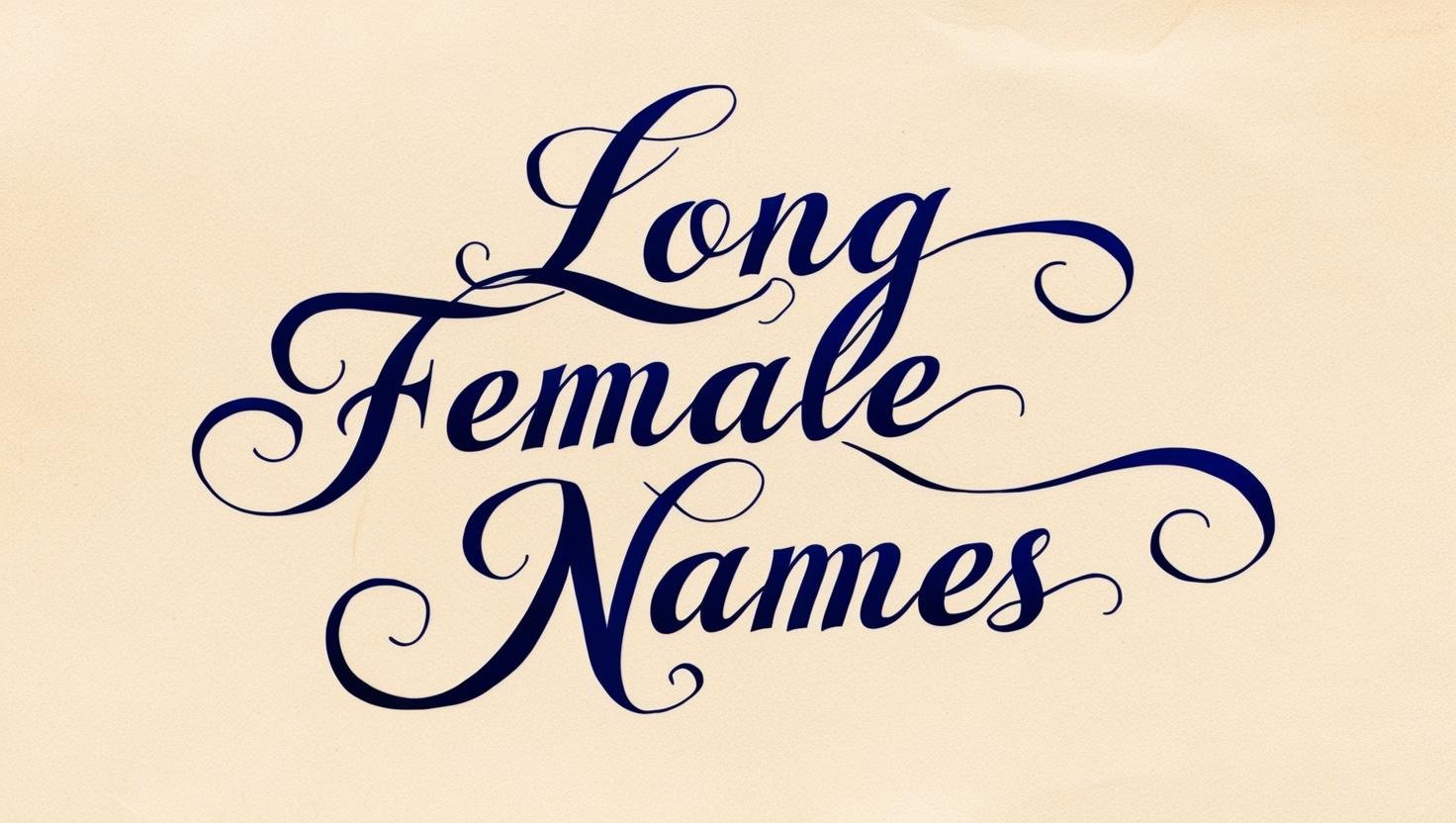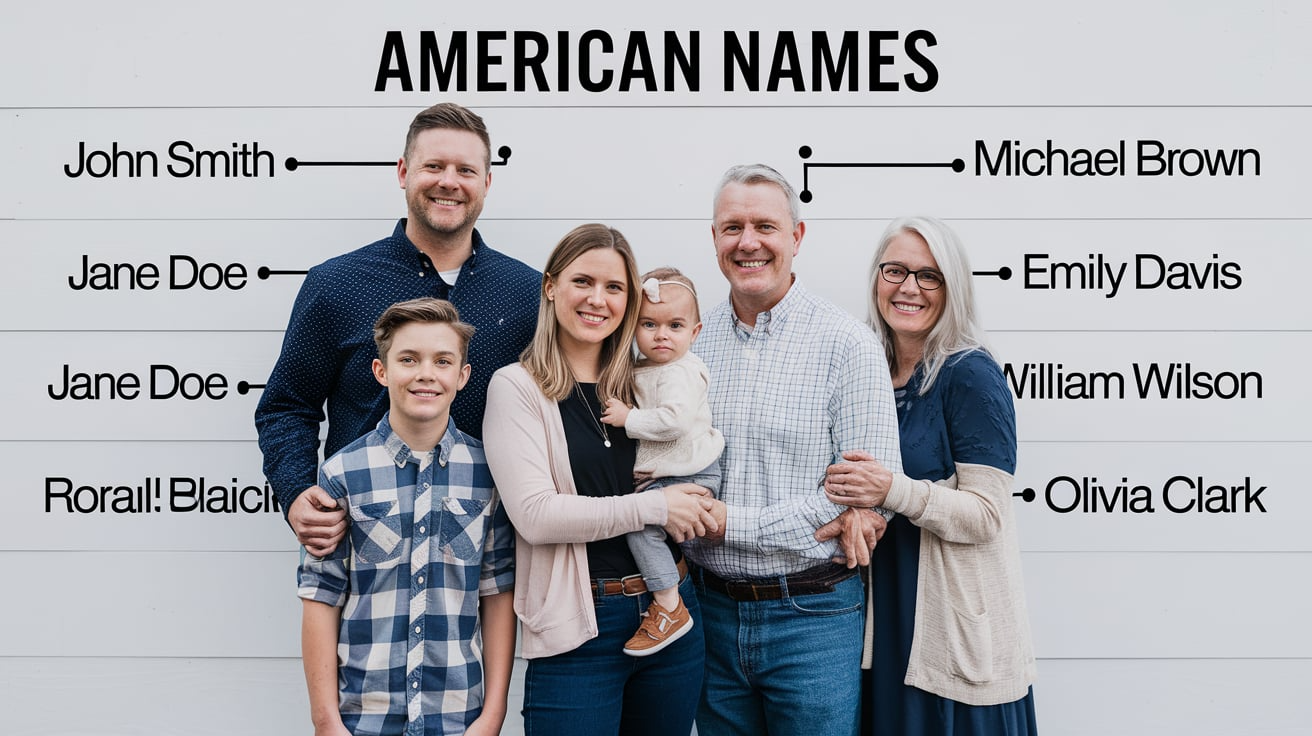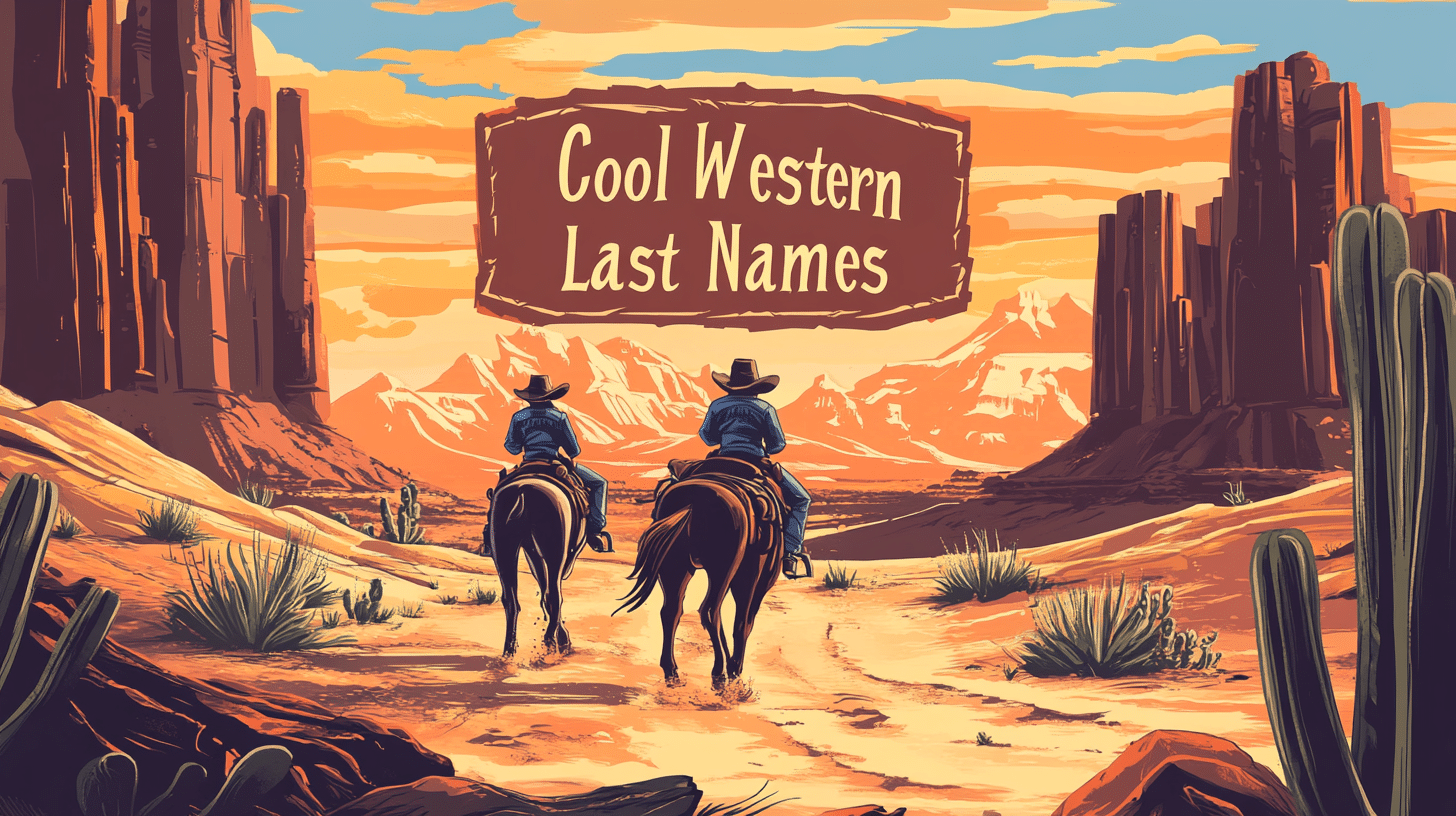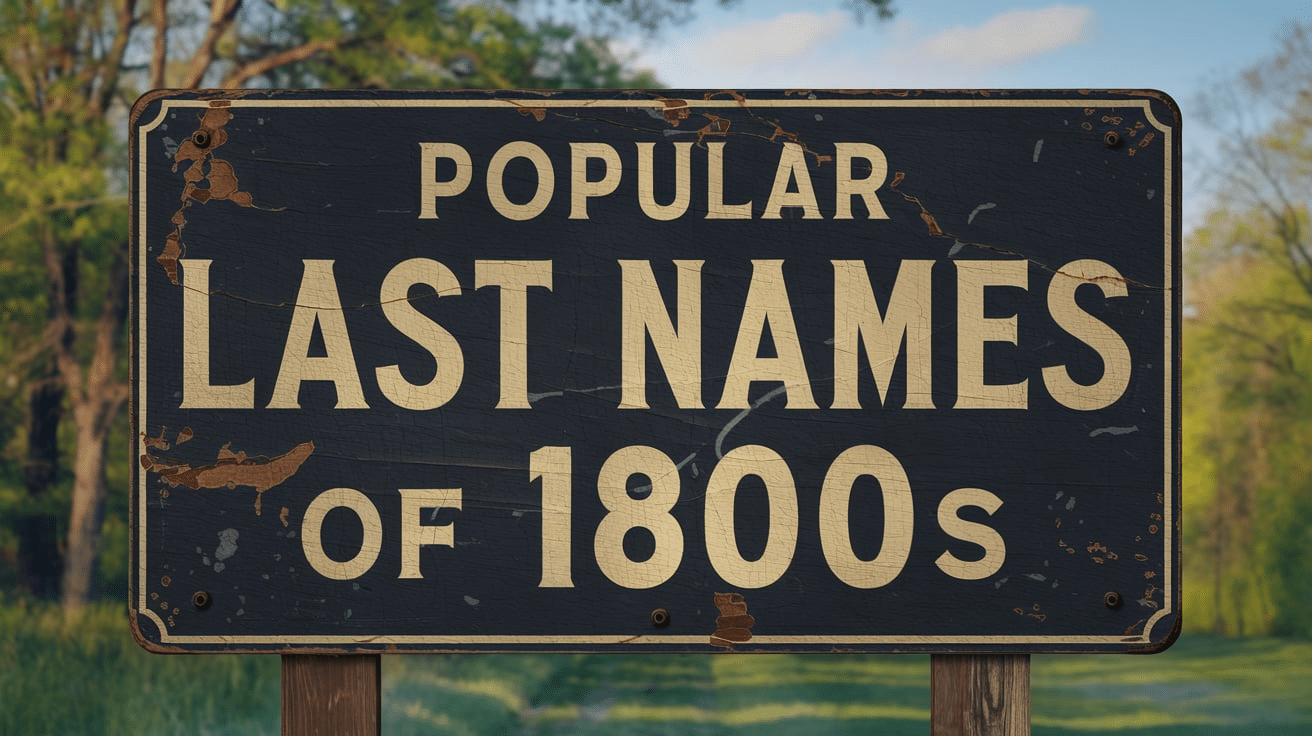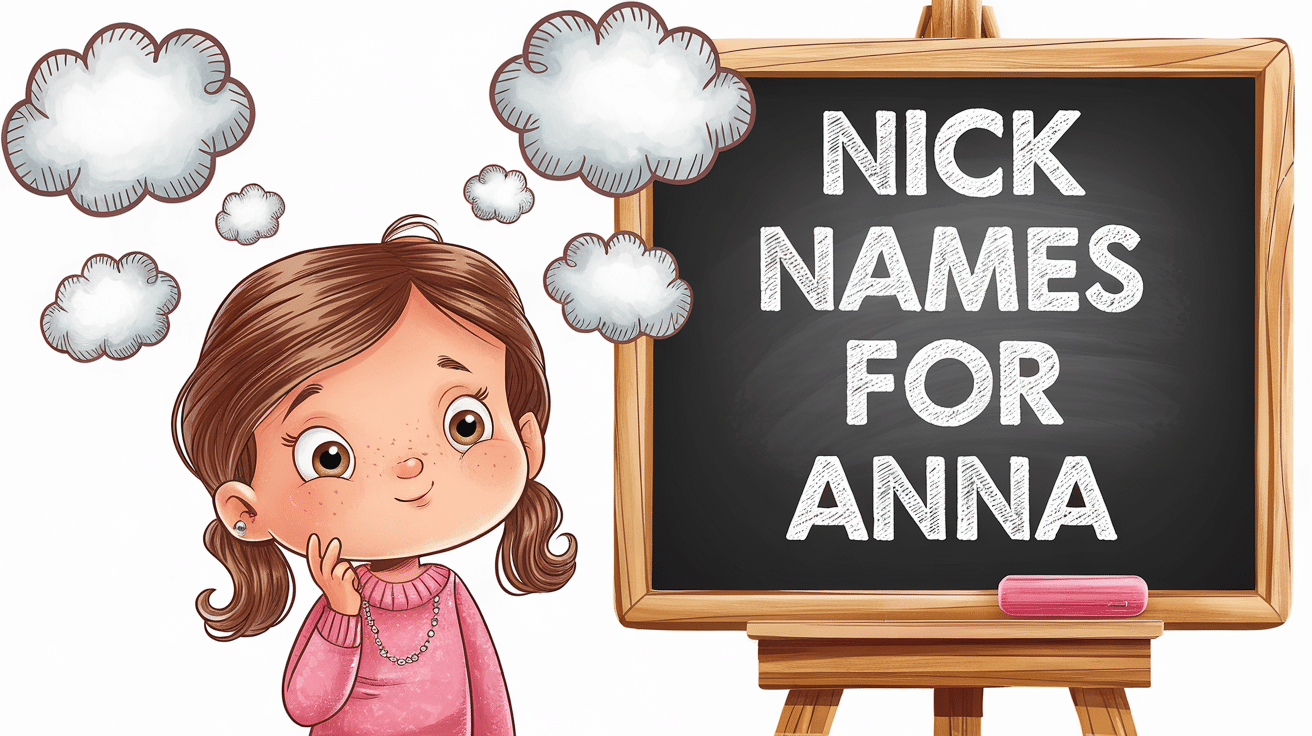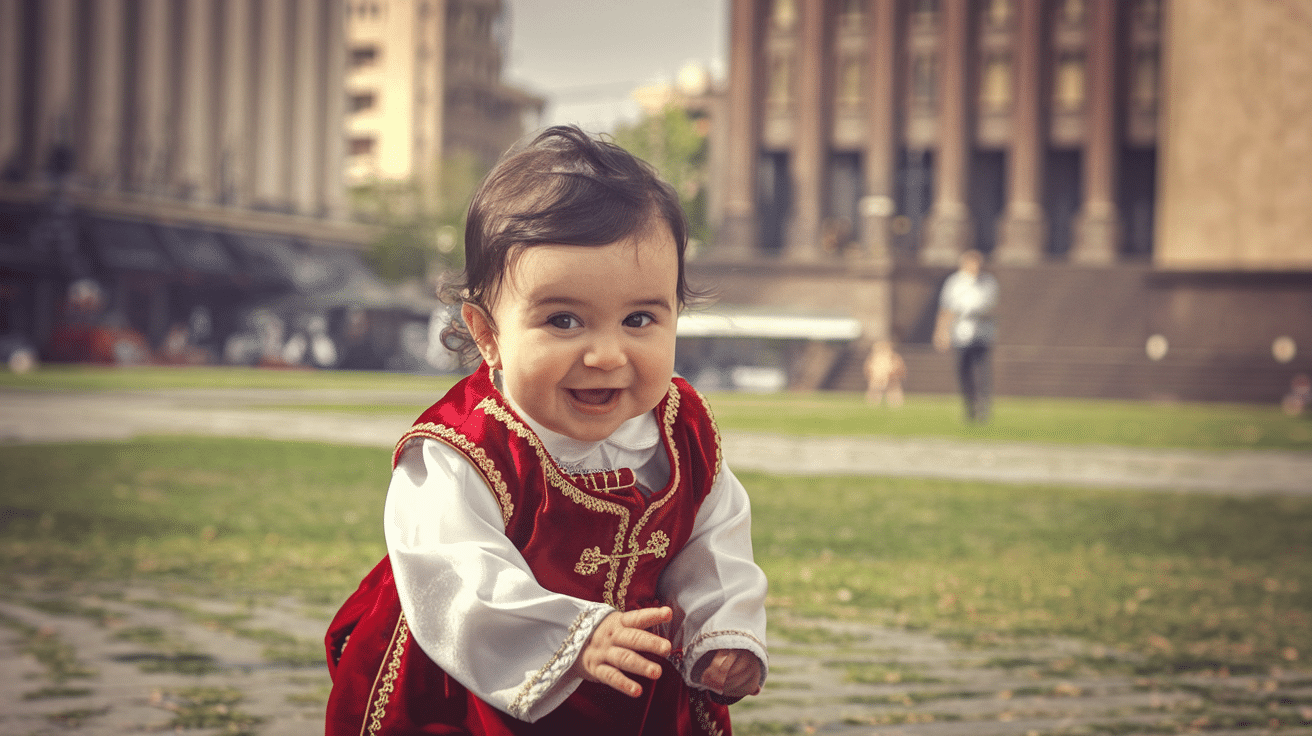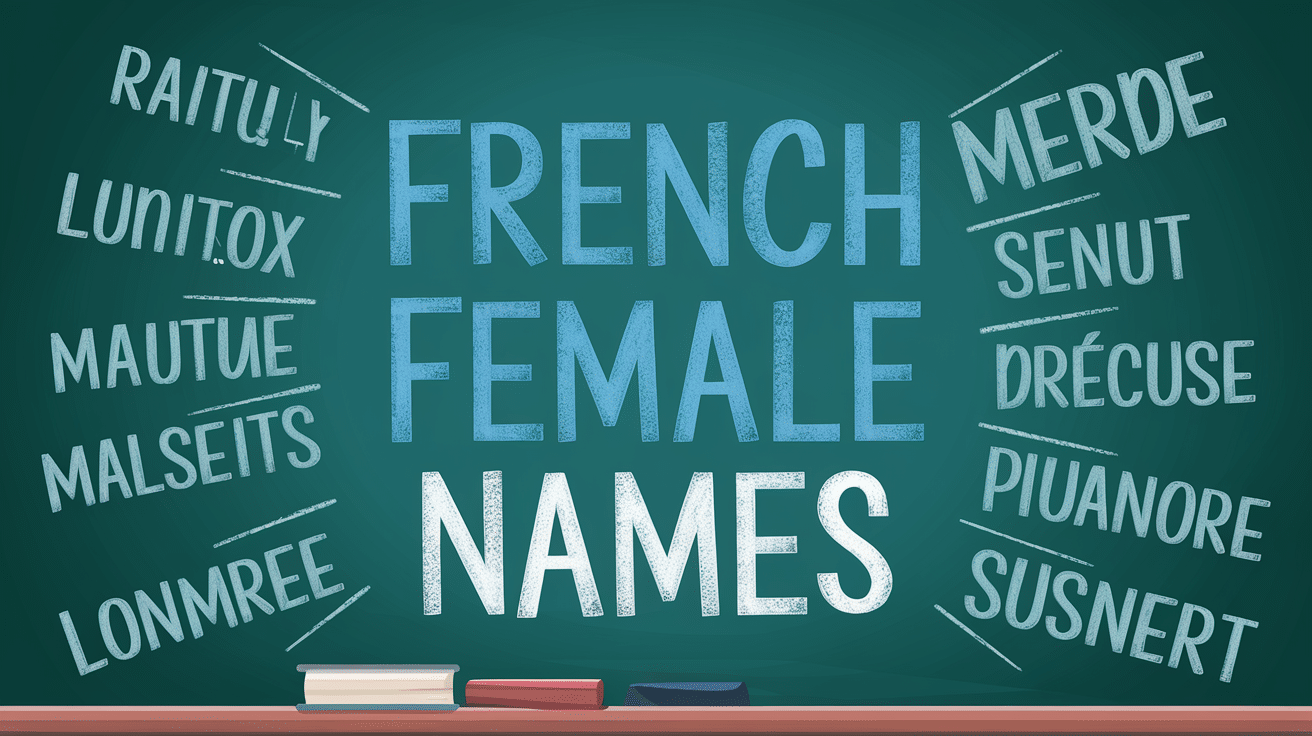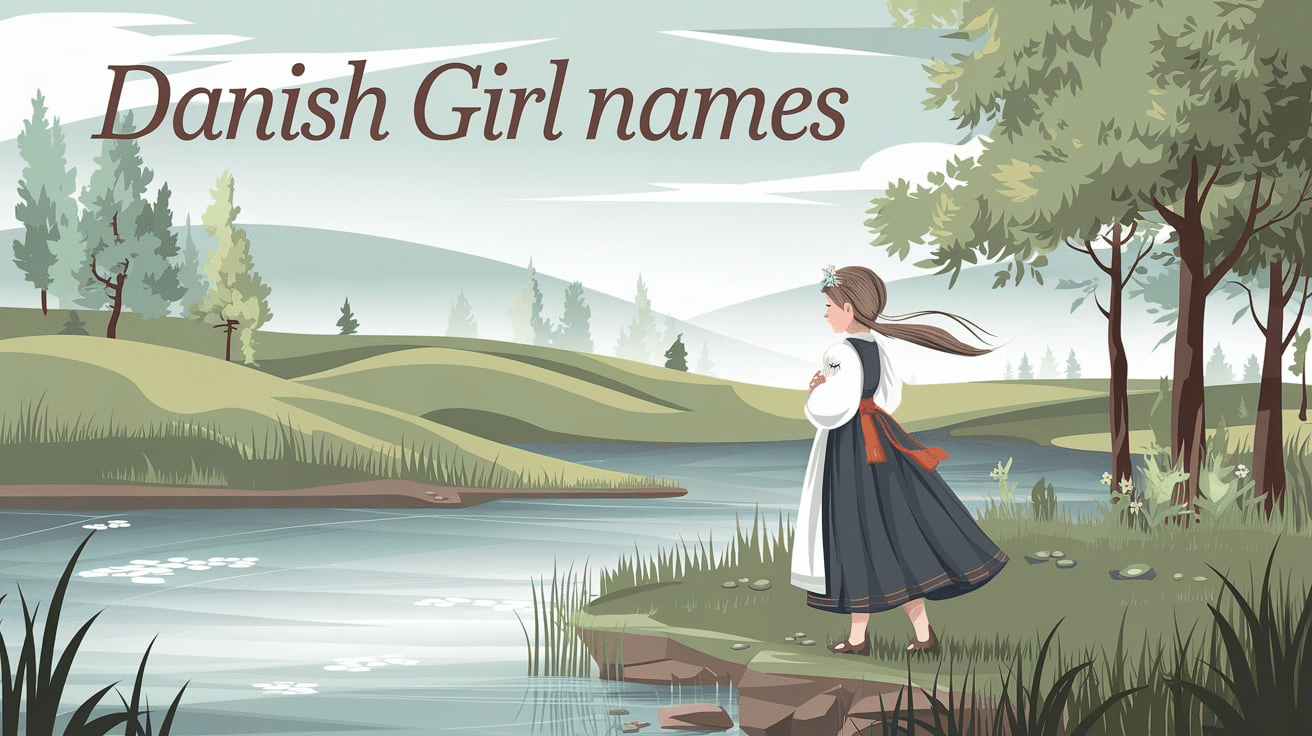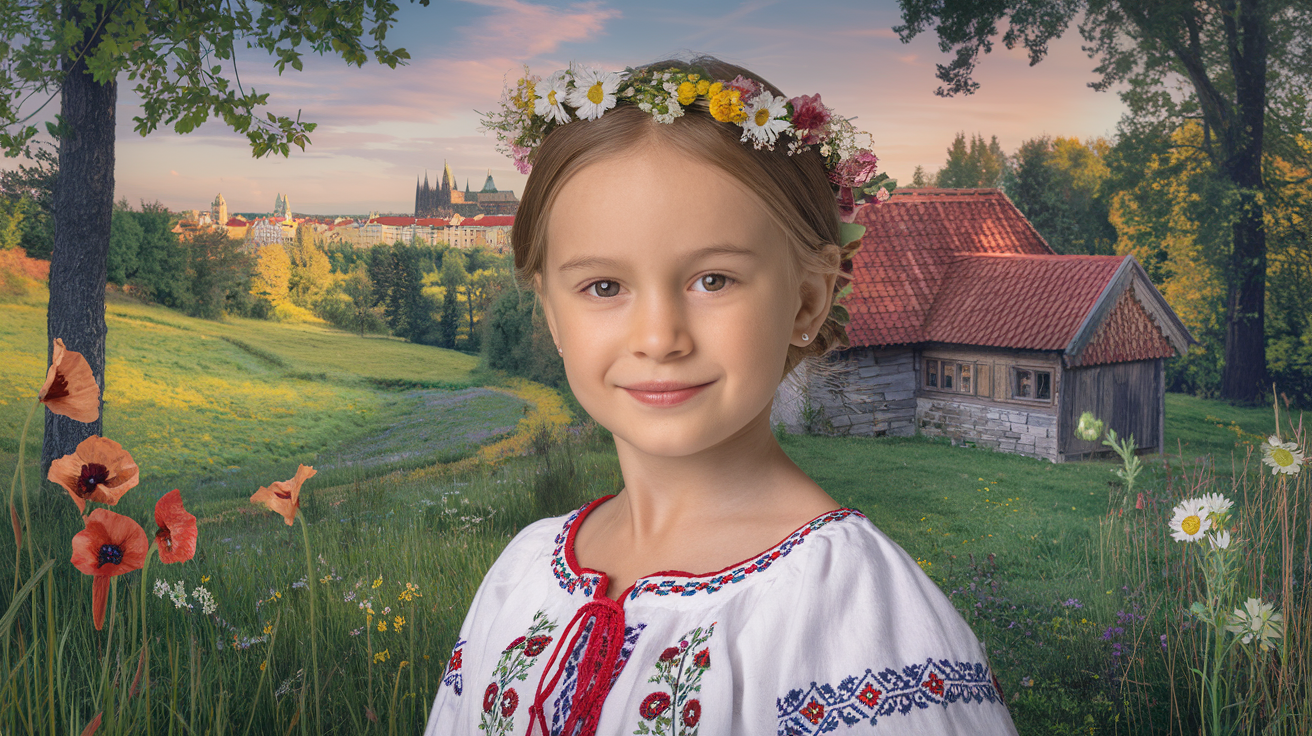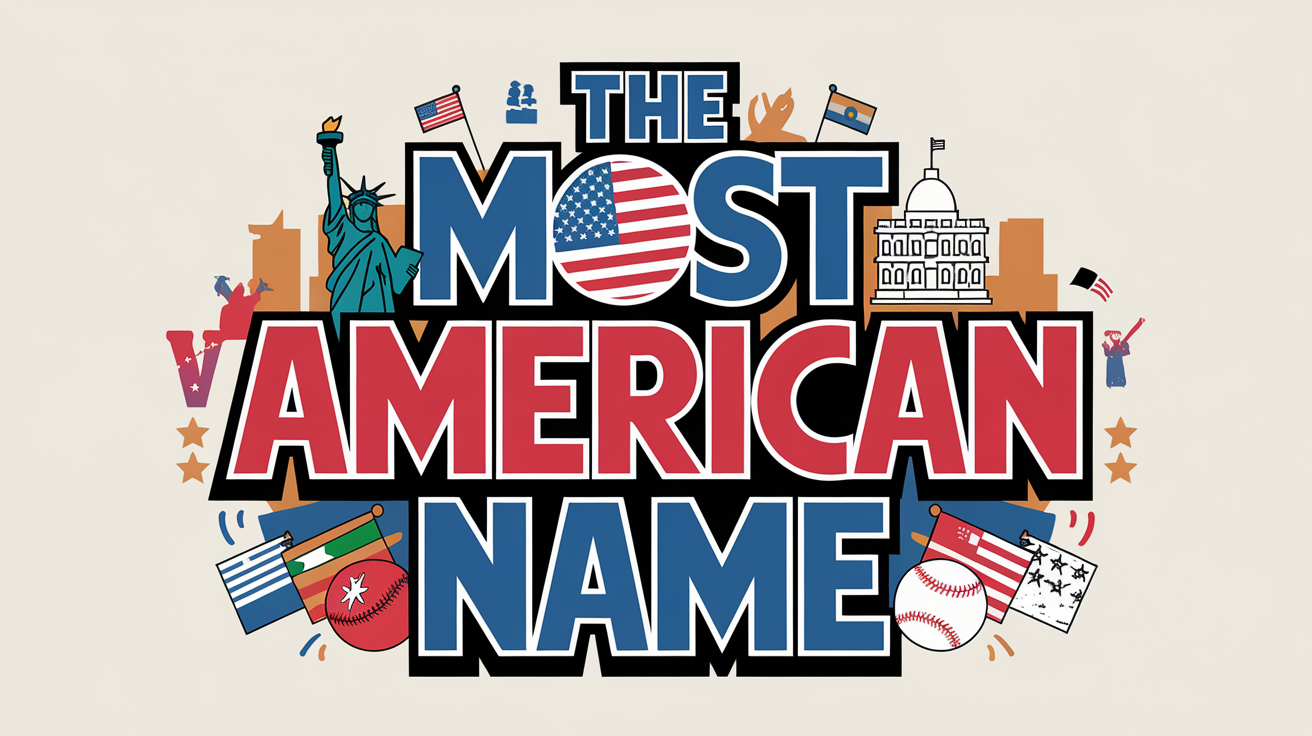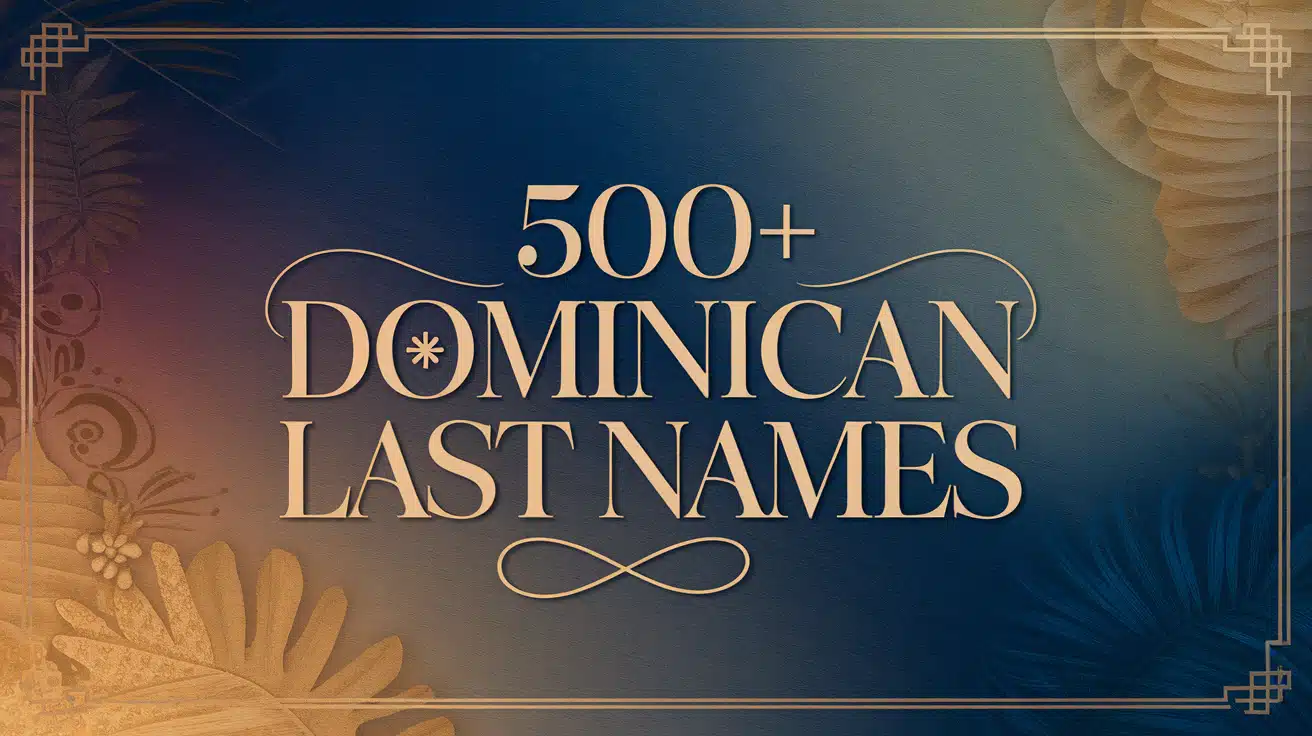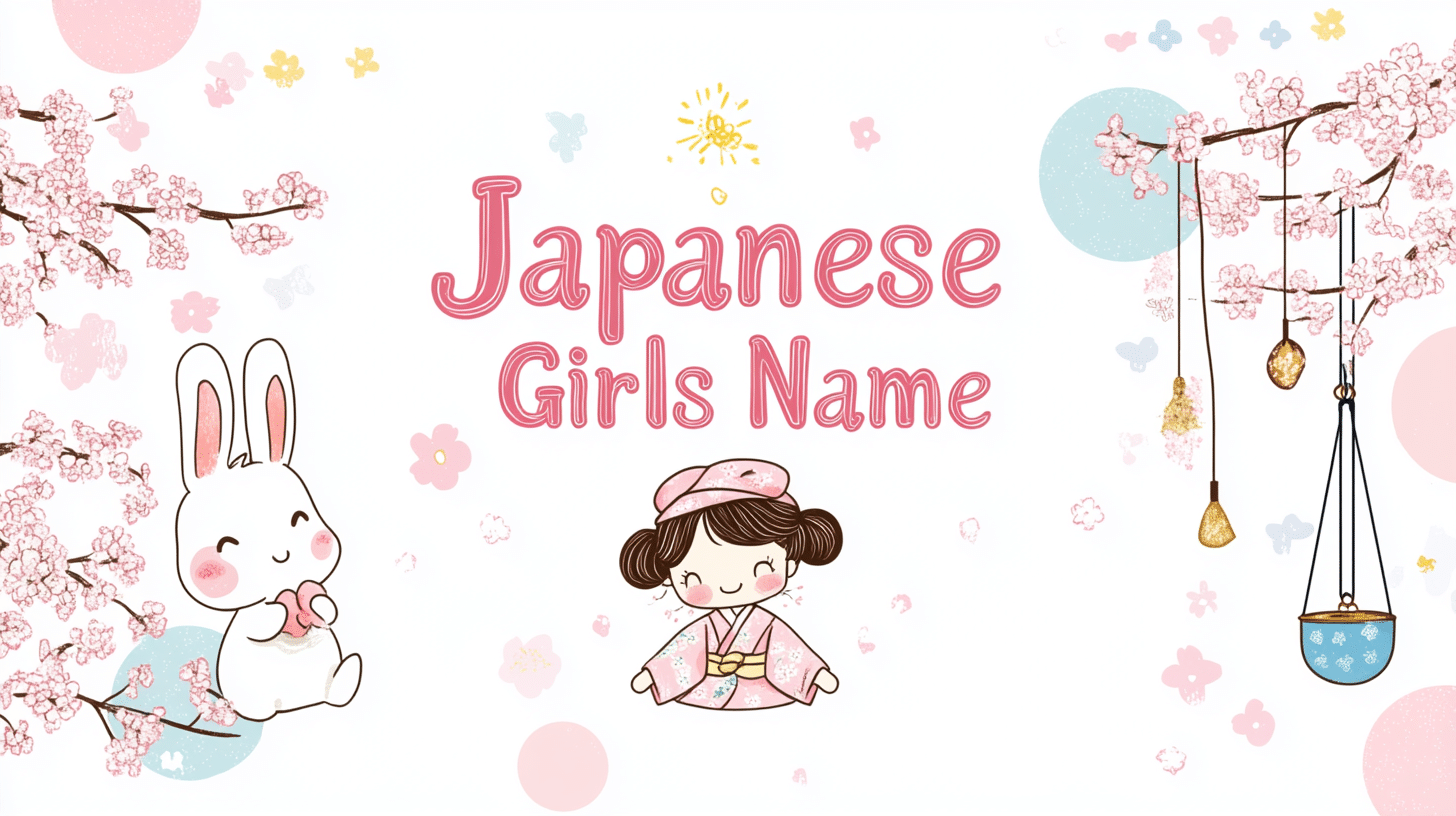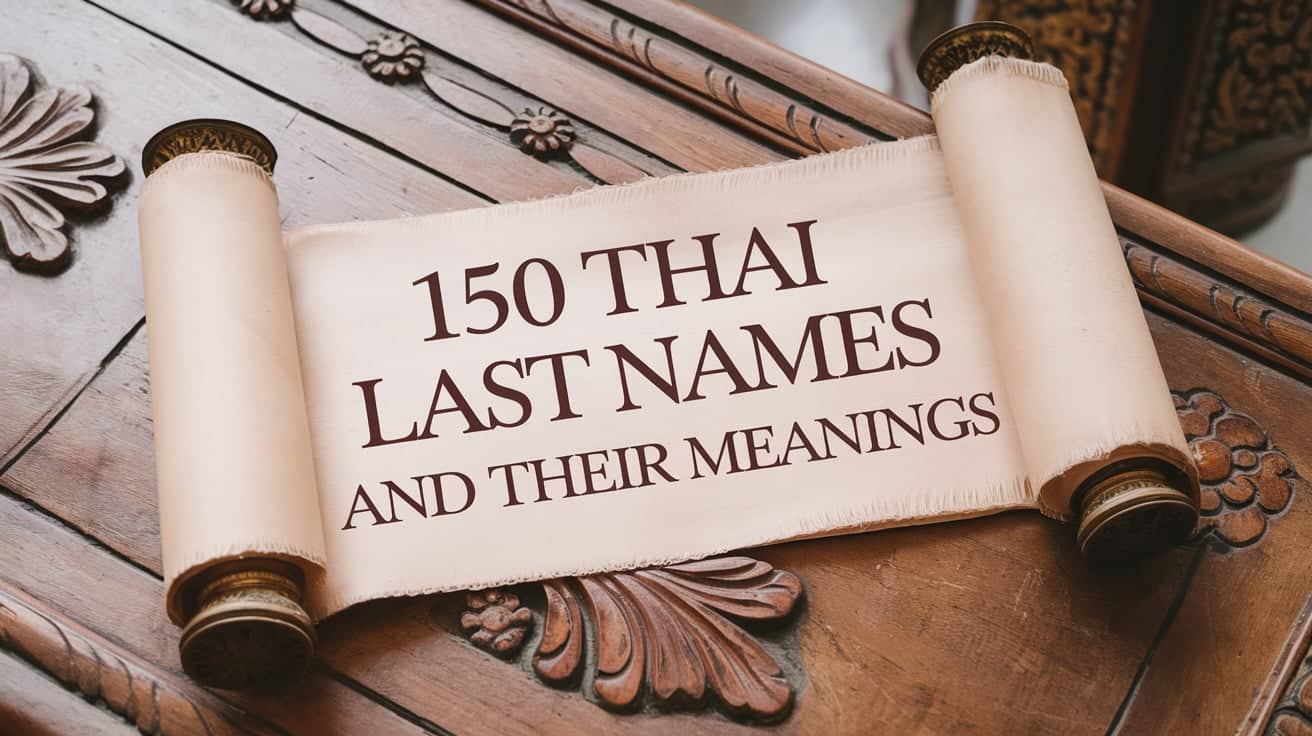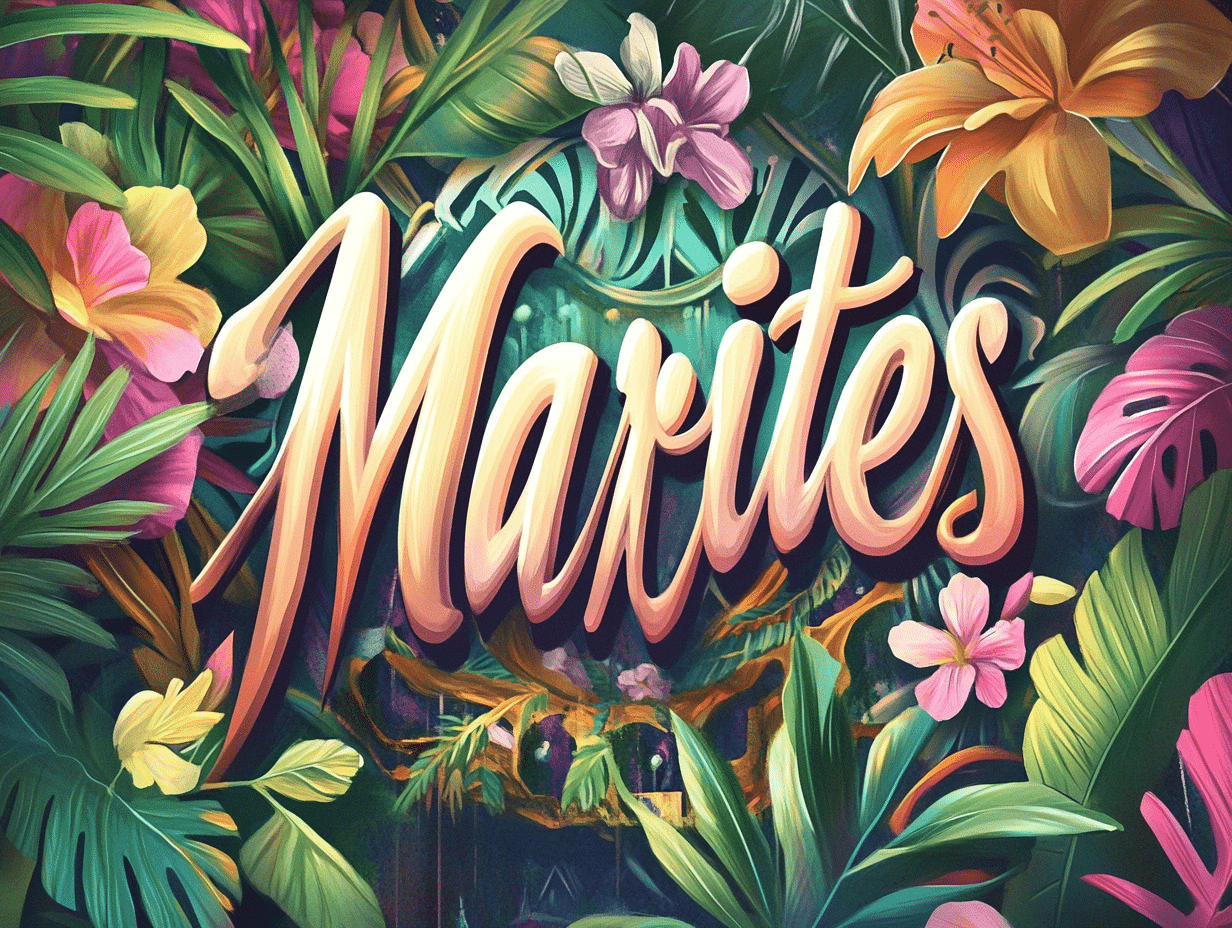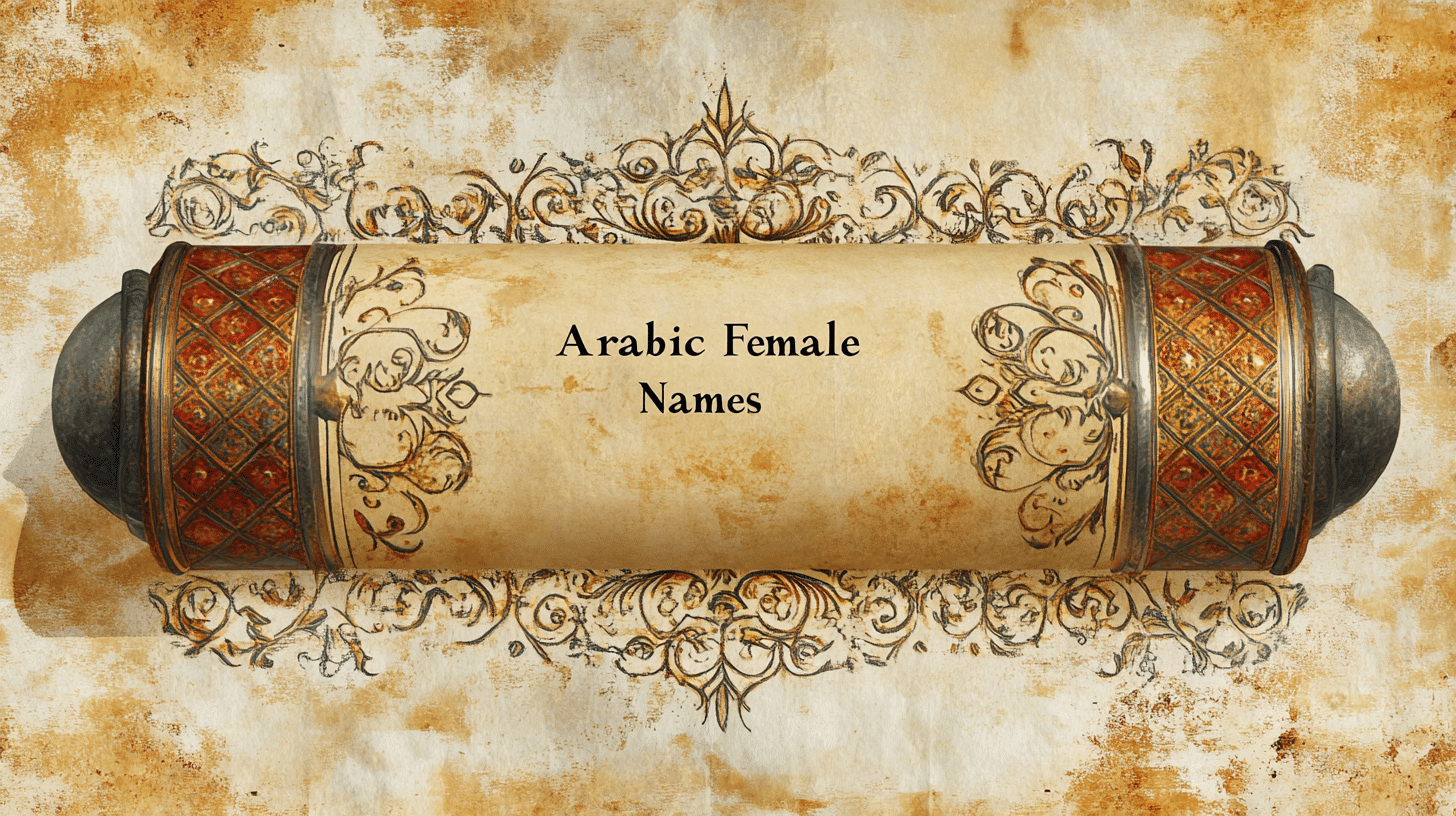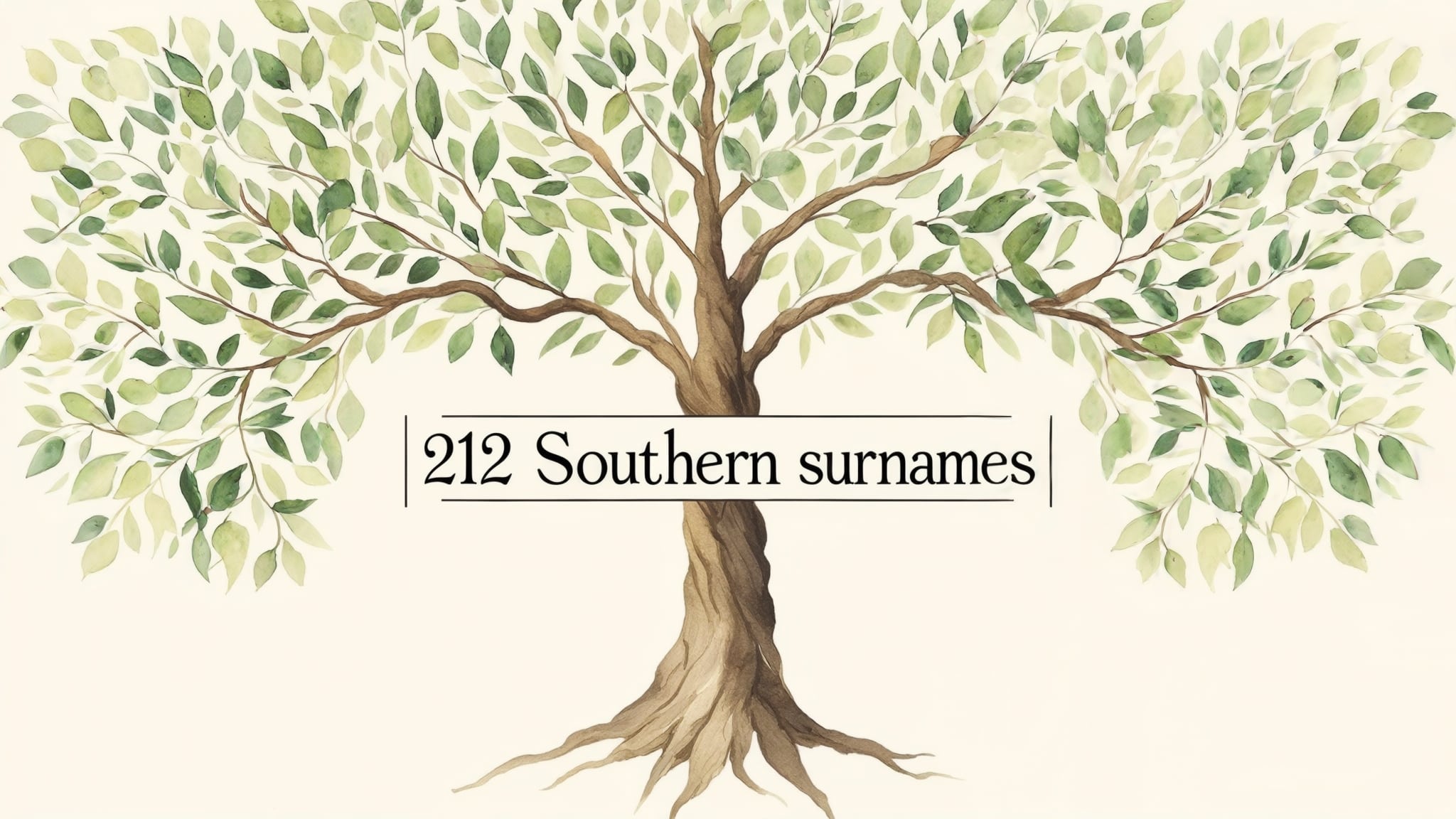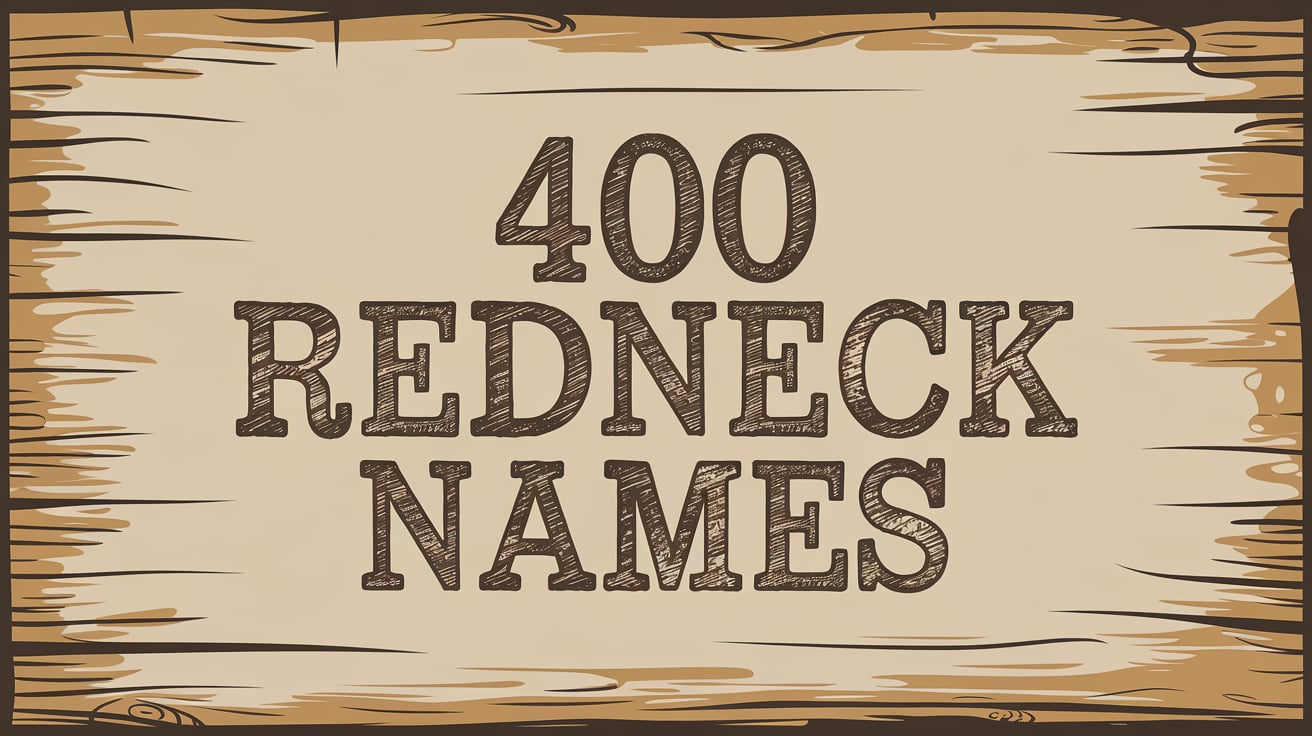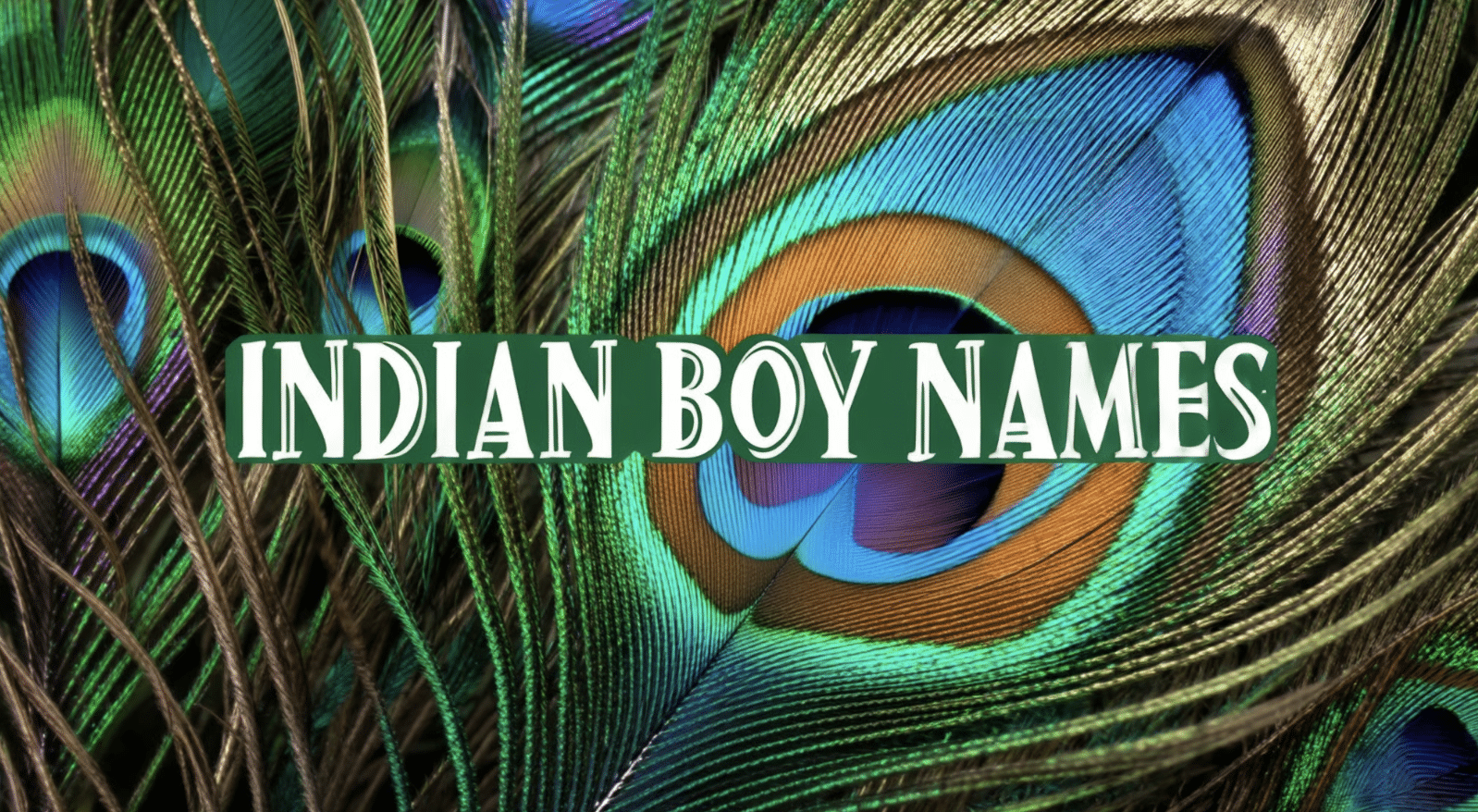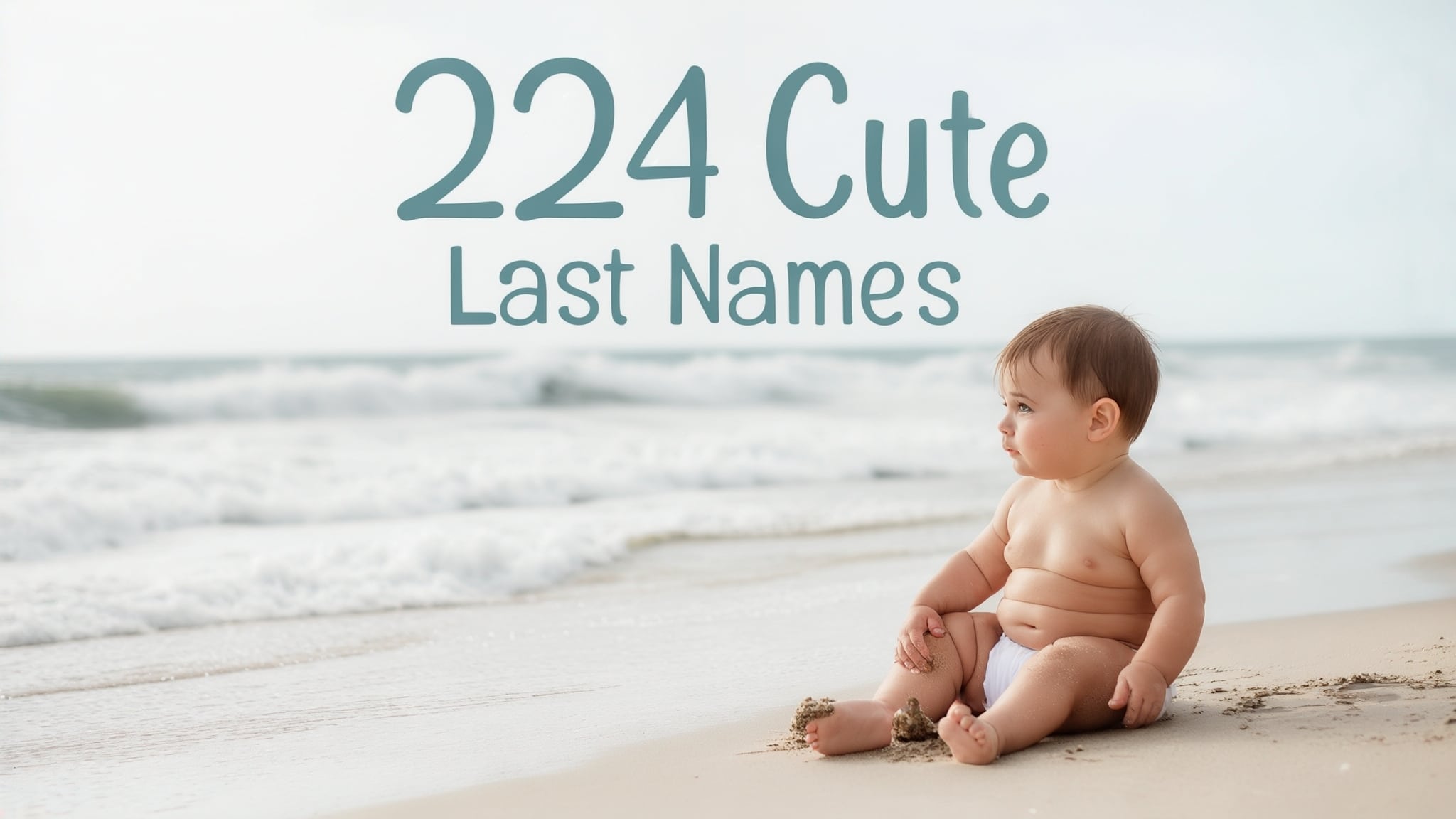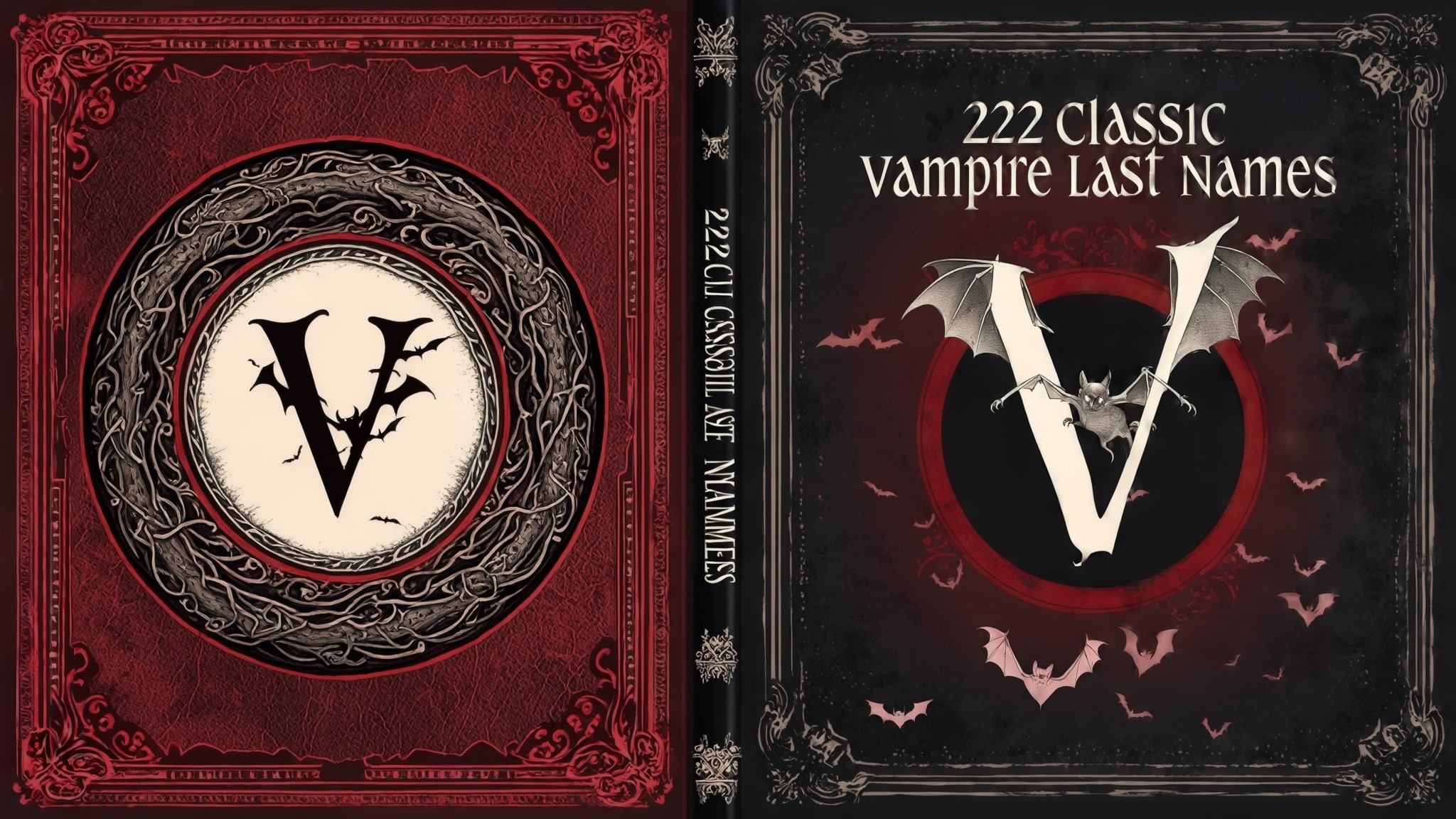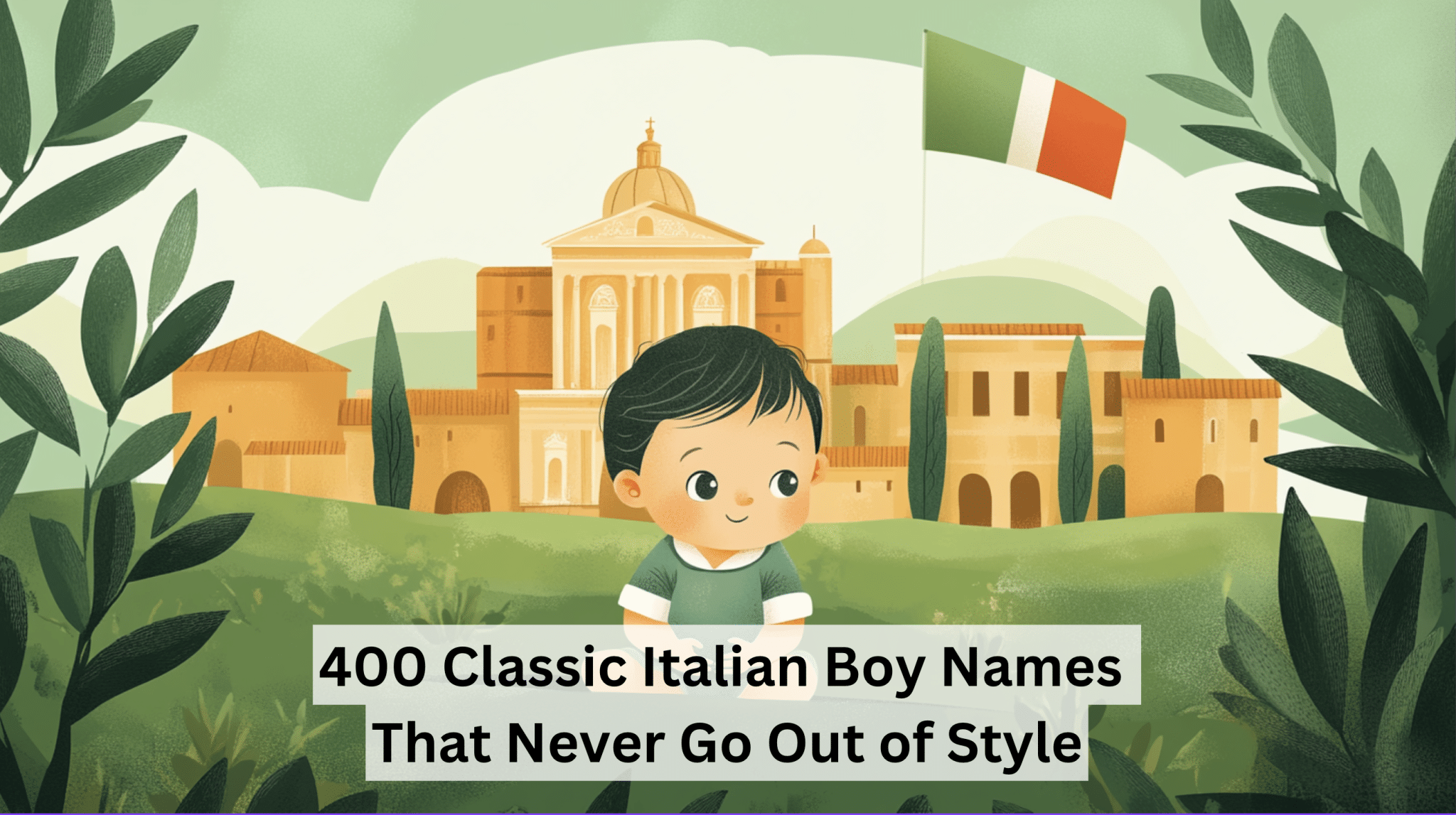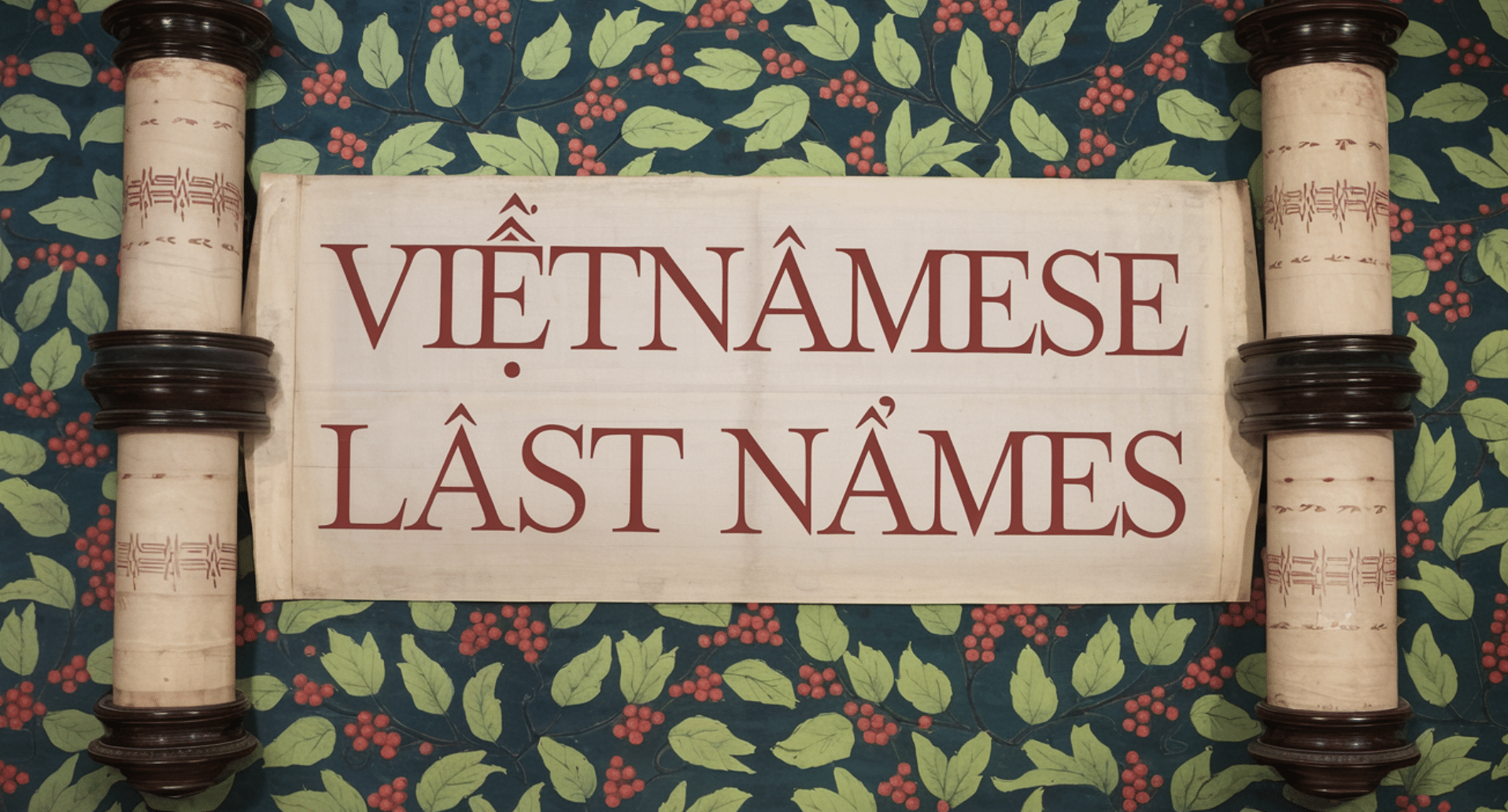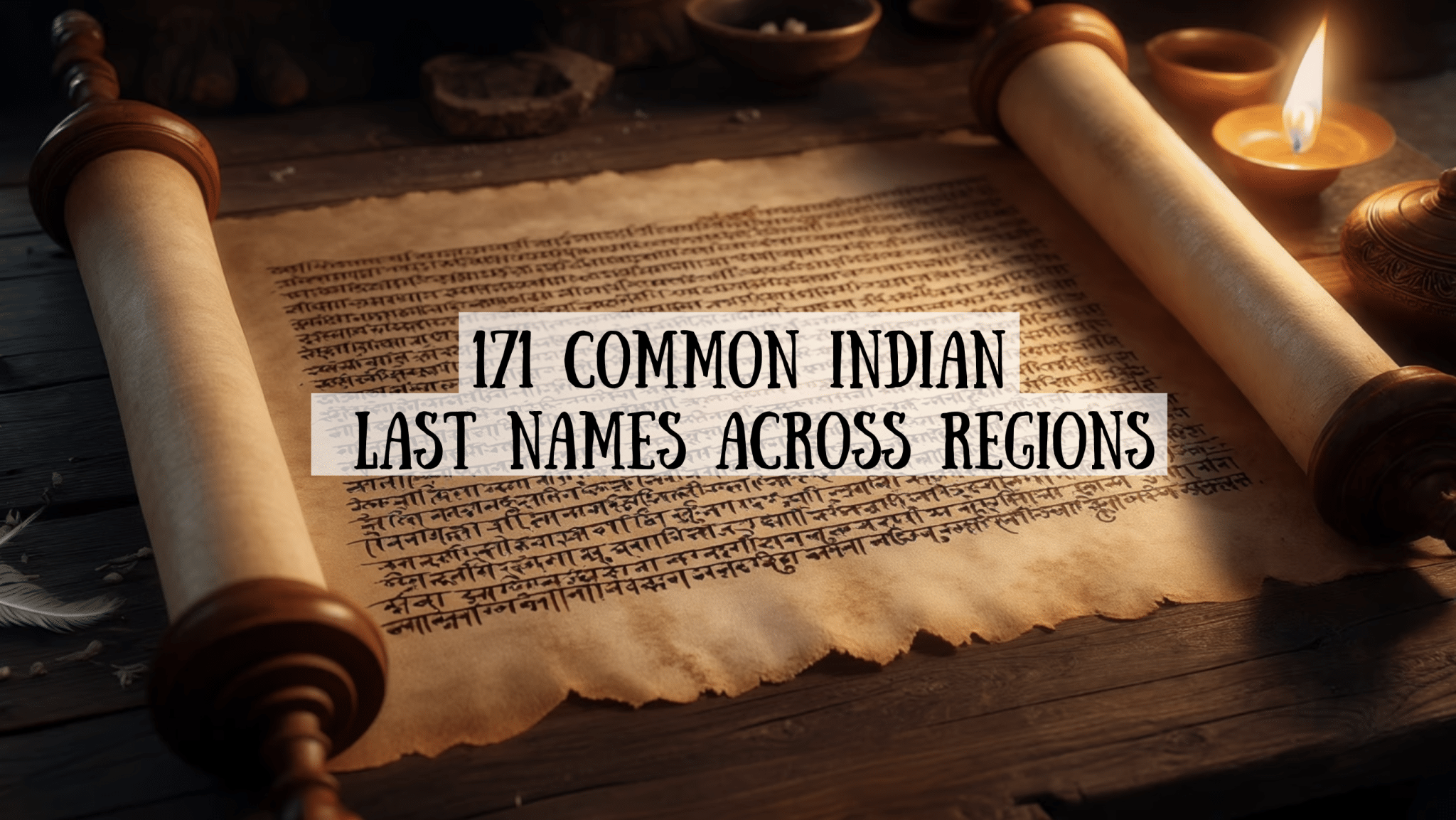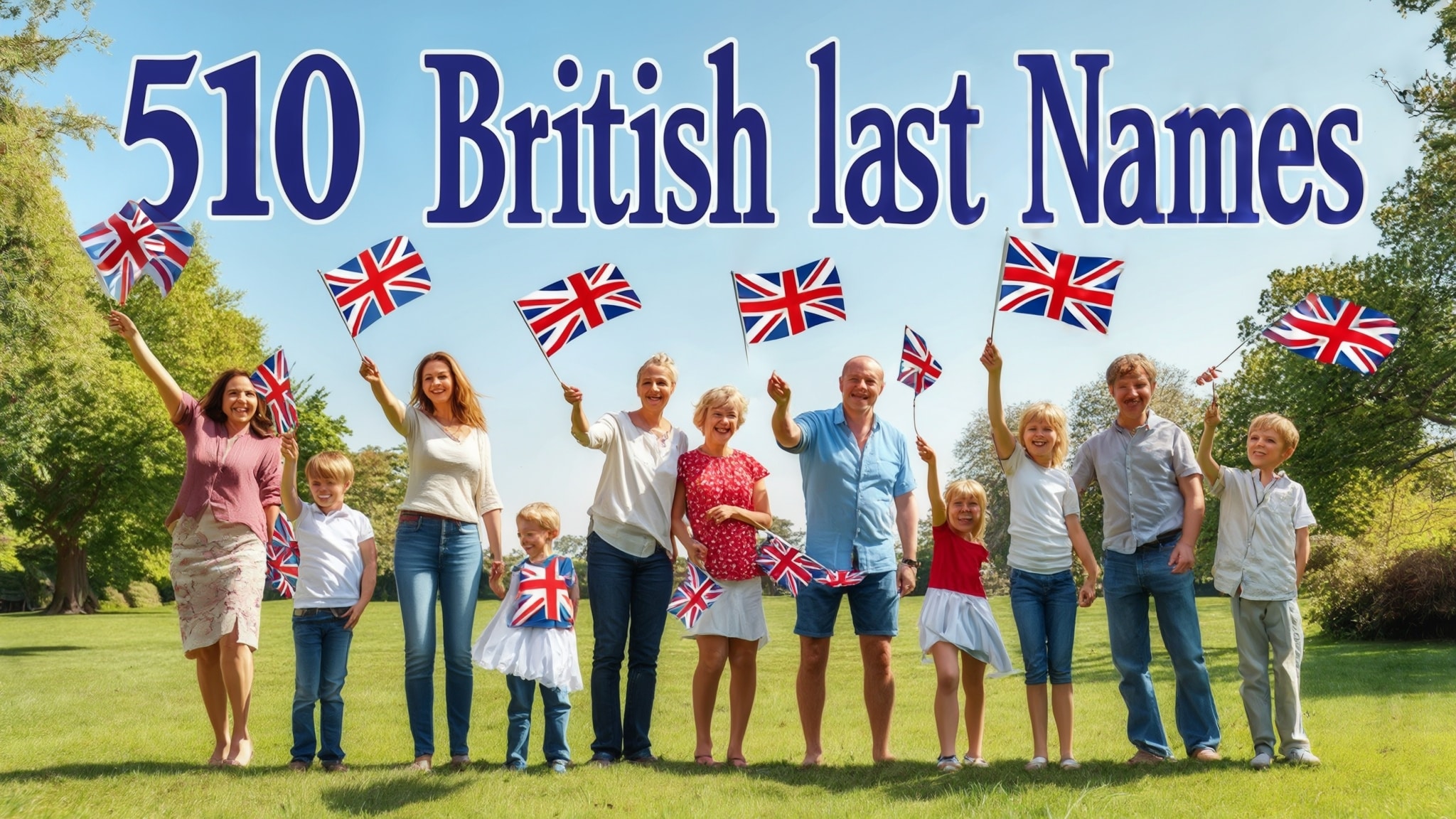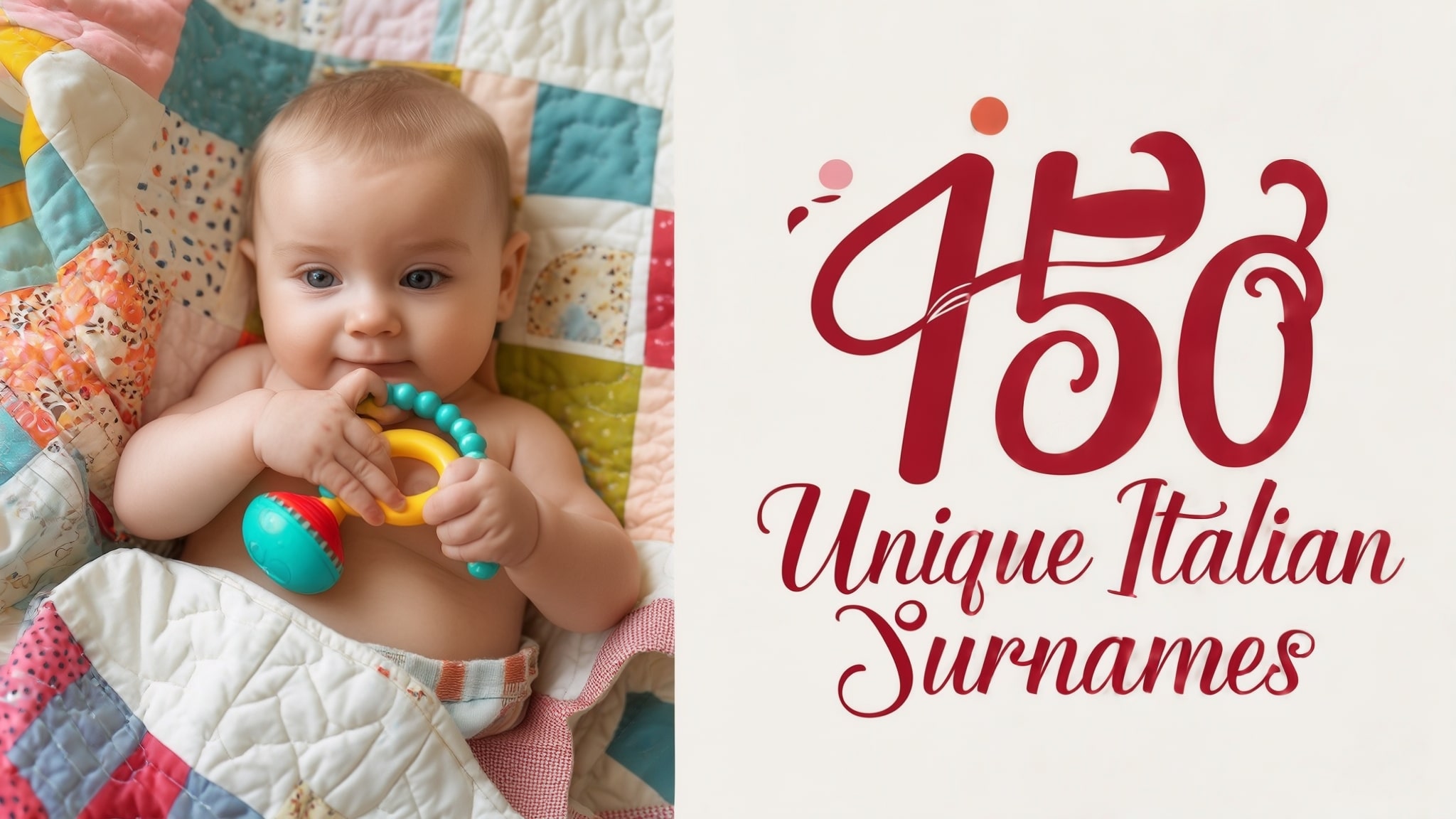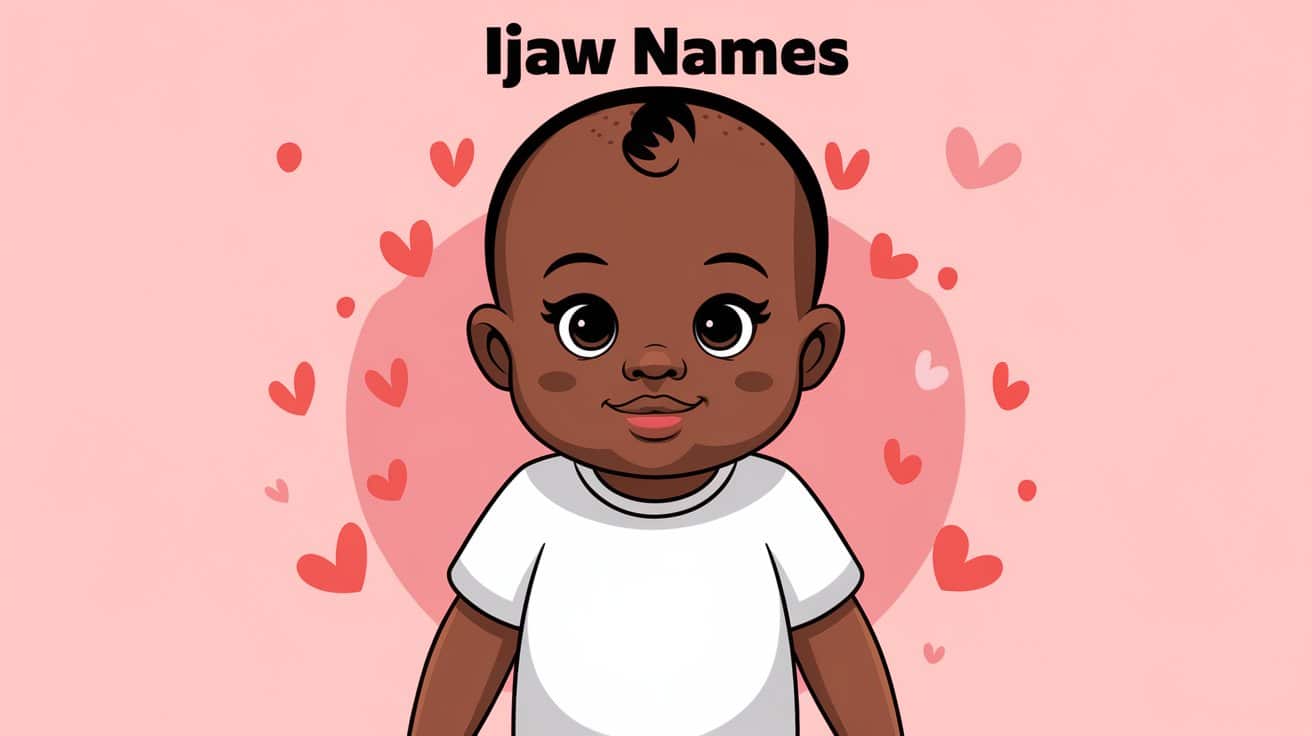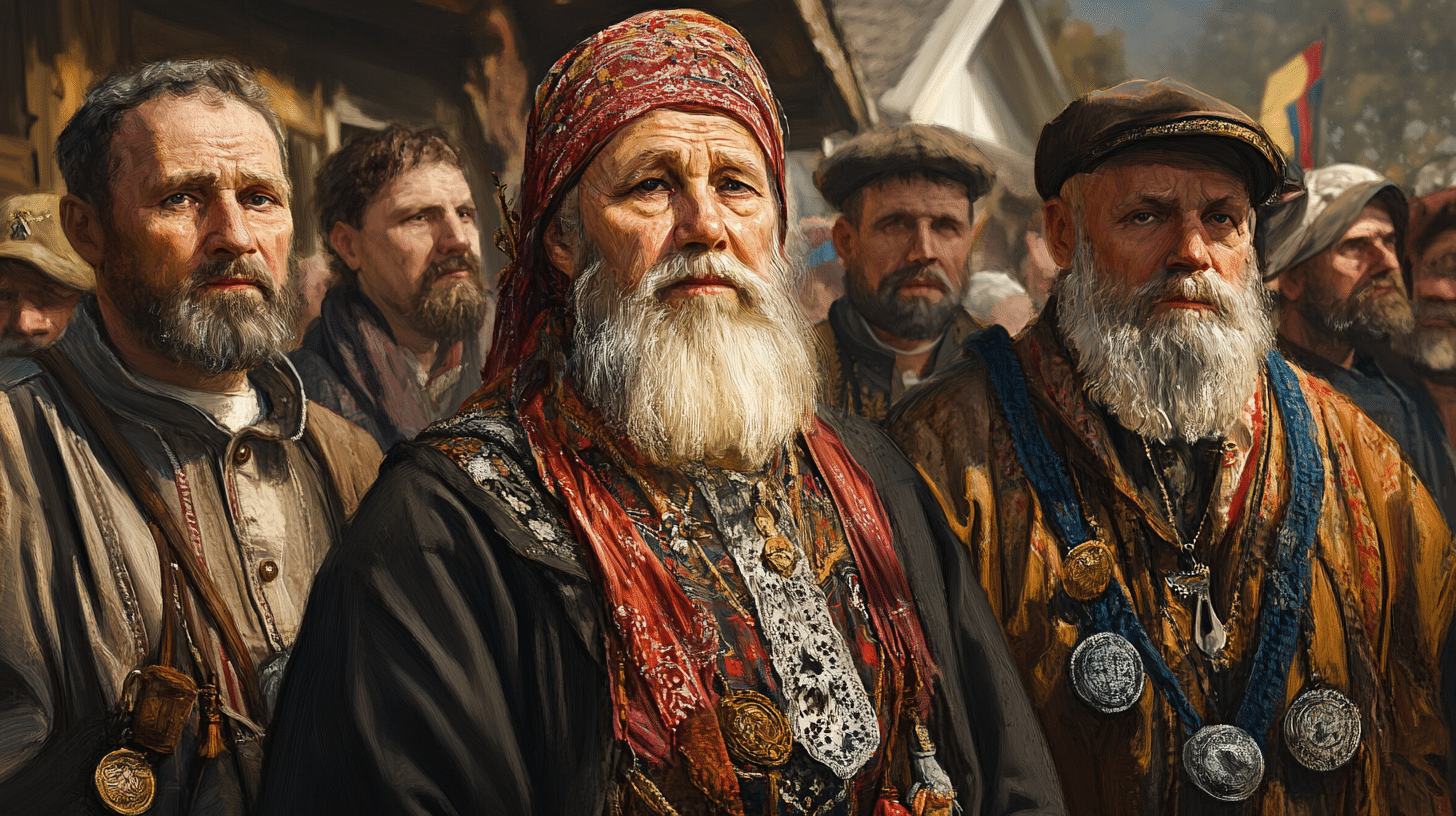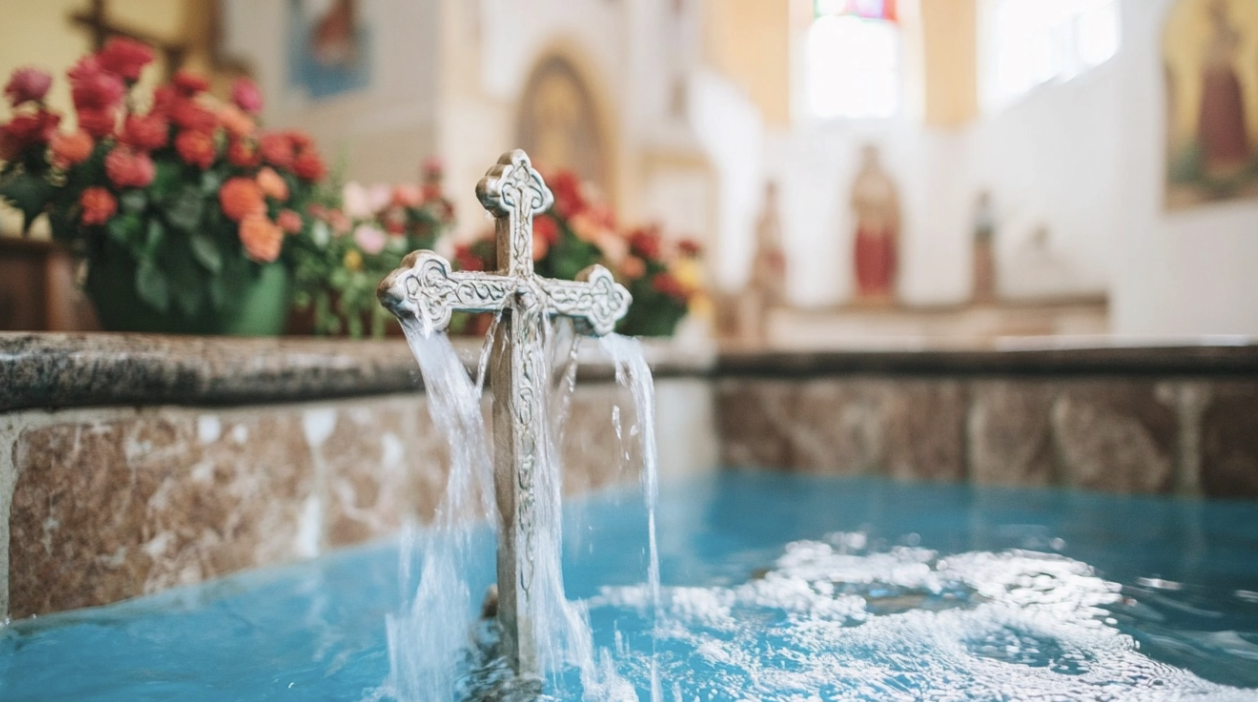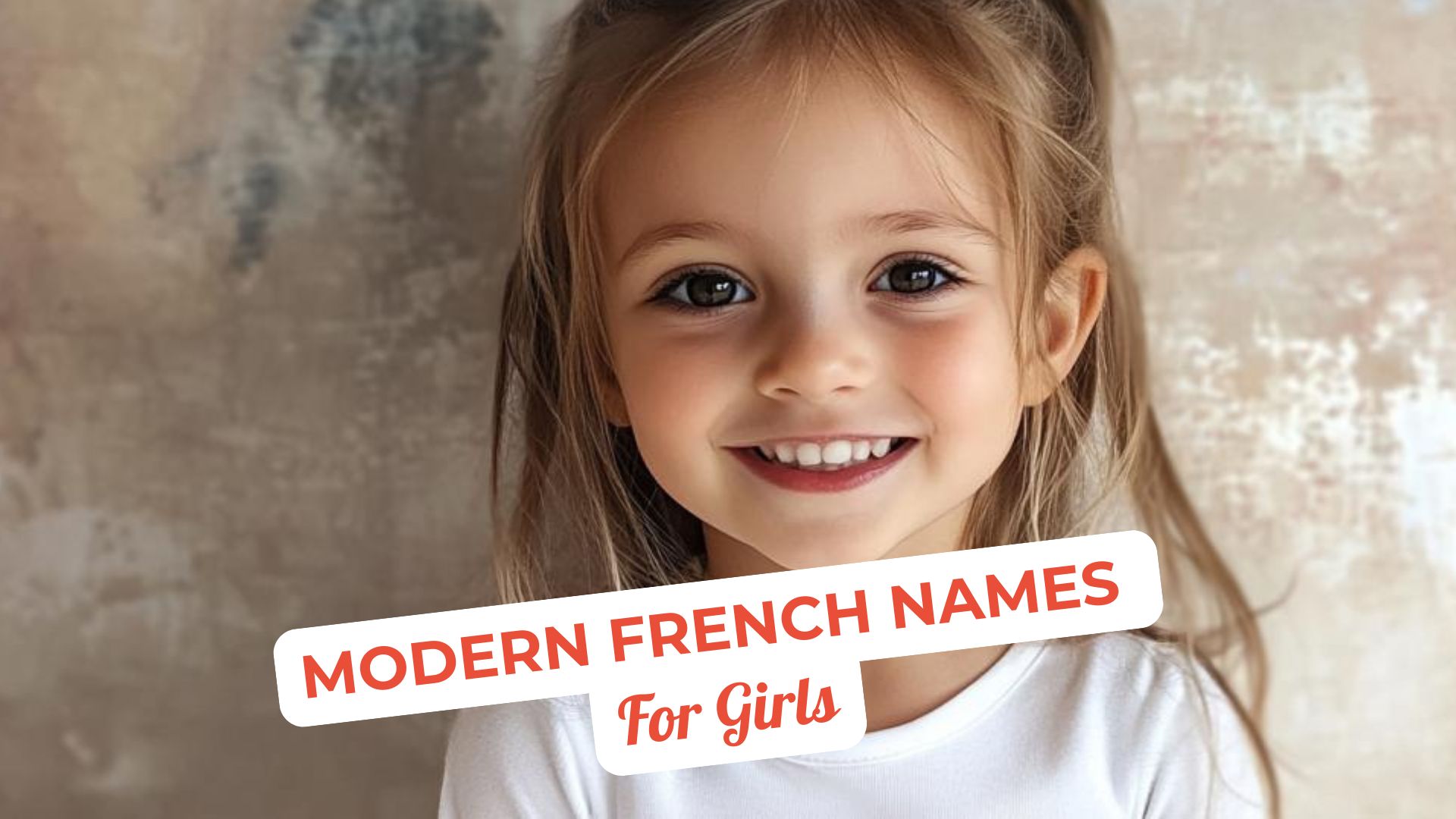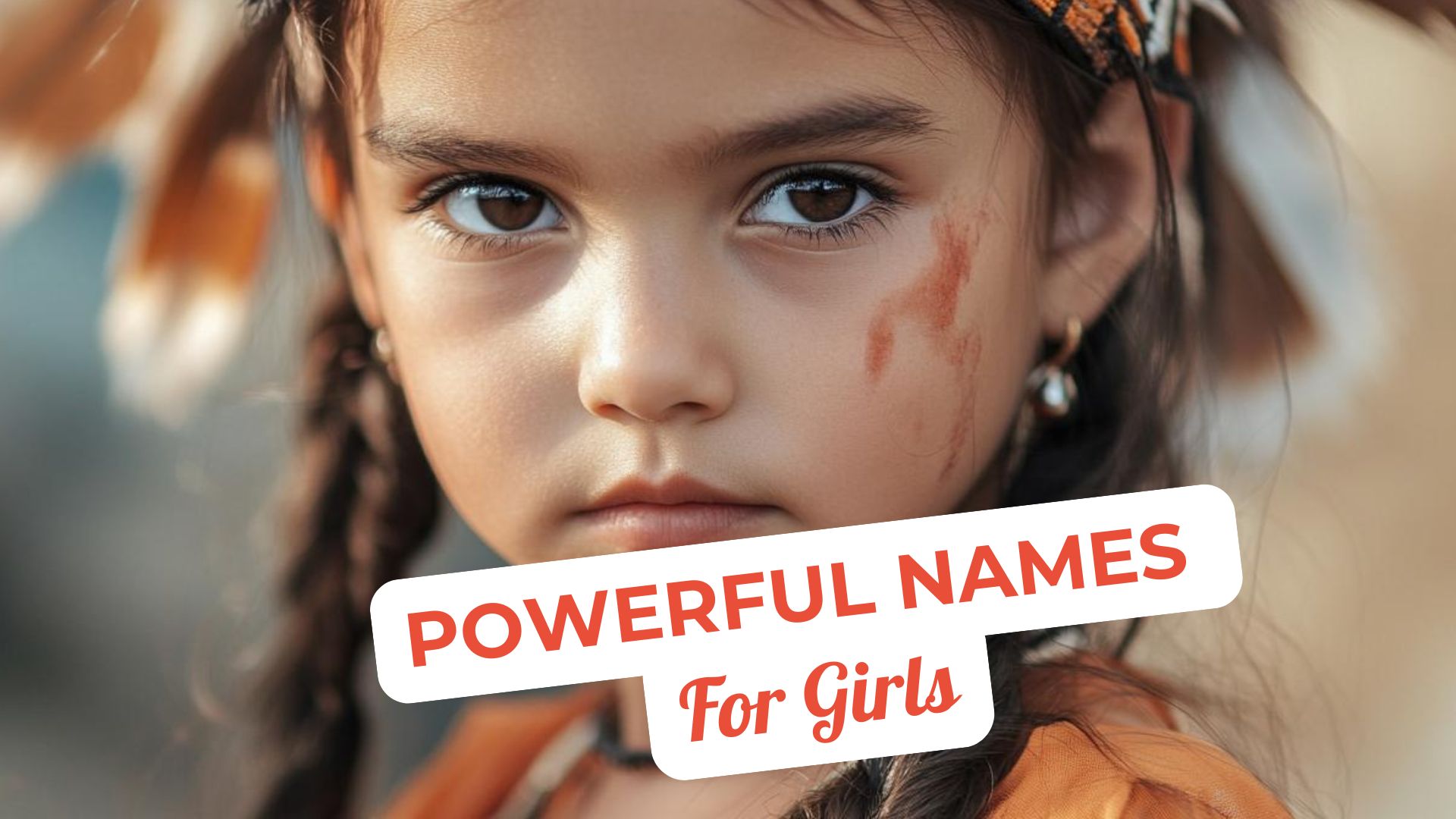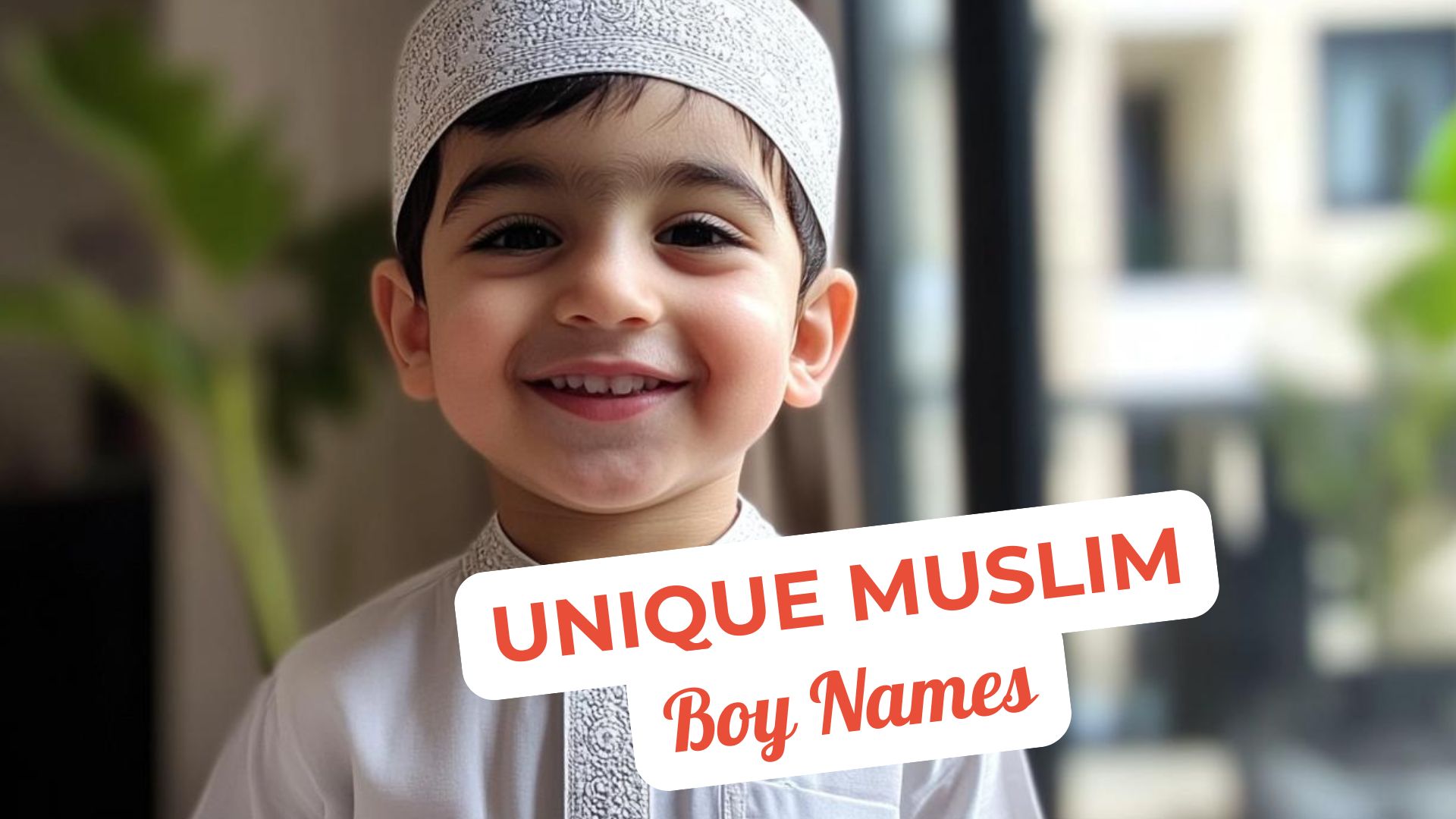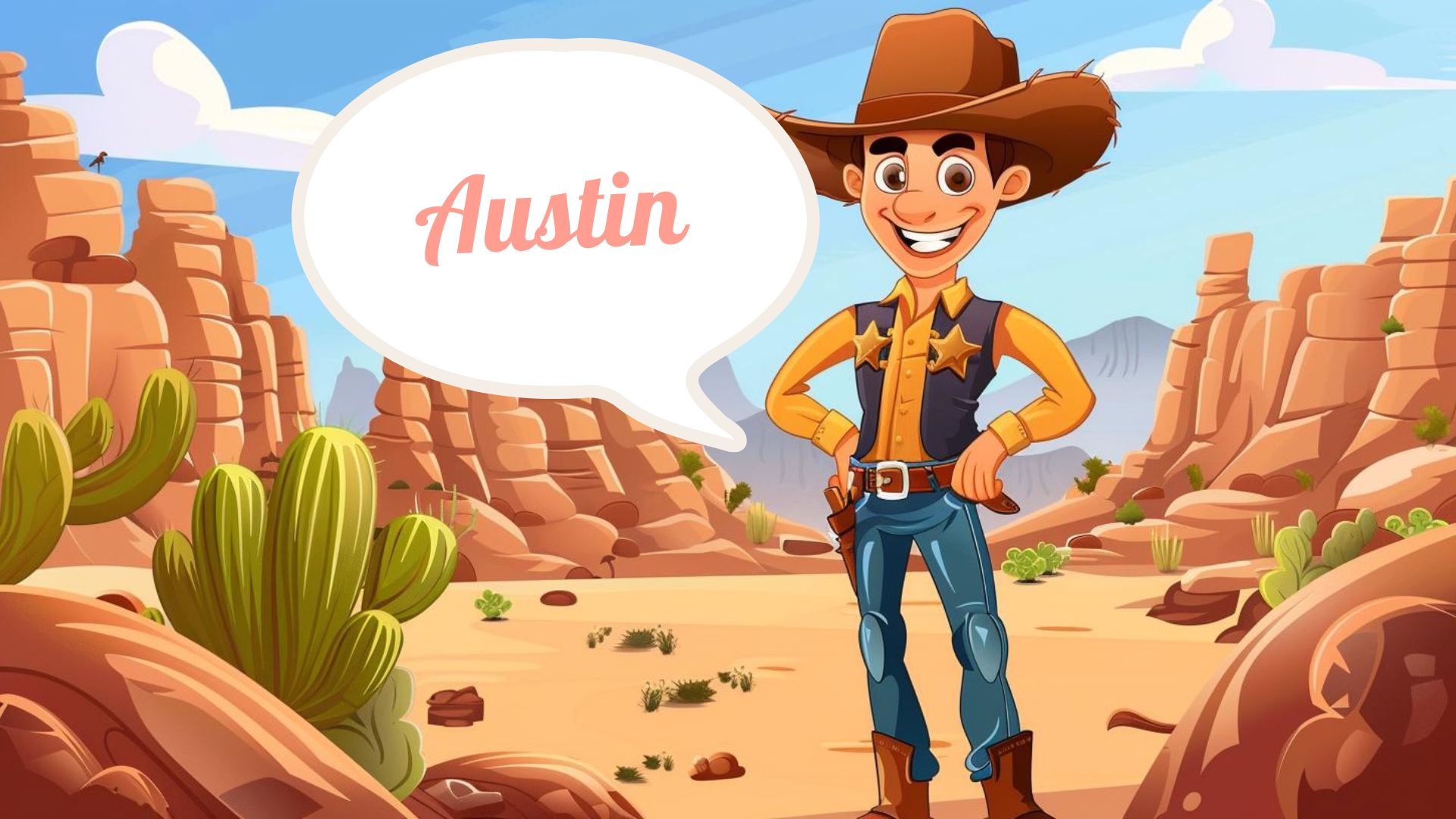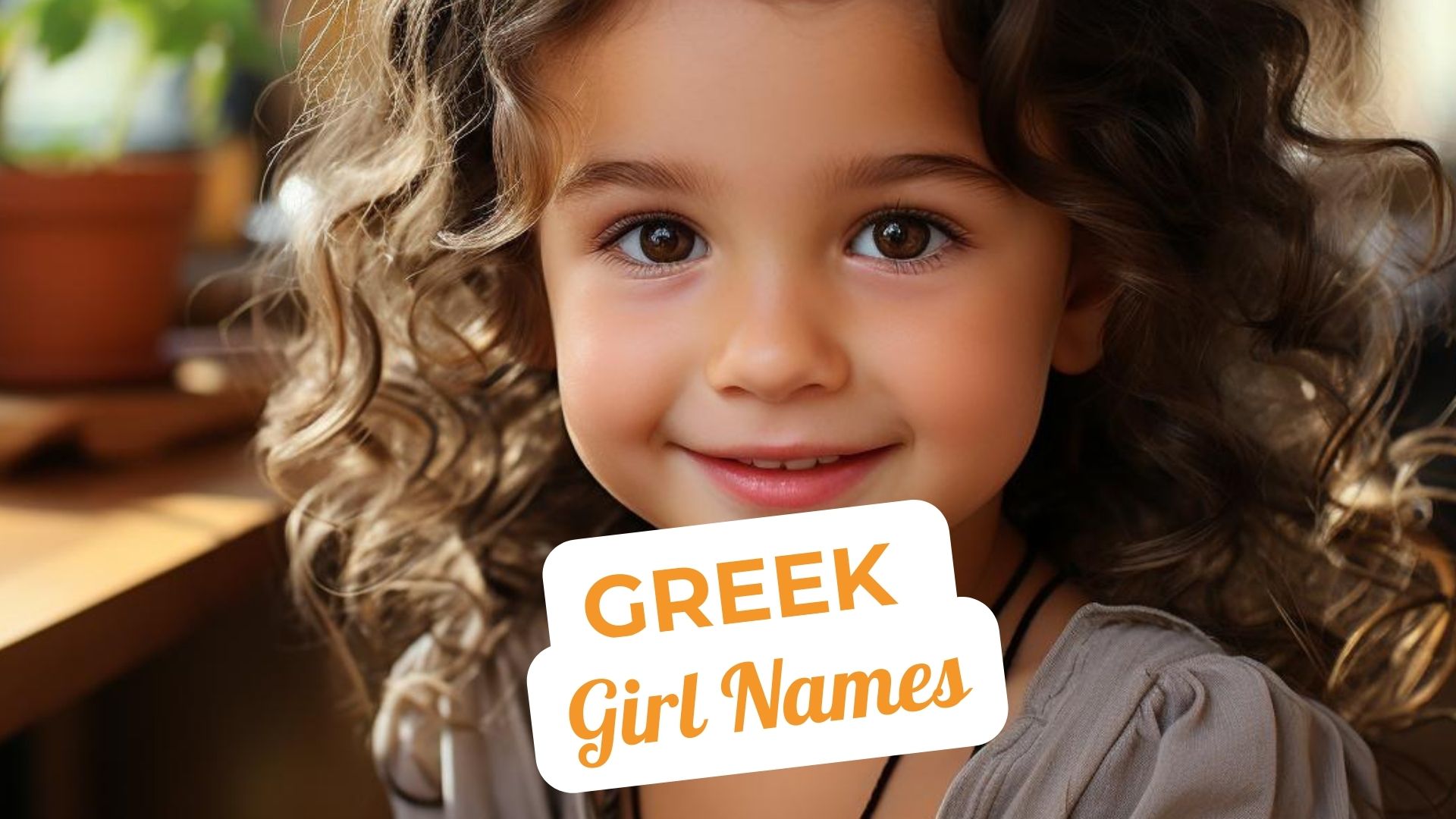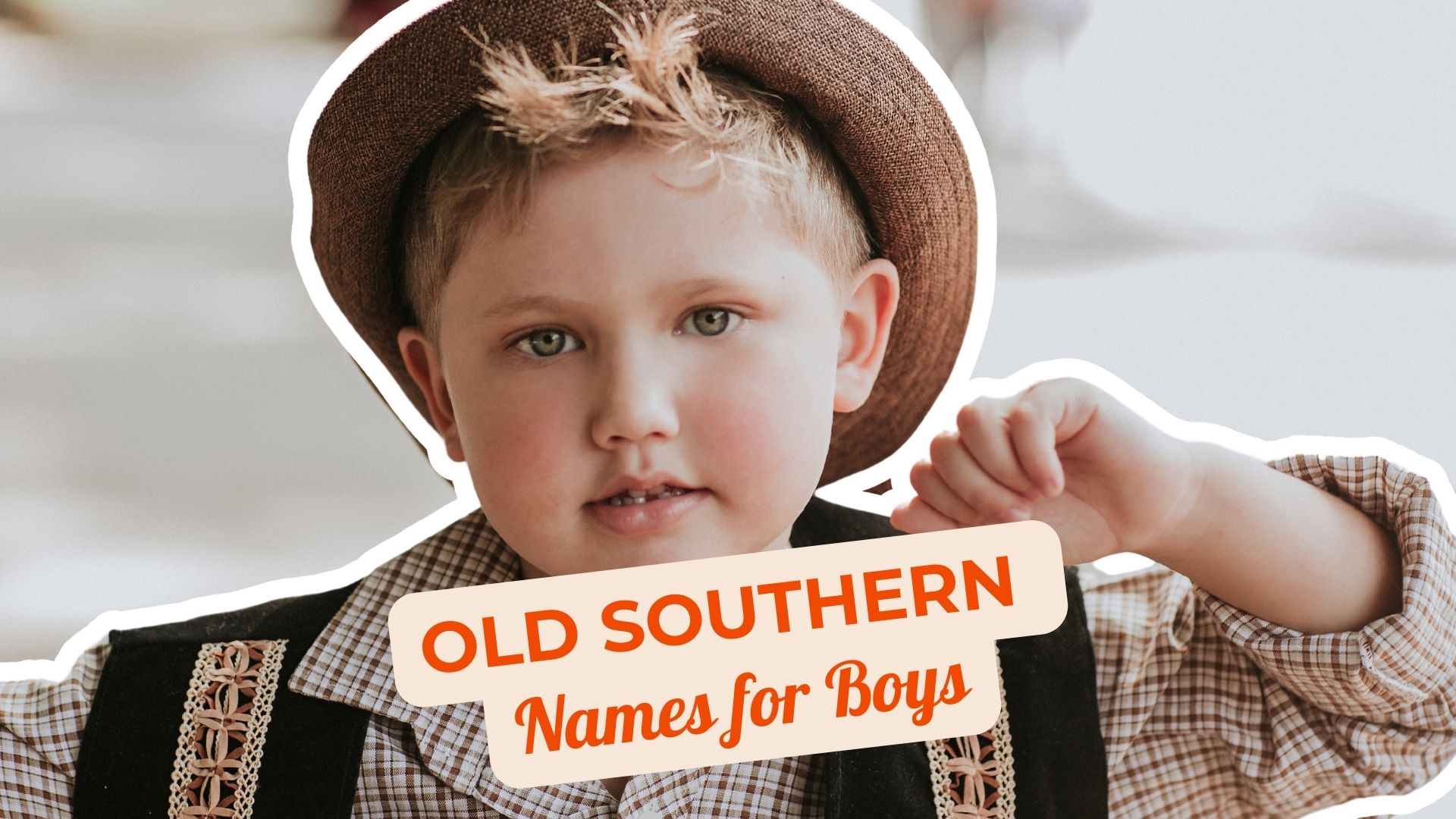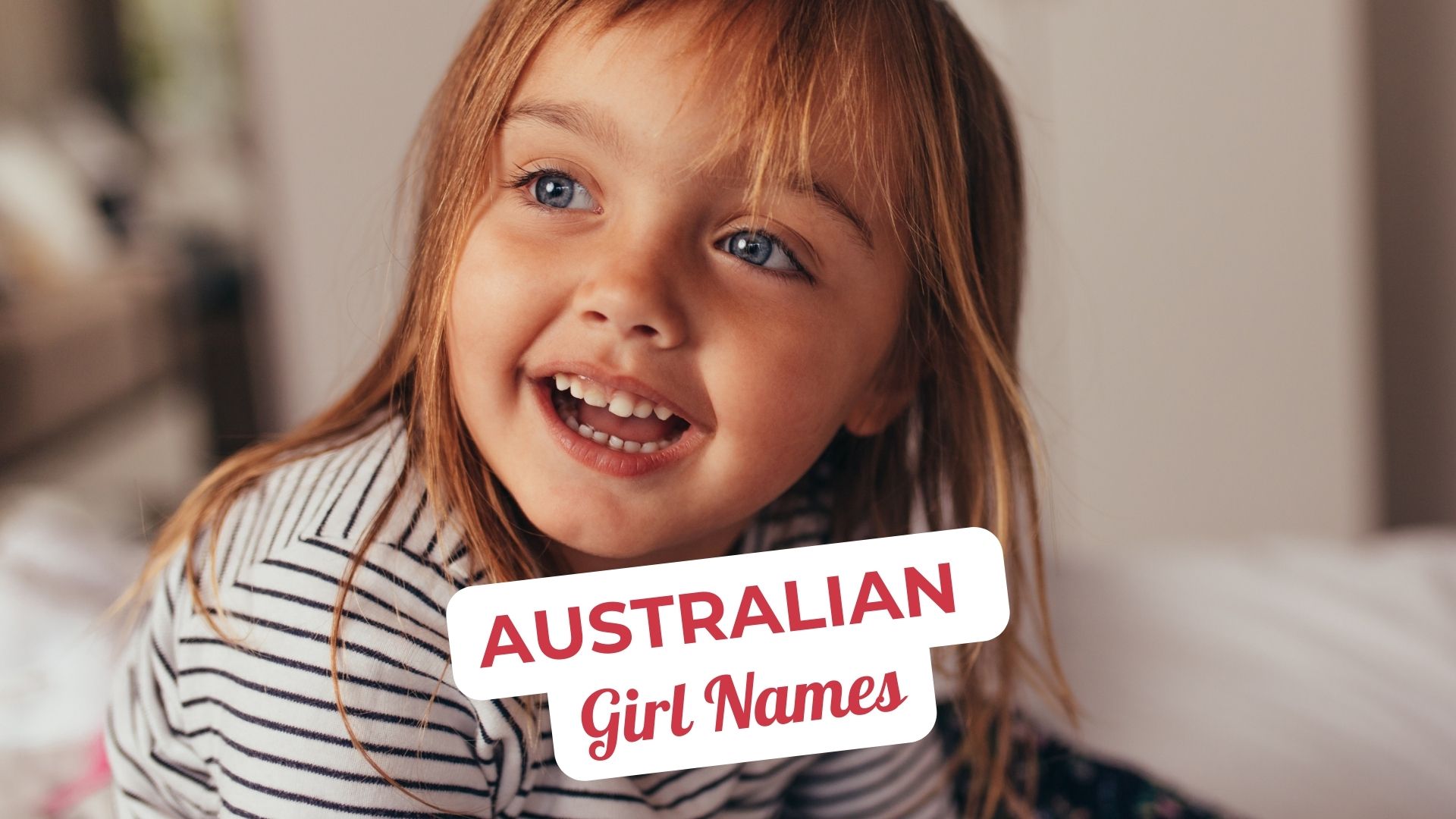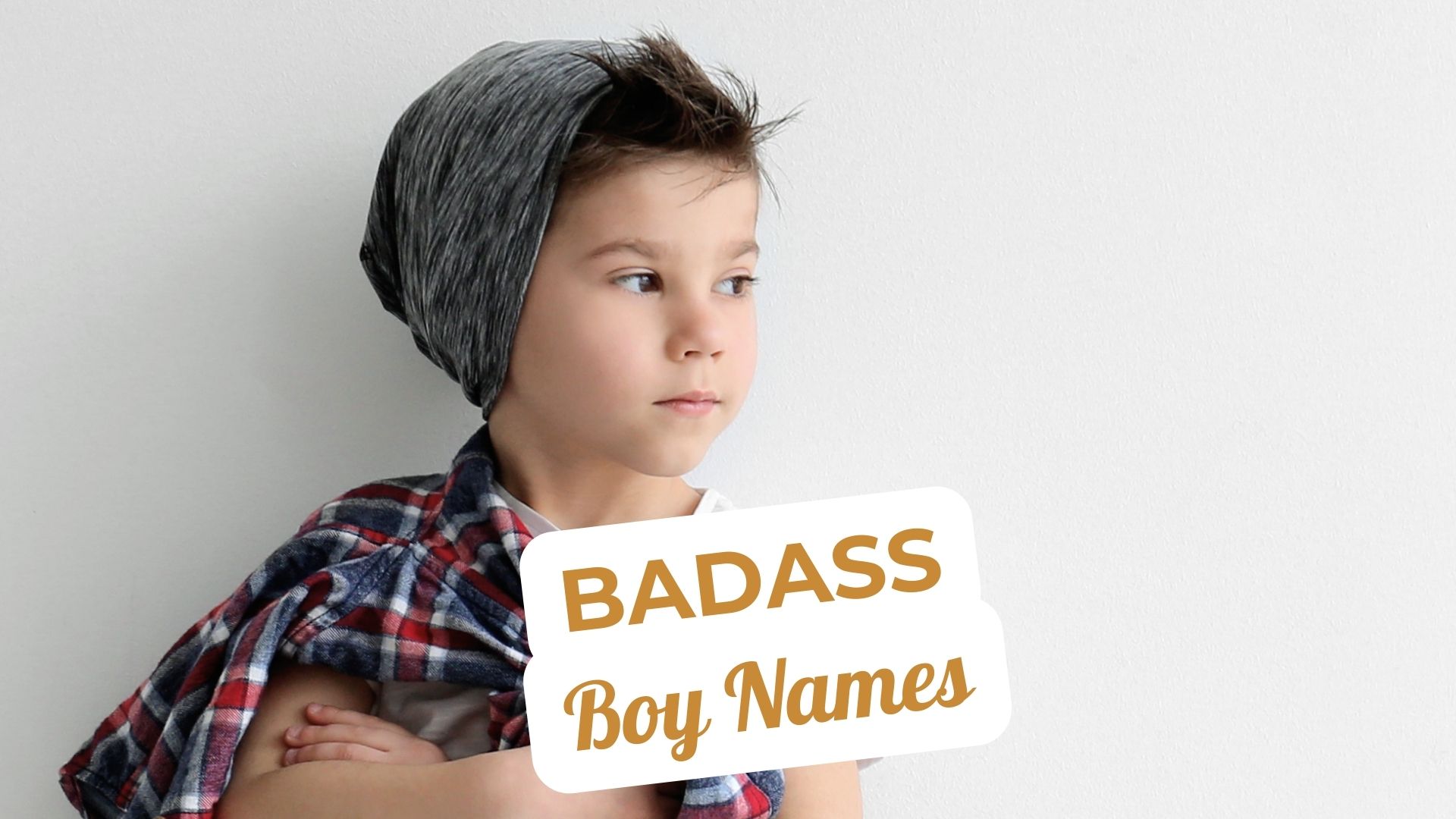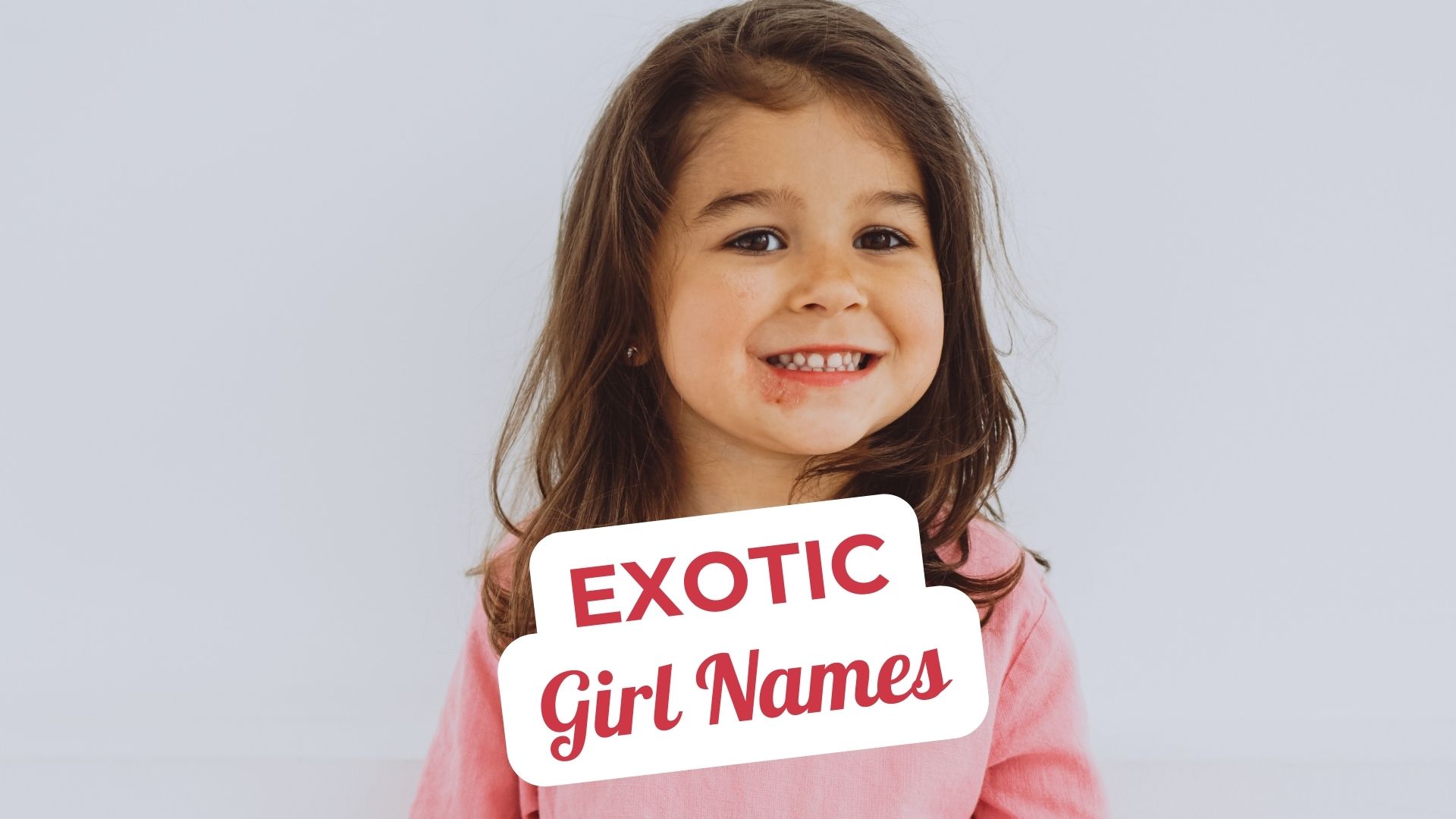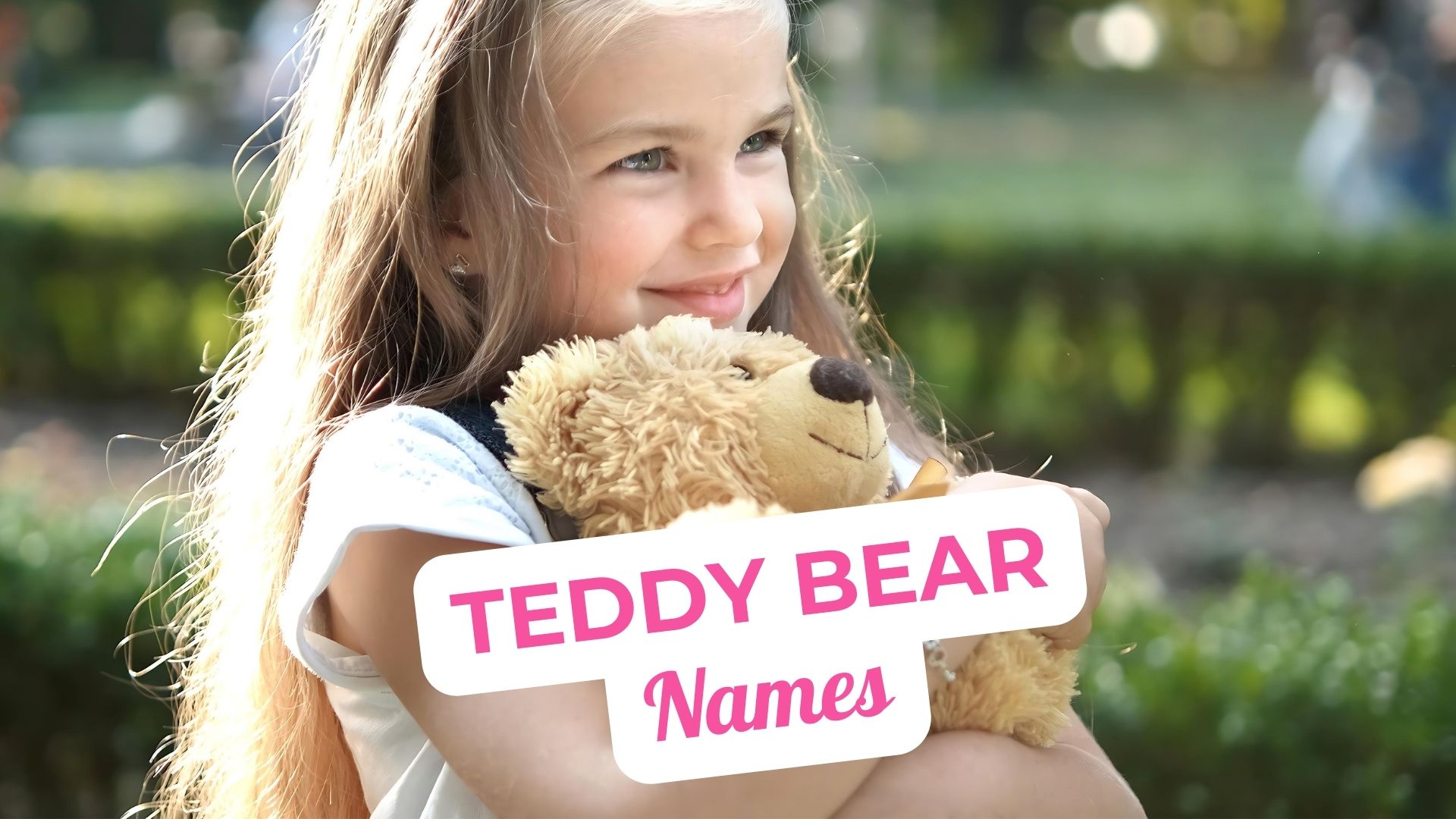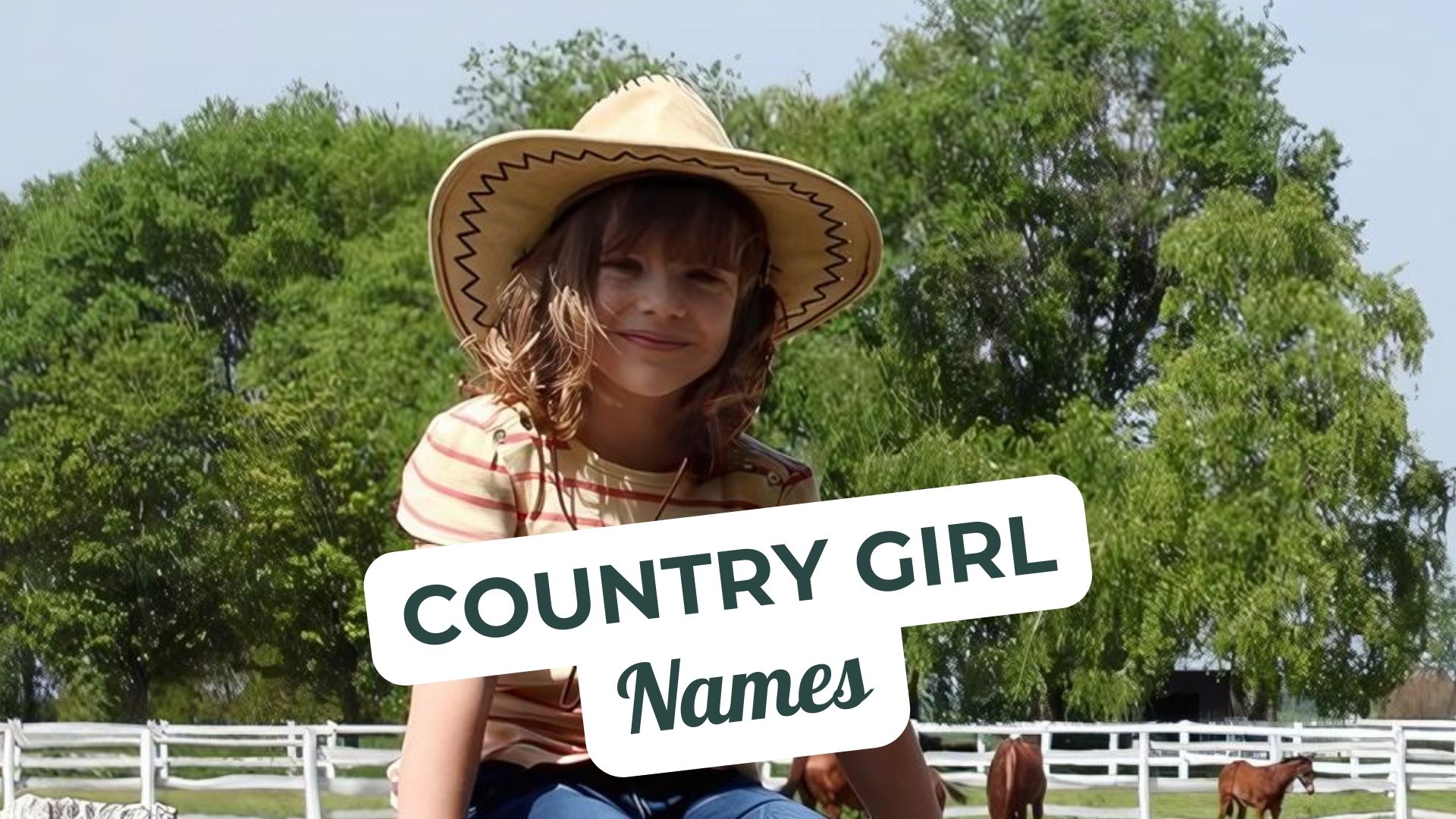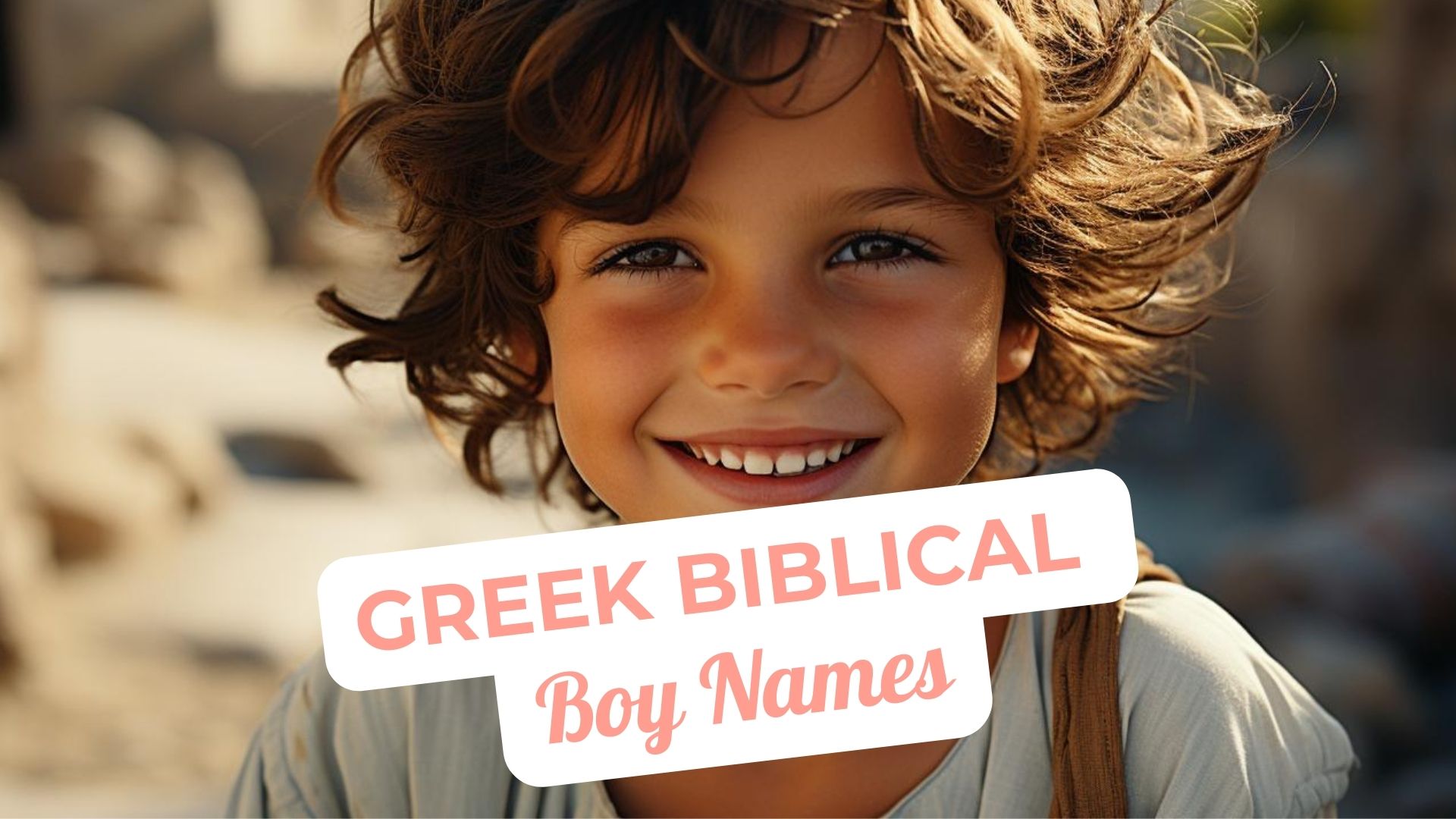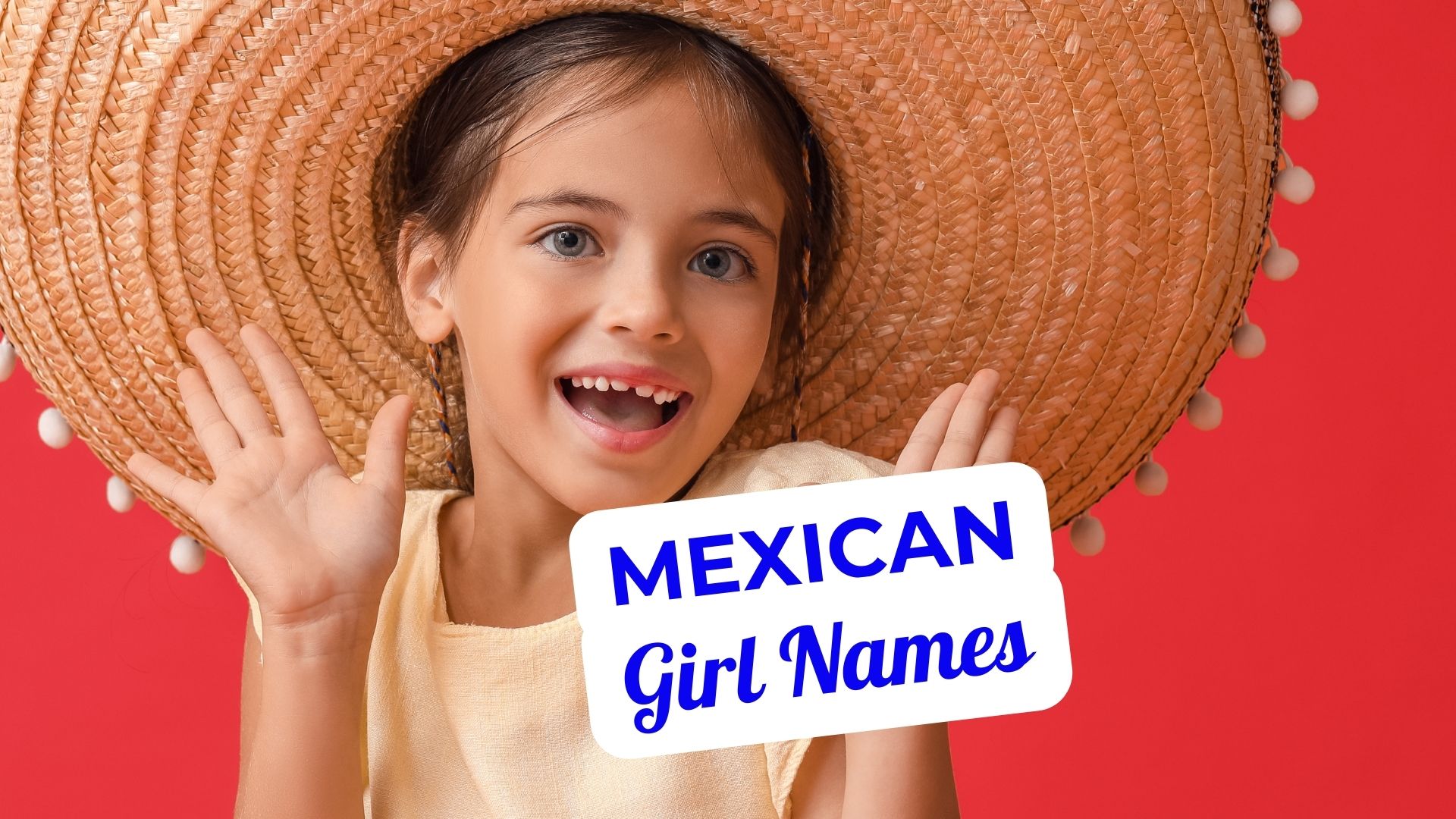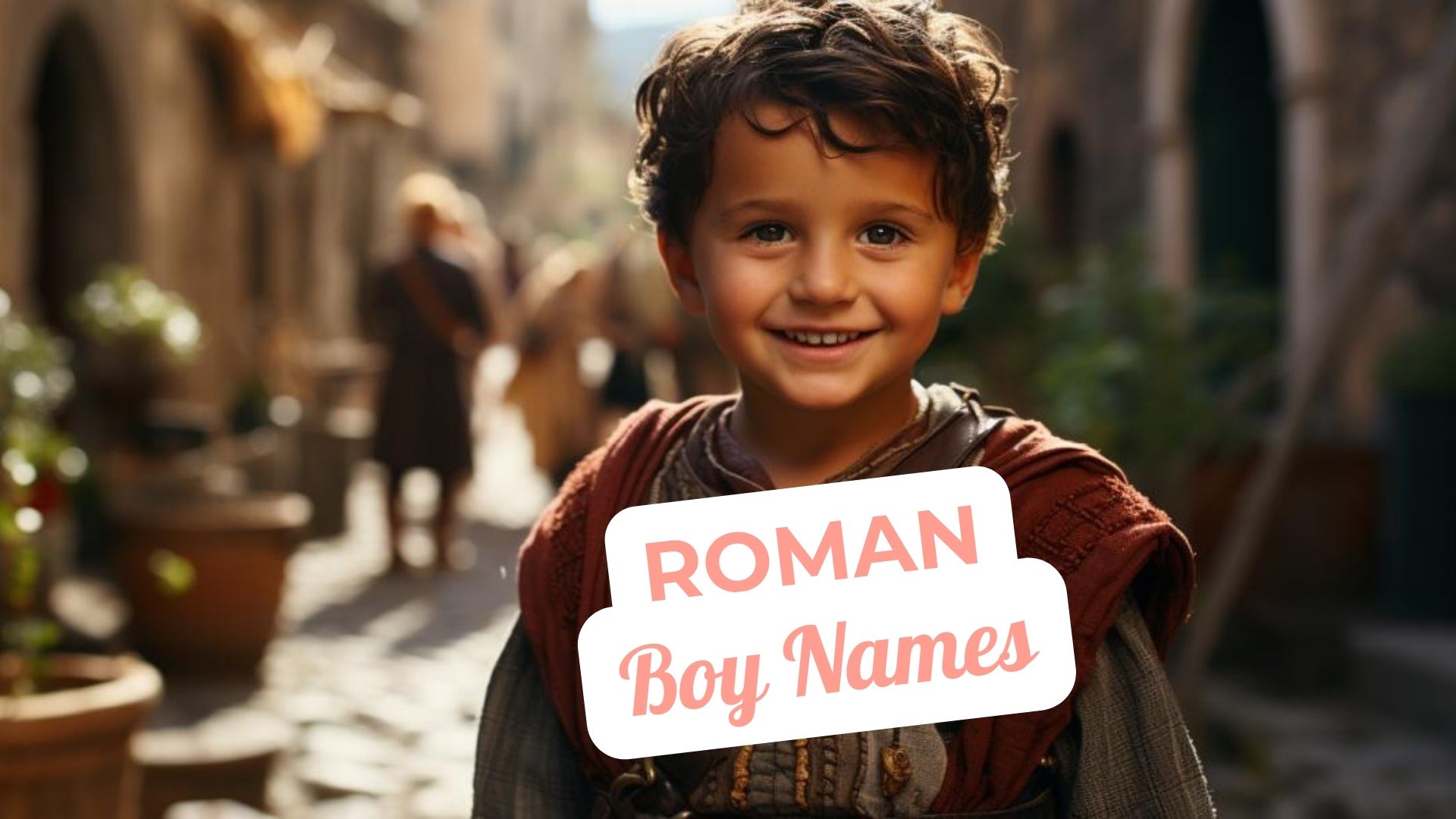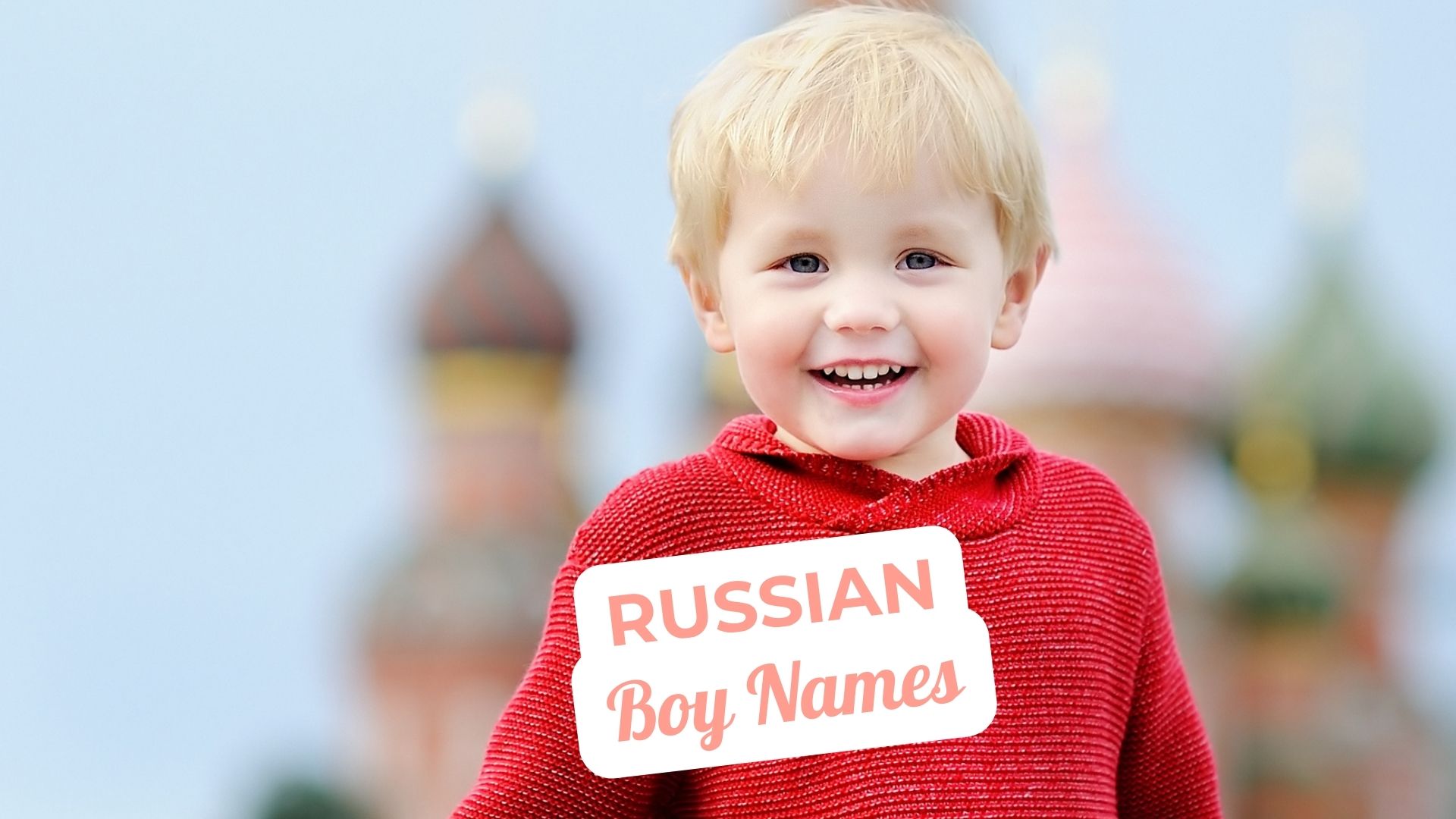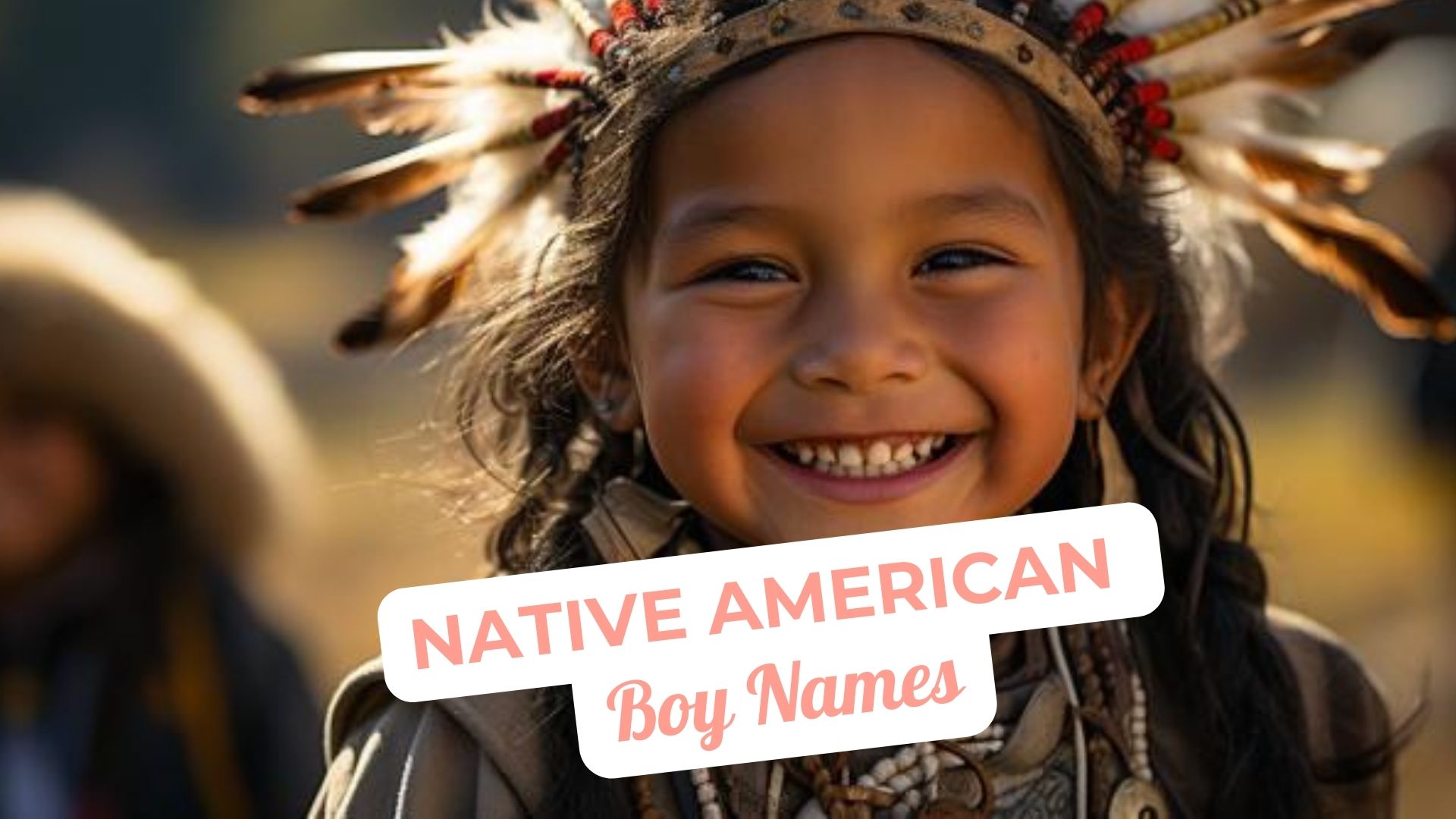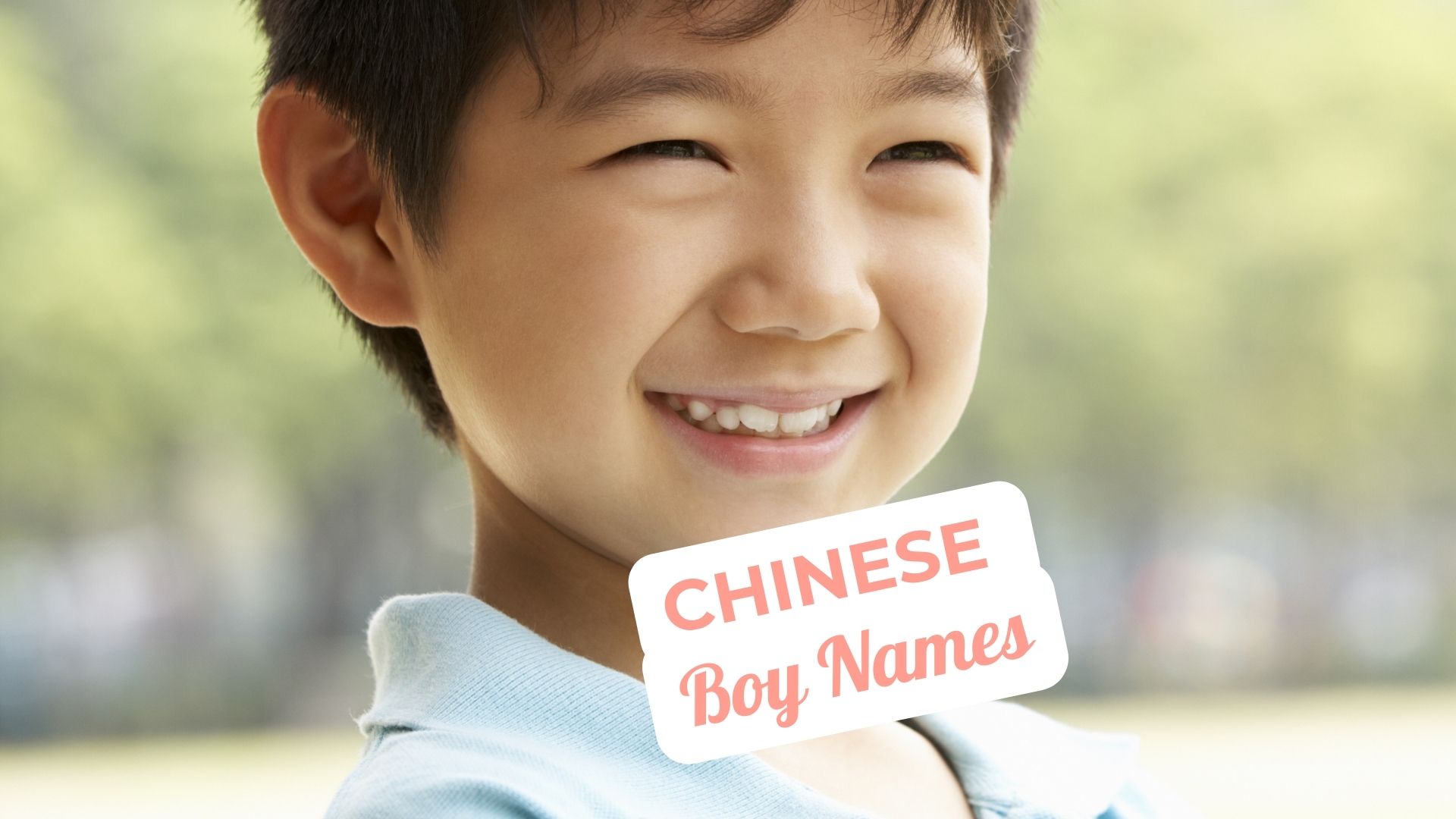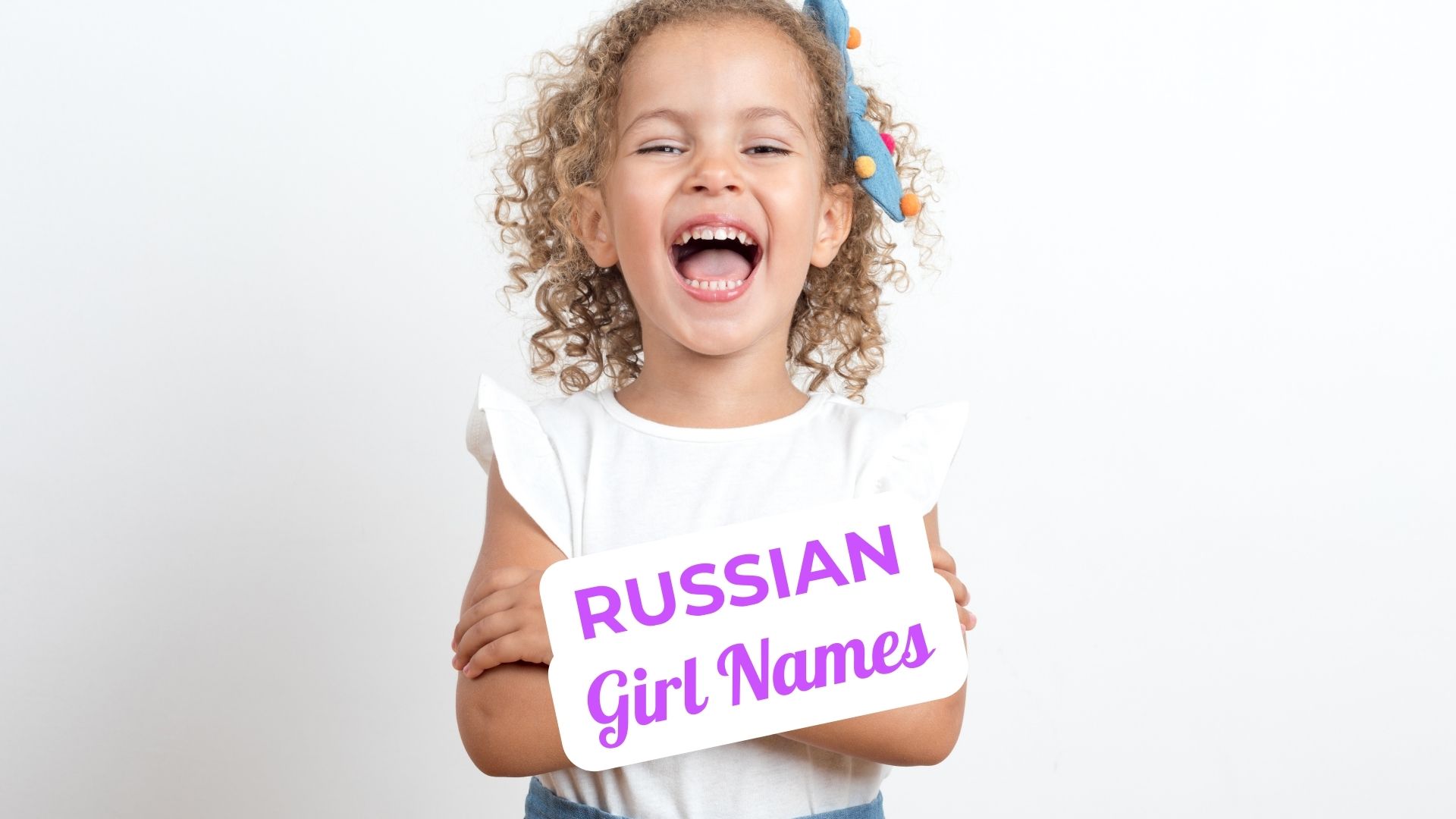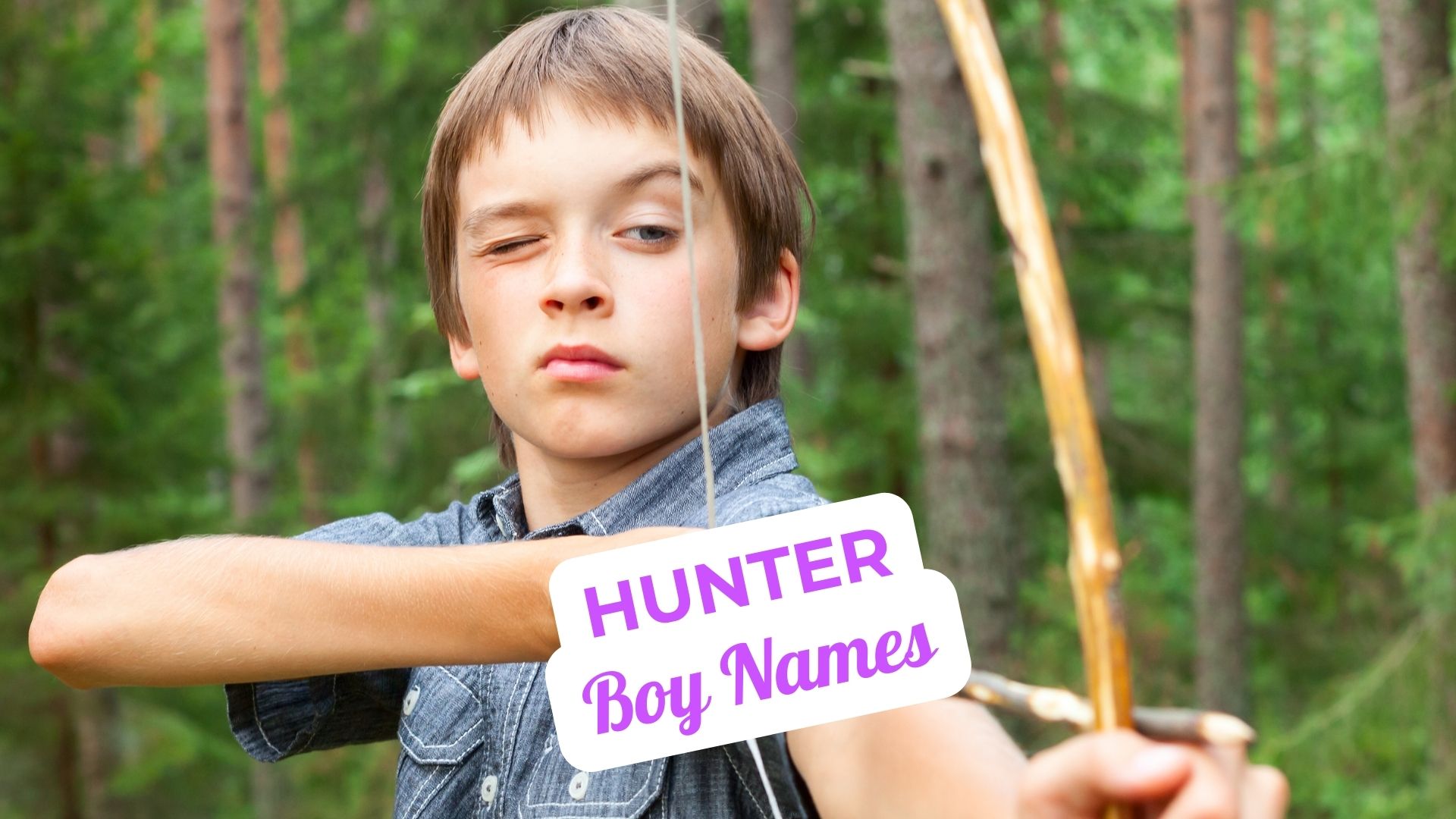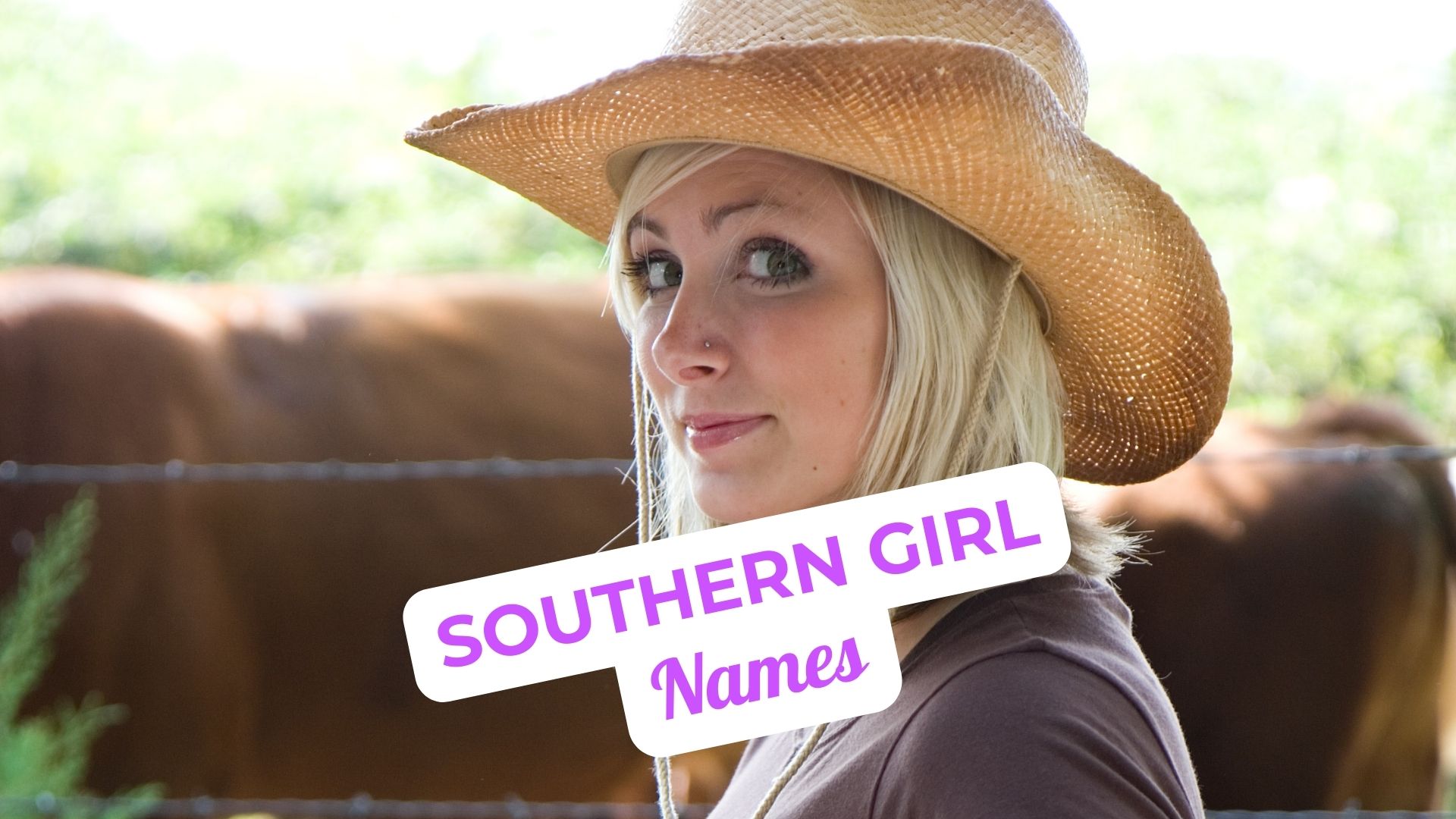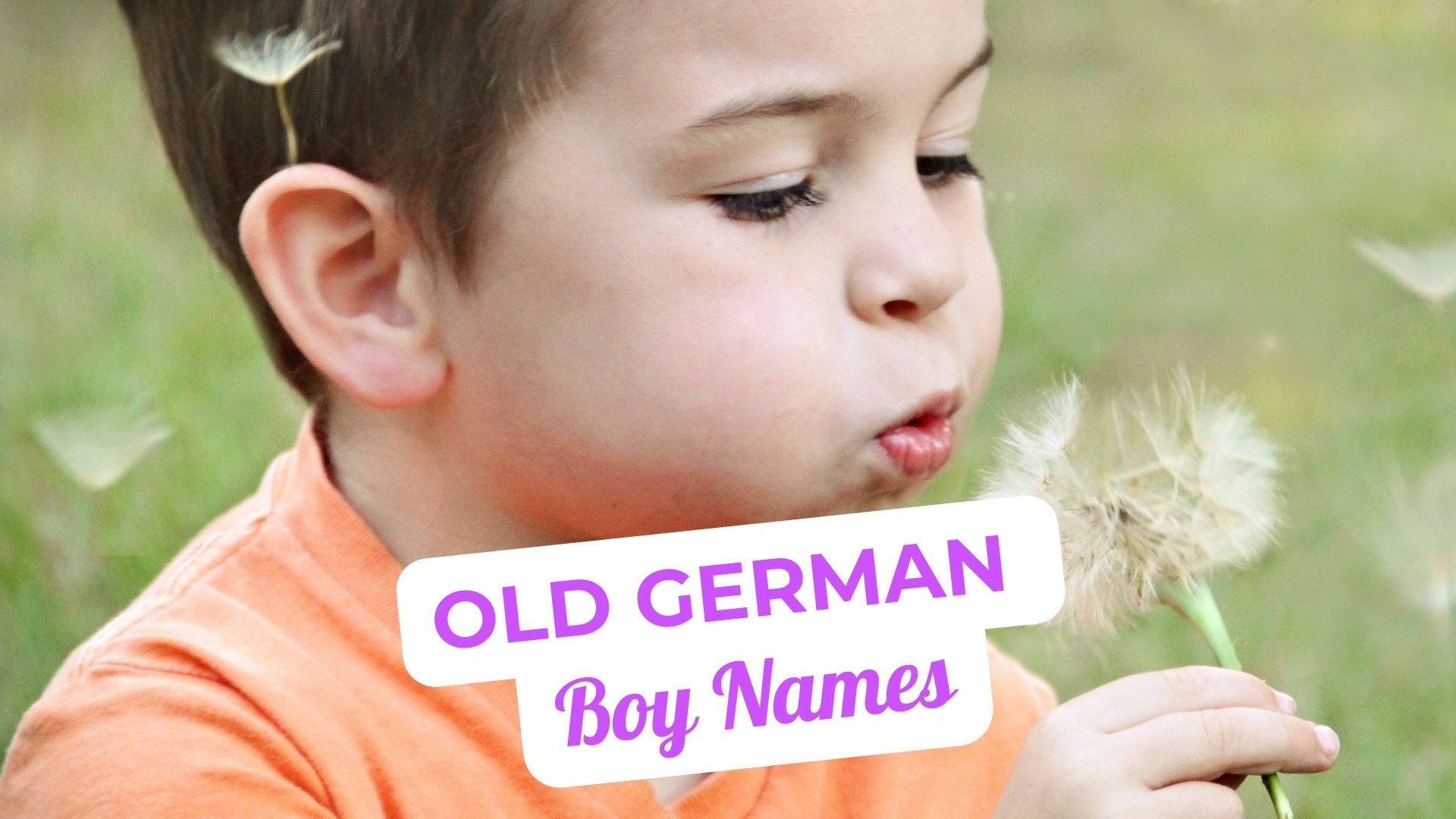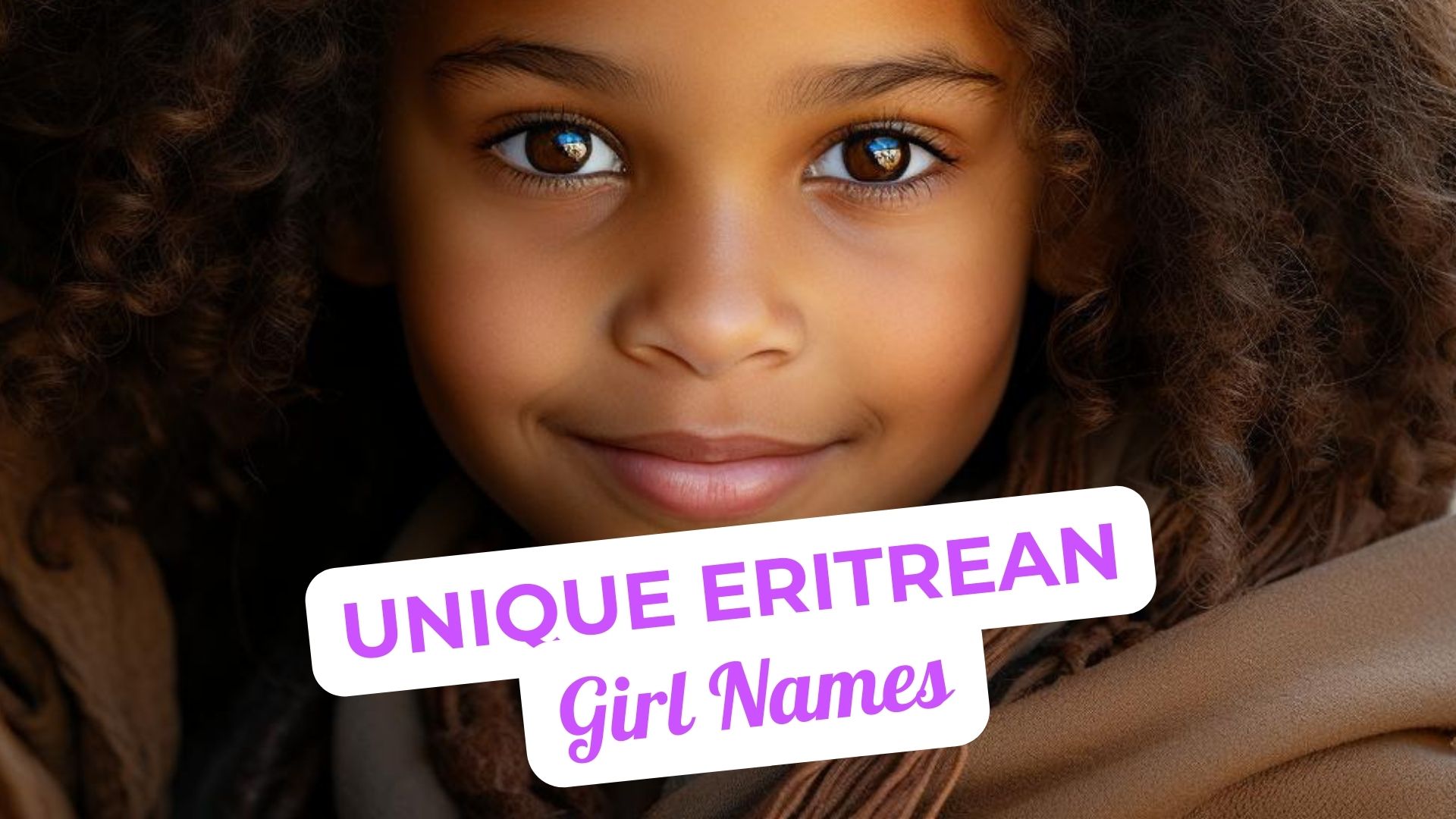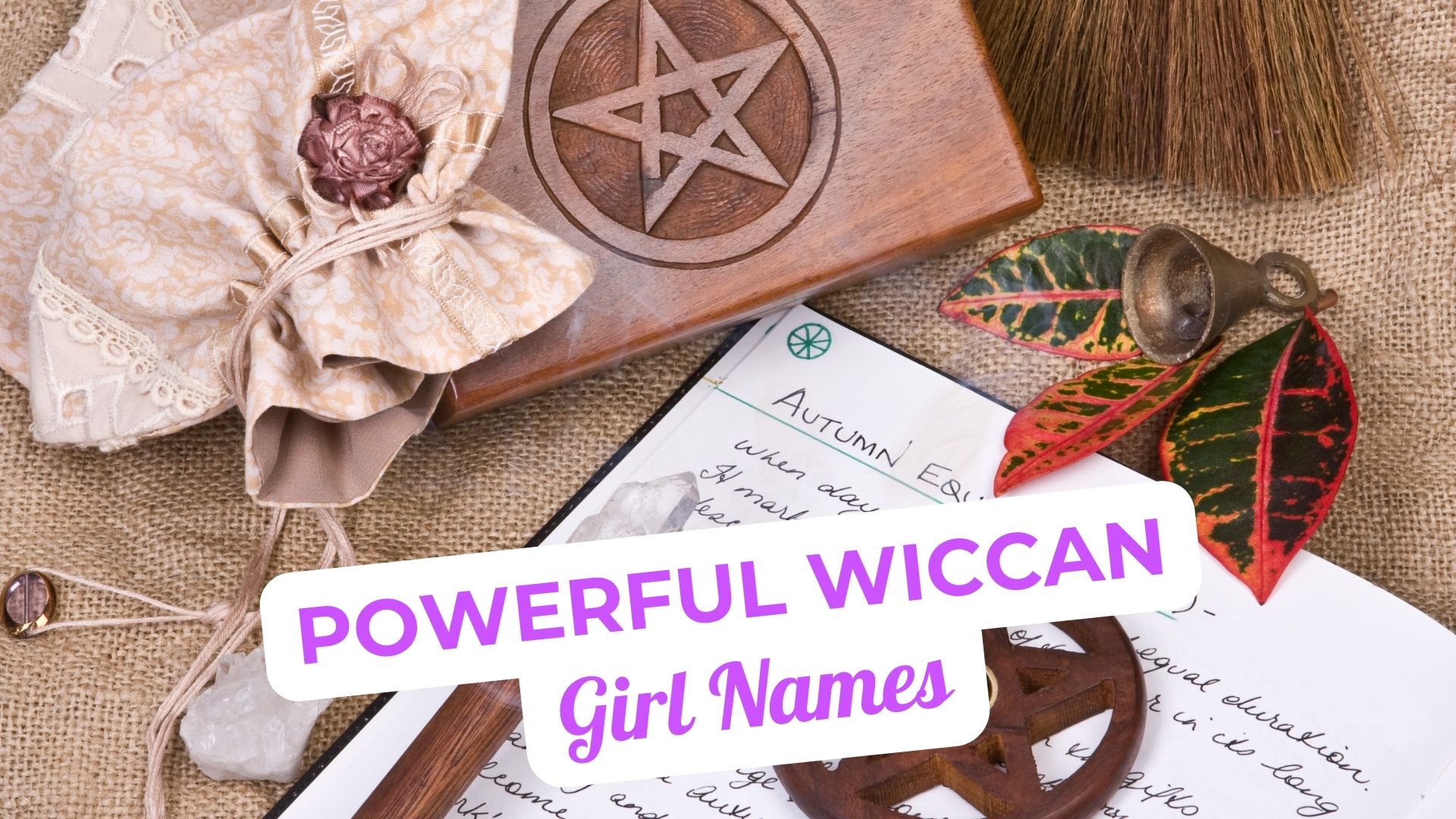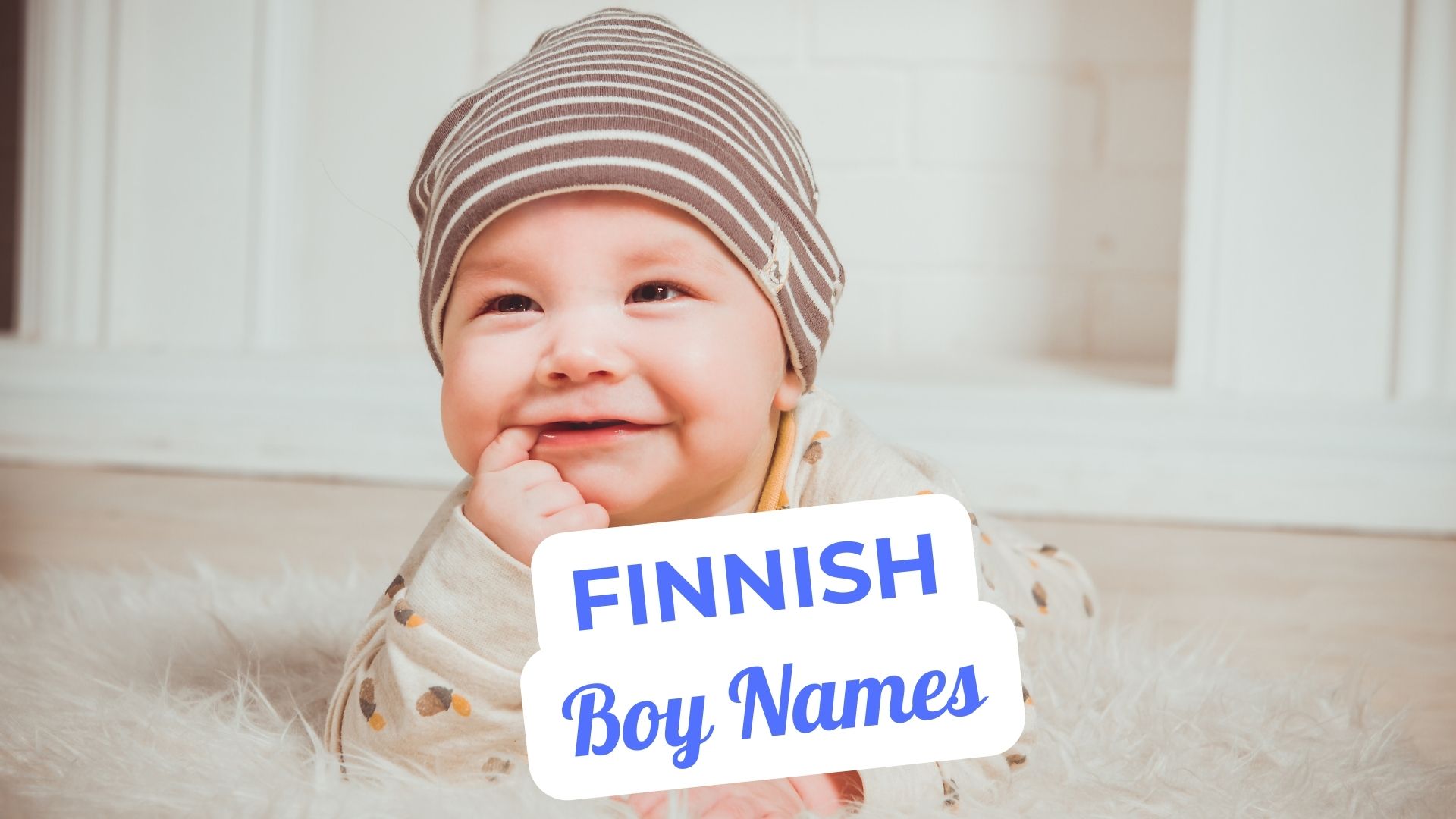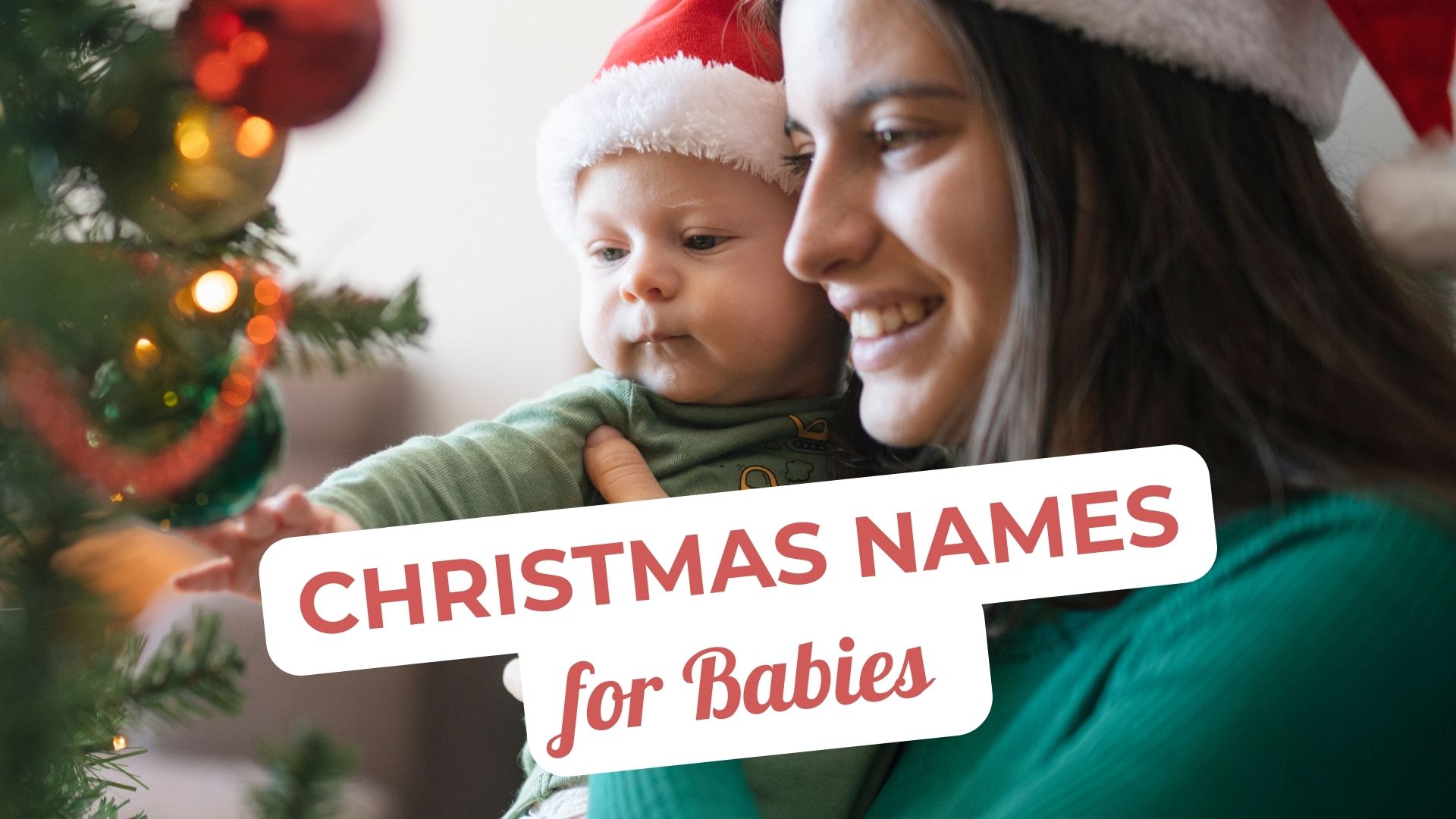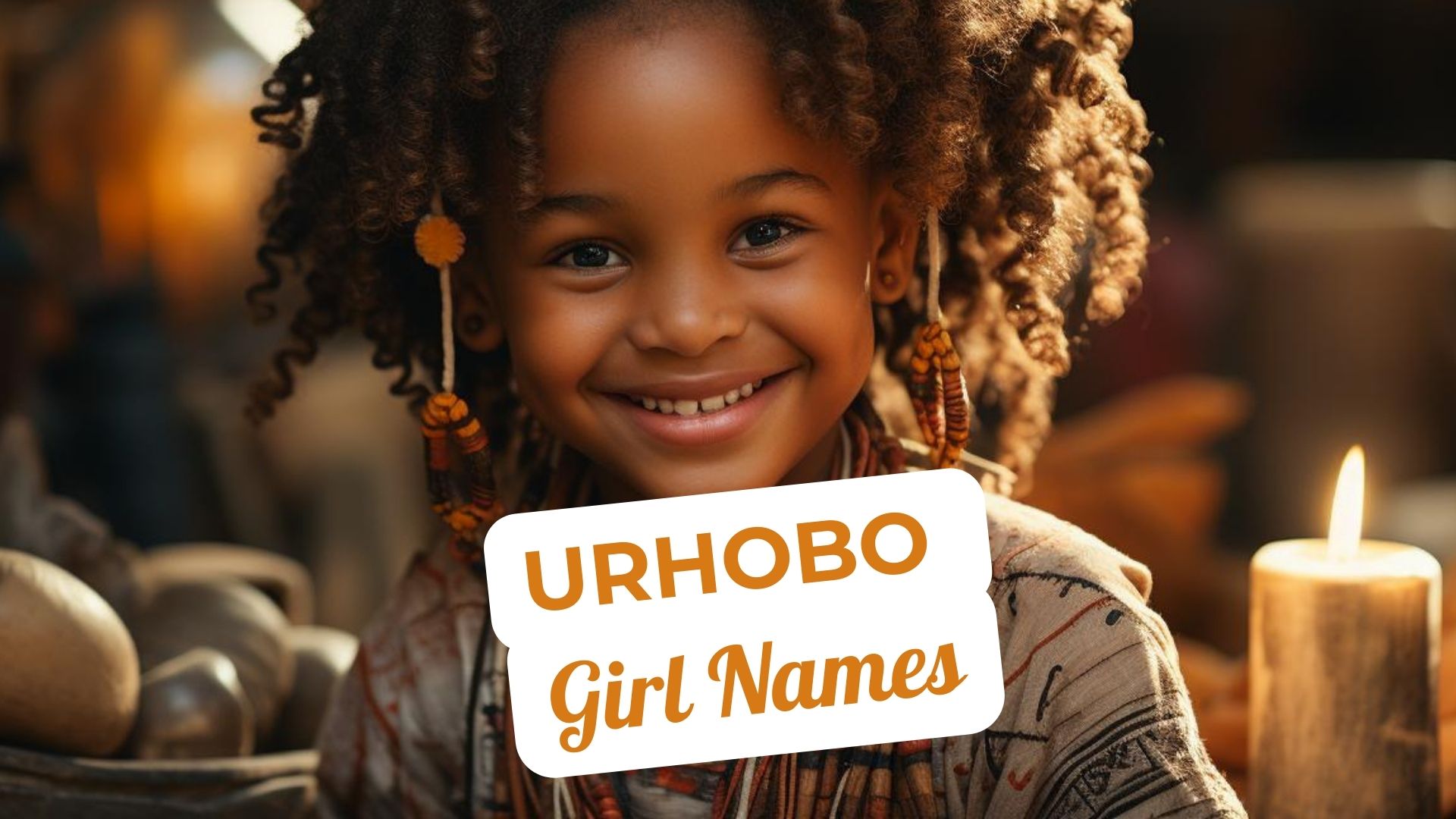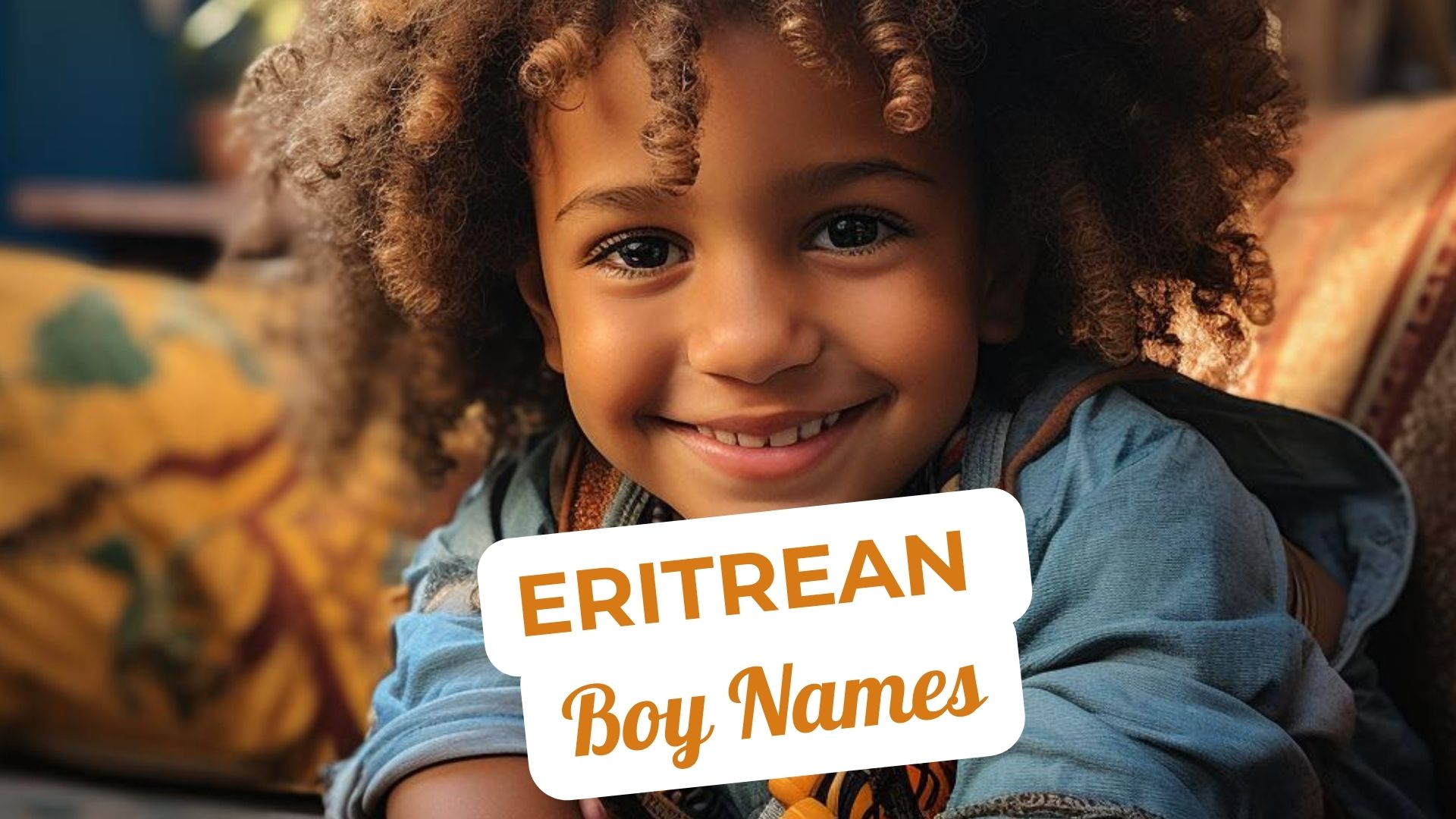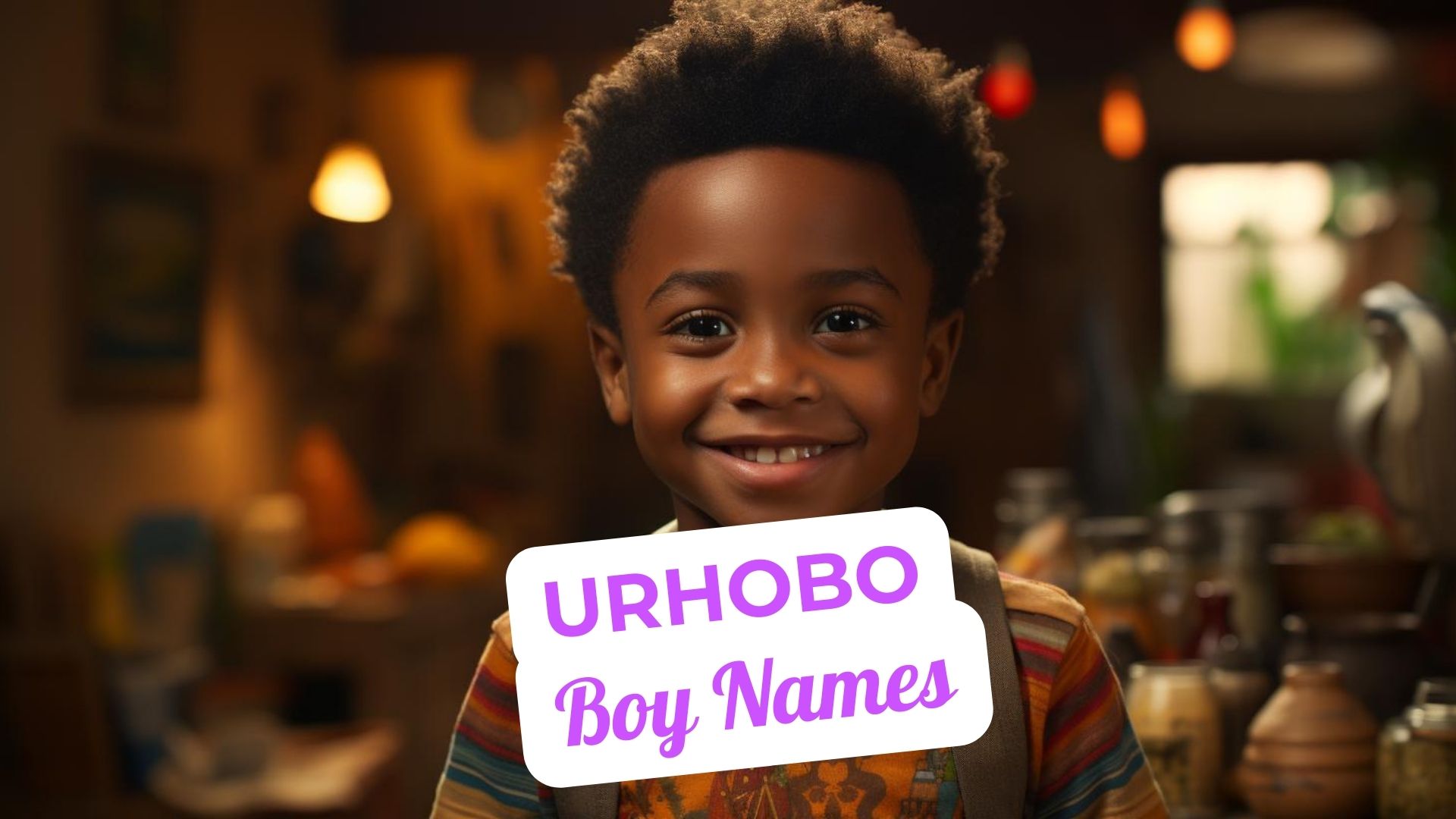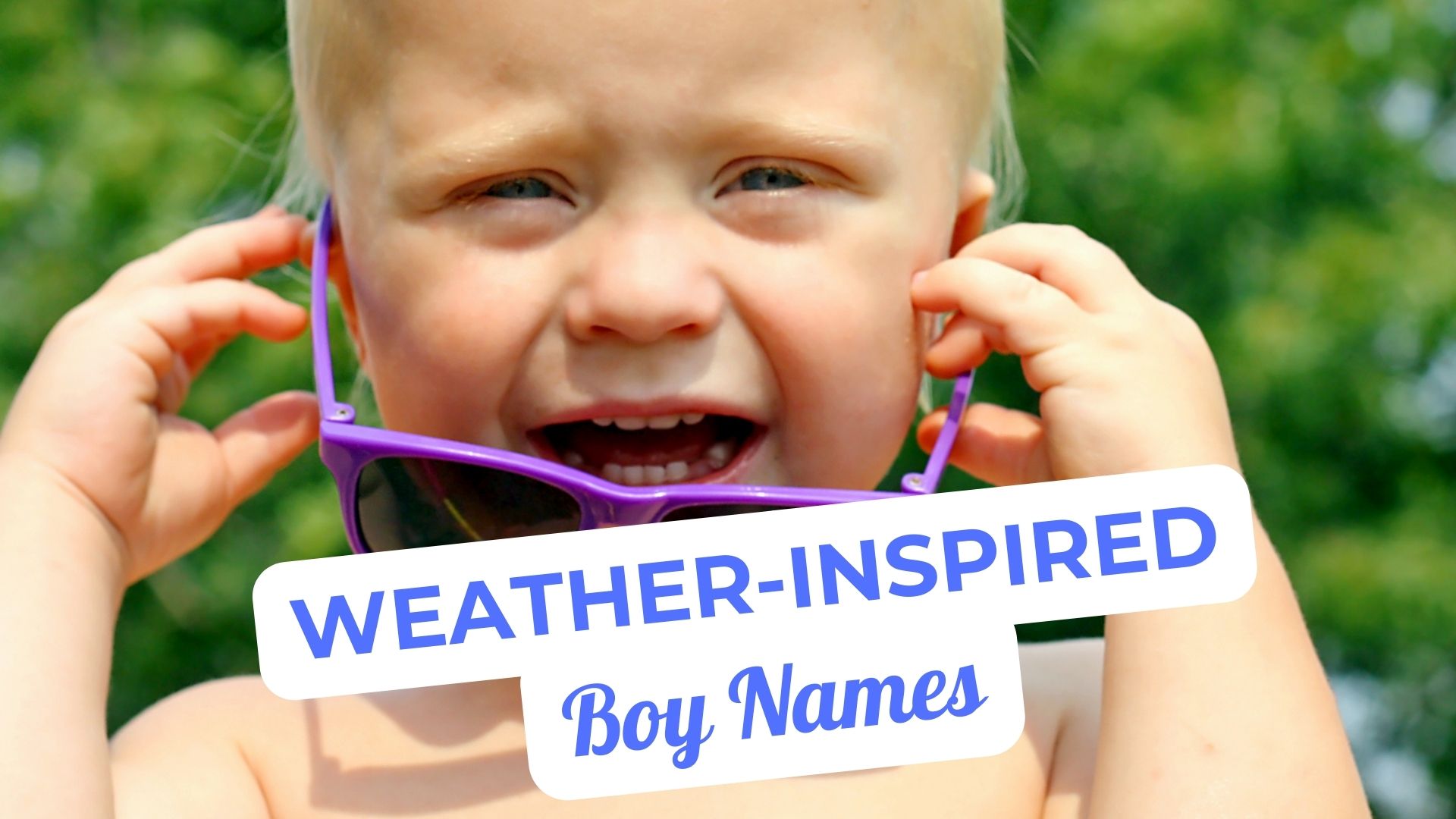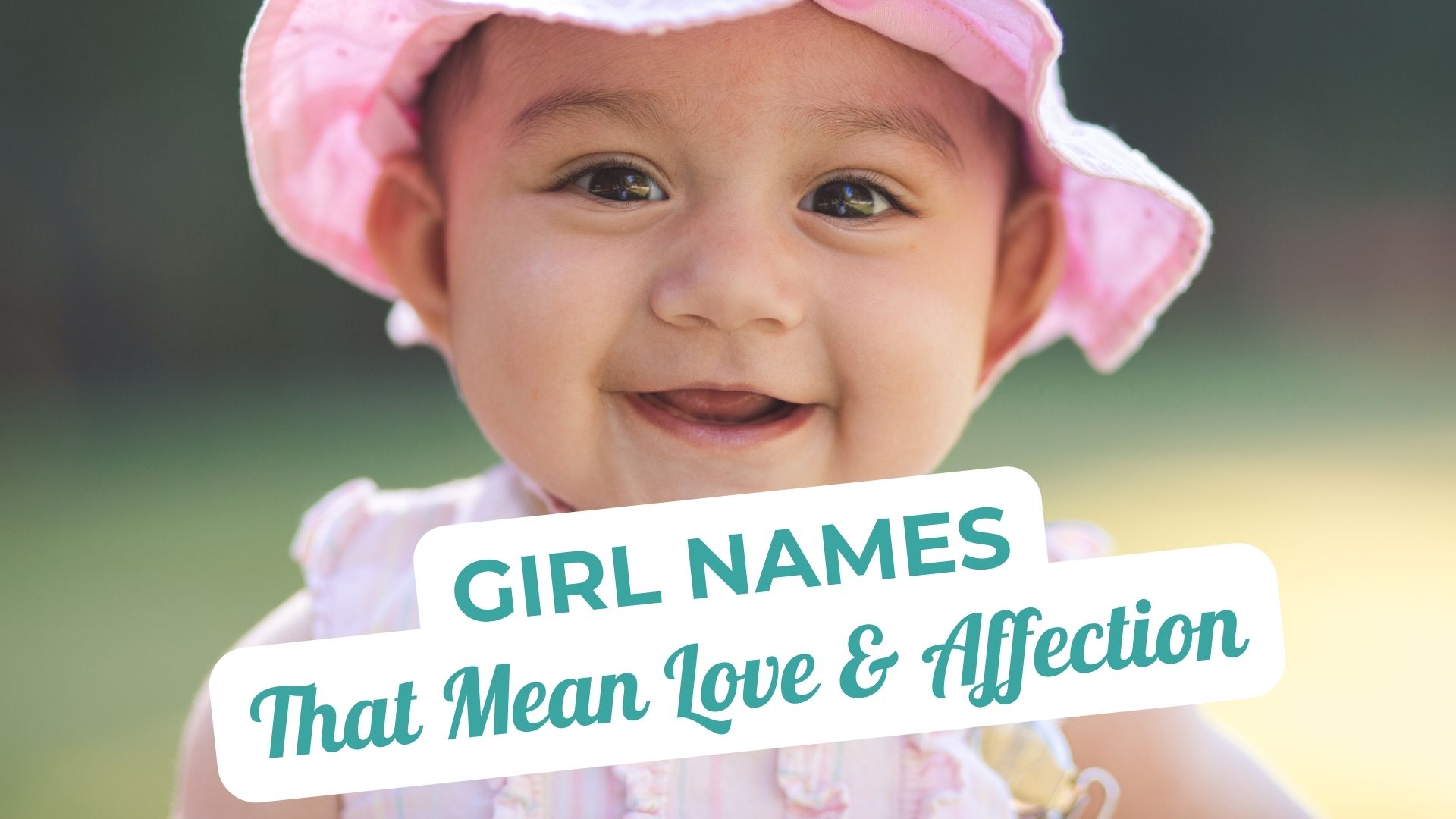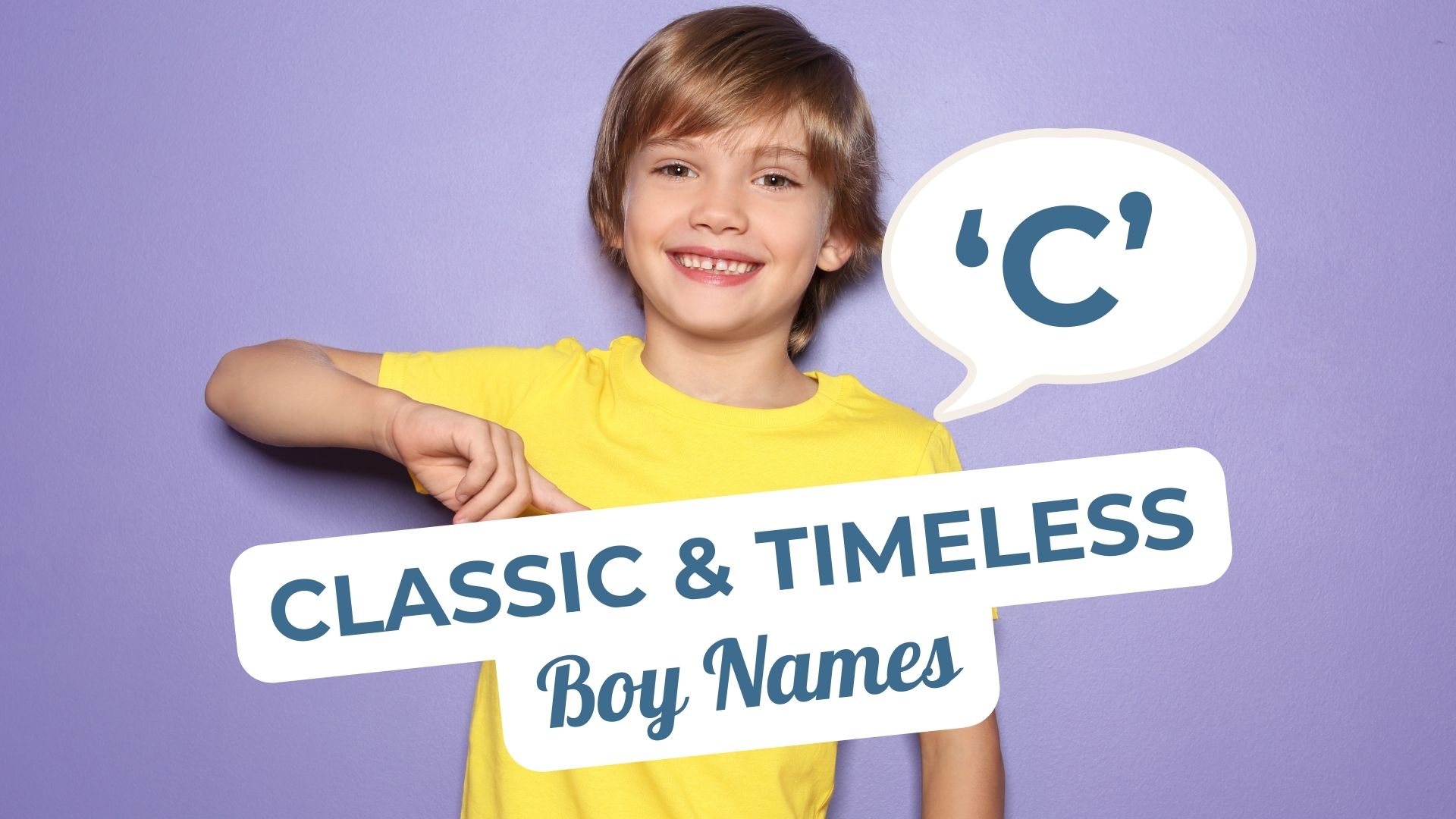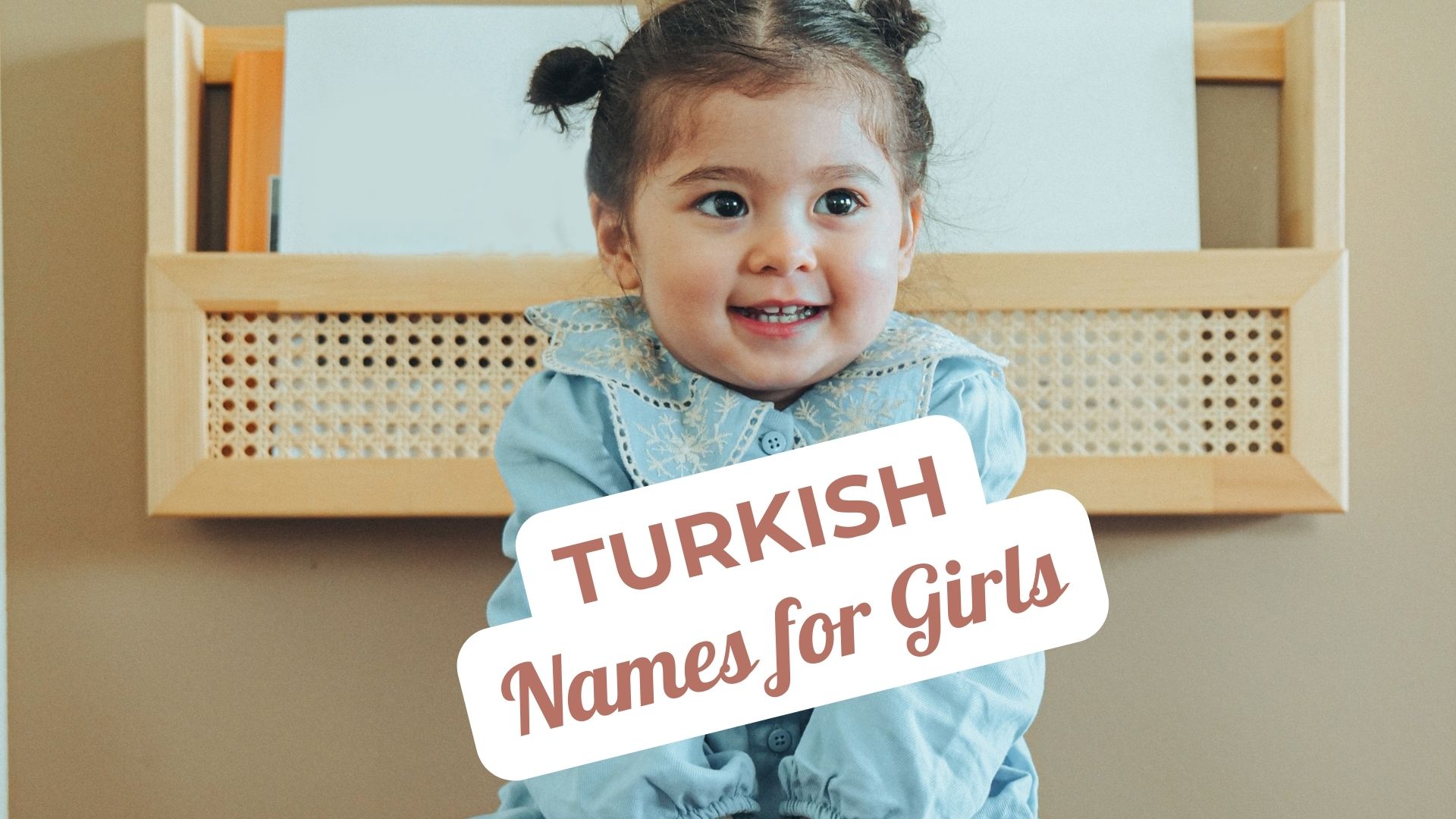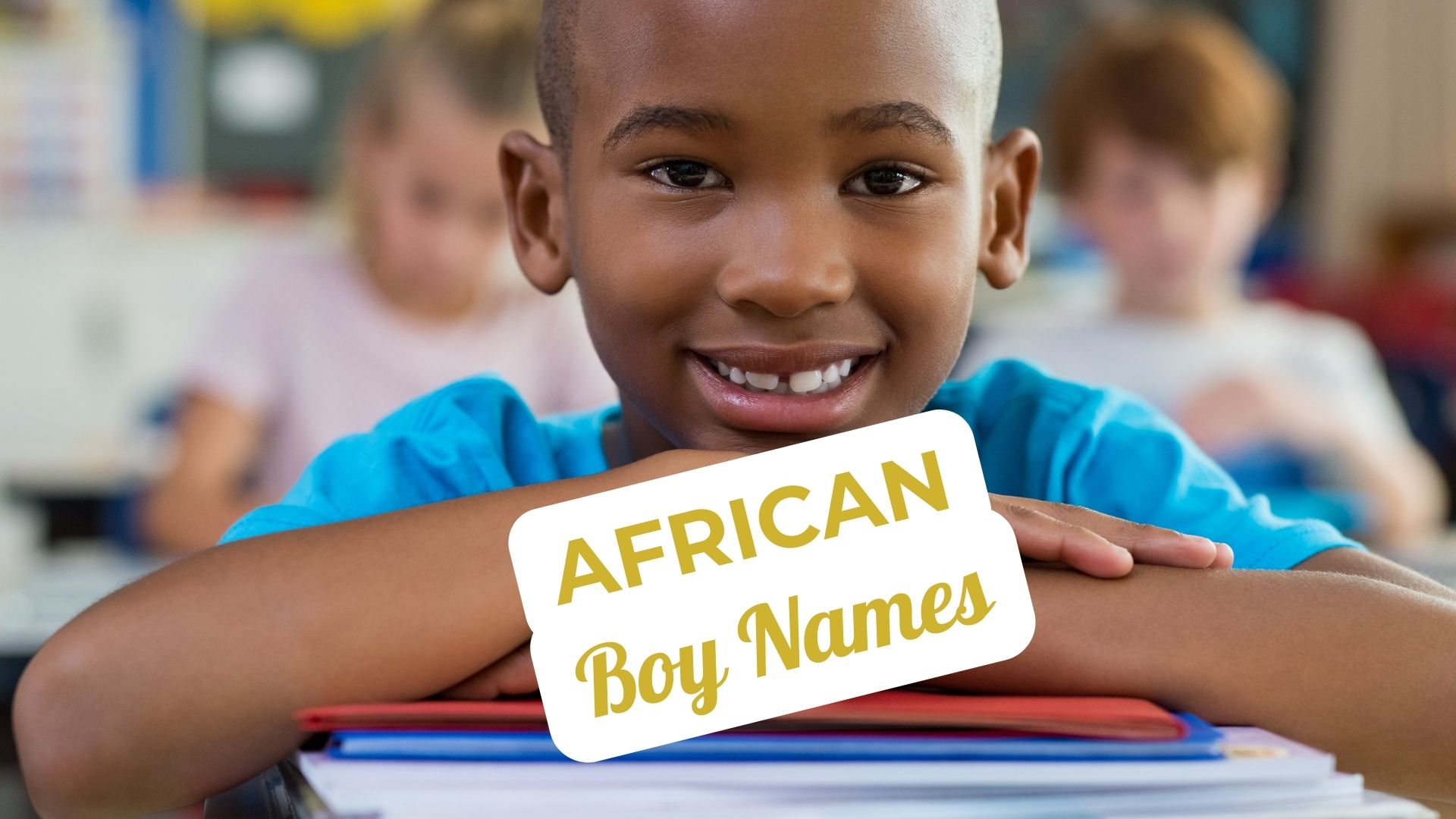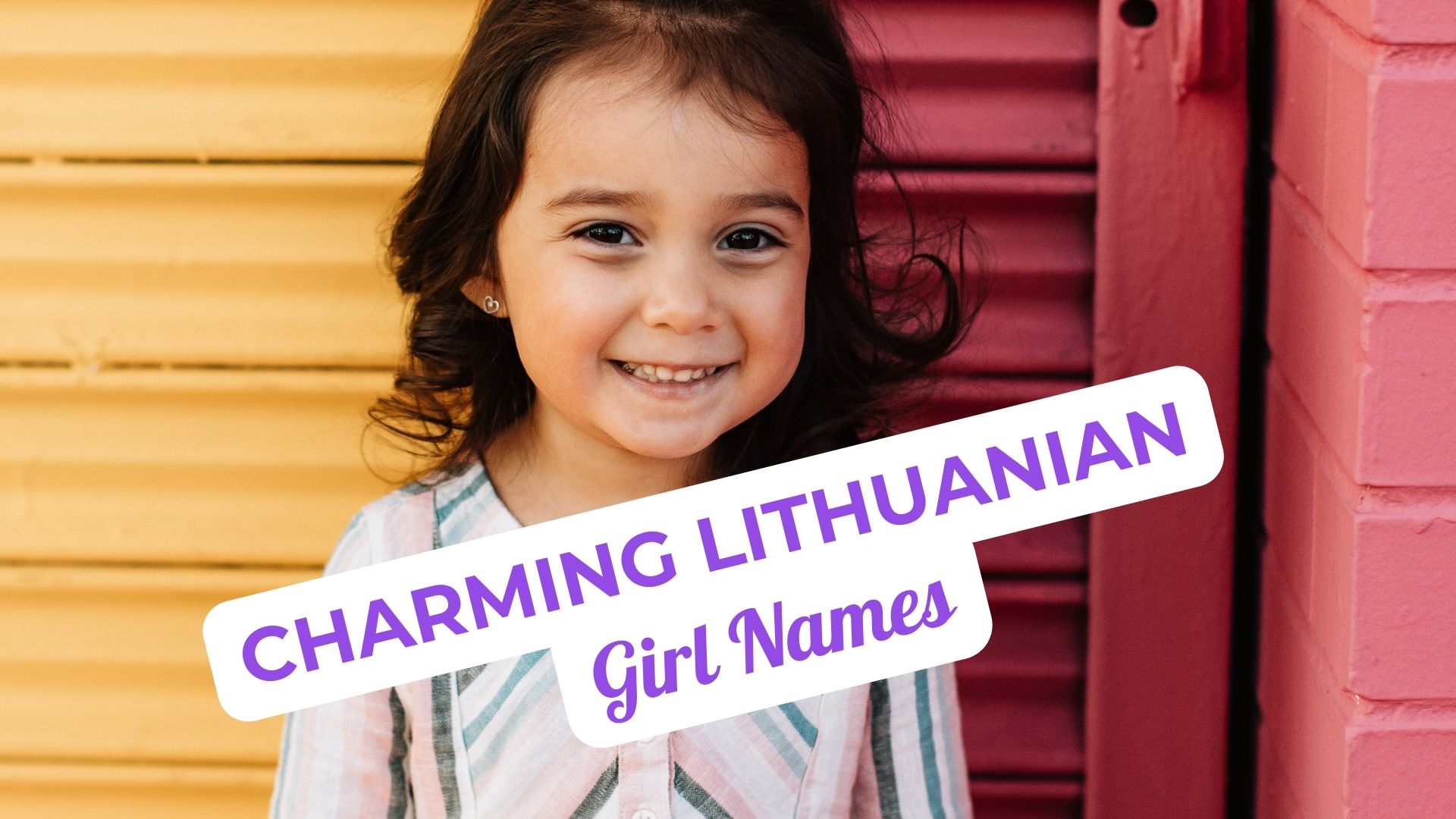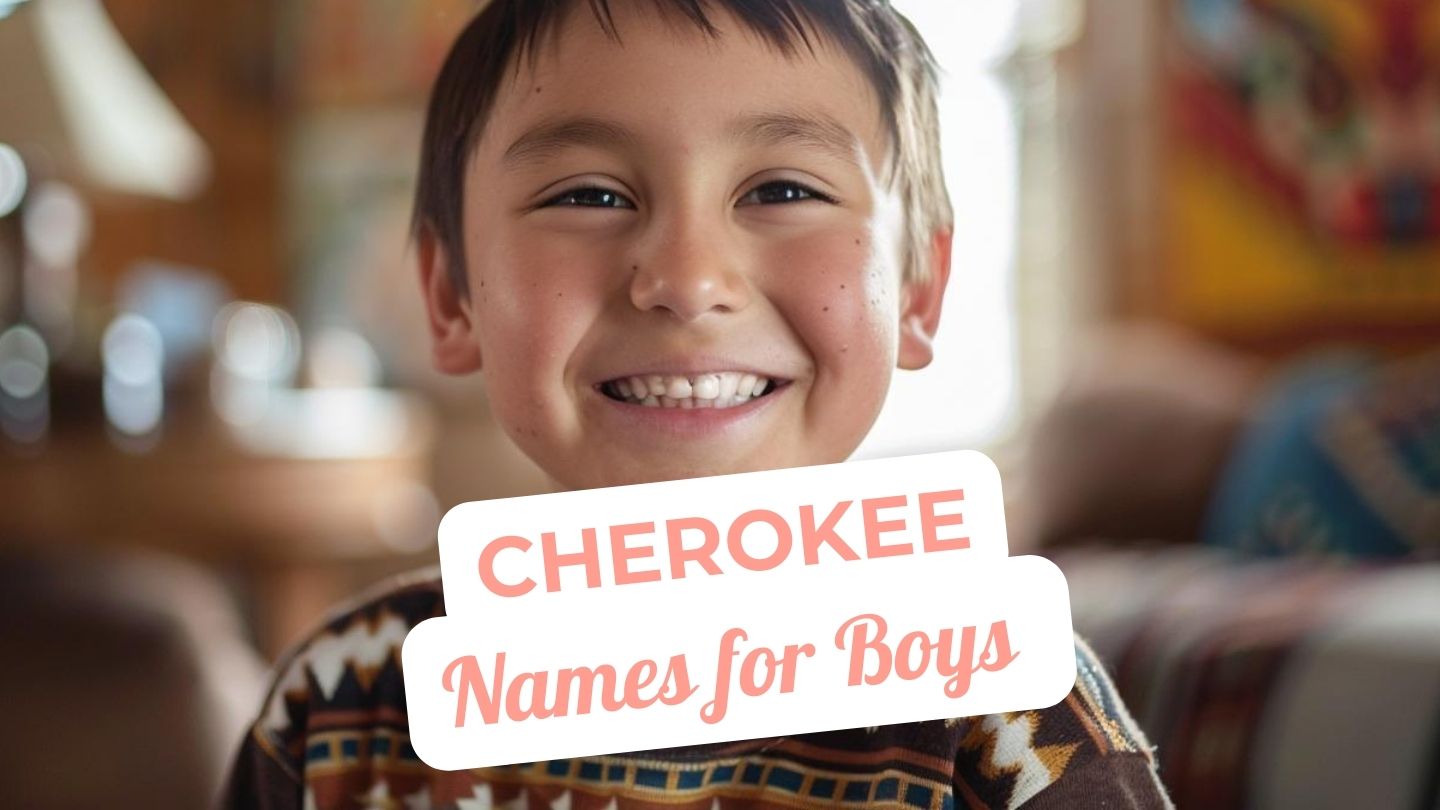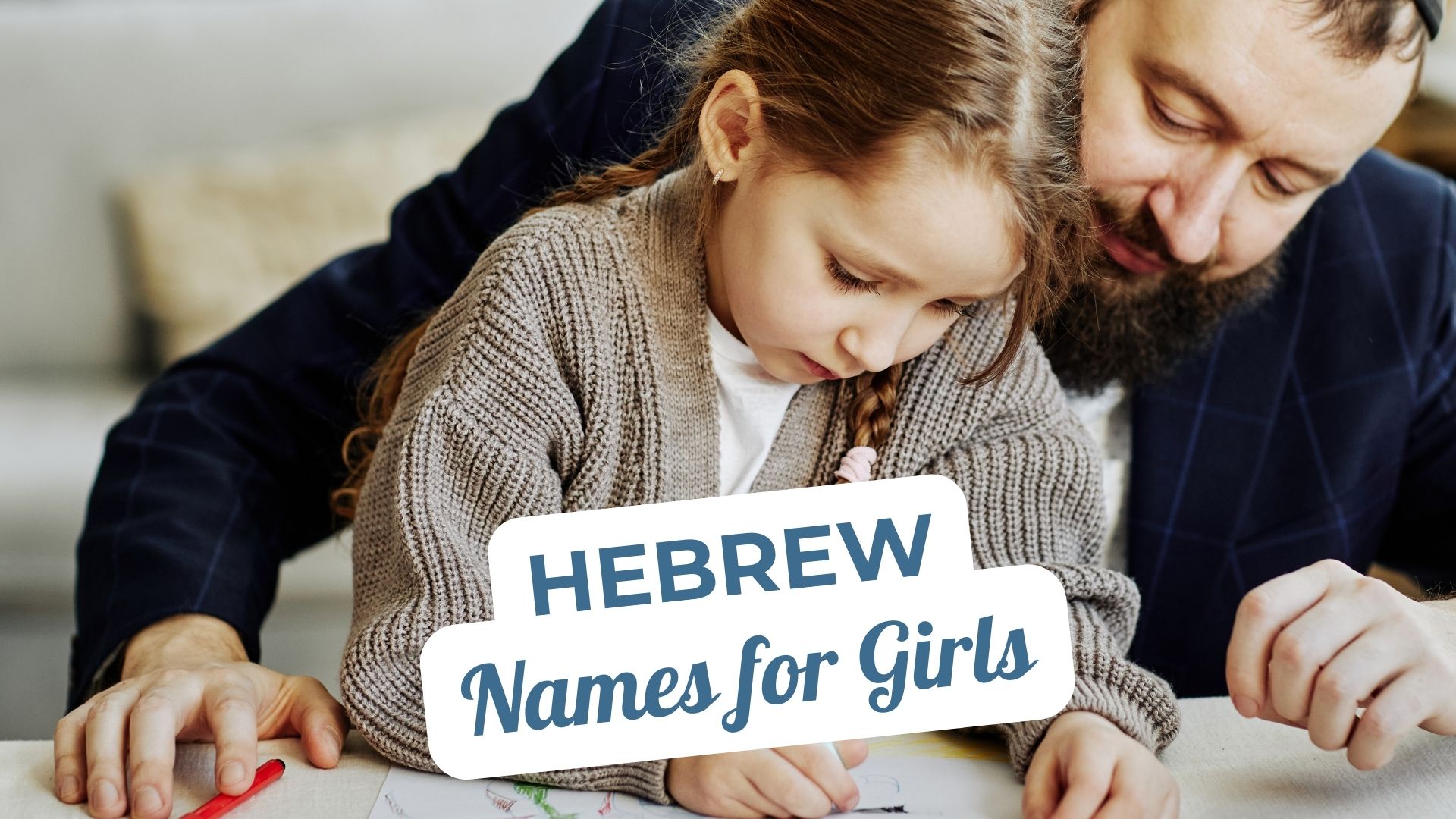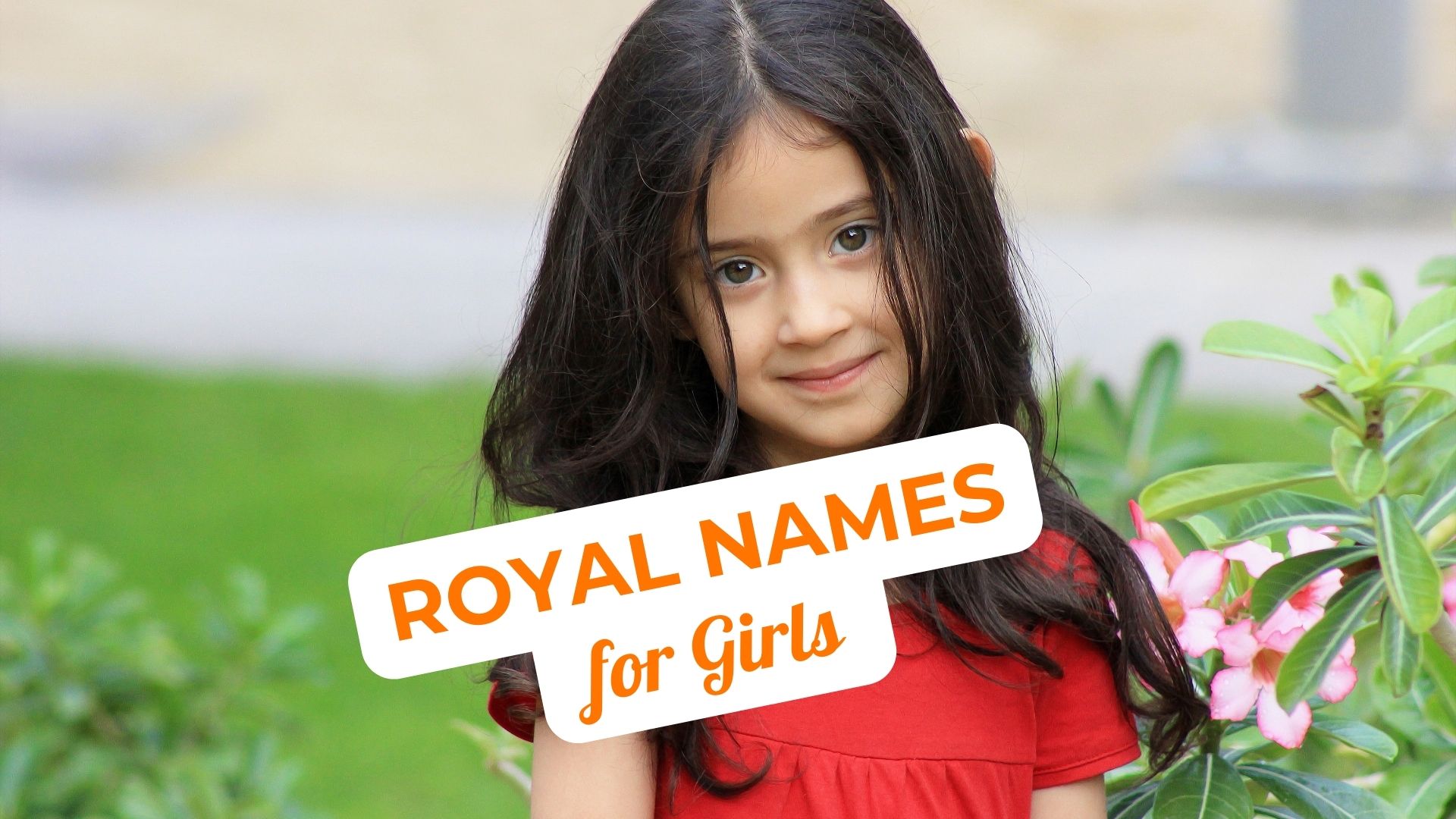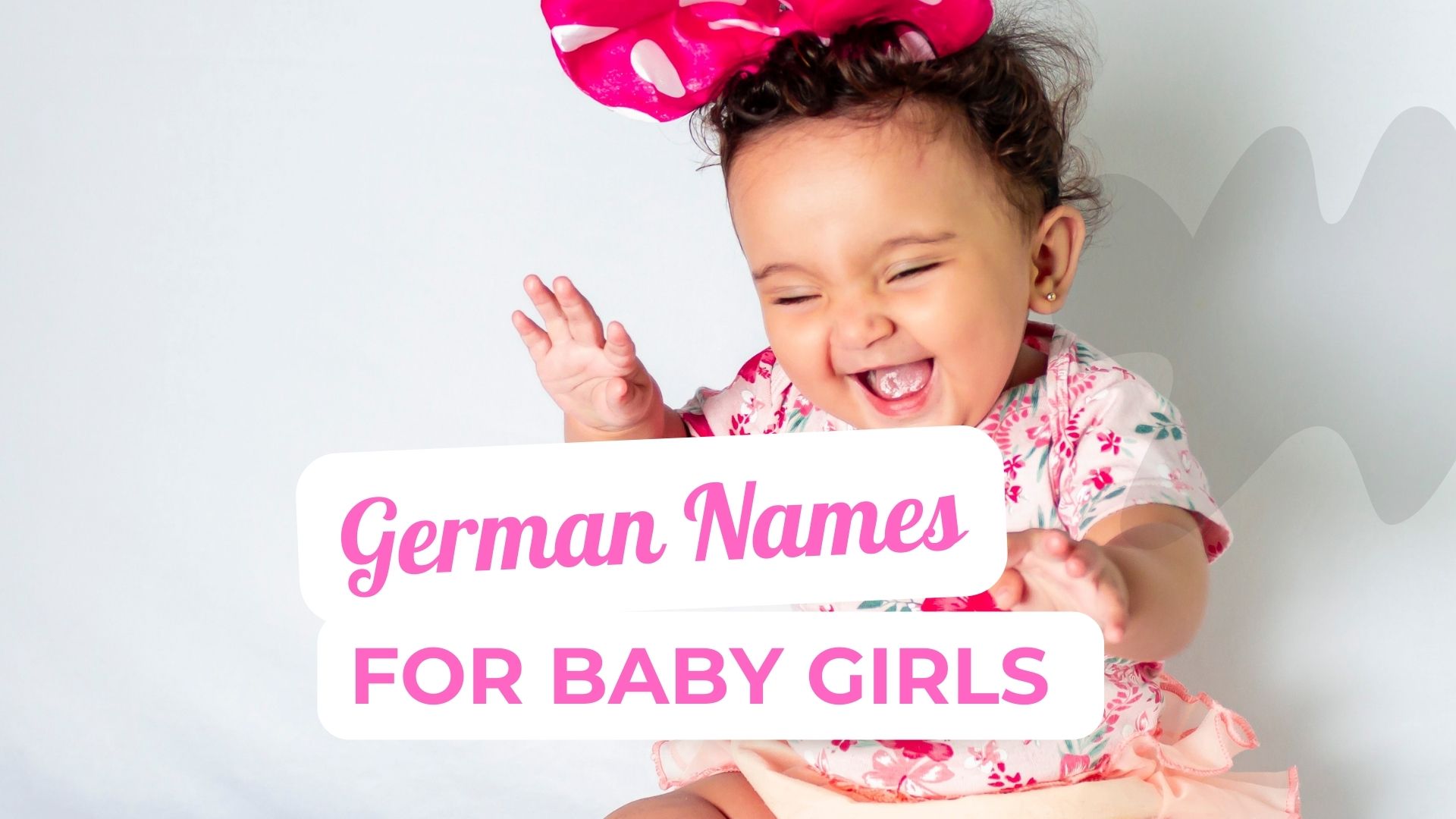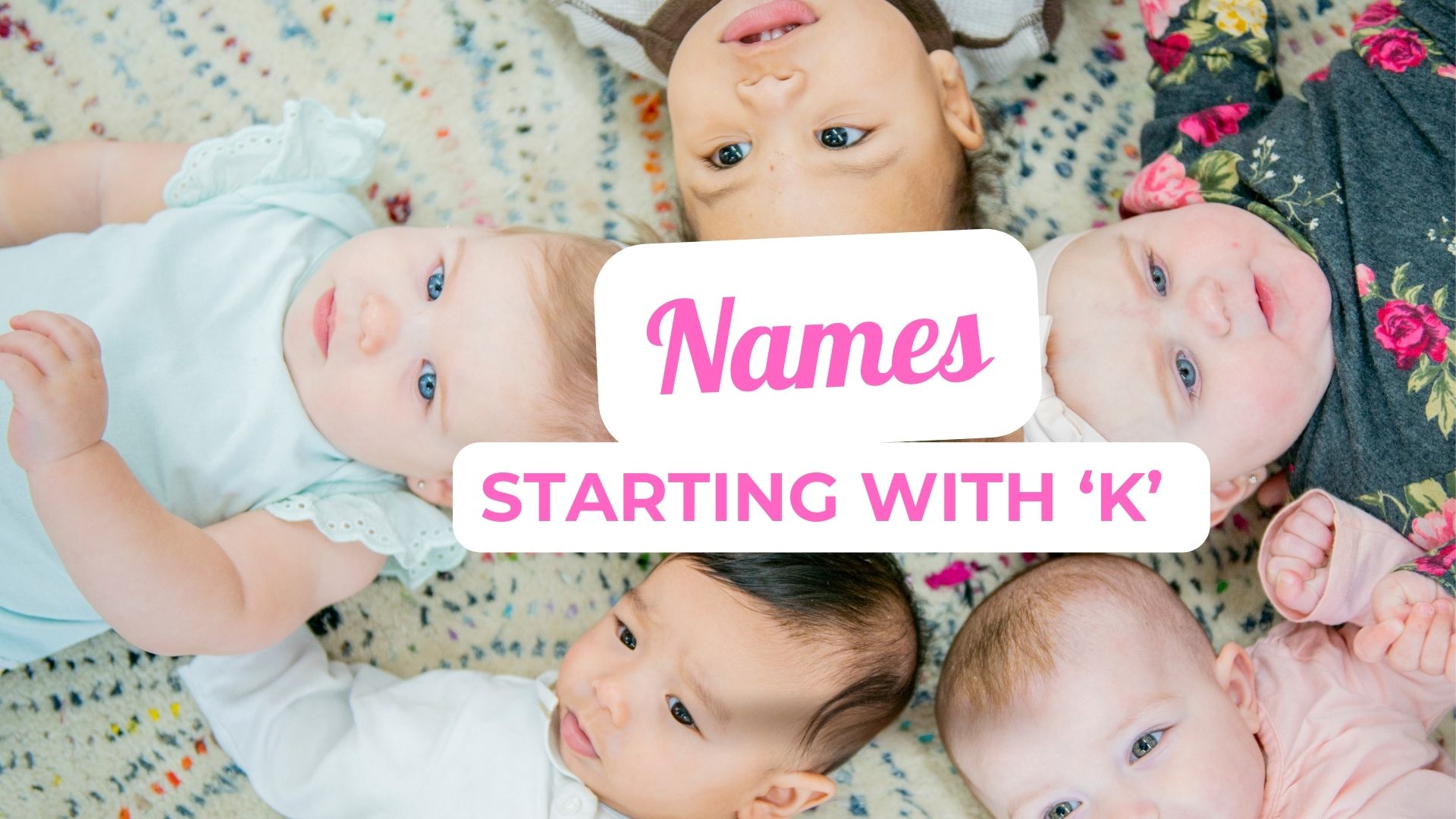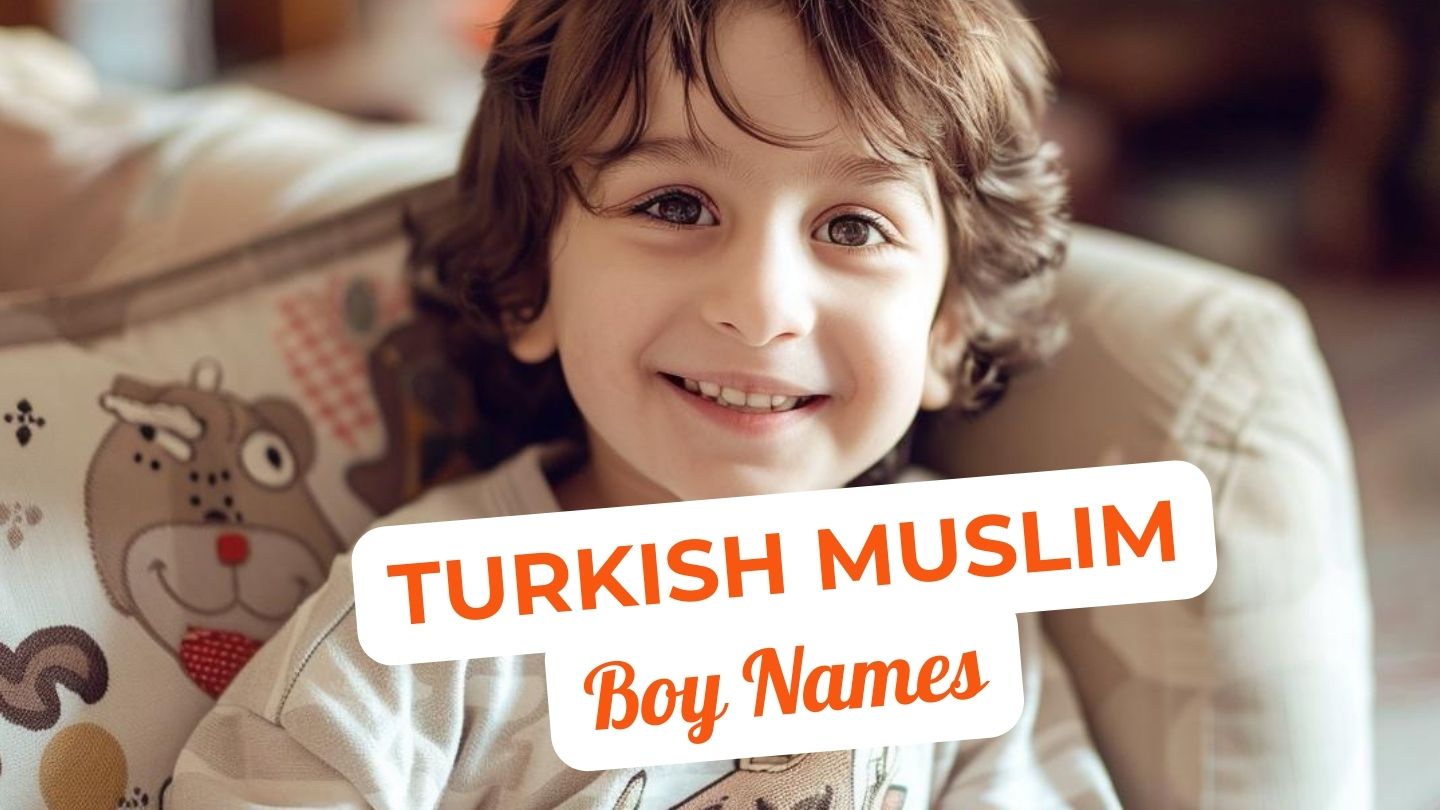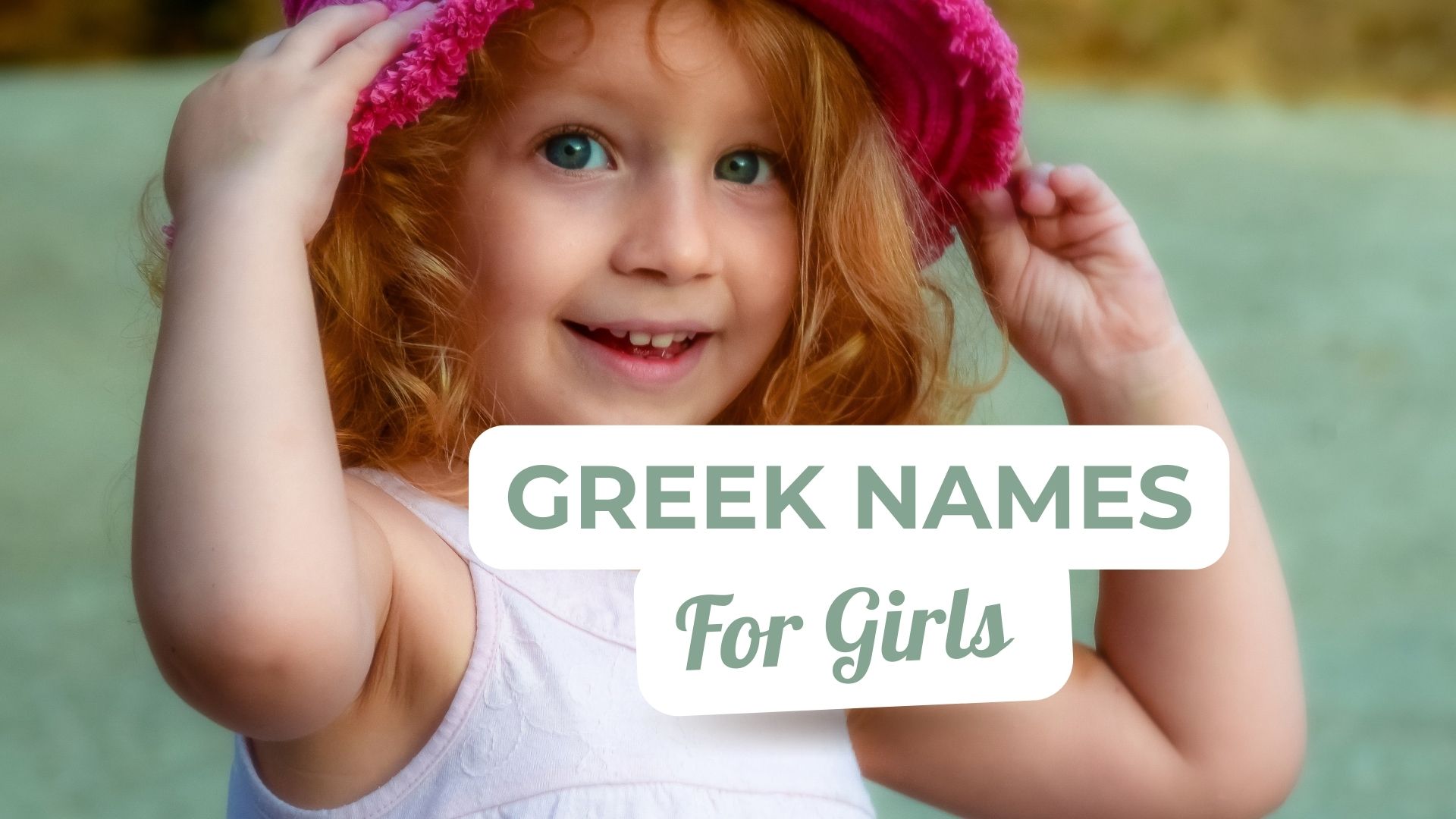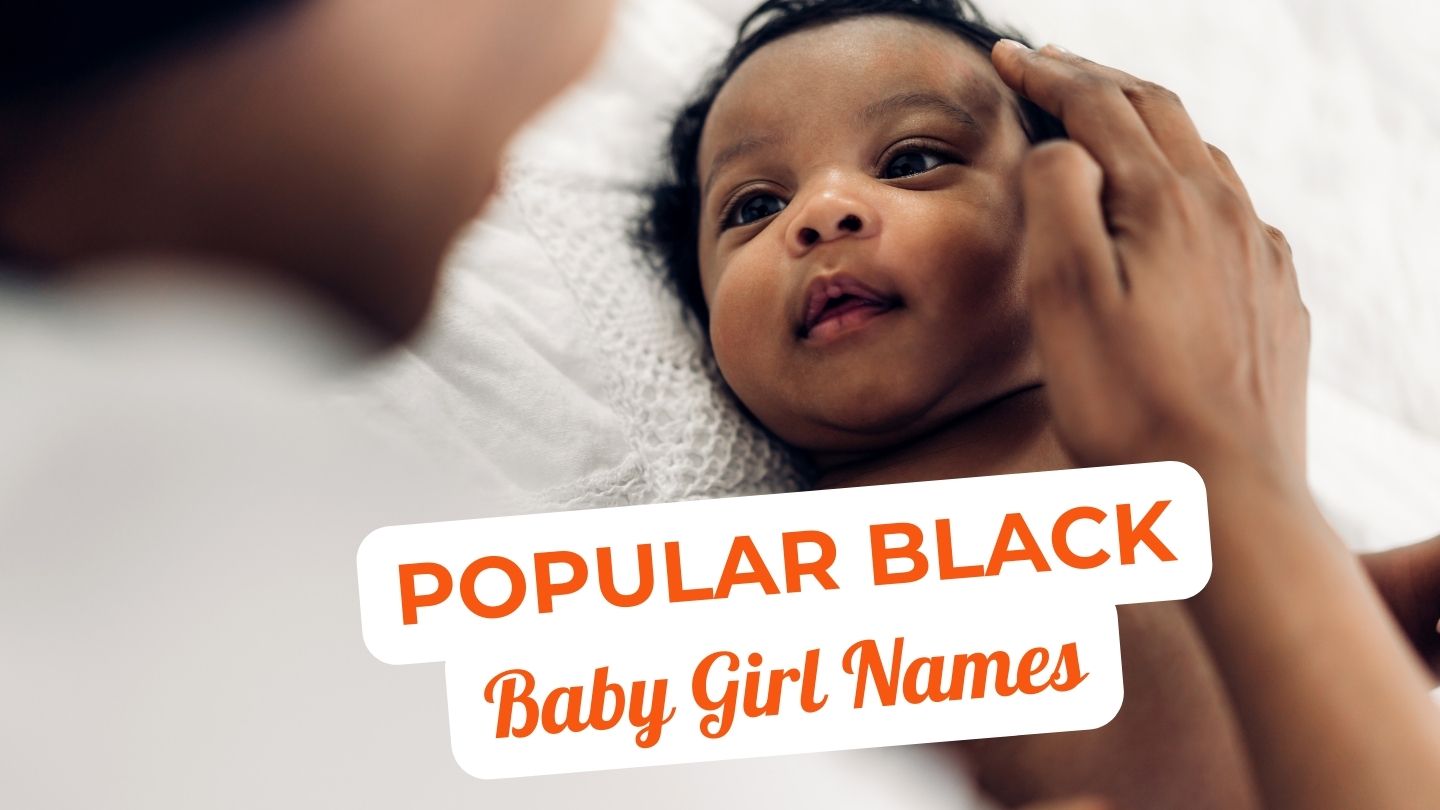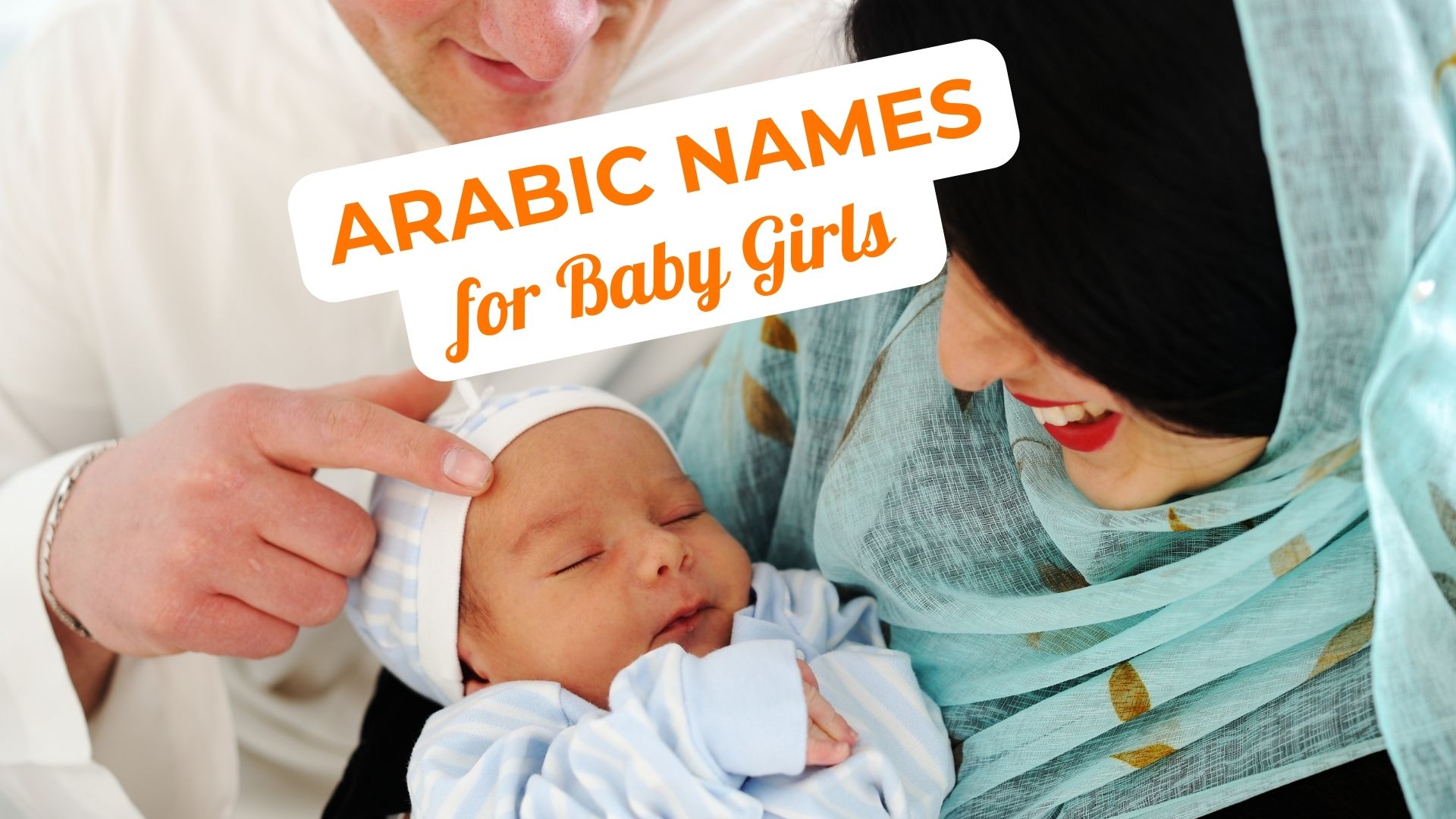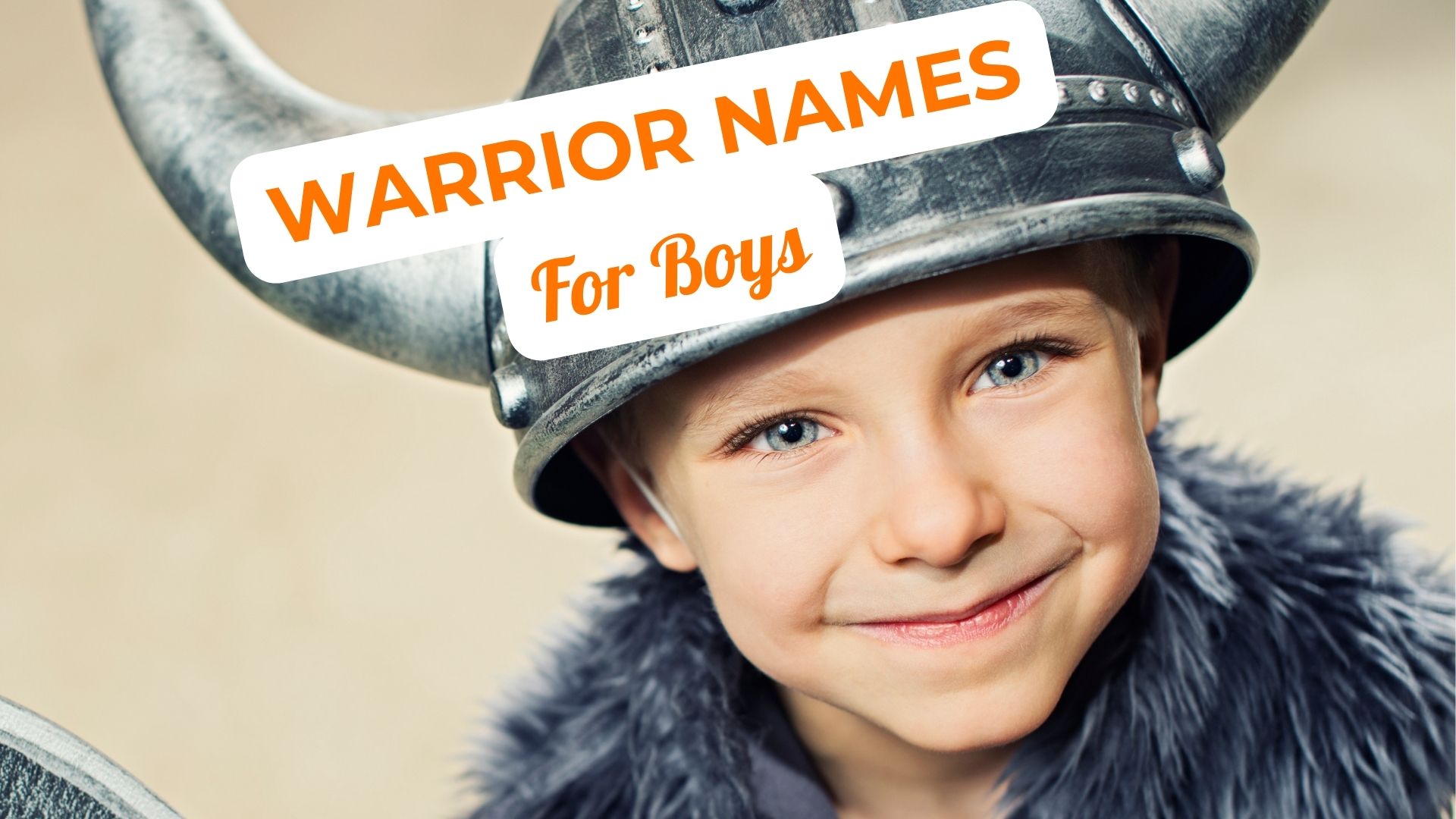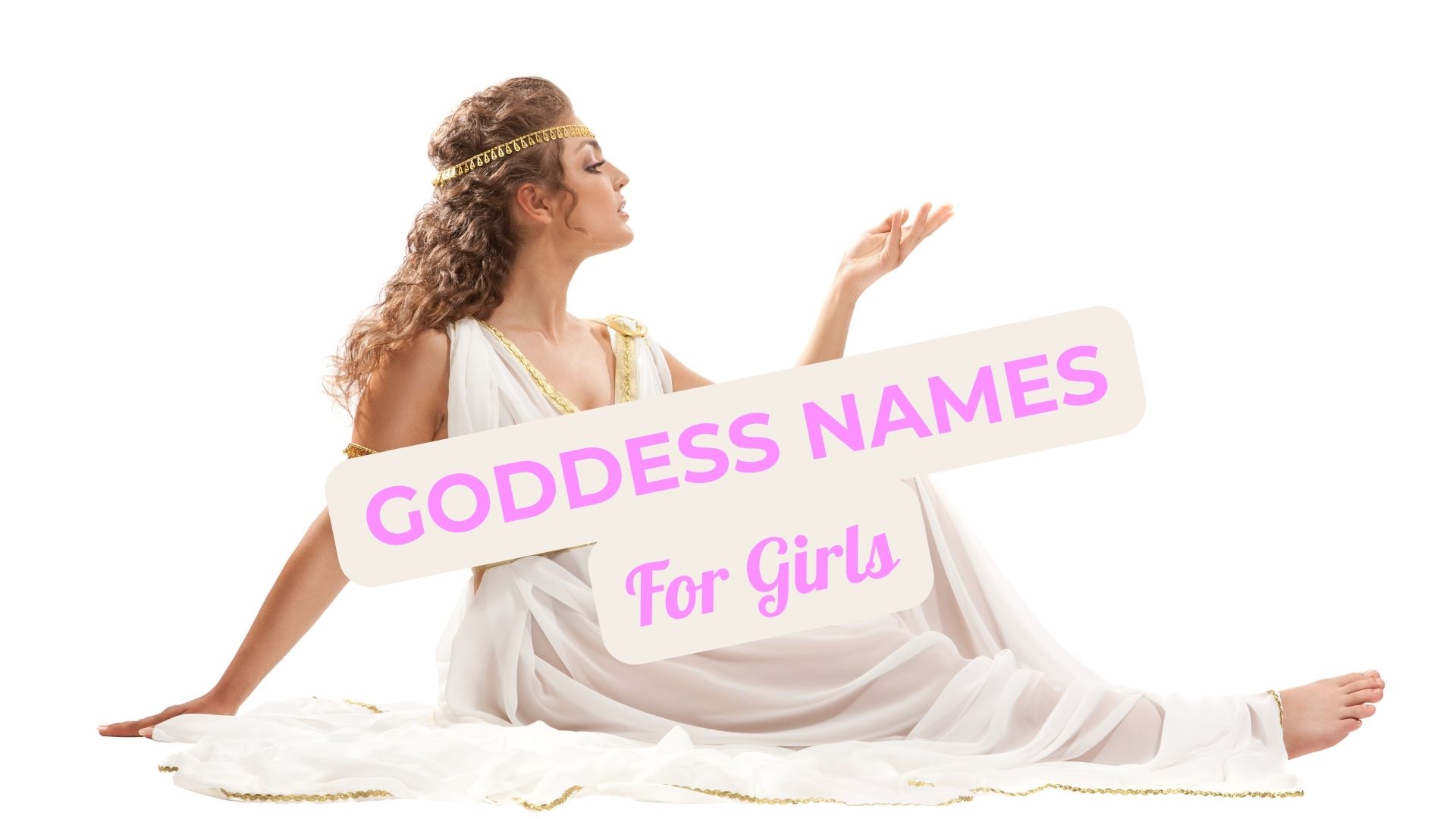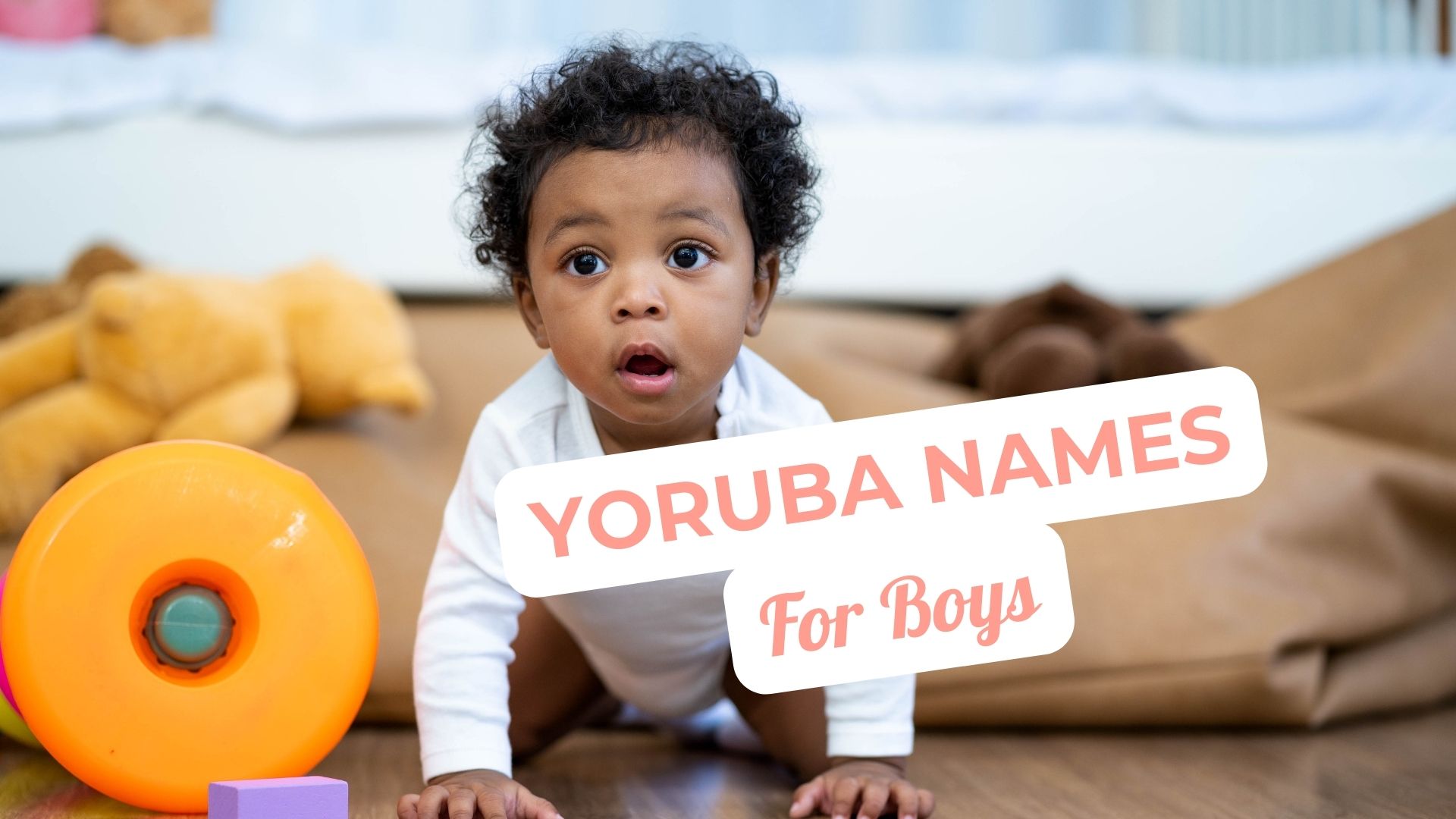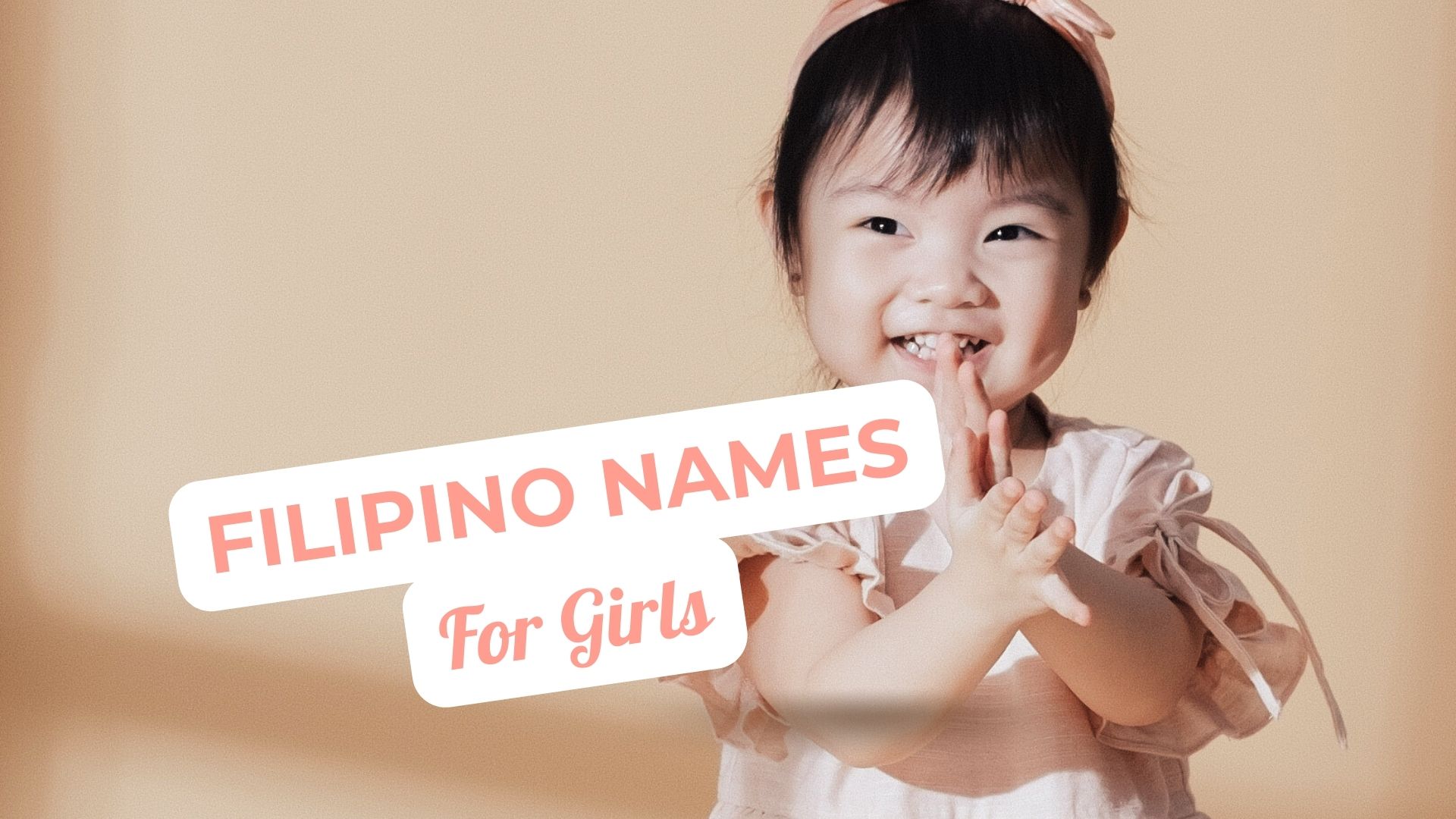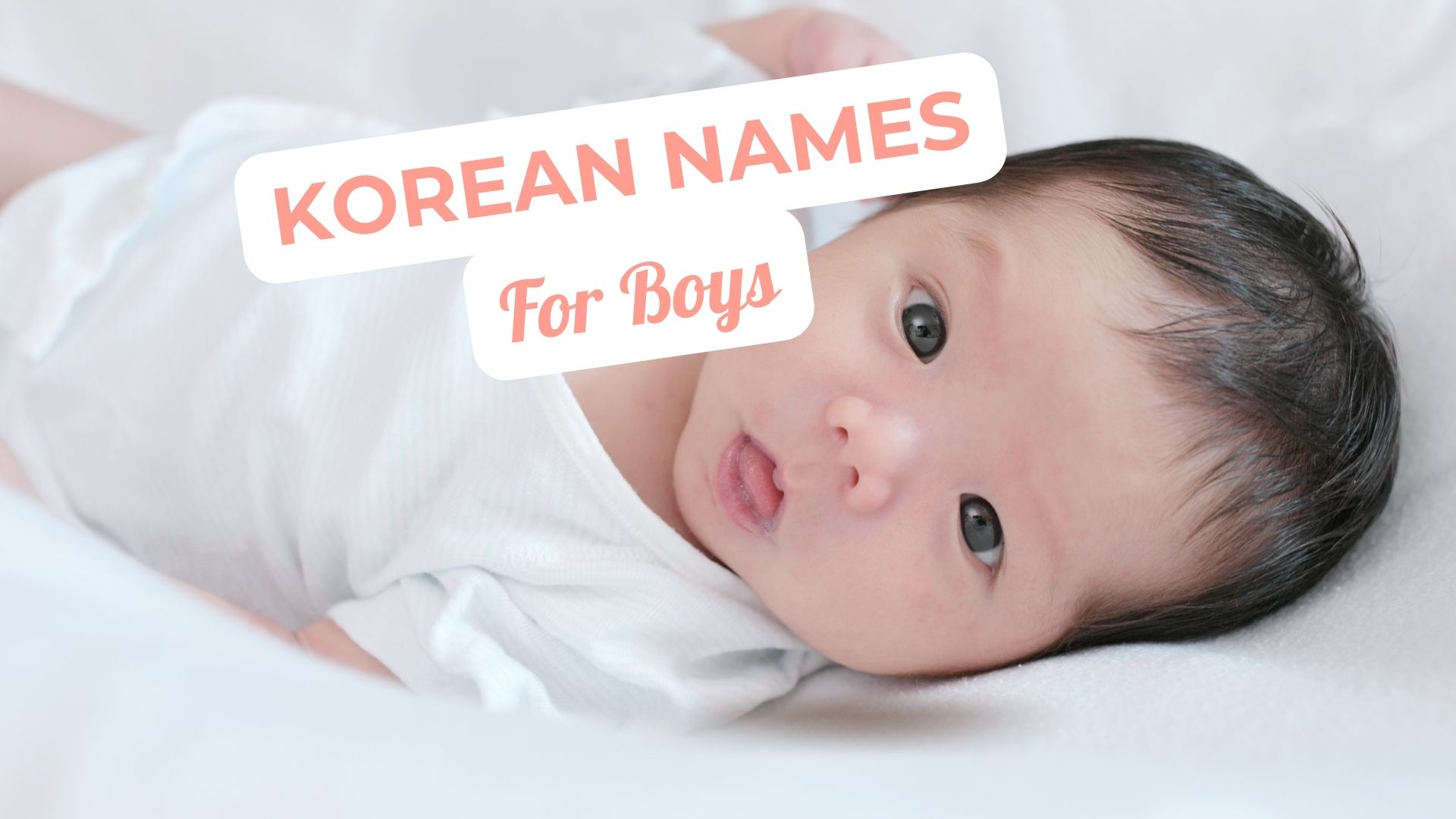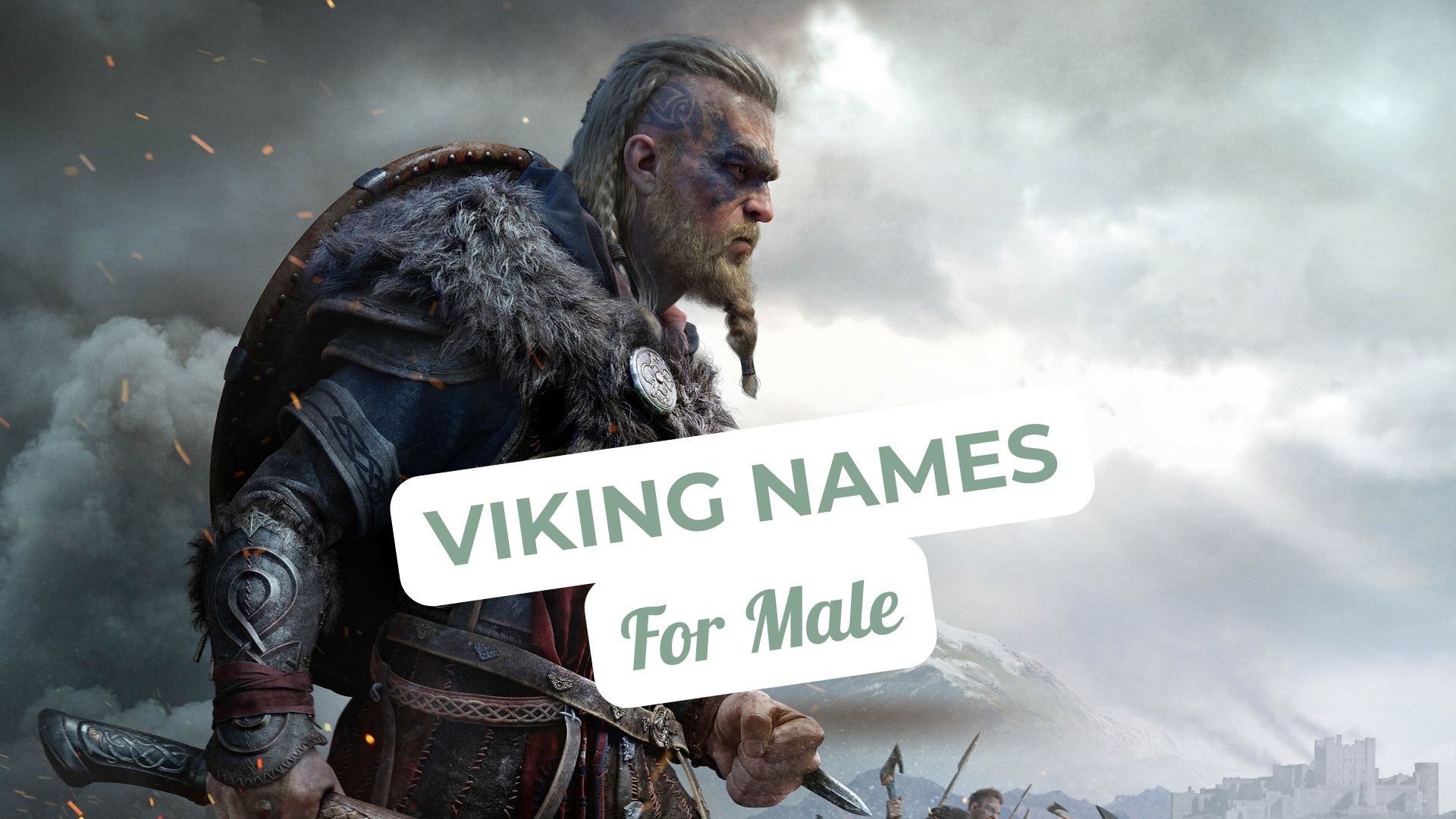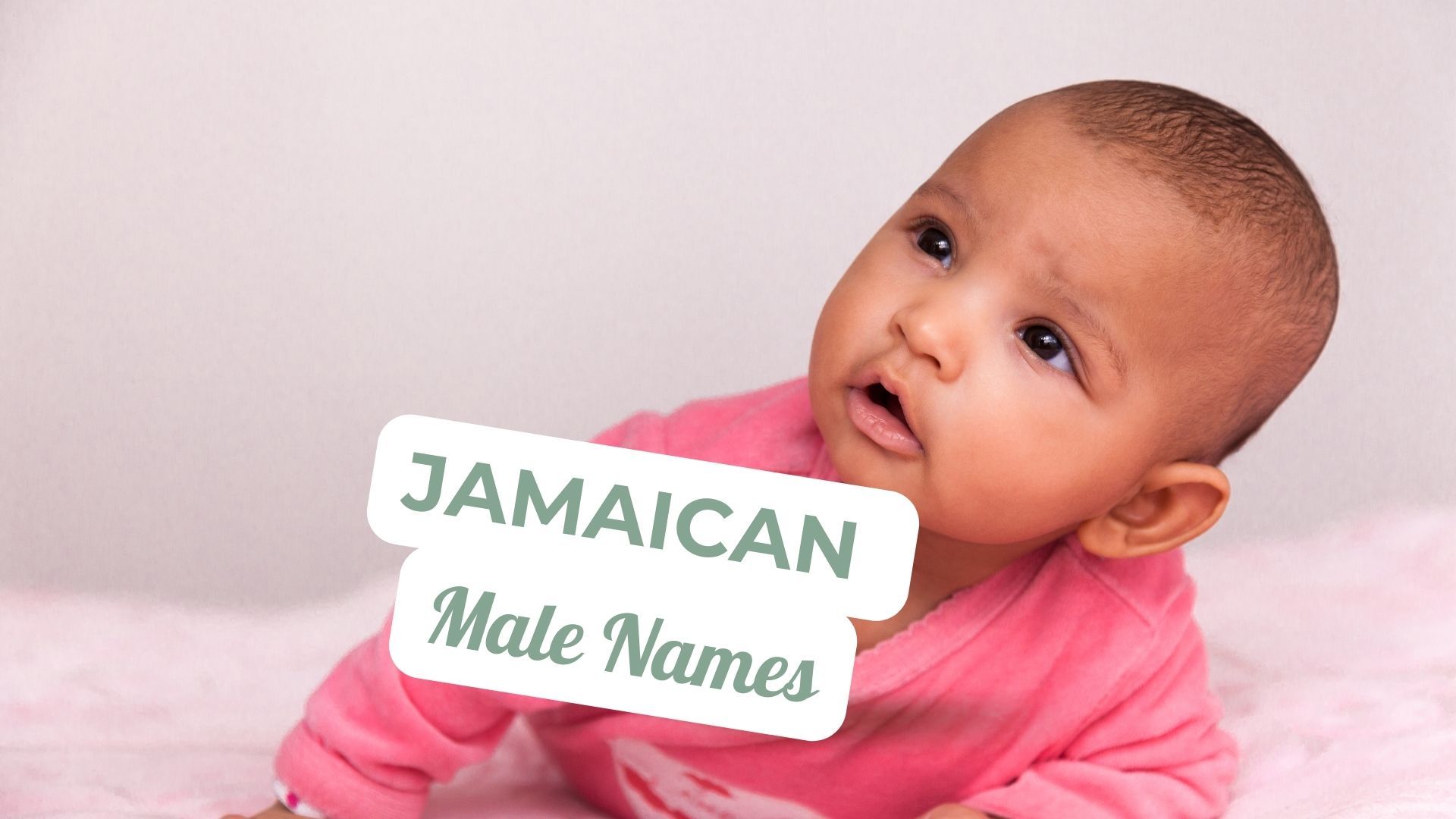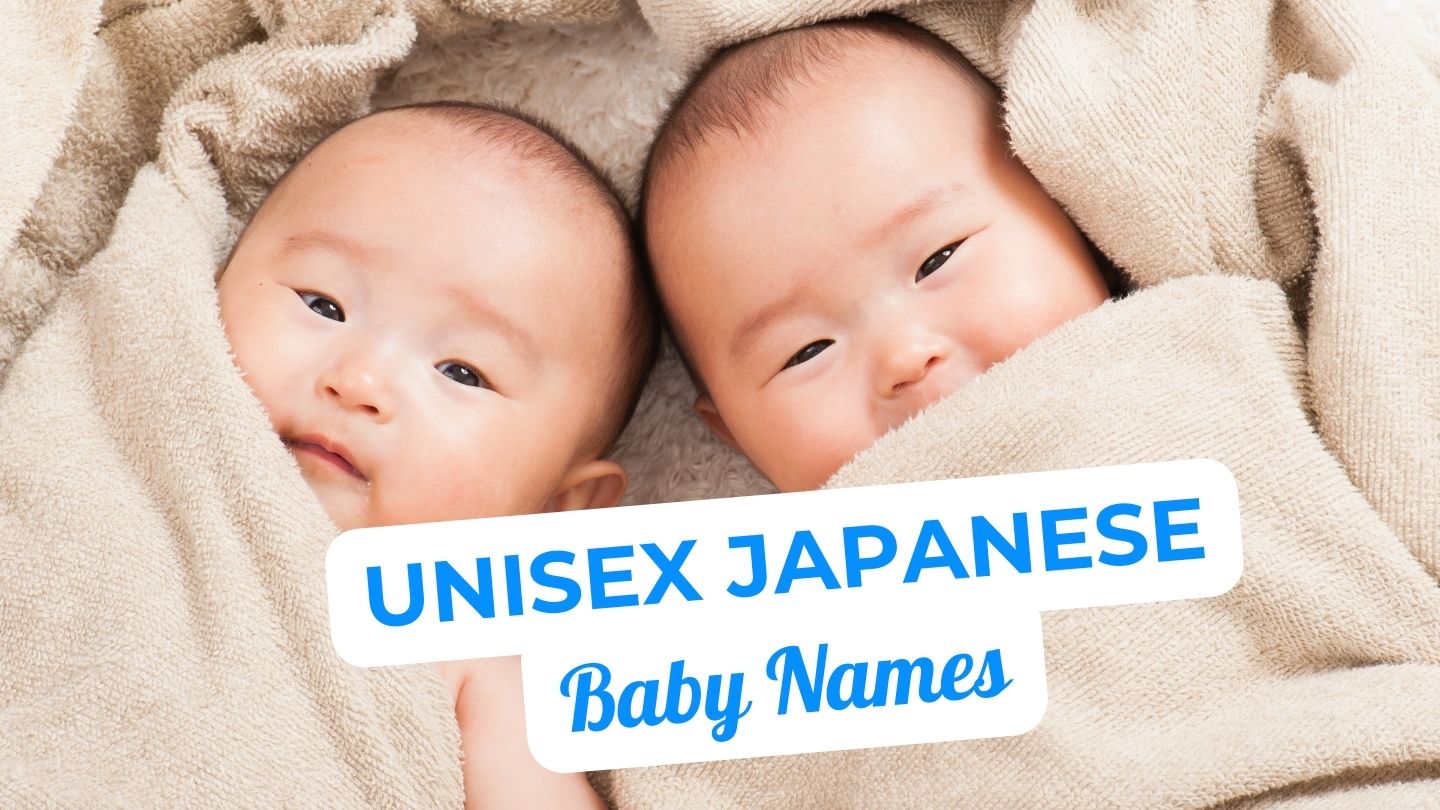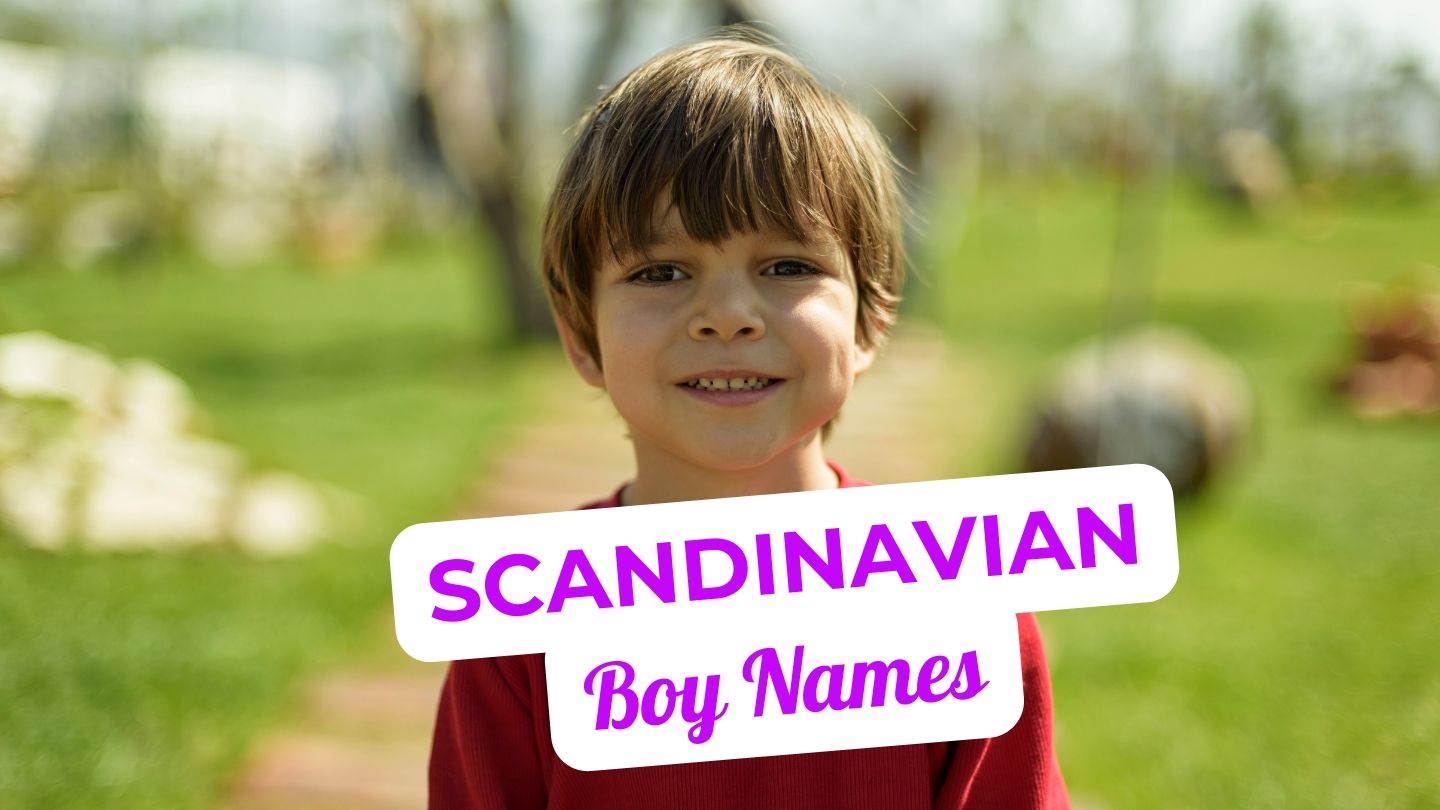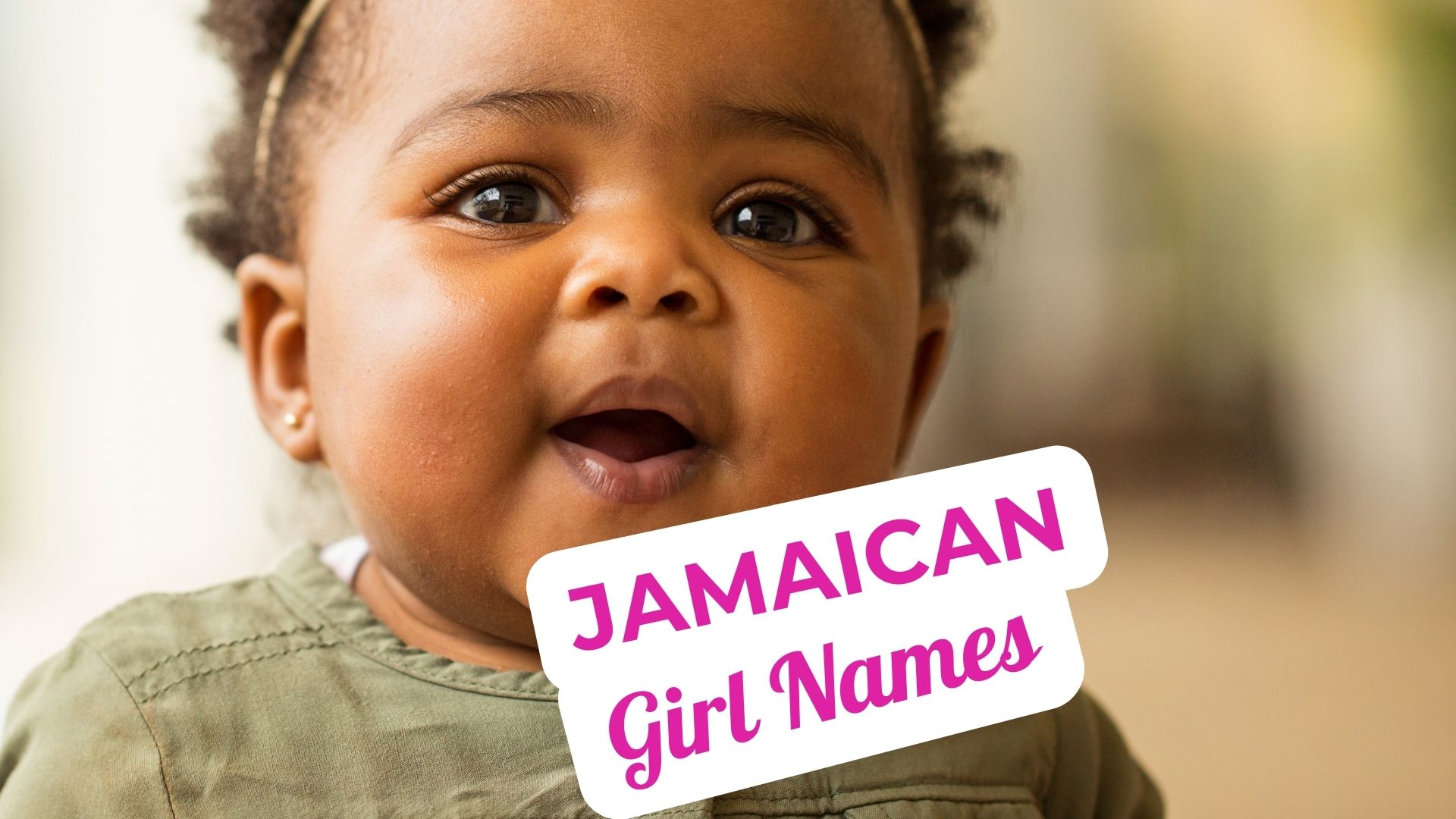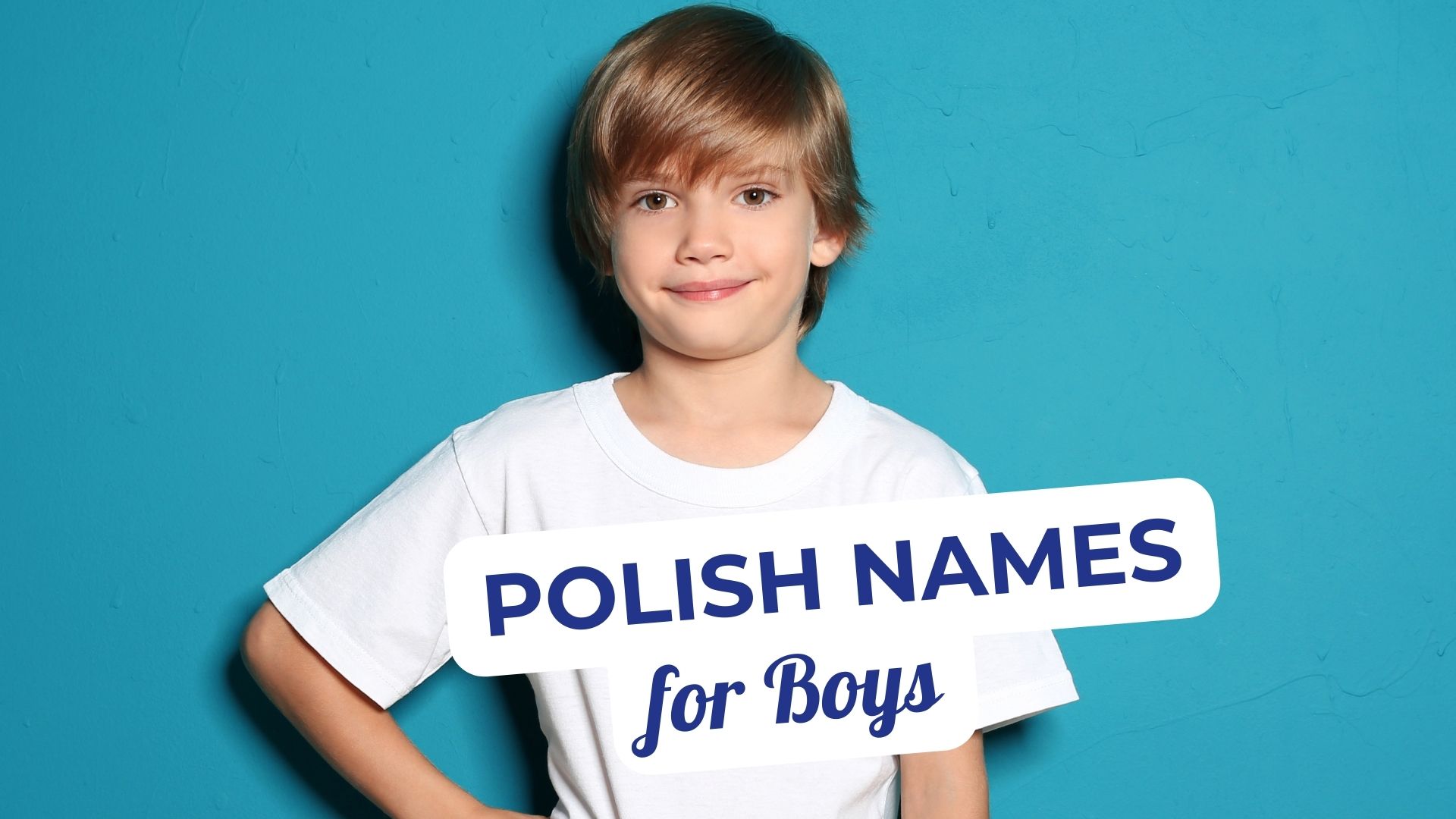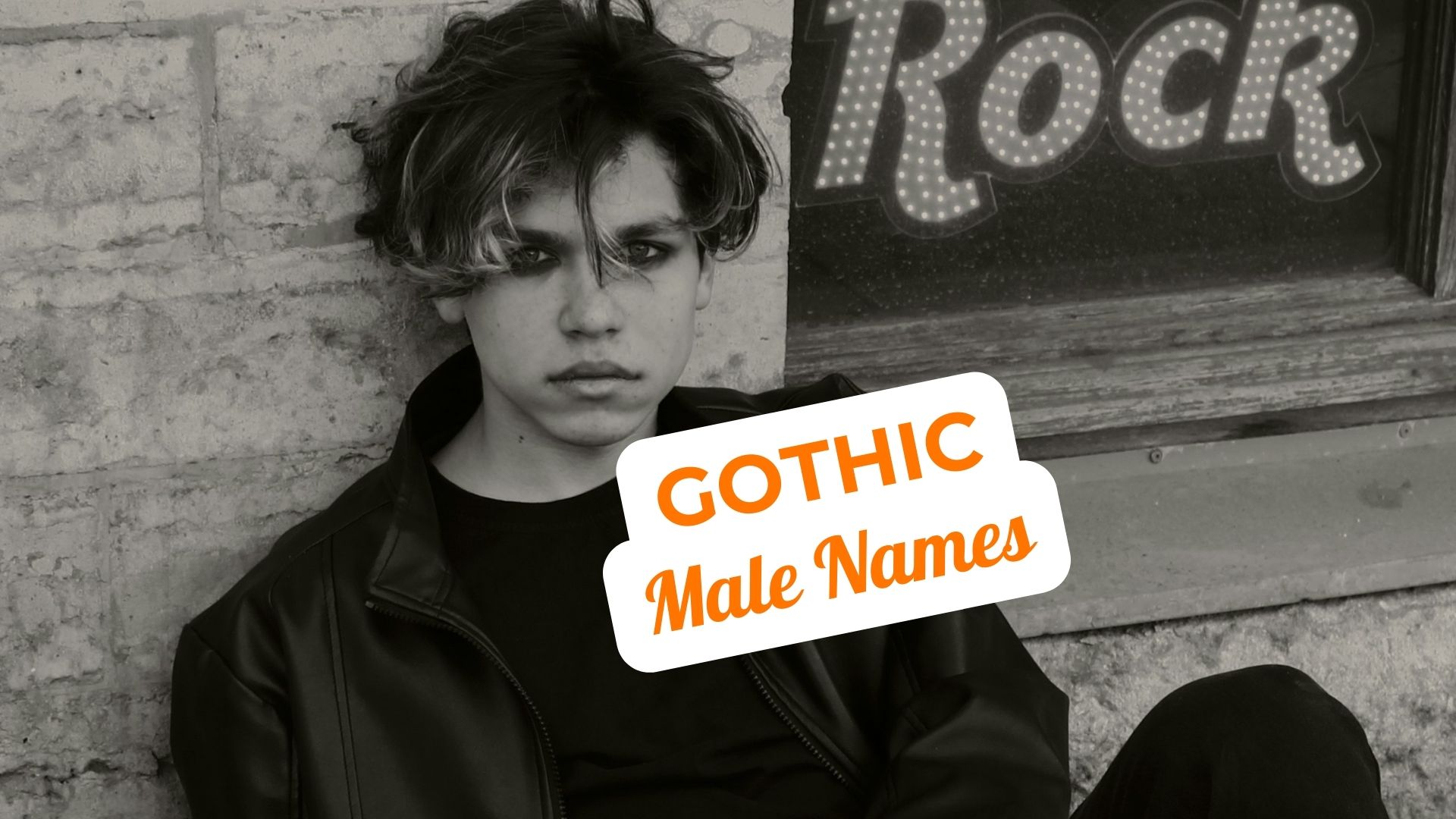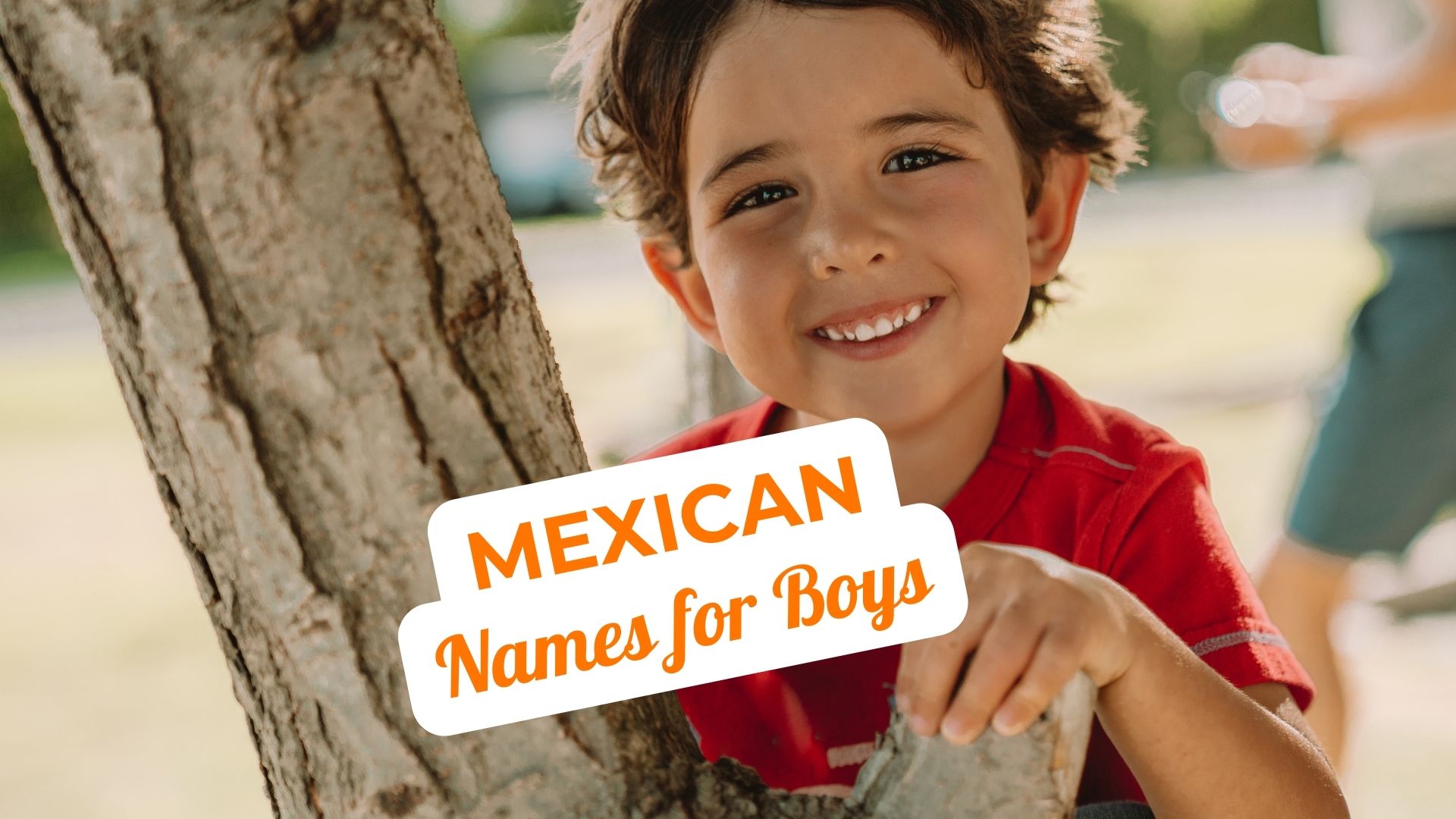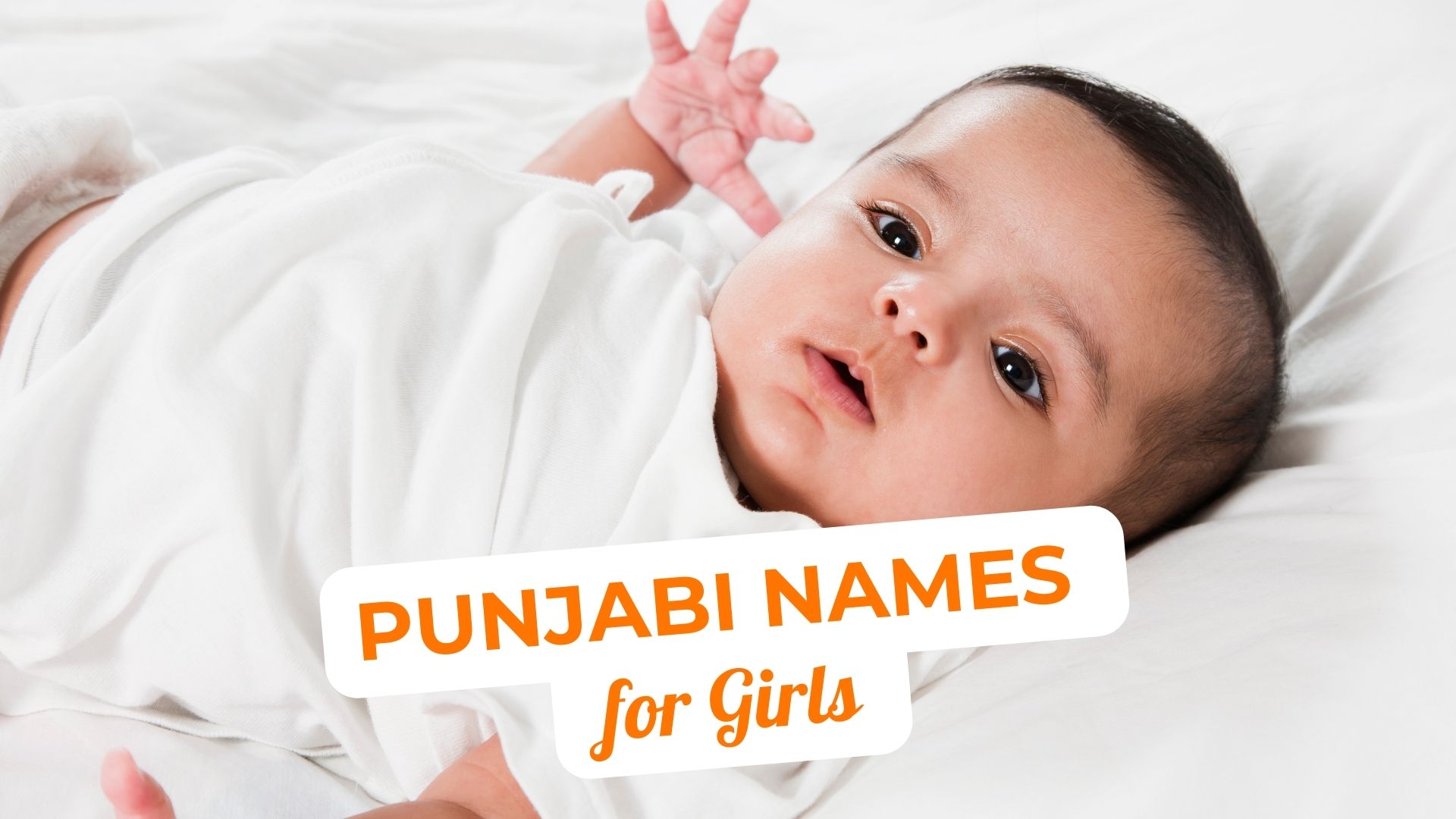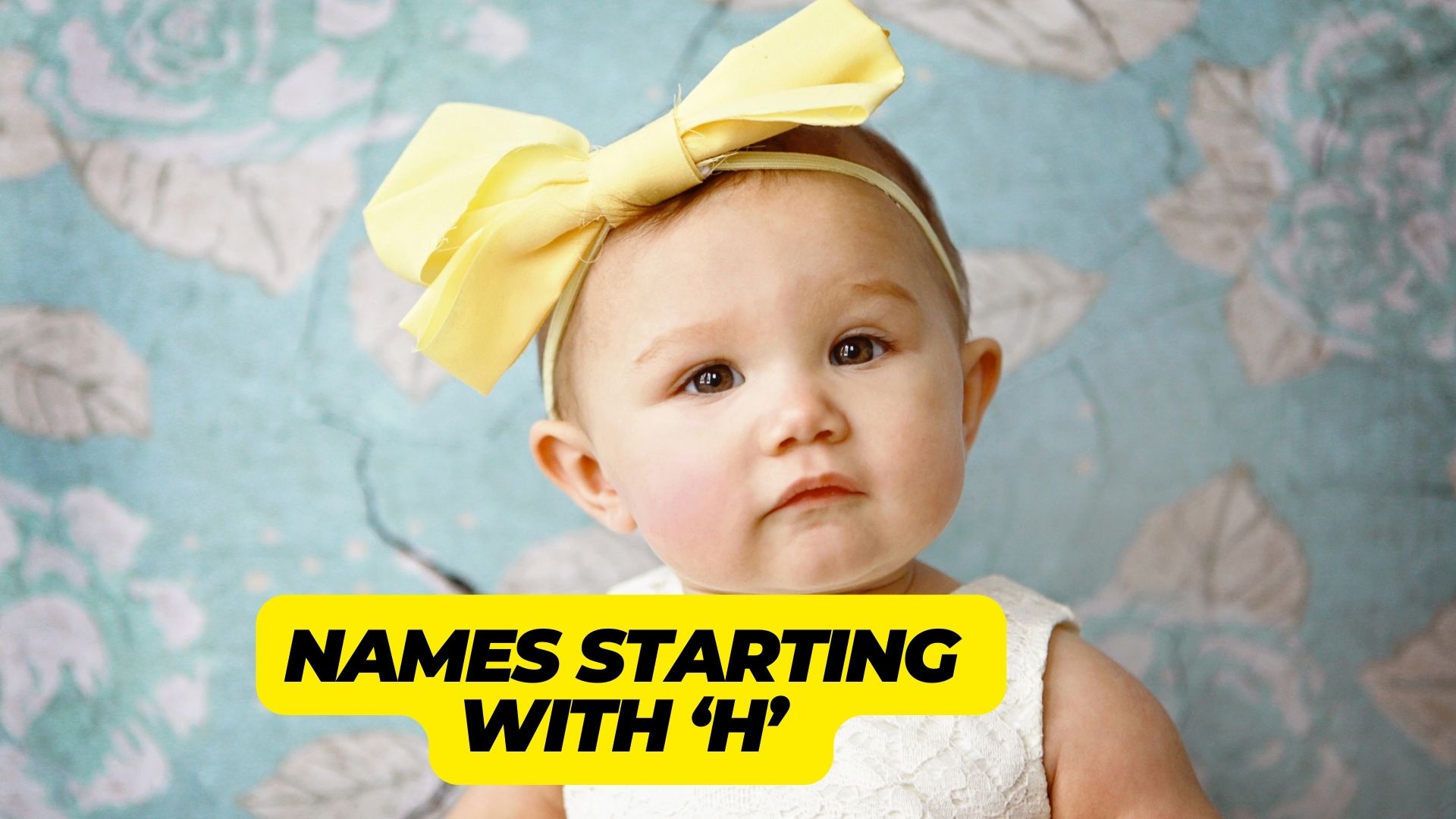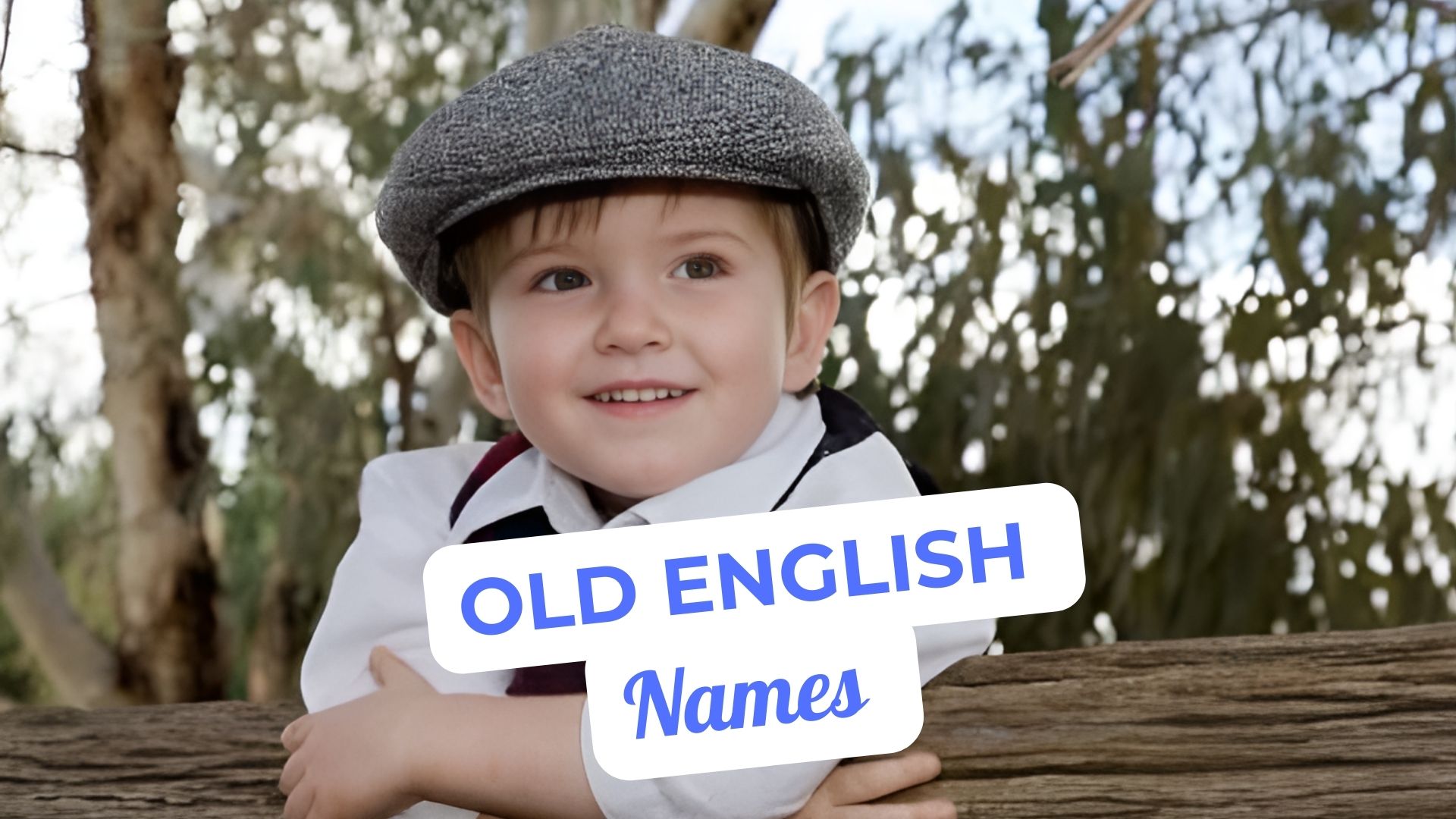
eOld English names have a unique charm, rooted in history and brimming with meaning. Many people are drawn to these names but find it hard to find a good selection or understand their origins.
I’m here to help. In this post, I’ll share over 251 Old English names, each with interesting meanings. You’ll discover names that are both beautiful and rich in history.
Here’s what you can expect:
- A wide range of Old English names for boys and girls
- The meanings behind each name
Whether you’re naming a baby or a character or just curious about Old English names, this guide has you covered.
Let’s dive into the world of Old English names together.
Interesting Old English Names for Boys

1. Aelfric
- Meaning: Elf ruler
- Origin: Old English
- Cultural Significance: A name signifying wisdom and leadership, often associated with ancient folklore.
2. Beorn
- Meaning: Bear
- Origin: Old English
- Cultural Significance: Symbolizes strength and bravery, common in medieval times.
3. Cerdic
- Meaning: Cherished ruler
- Origin: Anglo-Saxon
- Cultural Significance: A historical name linked to early English kings.
4. Dunstan
- Meaning: Dark stone
- Origin: Old English
- Cultural Significance: Known for its association with Saint Dunstan, a notable English saint.
5. Eadric
- Meaning: Prosperous ruler
- Origin: Old English
- Cultural Significance: Signifies wealth and power, used in royal contexts.
6. Egbert
- Meaning: Bright edge (of a sword)
- Origin: Old English
- Cultural Significance: Denotes a skilled warrior, often linked to nobility.
7. Godwin
- Meaning: Friend of God
- Origin: Old English
- Cultural Significance: Reflects religious devotion, a popular name among early Christians.
8. Hereward
- Meaning: Army guard
- Origin: Old English
- Cultural Significance: Represents vigilance and defense, famously borne by Hereward the Wake.
9. Leofric
- Meaning: Dear ruler
- Origin: Old English
- Cultural Significance: A name indicating beloved leadership, linked to historical figures.
10. Osbert
- Meaning: Bright God
- Origin: Old English
- Cultural Significance: Combines divine and luminous qualities, used by nobles.
11. Aethelred
- Meaning: Noble counsel
- Origin: Old English
- Cultural Significance: Known from King Aethelred the Unready, reflecting royal heritage.
12. Alfred
- Meaning: Elf counsel
- Origin: Old English
- Cultural Significance: Popularized by King Alfred the Great, symbolizing wisdom.
13. Beowulf
- Meaning: Bee wolf (bear)
- Origin: Old English
- Cultural Significance: Hero of the epic poem “Beowulf,” representing bravery.
14. Cedric
- Meaning: Loved one
- Origin: Invented by Sir Walter Scott
- Cultural Significance: Fictional creation, now widely accepted.
15. Edmund
- Meaning: Wealth protector
- Origin: Old English
- Cultural Significance: Historic name tied to Saint Edmund, symbolizing guardianship.
16. Edwin
- Meaning: Wealthy friend
- Origin: Old English
- Cultural Significance: Name of a Northumbrian king, indicating prosperity.
17. Harold
- Meaning: Army ruler
- Origin: Old English
- Cultural Significance: Famous for King Harold II, the last Anglo-Saxon king of England.
18. Ingvar
- Meaning: Warrior
- Origin: Old Norse
- Cultural Significance: Scandinavian name reflecting strength.
19. Kenelm
- Meaning: Brave helmet
- Origin: Old English
- Cultural Significance: Associated with Saint Kenelm, known for protection.
20. Leofwine
- Meaning: Dear friend
- Origin: Old English
- Cultural Significance: Signifies deep affection and loyalty.
21. Oswald
- Meaning: Divine power
- Origin: Old English
- Cultural Significance: Name of a saintly king, combining religious and regal elements.
22. Roderick
- Meaning: Famous ruler
- Origin: Germanic
- Cultural Significance: Common in medieval times, representing fame and leadership.
23. Sigebert
- Meaning: Victory bright
- Origin: Old English
- Cultural Significance: Often borne by kings, symbolizing triumph.
24. Tostig
- Meaning: Thor’s follower
- Origin: Old Norse
- Cultural Significance: Viking name indicating devotion to the god Thor.
25. Ulf
- Meaning: Wolf
- Origin: Old Norse
- Cultural Significance: Denotes fierceness and wild nature.
26. Wulfgar
- Meaning: Wolf spear
- Origin: Old English
- Cultural Significance: Symbolizes a warrior’s strength and agility.
27. Aethelstan
- Meaning: Noble stone
- Origin: Old English
- Cultural Significance: Name of a celebrated king, combining nobility and steadfastness.
28. Balthazar
- Meaning: Baal protects the king
- Origin: Hebrew
- Cultural Significance: One of the three wise men, symbolizing wisdom and protection.
29. Ceolwulf
- Meaning: Ship wolf
- Origin: Old English
- Cultural Significance: Represents a warrior’s prowess at sea.
30. Ealdred
- Meaning: Old counsel
- Origin: Old English
- Cultural Significance: Reflects wisdom and experience in leadership.
31. Eadwig
- Meaning: Rich war
- Origin: Old English
- Cultural Significance: Indicates wealth and military strength.
32. Elric
- Meaning: Noble ruler
- Origin: Old English
- Cultural Significance: Signifies noble leadership and authority.
33. Fulbert
- Meaning: Bright folk
- Origin: Old German
- Cultural Significance: Denotes a person of distinguished character.
34. Godric
- Meaning: God ruler
- Origin: Old English
- Cultural Significance: Combines divine and regal elements, used by nobles.
35. Hrothgar
- Meaning: Famous spear
- Origin: Old English
- Cultural Significance: Known from the epic “Beowulf,” symbolizing fame in battle.
36. Ingmar
- Meaning: Famous son
- Origin: Old Norse
- Cultural Significance: Scandinavian name indicating fame and lineage.
37. Kenward
- Meaning: Bold guardian
- Origin: Old English
- Cultural Significance: Signifies courage and protection.
38. Leof
- Meaning: Dear
- Origin: Old English
- Cultural Significance: Indicates affection and endearment.
39. Oswin
- Meaning: God’s friend
- Origin: Old English
- Cultural Significance: Combines divine favor with companionship.
40. Radulf
- Meaning: Counsel wolf
- Origin: Old German
- Cultural Significance: Represents wisdom and strength.
41. Sigurd
- Meaning: Victory guard
- Origin: Old Norse
- Cultural Significance: Famous in Norse mythology, symbolizing protection and victory.
42. Theobald
- Meaning: Bold people
- Origin: Old German
- Cultural Significance: Indicates a courageous leader of the people.
43. Ulric
- Meaning: Noble ruler
- Origin: Old German
- Cultural Significance: Signifies noble authority and leadership.
44. Wulfric
- Meaning: Wolf ruler
- Origin: Old English
- Cultural Significance: Combines fierceness with leadership.
45. Aethelbald
- Meaning: Noble bold
- Origin: Old English
- Cultural Significance: Indicates noble bravery, used by early English kings.
46. Balder
- Meaning: Prince
- Origin: Old Norse
- Cultural Significance: Known from Norse mythology, symbolizing beauty and light.
47. Cuthbert
- Meaning: Famous
- Origin: Old English
- Cultural Significance: Associated with Saint Cuthbert, reflecting holiness.
48. Eadgar
- Meaning: Wealth spear
- Origin: Old English
- Cultural Significance: Represents prosperity and military prowess.
49. Eadmund
- Meaning: Prosperity protector
- Origin: Old English
- Cultural Significance: Reflects wealth and guardianship.
50. Ealdwine
- Meaning: Old friend
- Origin: Old English
- Cultural Significance: Indicates enduring friendship and loyalty.
51. Gawain
- Meaning: Unknown
- Origin: Welsh
- Cultural Significance: Famous Arthurian knight, symbolizing chivalry.
52. Hakon
- Meaning: High son
- Origin: Old Norse
- Cultural Significance: Common in Scandinavian royalty, indicating noble birth.
53. Ingulf
- Meaning: Famous wolf
- Origin: Old Norse
- Cultural Significance: Combines fame with fierceness.
54. Kenway
- Meaning: Brave way
- Origin: Old English
- Cultural Significance: Signifies courage and leadership.
55. Osgar
- Meaning: God spear
- Origin: Old English
- Cultural Significance: Combines divine and military elements.
56. Raedwald
- Meaning: Counsel power
- Origin: Old English
- Cultural Significance: Name of a prominent king, indicating wisdom and strength.
57. Sigebeorht
- Meaning: Victory bright
- Origin: Old English
- Cultural Significance: Often borne by kings, symbolizing triumph.
58. Theodric
- Meaning: Ruler of the people
- Origin: Old German
- Cultural Significance: Indicates a leader with a strong following.
59. Ulfred
- Meaning: Wolf counsel
- Origin: Old English
- Cultural Significance: Combines wisdom and fierceness.
60. Wulfstan
- Meaning: Wolf stone
- Origin: Old English
- Cultural Significance: Symbolizes strength and steadfastness.
61. Aethelwine
- Meaning: Noble friend
- Origin: Old English
- Cultural Significance: Signifies noble companionship and loyalty.
62. Beornwulf
- Meaning: Bear wolf
- Origin: Old English
- Cultural Significance: Denotes a fierce and strong individual.
63. Coenred
- Meaning: Bold counsel
- Origin: Old English
- Cultural Significance: Reflects courage and wisdom.
64. Eadhelm
- Meaning: Prosperity helmet
- Origin: Old English
- Cultural Significance: Combines wealth and protection.
65. Ealdwulf
- Meaning: Old wolf
- Origin: Old English
- Cultural Significance: Represents an experienced and fierce warrior.
66. Geat
- Meaning: Unknown
- Origin: Old English
- Cultural Significance: Legendary ancestor of the Geats, symbolizing strength.
67. Halbert
- Meaning: Bright stone
- Origin: Old German
- Cultural Significance: Indicates brightness and stability.
68. Ivo
- Meaning: Yew
- Origin: Old German
- Cultural Significance: Represents a connection to nature and resilience.
69. Kilian
- Meaning: Little church
- Origin: Irish
- Cultural Significance: Reflects religious devotion, associated with Saint Kilian.
70. Landric
- Meaning: Land ruler
- Origin: Old German
- Cultural Significance: Denotes a leader with territorial authority.
71. Osfrid
- Meaning: God’s peace
- Origin: Old English
- Cultural Significance: Combines divine favor with harmony.
72. Randulf
- Meaning: Shield wolf
- Origin: Old Norse
- Cultural Significance: Indicates a protective and fierce nature.
73. Sigeric
- Meaning: Victory ruler
- Origin: Old English
- Cultural Significance: Reflects leadership and triumph.
74. Theodred
- Meaning: People’s counsel
- Origin: Old English
- Cultural Significance: Indicates a wise and popular leader.
75. Uhtred
- Meaning: Dawn counsel
- Origin: Old English
- Cultural Significance: Symbolizes new beginnings and wisdom.
76. Wulfhere
- Meaning: Wolf army
- Origin: Old English
- Cultural Significance: Combines fierceness with leadership.
77. Aethelward
- Meaning: Noble guard
- Origin: Old English
- Cultural Significance: Signifies noble protection and defense.
78. Beowin
- Meaning: Bee friend
- Origin: Old English
- Cultural Significance: Denotes industriousness and companionship.
79. Coenwulf
- Meaning: Bold wolf
- Origin: Old English
- Cultural Significance: Reflects courage and fierceness.
80. Eadnoth
- Meaning: Prosperity daring
- Origin: Old English
- Cultural Significance: Combines wealth with bravery.
81. Eanfrith
- Meaning: Graceful peace
- Origin: Old English
- Cultural Significance: Signifies harmony and favor.
82. Ethelred
- Meaning: Noble counsel
- Origin: Old English
- Cultural Significance: Known from King Ethelred the Unready, reflecting royal heritage.
83. Gervase
- Meaning: Spear servant
- Origin: Old German
- Cultural Significance: Indicates military service and loyalty.
84. Halfrid
- Meaning: Peaceful ruler
- Origin: Old Norse
- Cultural Significance: Combines harmony with leadership.
85. Ivar
- Meaning: Yew warrior
- Origin: Old Norse
- Cultural Significance: Scandinavian name reflecting strength and nature.
86. Kynric
- Meaning: Royal ruler
- Origin: Old English
- Cultural Significance: Indicates noble and regal authority.
87. Lothar
- Meaning: Famous army
- Origin: Old German
- Cultural Significance: Represents military strength and fame.
88. Oshelm
- Meaning: God’s helmet
- Origin: Old English
- Cultural Significance: Combines divine protection with military strength.
89. Redwald
- Meaning: Counsel power
- Origin: Old English
- Cultural Significance: Name of a prominent king, indicating wisdom and strength.
90. Sigbert
- Meaning: Victory bright
- Origin: Old English
- Cultural Significance: Often borne by kings, symbolizing triumph.
91. Theodulf
- Meaning: People’s wolf
- Origin: Old English
- Cultural Significance: Represents a strong leader with a fierce nature.
92. Ulfstan
- Meaning: Wolf stone
- Origin: Old English
- Cultural Significance: Symbolizes strength and steadfastness.
93. Wulfram
- Meaning: Wolf raven
- Origin: Old German
- Cultural Significance: Combines fierceness with wisdom.
94. Aethelbeorht
- Meaning: Noble bright
- Origin: Old English
- Cultural Significance: Indicates noble and radiant qualities.
95. Bladud
- Meaning: Unknown
- Origin: Welsh
- Cultural Significance: Legendary king, symbolizing mystery and power.
96. Cuthwulf
- Meaning: Famous wolf
- Origin: Old English
- Cultural Significance: Represents a well-known and fierce individual.
97. Eadwine
- Meaning: Prosperity friend
- Origin: Old English
- Cultural Significance: Combines wealth with friendship.
98. Eanred
- Meaning: Graceful counsel
- Origin: Old English
- Cultural Significance: Signifies harmony and wisdom.
99. Ethelstan
- Meaning: Noble stone
- Origin: Old English
- Cultural Significance: Name of a celebrated king, combining nobility and steadfastness.
100. Haldor
- Meaning: Rock of Thor
- Origin: Old Norse
- Cultural Significance: Combines the strength of Thor with stability.
101. Hengist
- Meaning: Stallion
- Origin: Old English
- Cultural Significance: Legendary leader, symbolizing strength and power.
102. Jarl
- Meaning: Nobleman
- Origin: Old Norse
- Cultural Significance: Scandinavian title denoting high rank.
103. Leofgar
- Meaning: Dear spear
- Origin: Old English
- Cultural Significance: Indicates affection and military prowess.
104. Osred
- Meaning: Divine counsel
- Origin: Old English
- Cultural Significance: Combines divine and wise qualities.
105. Roderik
- Meaning: Famous ruler
- Origin: Germanic
- Cultural Significance: Common in medieval times, representing fame and leadership.
106. Sigewulf
- Meaning: Victory wolf
- Origin: Old English
- Cultural Significance: Symbolizes triumph and fierceness.
107. Thurstan
- Meaning: Thor’s stone
- Origin: Old Norse
- Cultural Significance: Combines the strength of Thor with stability.
108. Ulfwine
- Meaning: Wolf friend
- Origin: Old English
- Cultural Significance: Denotes a fierce yet loyal companion.
109. Wynstan
- Meaning: Joy stone
- Origin: Old English
- Cultural Significance: Represents happiness and steadfastness.
110. Aethelfrith
- Meaning: Noble peace
- Origin: Old English
- Cultural Significance: Combines nobility with harmony.
111. Beorthwulf
- Meaning: Bright wolf
- Origin: Old English
- Cultural Significance: Denotes a well-known and fierce individual.
112. Cyneberht
- Meaning: Royal bright
- Origin: Old English
- Cultural Significance: Indicates regal and radiant qualities.
113. Eadulf
- Meaning: Prosperity wolf
- Origin: Old English
- Cultural Significance: Combines wealth with fierceness.
114. Eardwulf
- Meaning: Land wolf
- Origin: Old English
- Cultural Significance: Represents territorial strength and protection.
115. Ethelwin
- Meaning: Noble friend
- Origin: Old English
- Cultural Significance: Signifies noble companionship and loyalty.
116. Halstein
- Meaning: Stone of Thor
- Origin: Old Norse
- Cultural Significance: Combines the strength of Thor with stability.
117. Heremod
- Meaning: Army courage
- Origin: Old English
- Cultural Significance: Represents bravery in battle.
118. Jorund
- Meaning: Horse
- Origin: Old Norse
- Cultural Significance: Symbolizes strength and power.
119. Oswine
- Meaning: Divine friend
- Origin: Old English
- Cultural Significance: Combines divine favor with companionship.
120. Ronwulf
- Meaning: Mighty wolf
- Origin: Old English
- Cultural Significance: Represents great strength and fierceness.
121. Sighard
- Meaning: Victory brave
- Origin: Old English
- Cultural Significance: Indicates triumph and courage.
122. Thrydwulf
- Meaning: Strong wolf
- Origin: Old English
- Cultural Significance: Symbolizes great strength and fierceness.
123. Urien
- Meaning: Privileged birth
- Origin: Welsh
- Cultural Significance: Indicates noble lineage and high status.
124. Wulfwine
- Meaning: Wolf friend
- Origin: Old English
- Cultural Significance: Denotes a fierce yet loyal companion.
125. Aethelgar
- Meaning: Noble spear
- Origin: Old English
- Cultural Significance: Combines nobility with military prowess.
126. Beornoth
- Meaning: Bear bold
- Origin: Old English
- Cultural Significance: Represents strength and bravery.
127. Cynesige
- Meaning: Royal victory
- Origin: Old English
- Cultural Significance: Indicates regal and triumphant qualities.
128. Eardwin
- Meaning: Land friend
- Origin: Old English
- Cultural Significance: Represents territorial companionship and loyalty.
129. Eata
- Meaning: Unknown
- Origin: Old English
- Cultural Significance: Rare name, symbolizing uniqueness.
130. Ethelbert
- Meaning: Noble bright
- Origin: Old English
- Cultural Significance: Combines nobility and radiance.
131. Halvor
- Meaning: Rock defender
- Origin: Old Norse
- Cultural Significance: Represents strength and protection.
132. Kelham
- Meaning: Home on a ridge
- Origin: Old English
- Cultural Significance: Indicates a strategic and strong dwelling place.
133. Rotheric
- Meaning: Famous ruler
- Origin: Germanic
- Cultural Significance: Common in medieval times, representing fame and leadership.
134. Sighelm
- Meaning: Victory helmet
- Origin: Old English
- Cultural Significance: Combines triumph with protection.
135. Thrym
- Meaning: Thunder
- Origin: Old Norse
- Cultural Significance: Associated with Thor, symbolizing power.
136. Uther
- Meaning: Terrible
- Origin: Welsh
- Cultural Significance: Known from Uther Pendragon, indicating strength and authority.
137. Wulfweard
- Meaning: Wolf guard
- Origin: Old English
- Cultural Significance: Combines fierceness with vigilance.
138. Aethelheah
- Meaning: Noble height
- Origin: Old English
- Cultural Significance: Indicates noble and elevated status.
139. Beorthred
- Meaning: Bright counsel
- Origin: Old English
- Cultural Significance: Reflects wisdom and radiance.
140. Cynewulf
- Meaning: Royal wolf
- Origin: Old English
- Cultural Significance: Combines regal and fierce qualities.
141. Earmund
- Meaning: Wealth protection
- Origin: Old English
- Cultural Significance: Combines wealth with guardianship.
142. Ecgfrith
- Meaning: Edge of a sword
- Origin: Old English
- Cultural Significance: Indicates a skilled warrior.
143. Ethelfrith
- Meaning: Noble peace
- Origin: Old English
- Cultural Significance: Combines nobility with harmony.
144. Halwende
- Meaning: Stone defender
- Origin: Old Norse
- Cultural Significance: Represents strength and protection.
Interesting Old English Names for Girls

145. Aethelflaed
- Meaning: Noble beauty
- Origin: Old English
- Cultural Significance: Signifies noble and radiant qualities.
146. Beorhtwynn
- Meaning: Bright joy
- Origin: Old English
- Cultural Significance: Represents happiness and radiance.
147. Cyneburg
- Meaning: Royal fortress
- Origin: Old English
- Cultural Significance: Combines regal and strong qualities.
148. Eadburg
- Meaning: Prosperity fortress
- Origin: Old English
- Cultural Significance: Indicates wealth and strength.
149. Ealdgyth
- Meaning: Old battle
- Origin: Old English
- Cultural Significance: Represents experience and strength in combat.
150. Elfrida
- Meaning: Elf strength
- Origin: Old English
- Cultural Significance: Combines mythical and powerful elements.
151. Godgifu
- Meaning: Gift of God
- Origin: Old English
- Cultural Significance: Reflects divine favor and blessing.
152. Heregyth
- Meaning: Army strength
- Origin: Old English
- Cultural Significance: Represents military power.
153. Leofgyth
- Meaning: Dear battle
- Origin: Old English
- Cultural Significance: Combines affection with combat readiness.
154. Osburh
- Meaning: Divine fortress
- Origin: Old English
- Cultural Significance: Combines divine and strong qualities.
155. Aethelthryth
- Meaning: Noble strength
- Origin: Old English
- Cultural Significance: Indicates noble and powerful qualities.
156. Berhtwynn
- Meaning: Bright joy
- Origin: Old English
- Cultural Significance: Represents happiness and radiance.
157. Cyneburg
- Meaning: Royal fortress
- Origin: Old English
- Cultural Significance: Combines regal and strong qualities.
158. Eadgifu
- Meaning: Prosperity gift
- Origin: Old English
- Cultural Significance: Reflects wealth and blessing.
159. Ealhswith
- Meaning: Temple strength
- Origin: Old English
- Cultural Significance: Combines sacred and powerful elements.
160. Ethelwyn
- Meaning: Noble joy
- Origin: Old English
- Cultural Significance: Signifies noble and happy qualities.
161. Godeva
- Meaning: Gift of God
- Origin: Old English
- Cultural Significance: Reflects divine favor and blessing.
162. Hrothwyn
- Meaning: Famous joy
- Origin: Old English
- Cultural Significance: Represents happiness and fame.
163. Leofrun
- Meaning: Dear secret
- Origin: Old English
- Cultural Significance: Indicates affection and mystery.
164. Osgifu
- Meaning: Divine gift
- Origin: Old English
- Cultural Significance: Reflects divine favor and blessing.
165. Raedwyn
- Meaning: Counsel joy
- Origin: Old English
- Cultural Significance: Combines wisdom with happiness.
166. Siflaed
- Meaning: Battle beauty
- Origin: Old Norse
- Cultural Significance: Combines strength and radiance.
167. Thryth
- Meaning: Strength
- Origin: Old English
- Cultural Significance: Represents power and resilience.
168. Wynflaed
- Meaning: Joy beauty
- Origin: Old English
- Cultural Significance: Combines happiness with radiance.
169. Aethelhild
- Meaning: Noble battle
- Origin: Old English
- Cultural Significance: Combines nobility with combat readiness.
170. Beorhtgifu
- Meaning: Bright gift
- Origin: Old English
- Cultural Significance: Represents radiance and blessing.
171. Cwenhild
- Meaning: Queen battle
- Origin: Old English
- Cultural Significance: Combines regal and strong qualities.
172. Eadgyth
- Meaning: Prosperity war
- Origin: Old English
- Cultural Significance: Combines wealth with combat readiness.
173. Ealdith
- Meaning: Old battle
- Origin: Old English
- Cultural Significance: Represents experience and strength in combat.
174. Elfwynn
- Meaning: Elf joy
- Origin: Old English
- Cultural Significance: Combines mythical and happy qualities.
175. Goditha
- Meaning: Gift of God
- Origin: Old English
- Cultural Significance: Reflects divine favor and blessing.
176. Hereswith
- Meaning: Army strength
- Origin: Old English
- Cultural Significance: Represents military power.
177. Oswith
- Meaning: Divine strength
- Origin: Old English
- Cultural Significance: Combines divine and powerful qualities.
178. Sigeburg
- Meaning: Victory fortress
- Origin: Old English
- Cultural Significance: Combines triumph with strength.
179. Theodora
- Meaning: God’s gift
- Origin: Greek
- Cultural Significance: Reflects divine favor and blessing.
180. Wynhild
- Meaning: Joy battle
- Origin: Old English
- Cultural Significance: Combines happiness with combat readiness.
181. Aethelind
- Meaning: Noble serpent
- Origin: Old English
- Cultural Significance: Combines nobility with wisdom.
182. Beornwyn
- Meaning: Bear joy
- Origin: Old English
- Cultural Significance: Represents strength and happiness.
183. Cynewynn
- Meaning: Royal joy
- Origin: Old English
- Cultural Significance: Indicates regal and happy qualities.
184. Eadith
- Meaning: Prosperity battle
- Origin: Old English
- Cultural Significance: Combines wealth with combat readiness.
185. Eanflaed
- Meaning: Graceful beauty
- Origin: Old English
- Cultural Significance: Signifies elegance and radiance.
186. Ethelburh
- Meaning: Noble fortress
- Origin: Old English
- Cultural Significance: Combines nobility with strength.
187. Goldrun
- Meaning: Golden secret
- Origin: Old English
- Cultural Significance: Represents wealth and mystery.
188. Hilda
- Meaning: Battle
- Origin: Old German
- Cultural Significance: Indicates strength and combat readiness.
189. Leofsige
- Meaning: Dear victory
- Origin: Old English
- Cultural Significance: Combines affection with triumph.
190. Oswynn
- Meaning: Divine joy
- Origin: Old English
- Cultural Significance: Combines divine favor with happiness.
191. Raedwynn
- Meaning: Counsel joy
- Origin: Old English
- Cultural Significance: Combines wisdom with happiness.
192. Sigehild
- Meaning: Victory battle
- Origin: Old English
- Cultural Significance: Represents triumph and strength.
193. Theodwyn
- Meaning: Divine joy
- Origin: Old English
- Cultural Significance: Reflects divine favor and happiness.
194. Aethelreda
- Meaning: Noble counsel
- Origin: Old English
- Cultural Significance: Indicates wisdom and nobility.
195. Beornthryth
- Meaning: Bear strength
- Origin: Old English
- Cultural Significance: Represents strength and bravery.
196. Eadwynn
- Meaning: Prosperity joy
- Origin: Old English
- Cultural Significance: Combines wealth with happiness.
197. Eanburg
- Meaning: Graceful fortress
- Origin: Old English
- Cultural Significance: Indicates elegance and strength.
198. Ethelflaed
- Meaning: Noble beauty
- Origin: Old English
- Cultural Significance: Signifies noble and radiant qualities.
199. Goldwine
- Meaning: Golden friend
- Origin: Old English
- Cultural Significance: Represents wealth and companionship.
200. Leofwynn
- Meaning: Dear joy
- Origin: Old English
- Cultural Significance: Indicates affection and happiness.
201. Sifburh
- Meaning: Battle fortress
- Origin: Old Norse
- Cultural Significance: Combines strength and protection.
202. Theodgyth
- Meaning: Divine war
- Origin: Old English
- Cultural Significance: Reflects divine favor in combat.
203. Beorthburh
- Meaning: Bright fortress
- Origin: Old English
- Cultural Significance: Represents radiance and strength.
204. Cwenburh
- Meaning: Queen fortress
- Origin: Old English
- Cultural Significance: Combines regal and strong qualities.
205. Eadgith
- Meaning: Prosperity battle
- Origin: Old English
- Cultural Significance: Combines wealth with combat readiness.
206. Elfwyn
- Meaning: Elf joy
- Origin: Old English
- Cultural Significance: Combines mythical and happy qualities.
207. Godleva
- Meaning: Gift of God
- Origin: Old English
- Cultural Significance: Reflects divine favor and blessing.
208. Osburgh
- Meaning: Divine fortress
- Origin: Old English
- Cultural Significance: Combines divine and strong qualities.
209. Sifwynn
- Meaning: Battle joy
- Origin: Old Norse
- Cultural Significance: Combines happiness with combat readiness.
210. Thrythburg
- Meaning: Strength fortress
- Origin: Old English
- Cultural Significance: Represents power and protection.
211. Wynburh
- Meaning: Joy fortress
- Origin: Old English
- Cultural Significance: Combines happiness with strength.
212. Aethelwyn
- Meaning: Noble joy
- Origin: Old English
- Cultural Significance: Signifies noble and happy qualities.
213. Berhta
- Meaning: Bright
- Origin: Old German
- Cultural Significance: Indicates radiance and clarity.
214. Cynegyth
- Meaning: Royal battle
- Origin: Old English
- Cultural Significance: Combines regal and strong qualities.
215. Eadburh
- Meaning: Prosperity fortress
- Origin: Old English
- Cultural Significance: Indicates wealth and strength.
216. Eanflæd
- Meaning: Graceful beauty
- Origin: Old English
- Cultural Significance: Signifies elegance and radiance.
217. Ethelthryth
- Meaning: Noble strength
- Origin: Old English
- Cultural Significance: Indicates noble and powerful qualities.
218. Hrothwynn
- Meaning: Famous joy
- Origin: Old English
- Cultural Significance: Represents happiness and fame.
219. Oswynd
- Meaning: Divine joy
- Origin: Old English
- Cultural Significance: Combines divine favor with happiness.
220. Sigeþryth
- Meaning: Victory strength
- Origin: Old English
- Cultural Significance: Represents triumph and power.
221. Theodwynn
- Meaning: Divine joy
- Origin: Old English
- Cultural Significance: Reflects divine favor and happiness.
222. Aethelgifu
- Meaning: Noble gift
- Origin: Old English
- Cultural Significance: Indicates nobility and blessing.
223. Beorngyth
- Meaning: Bear joy
- Origin: Old English
- Cultural Significance: Represents strength and happiness.
224. Cwenflaed
- Meaning: Queen beauty
- Origin: Old English
- Cultural Significance: Combines regal and radiant qualities.
225. Herethryth
- Meaning: Army strength
- Origin: Old English
- Cultural Significance: Represents military power.
226. Leofhild
- Meaning: Dear battle
- Origin: Old English
- Cultural Significance: Combines affection with combat readiness.
227. Raedthryth
- Meaning: Counsel strength
- Origin: Old English
- Cultural Significance: Combines wisdom with power.
228. Theodhild
- Meaning: Divine battle
- Origin: Old English
- Cultural Significance: Reflects divine favor in combat.
229. Aethelgyth
- Meaning: Noble beauty
- Origin: Old English
- Cultural Significance: Signifies noble and radiant qualities.
230. Beornflaed
- Meaning: Bear beauty
- Origin: Old English
- Cultural Significance: Represents strength and radiance.
231. Cynewise
- Meaning: Royal wisdom
- Origin: Old English
- Cultural Significance: Combines regal and wise qualities.
232. Eanburh
- Meaning: Graceful fortress
- Origin: Old English
- Cultural Significance: Indicates elegance and strength.
233. Ethelind
- Meaning: Noble serpent
- Origin: Old English
- Cultural Significance: Combines nobility with wisdom.
234. Goldburh
- Meaning: Golden fortress
- Origin: Old English
- Cultural Significance: Represents wealth and strength.
235. Hrothburh
- Meaning: Famous fortress
- Origin: Old English
- Cultural Significance: Combines fame with strength.
236. Osþryth
- Meaning: Divine strength
- Origin: Old English
- Cultural Significance: Combines divine and powerful qualities.
237. Raedgifu
- Meaning: Counsel gift
- Origin: Old English
- Cultural Significance: Reflects wisdom and blessing.
238. Sifþryth
- Meaning: Battle strength
- Origin: Old Norse
- Cultural Significance: Represents power and combat readiness.
239. Thrythburh
- Meaning: Strength fortress
- Origin: Old English
- Cultural Significance: Represents power and protection.
240. Wynfled
- Meaning: Joy beauty
- Origin: Old English
- Cultural Significance: Combines happiness with radiance.
241. Aethelburh
- Meaning: Noble fortress
- Origin: Old English
- Cultural Significance: Combines nobility with strength.
242. Cwenþryth
- Meaning: Queen strength
- Origin: Old English
- Cultural Significance: Combines regal and powerful qualities.
243. Ealdwynn
- Meaning: Old joy
- Origin: Old English
- Cultural Significance: Signifies enduring happiness.
244. Godþryth
- Meaning: Divine strength
- Origin: Old English
- Cultural Significance: Combines divine and powerful qualities.
245. Raedþryth
- Meaning: Counsel strength
- Origin: Old English
- Cultural Significance: Combines wisdom with power.
246. Thrythgyth
- Meaning: Strength battle
- Origin: Old English
- Cultural Significance: Represents power and combat readiness.
247. Beornþryth
- Meaning: Bear strength
- Origin: Old English
- Cultural Significance: Represents strength and bravery.
248. Eadþryth
- Meaning: Prosperity strength
- Origin: Old English
- Cultural Significance: Combines wealth with power.
249. Ethelwynn
- Meaning: Noble joy
- Origin: Old English
- Cultural Significance: Signifies noble and happy qualities.
250. Sifhild
- Meaning: Battle protector
- Origin: Old Norse
- Cultural Significance: Represents strength and guardianship.
251. Thrythwynn
- Meaning: Strength joy
- Origin: Old English
- Cultural Significance: Combines power with happiness.
Conclusion
Let’s wrap up our journey through Old English names. I hope you’ve found some gems that caught your eye and maybe even the perfect name you sought.
What’s next? If you’ve found a name you like, why not dig deeper? Research its history or how it’s been used over time. Or, if you’re still looking, feel free to revisit the list. There’s no rush in finding the right name.
I’d love to hear your thoughts. Which names stood out to you?
Share your favorites in the comments below!






